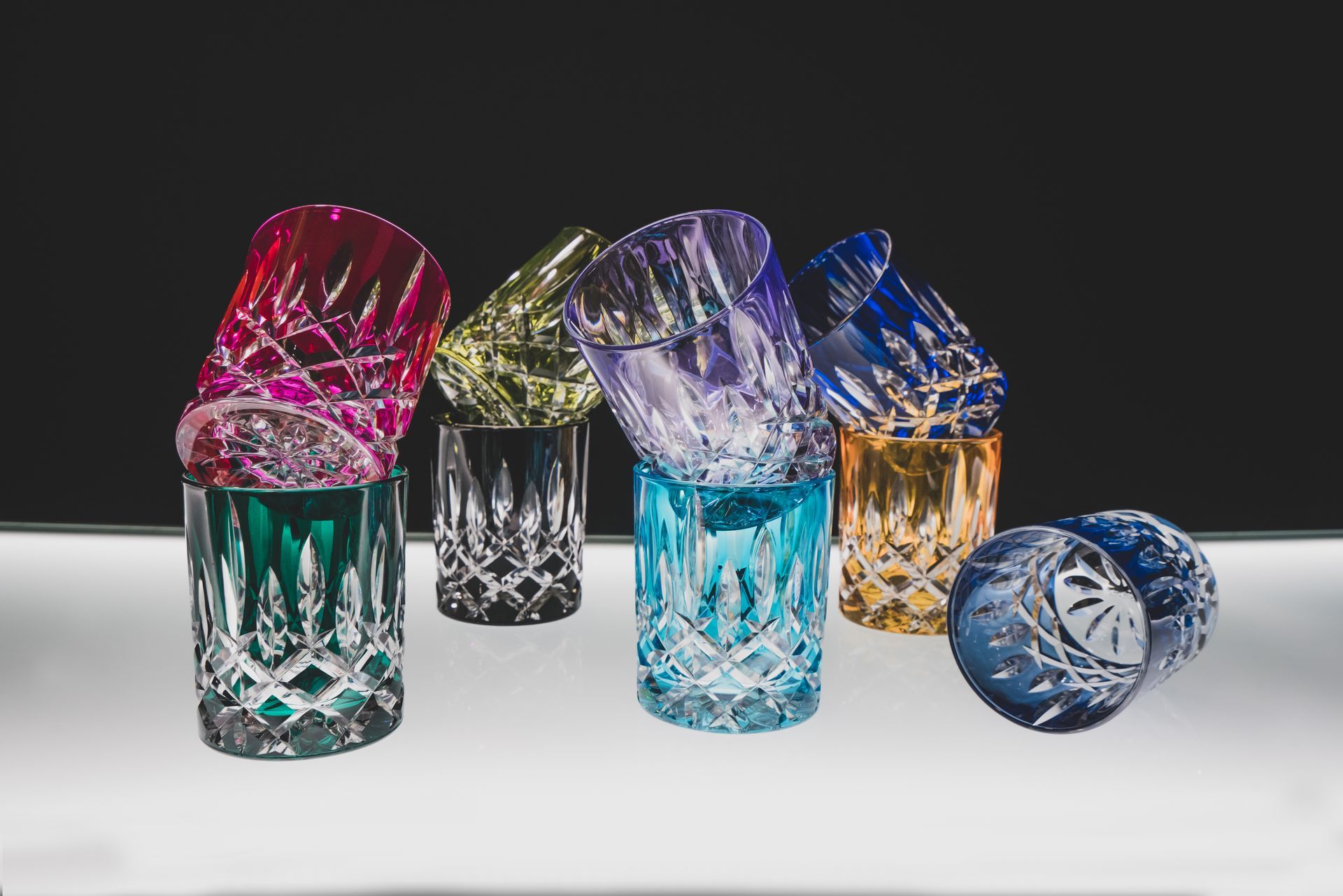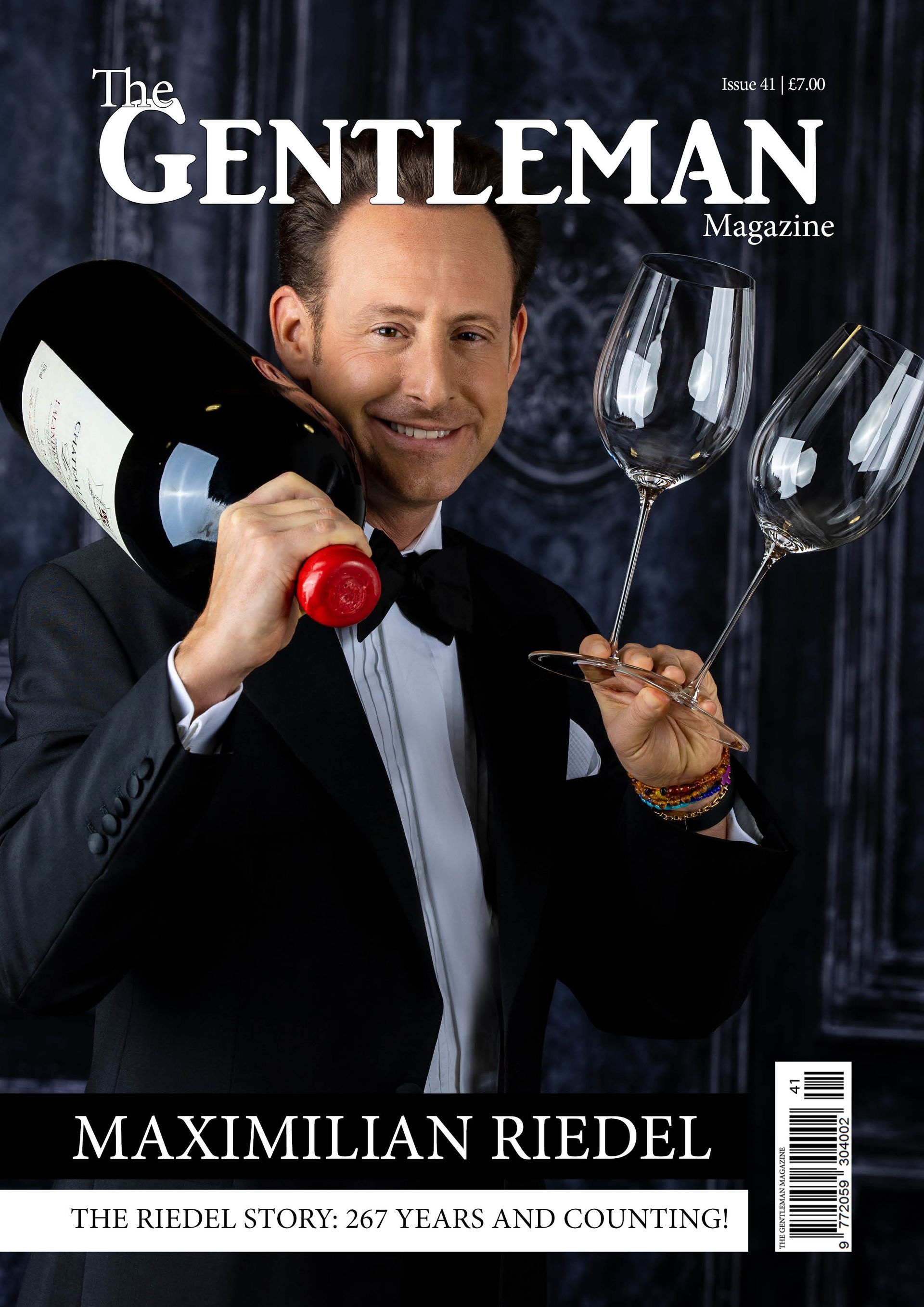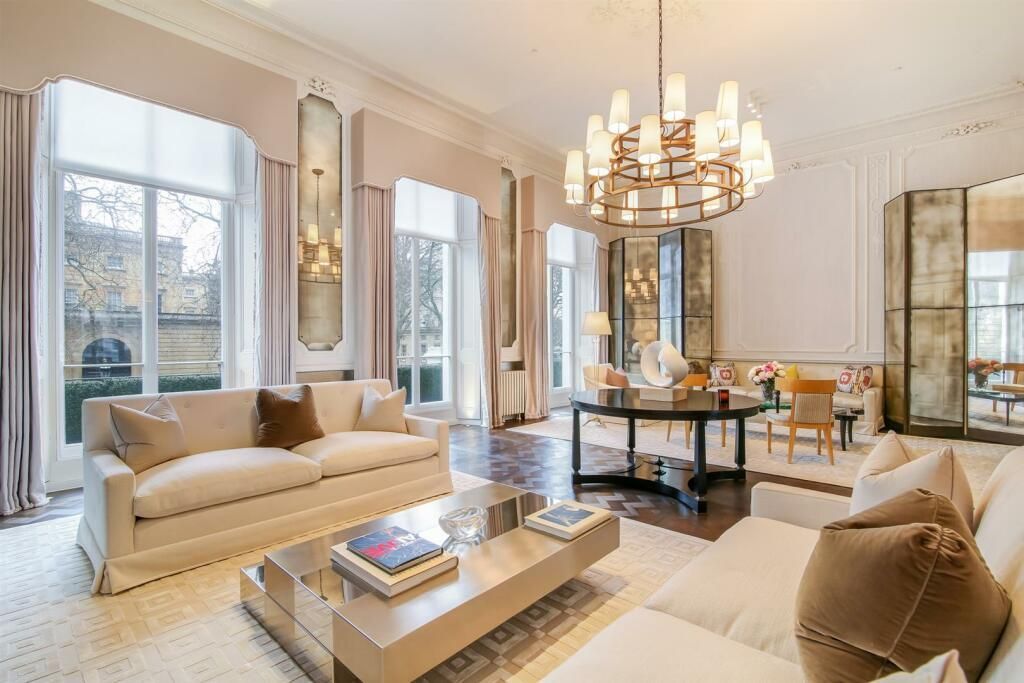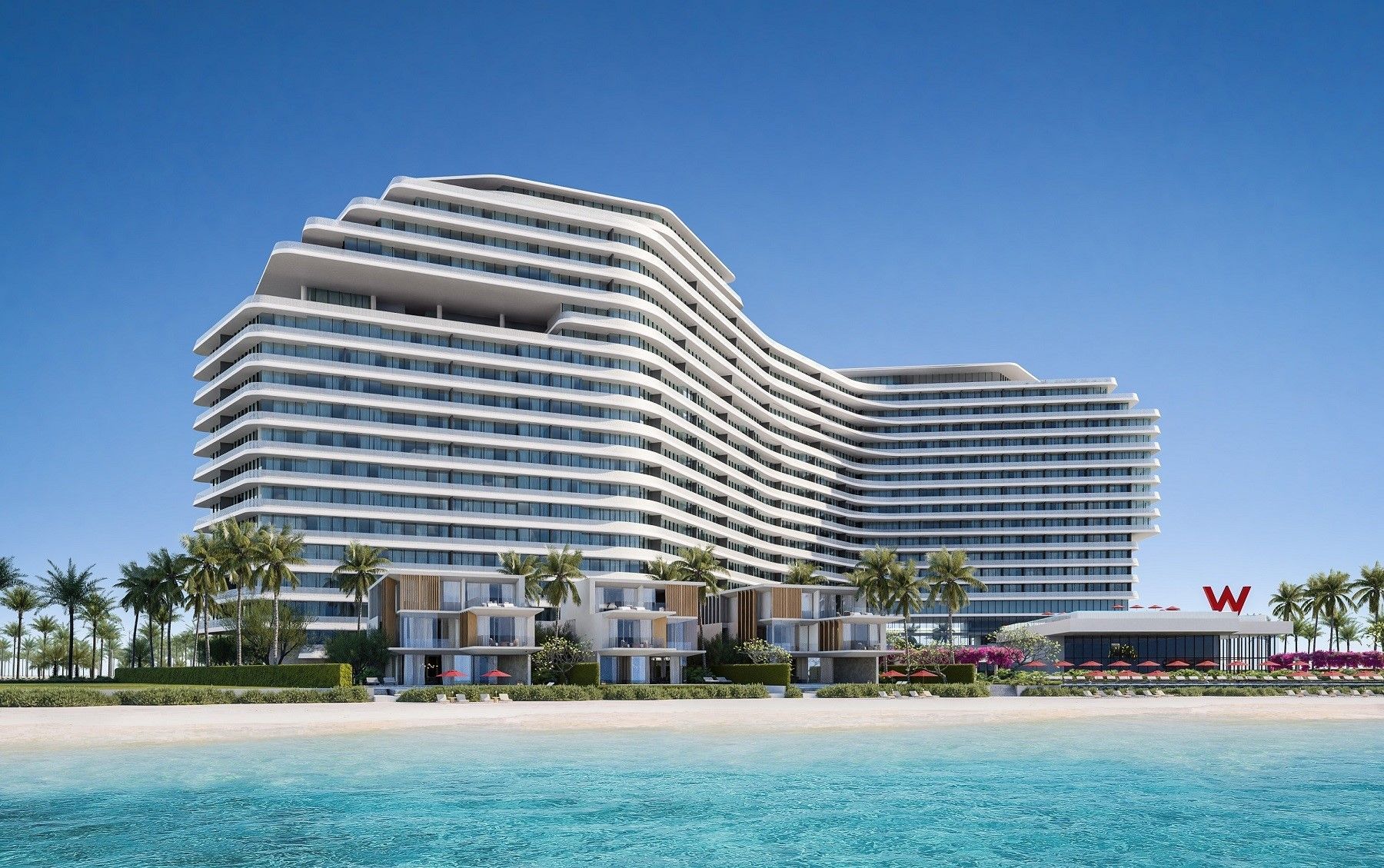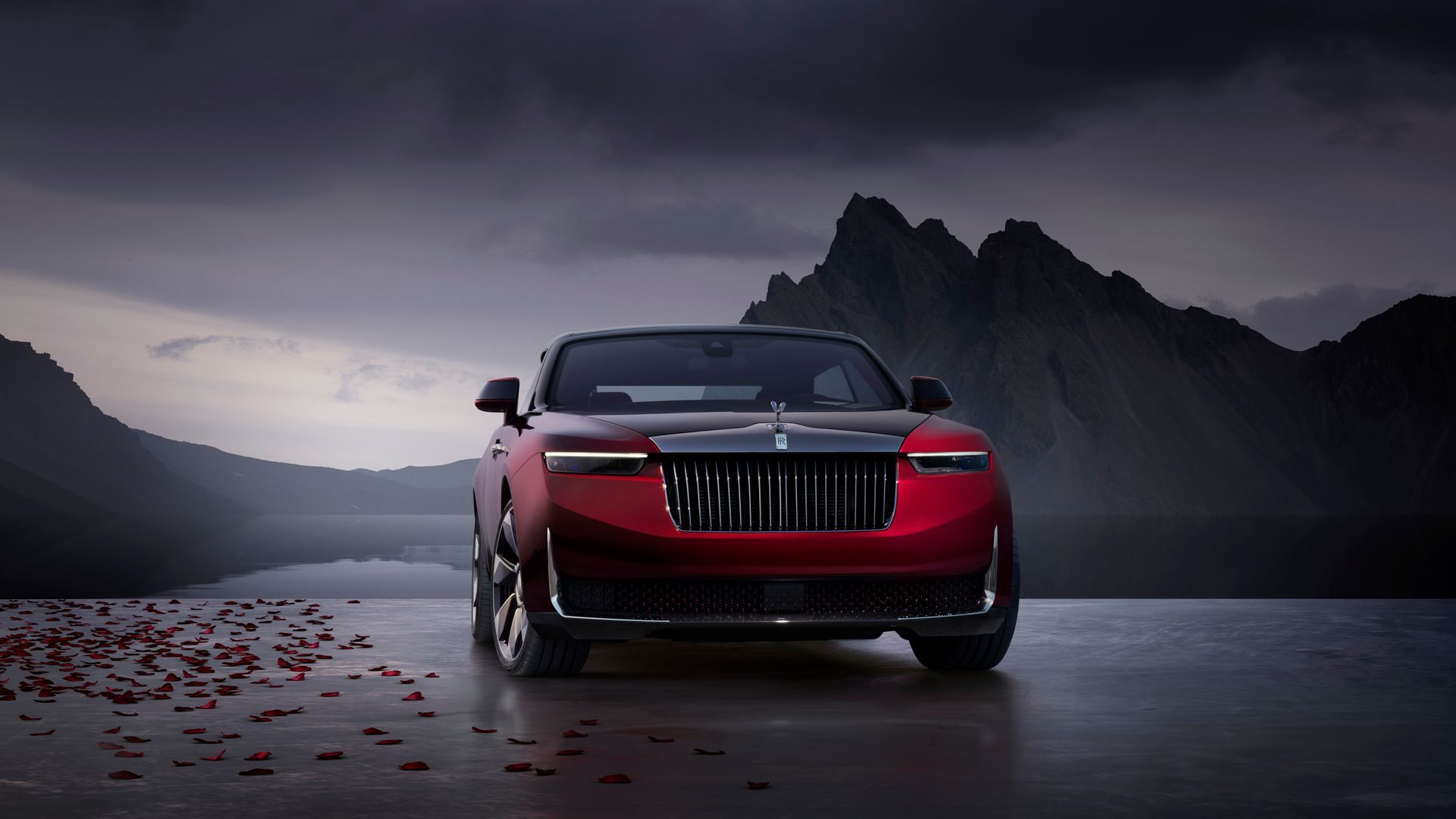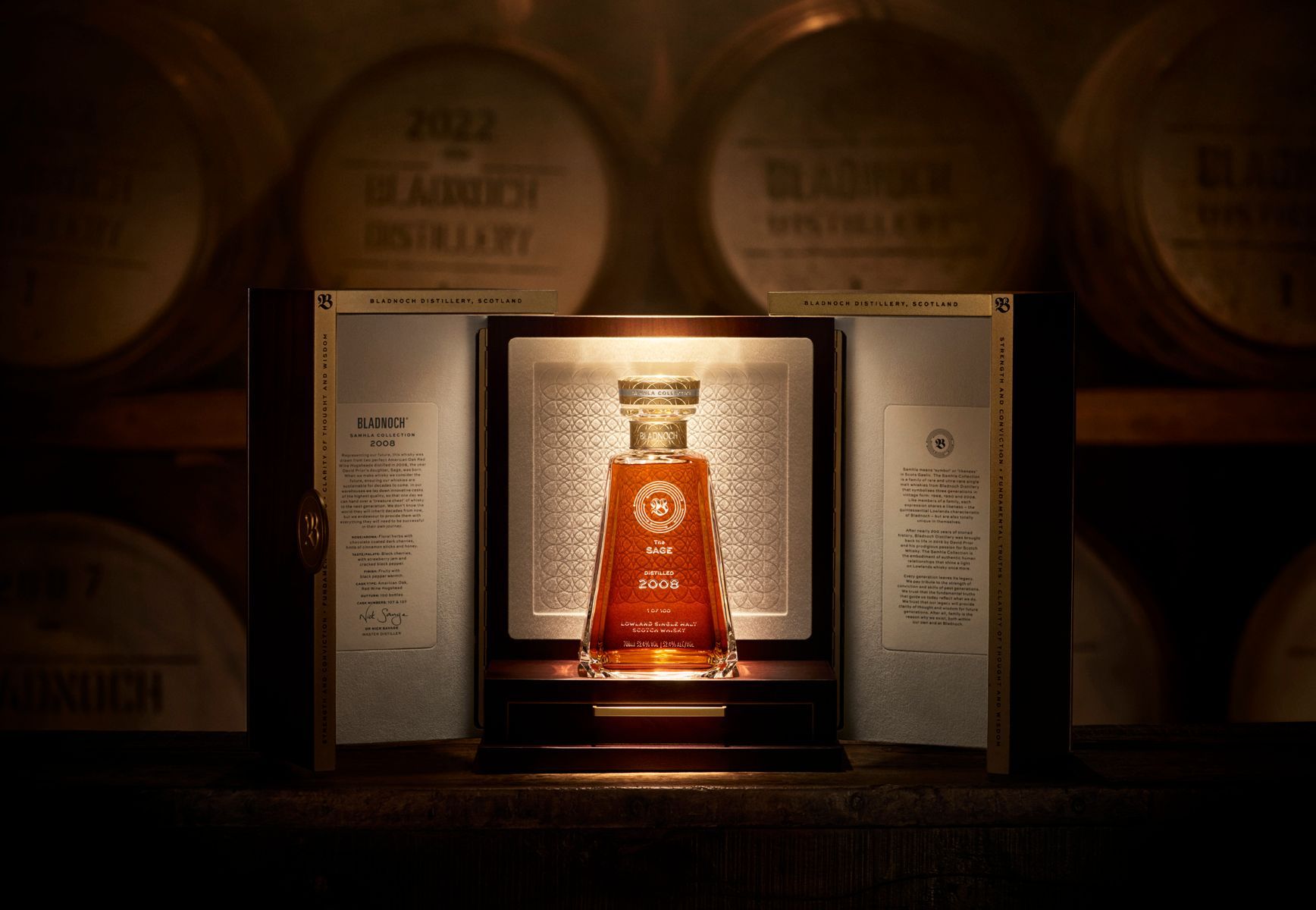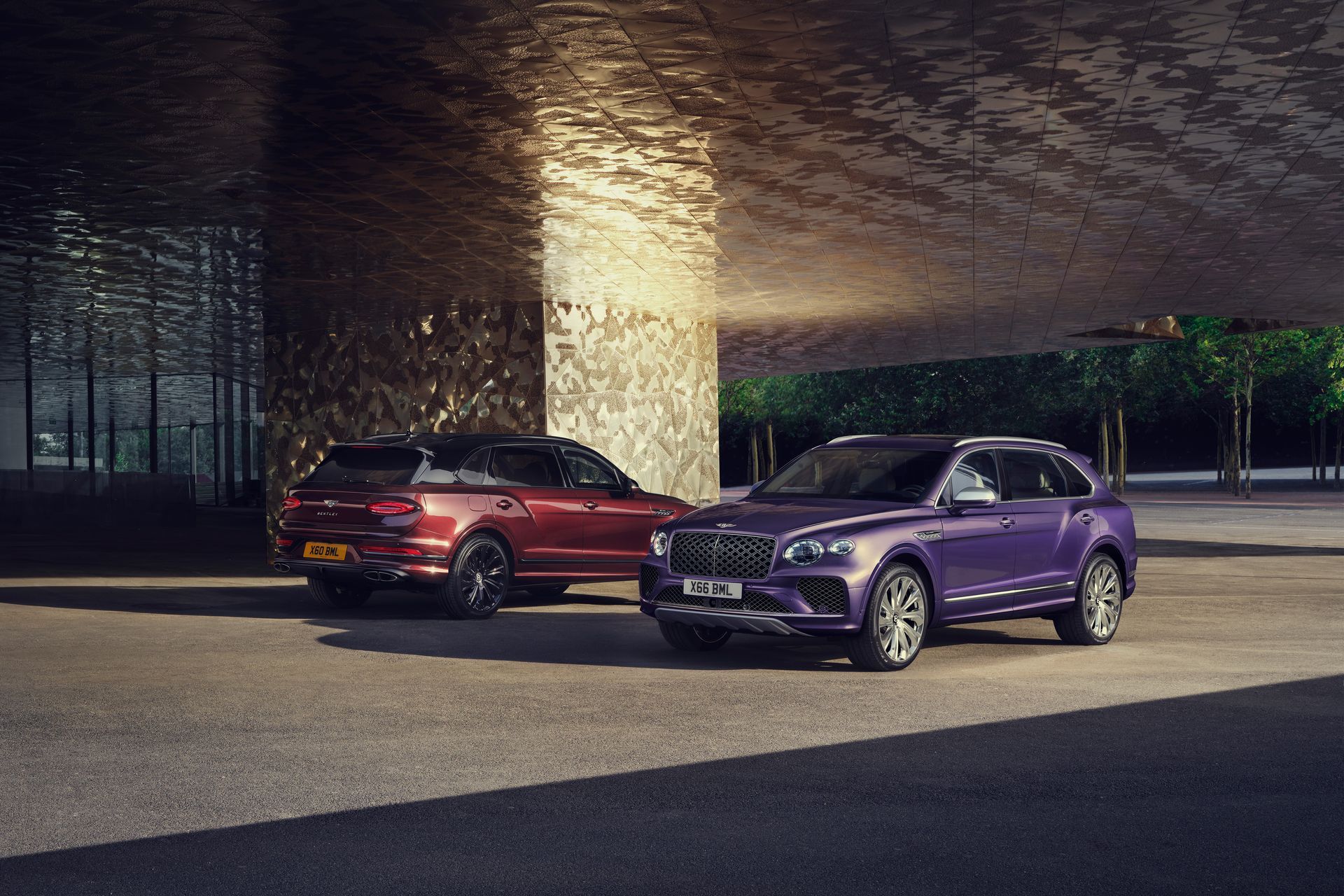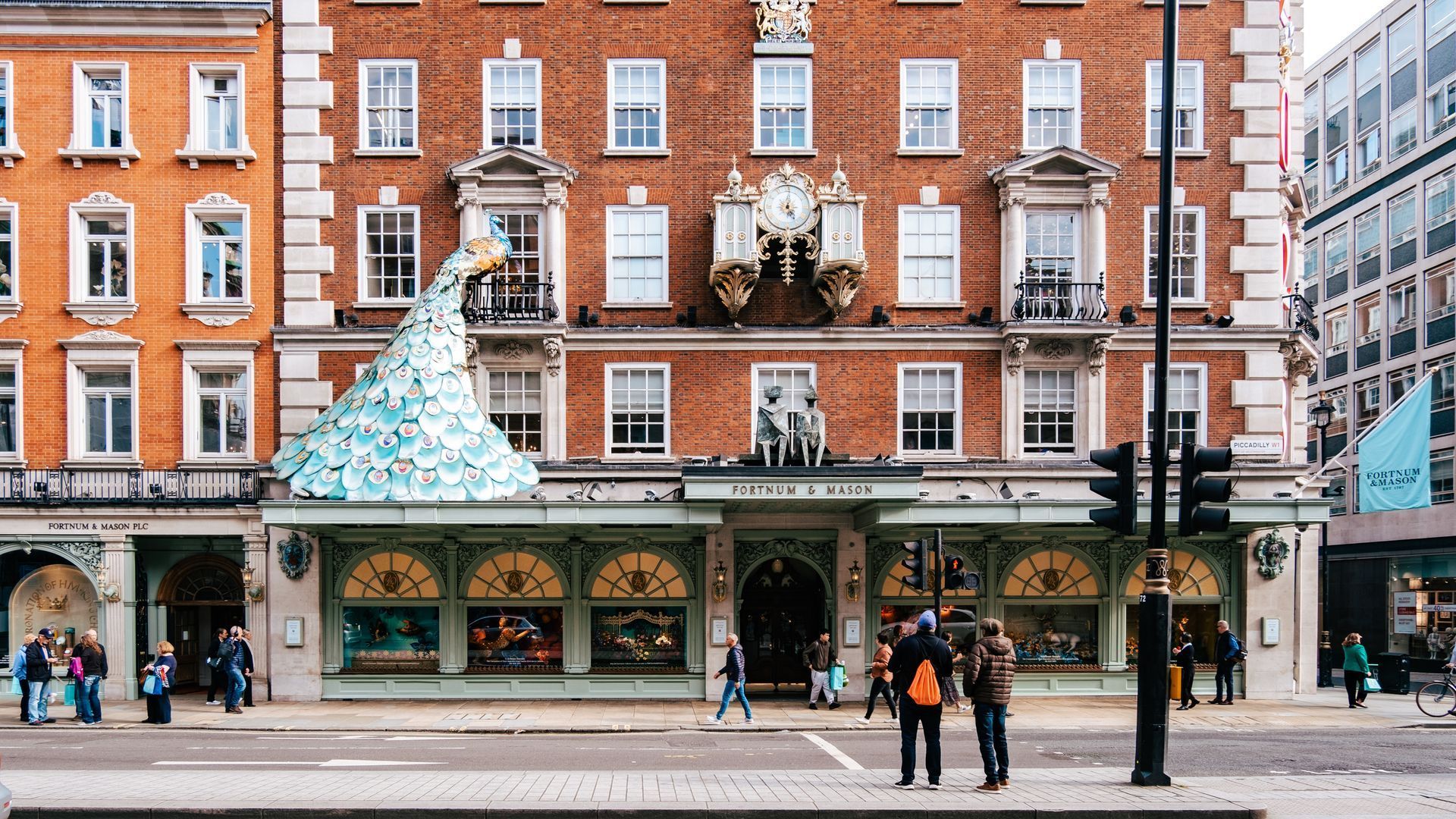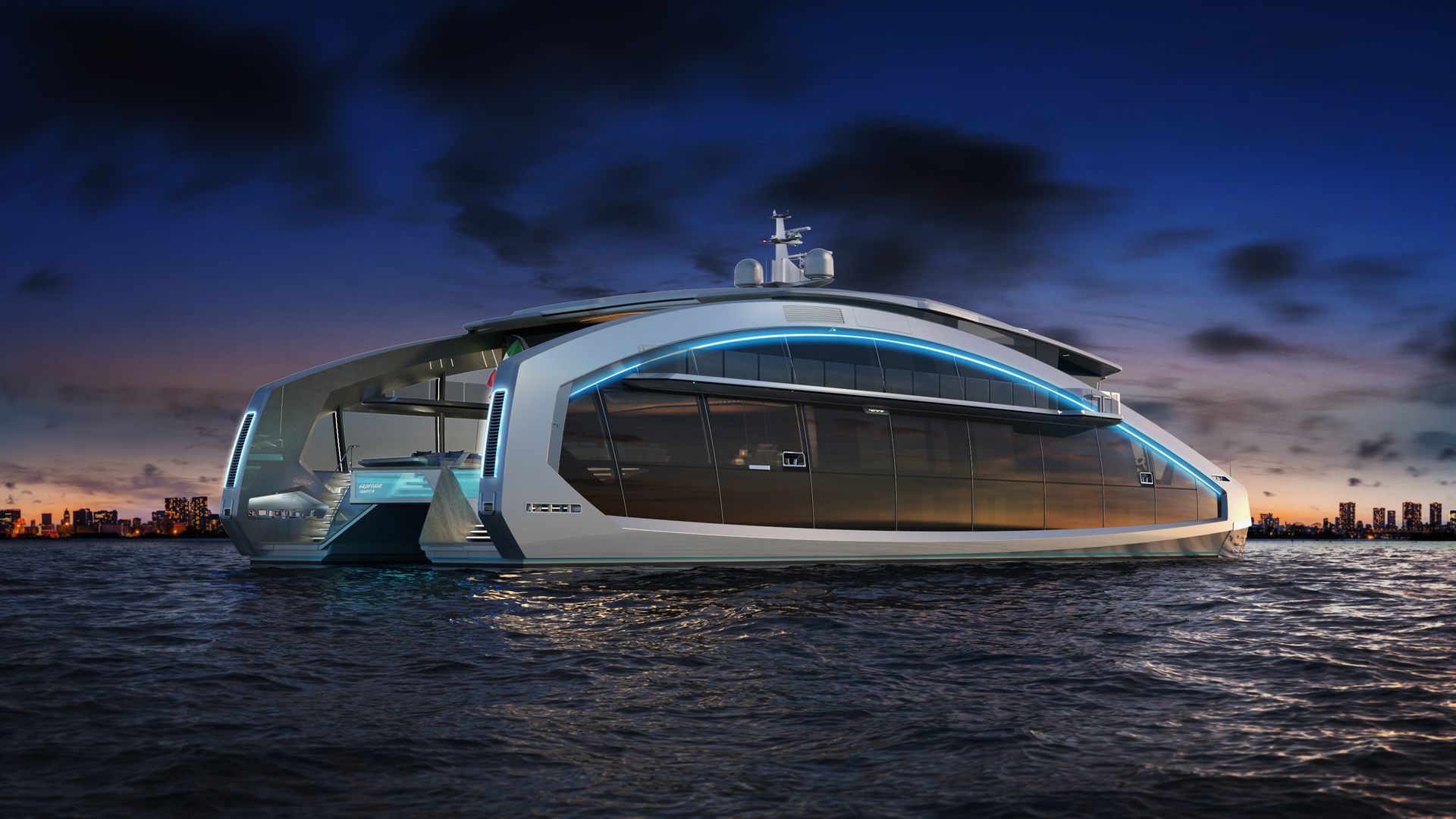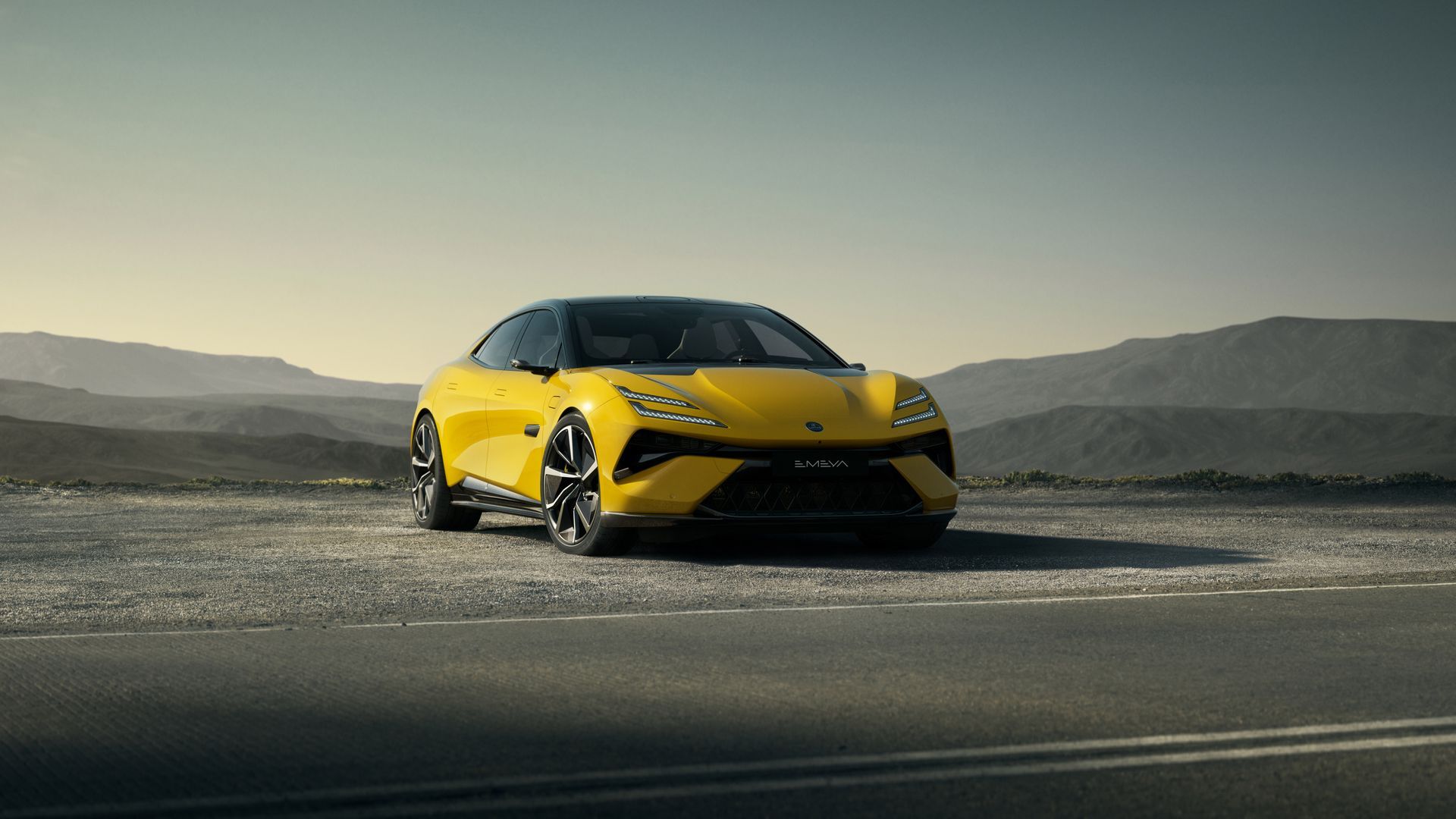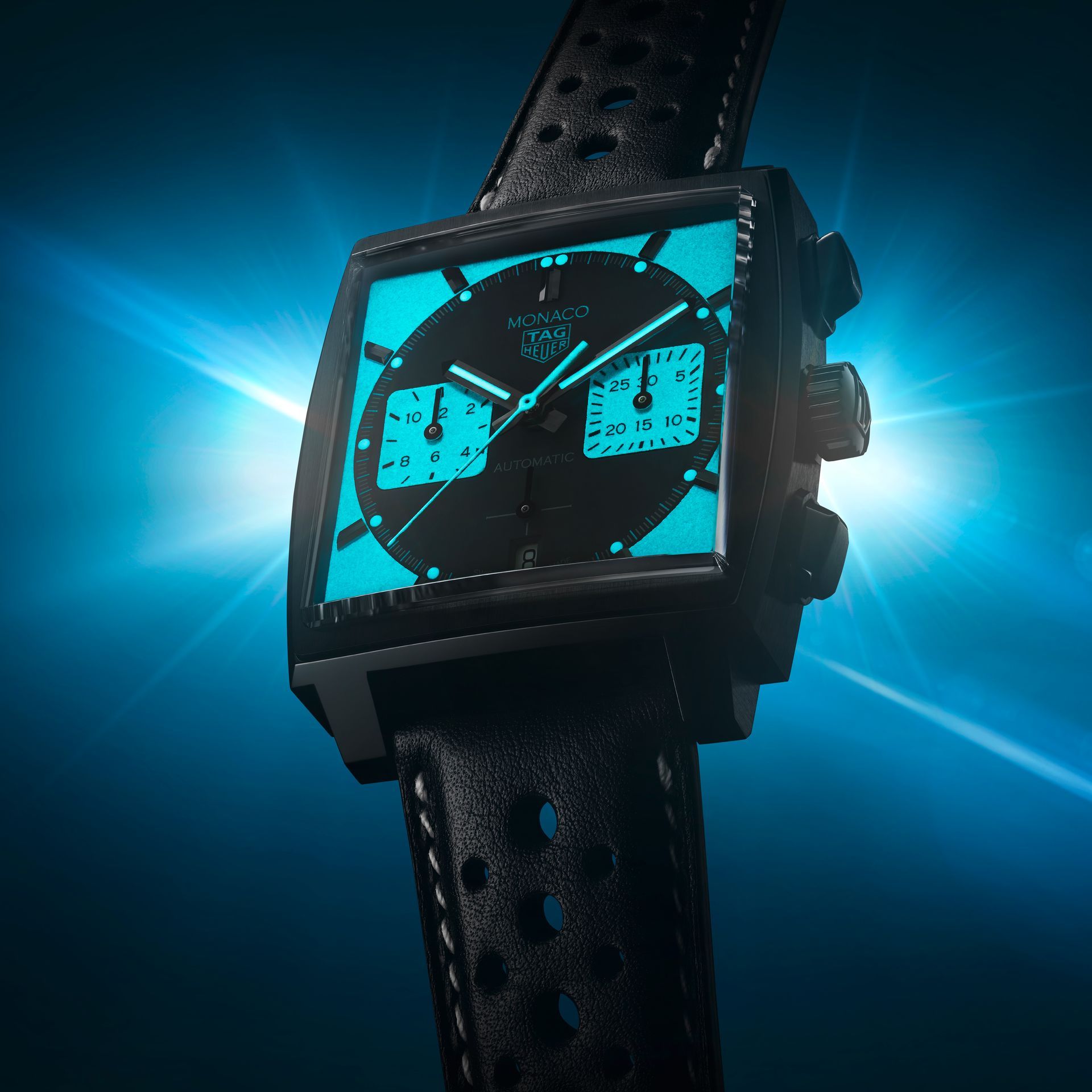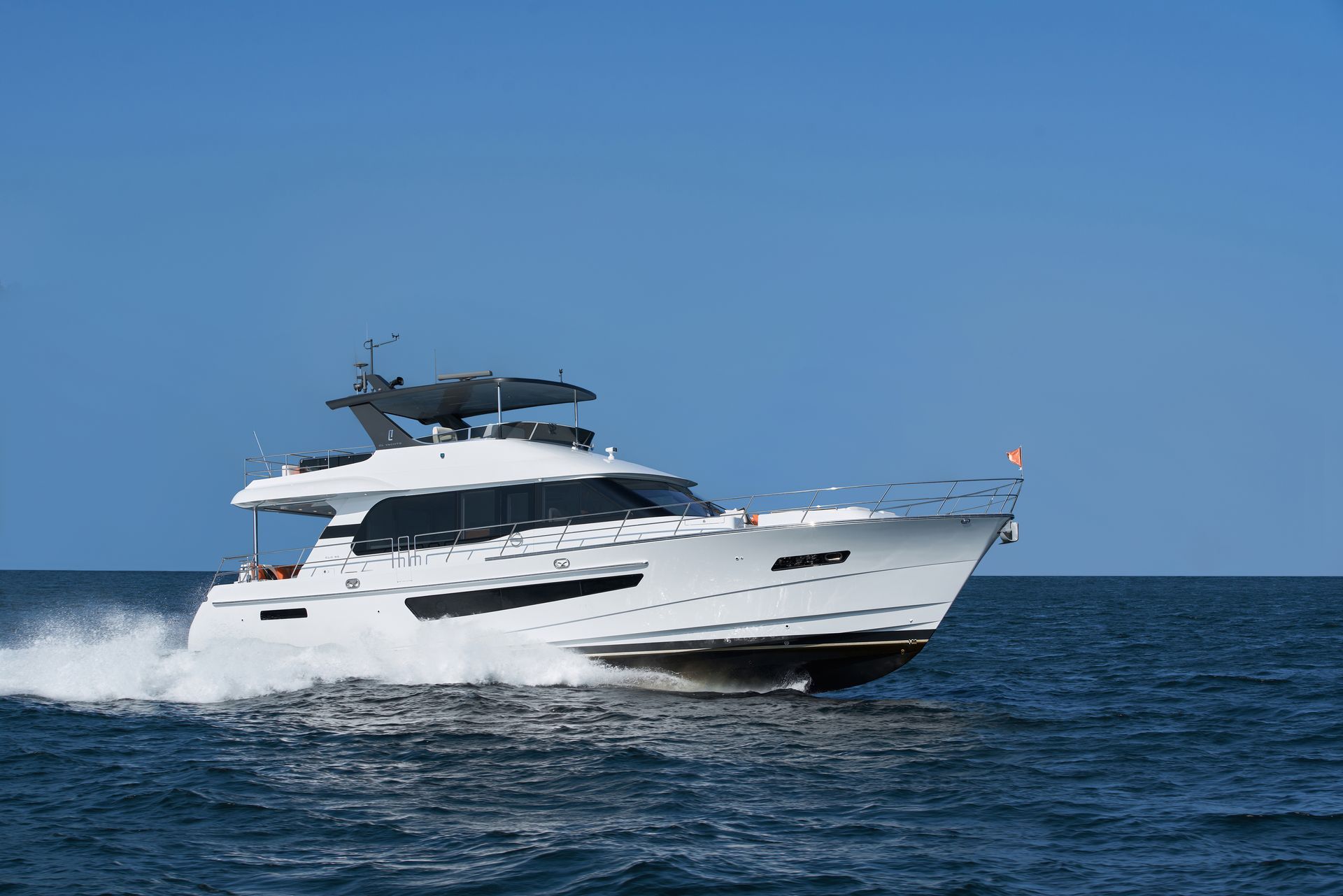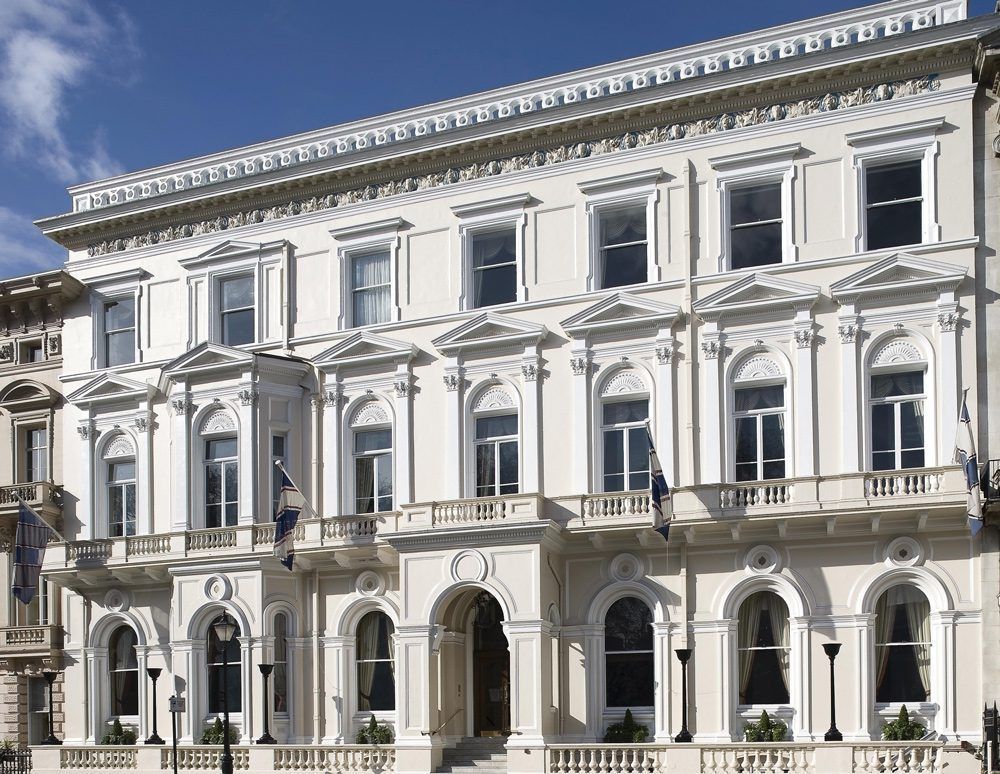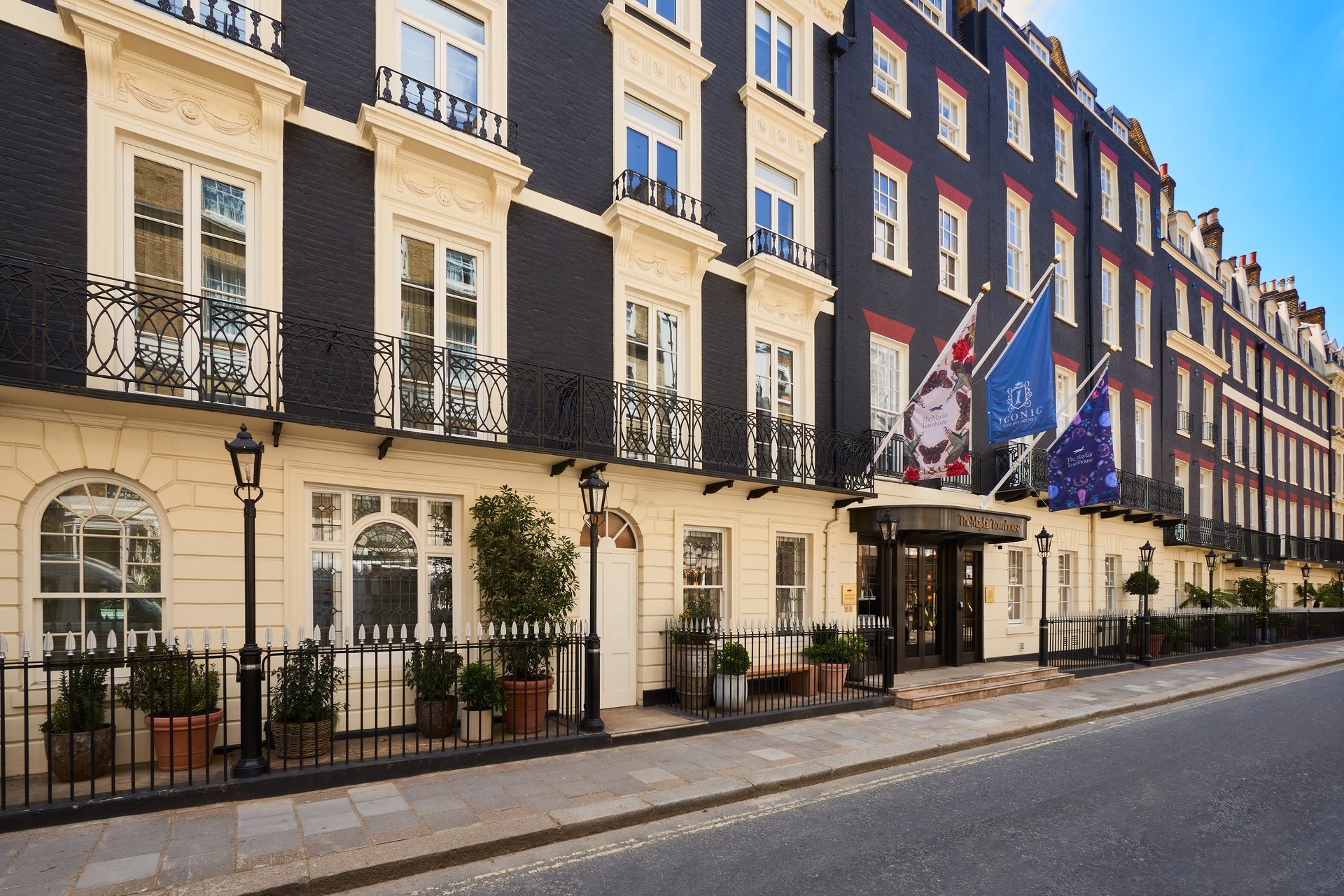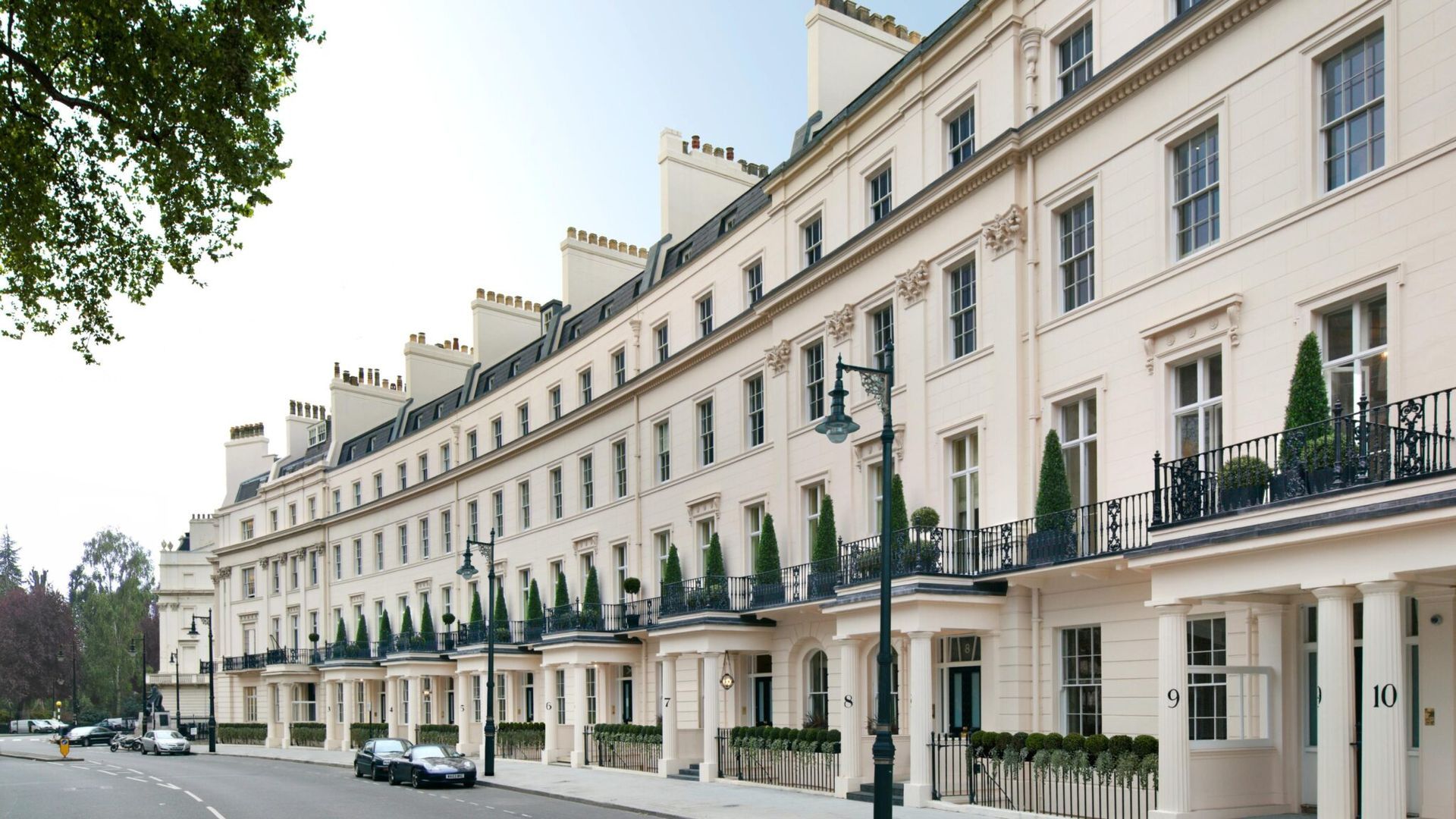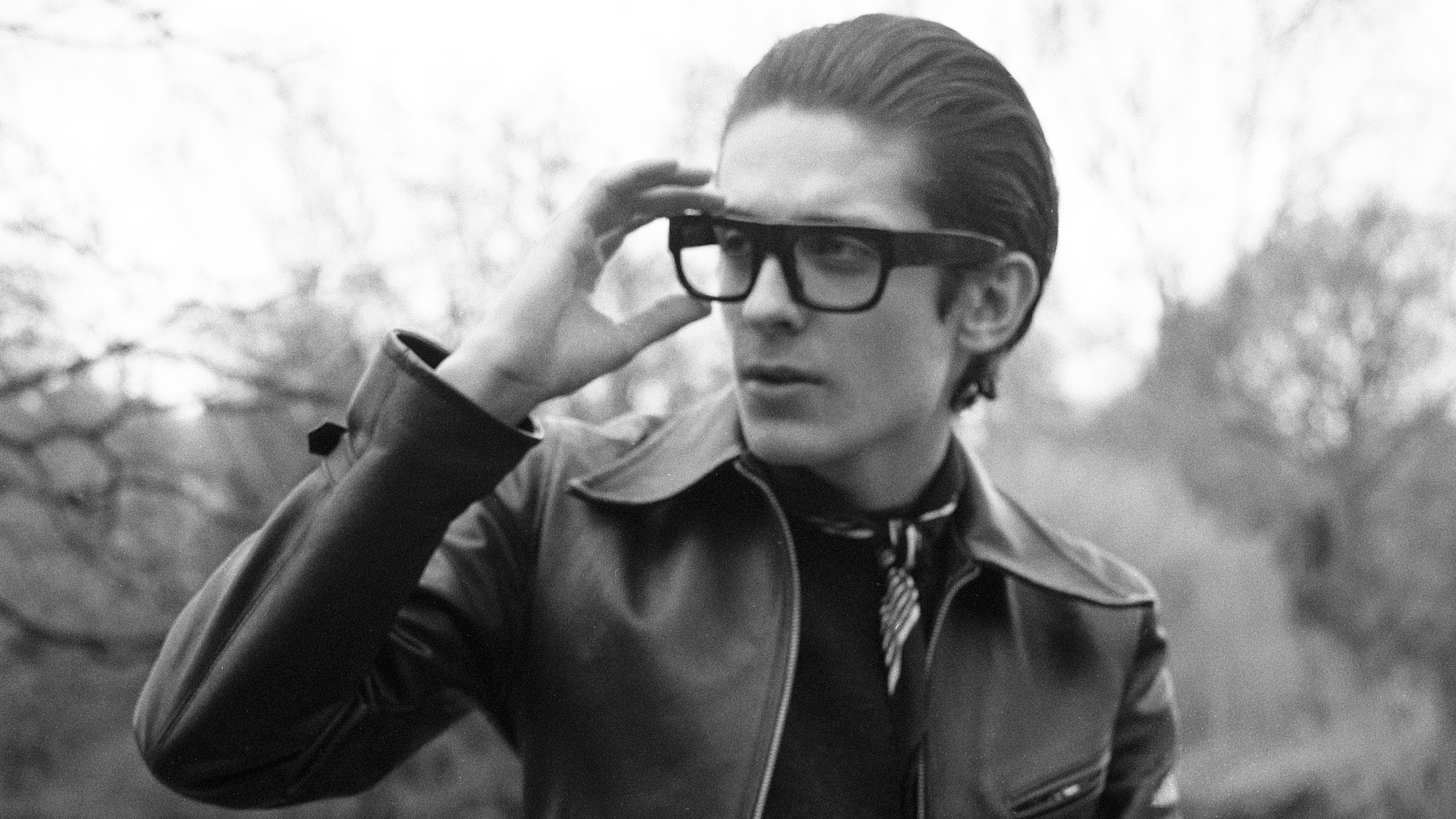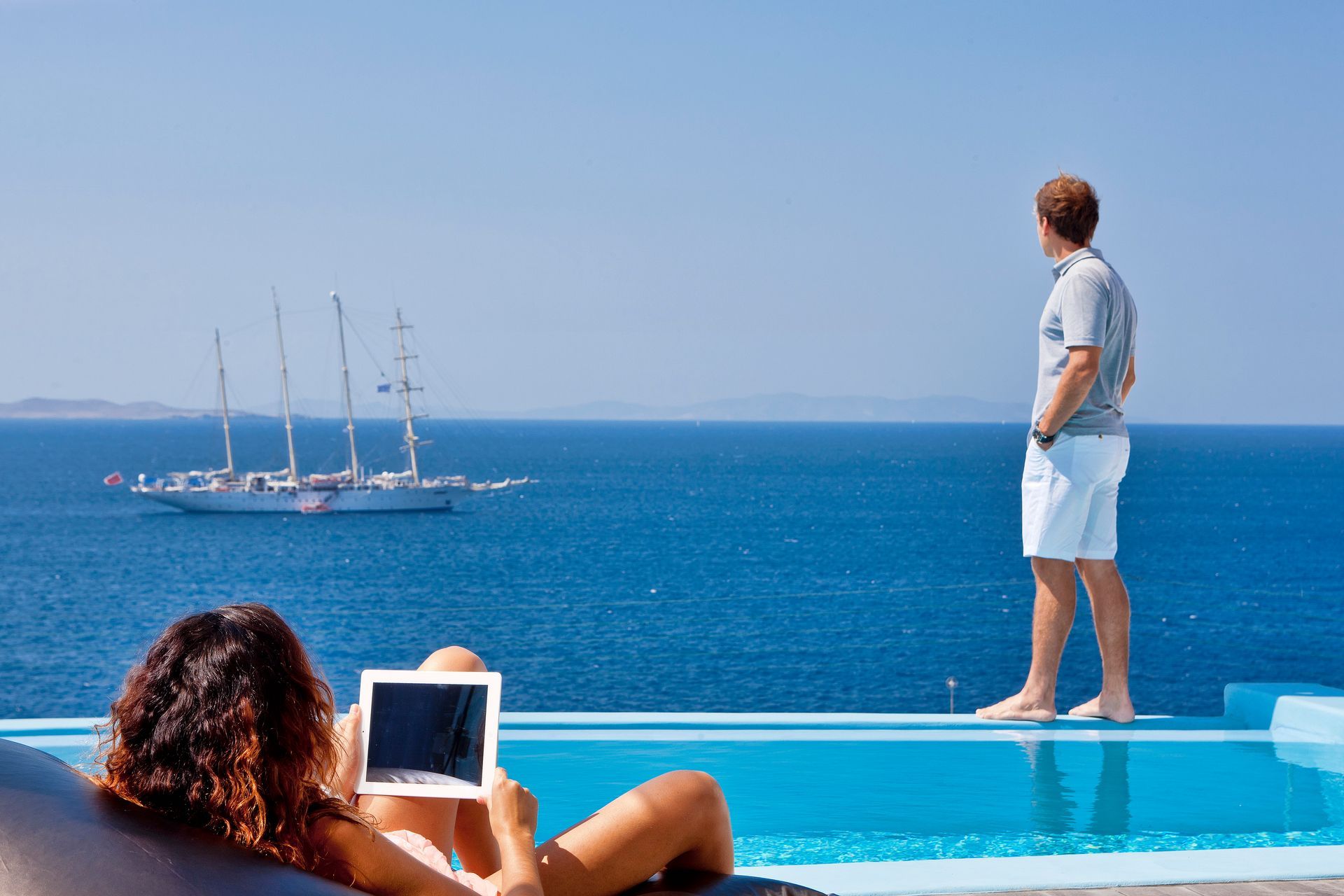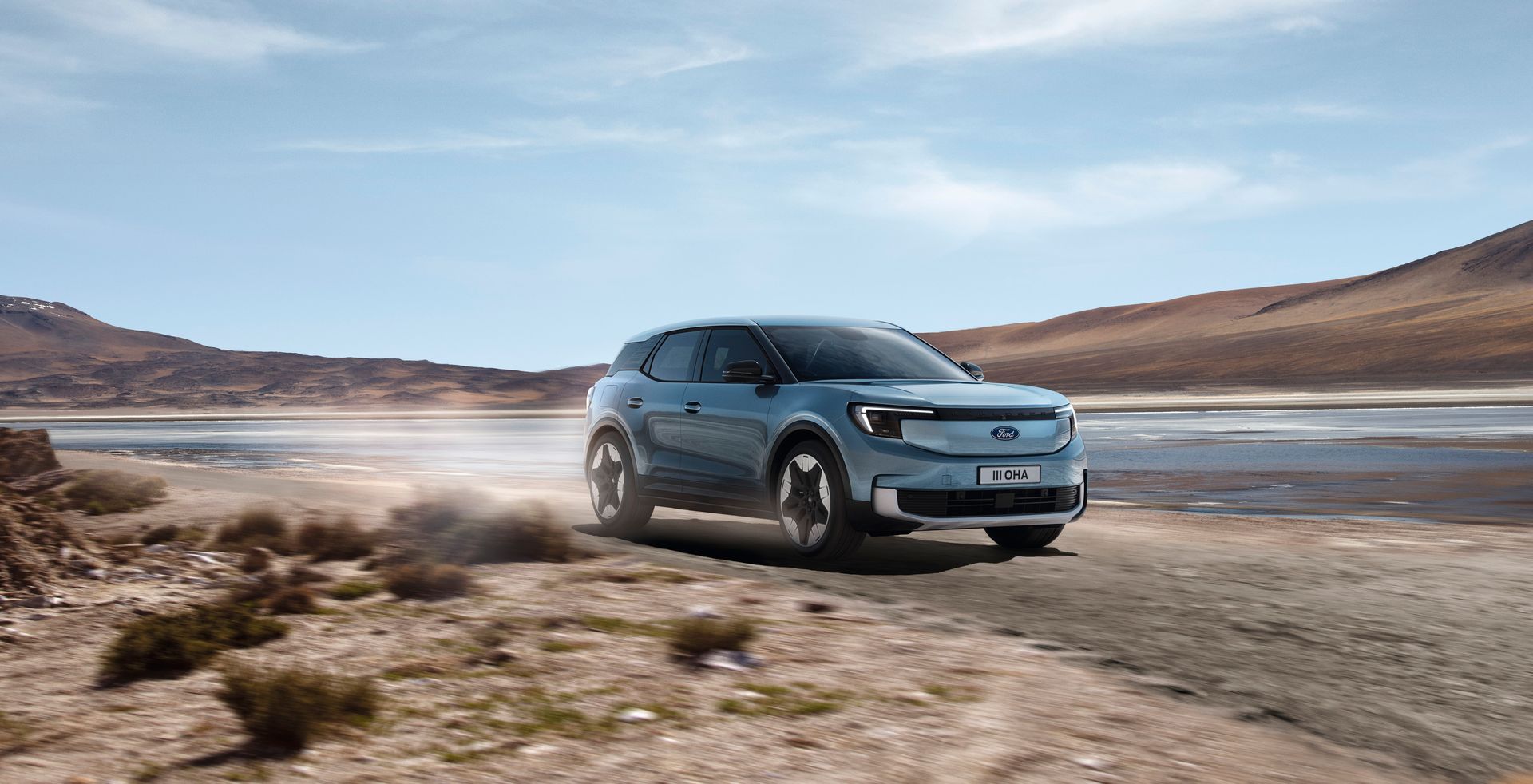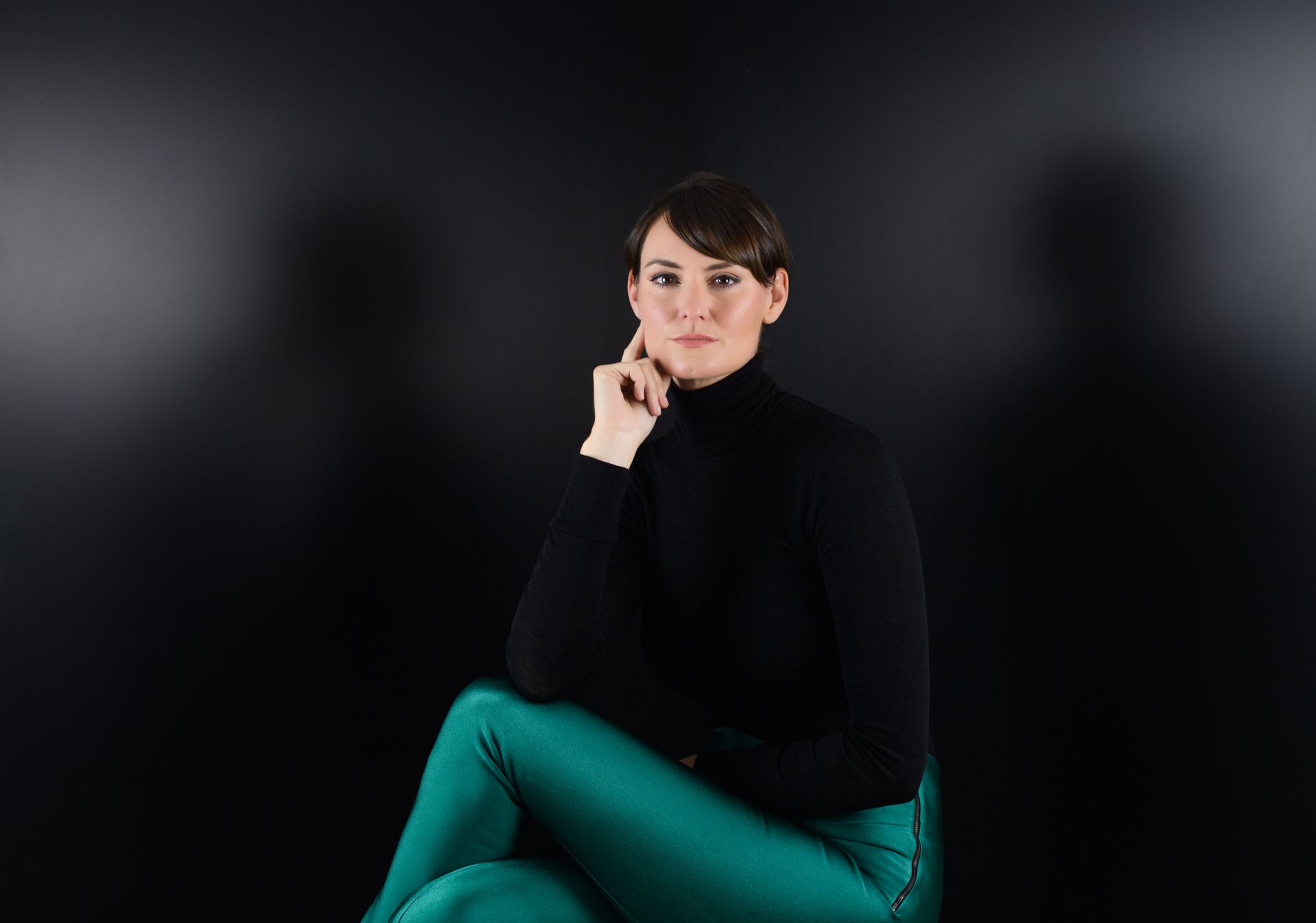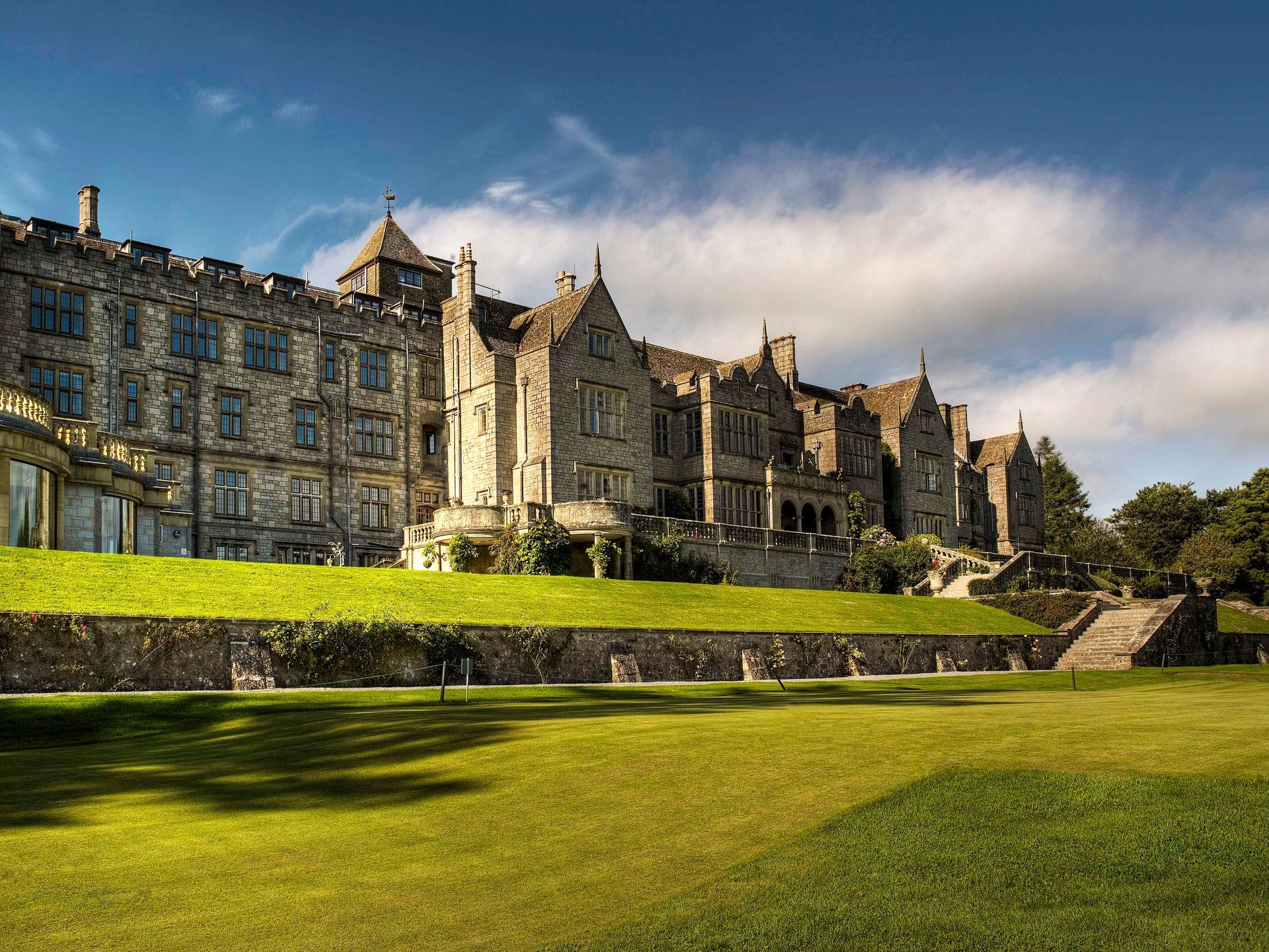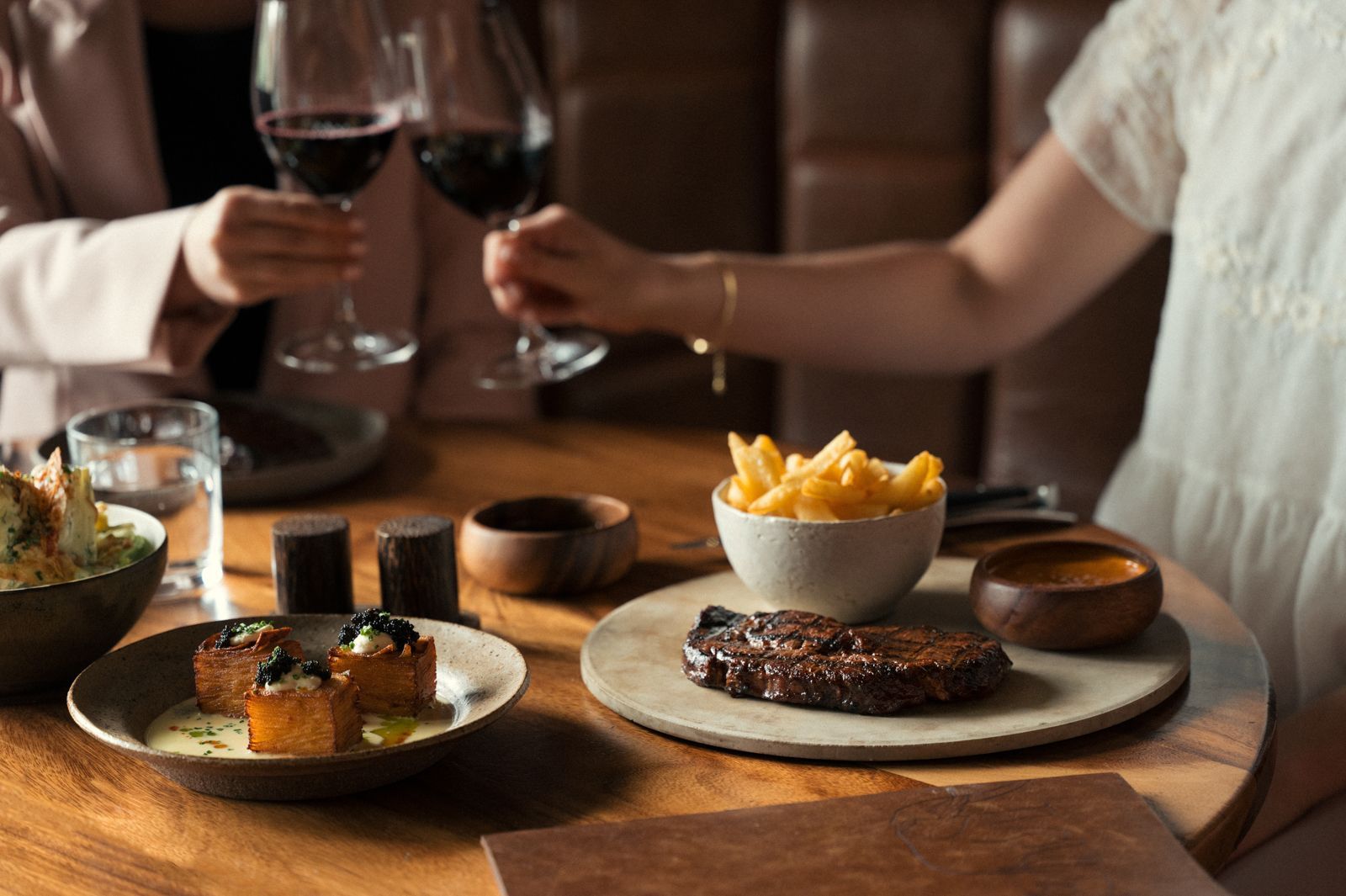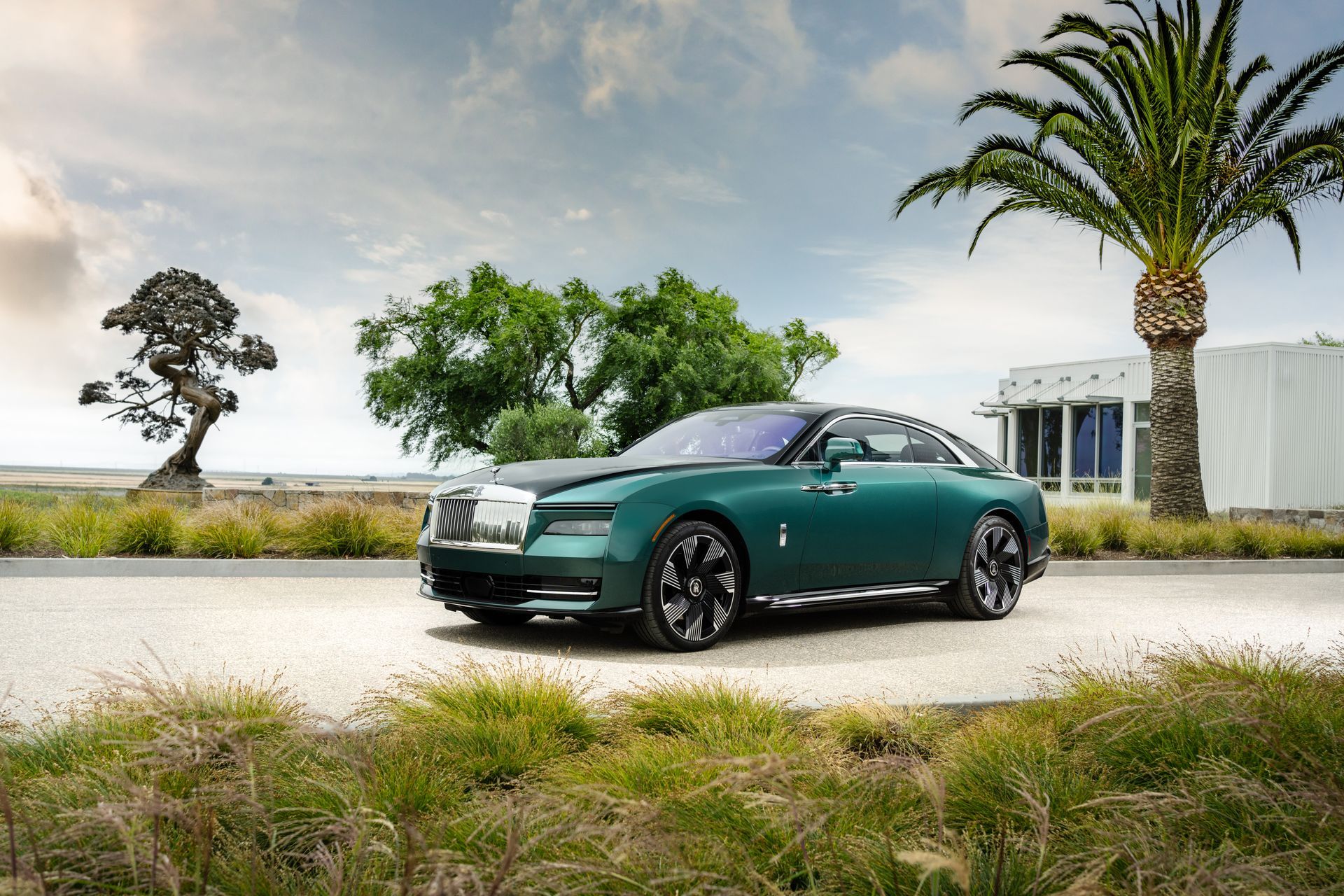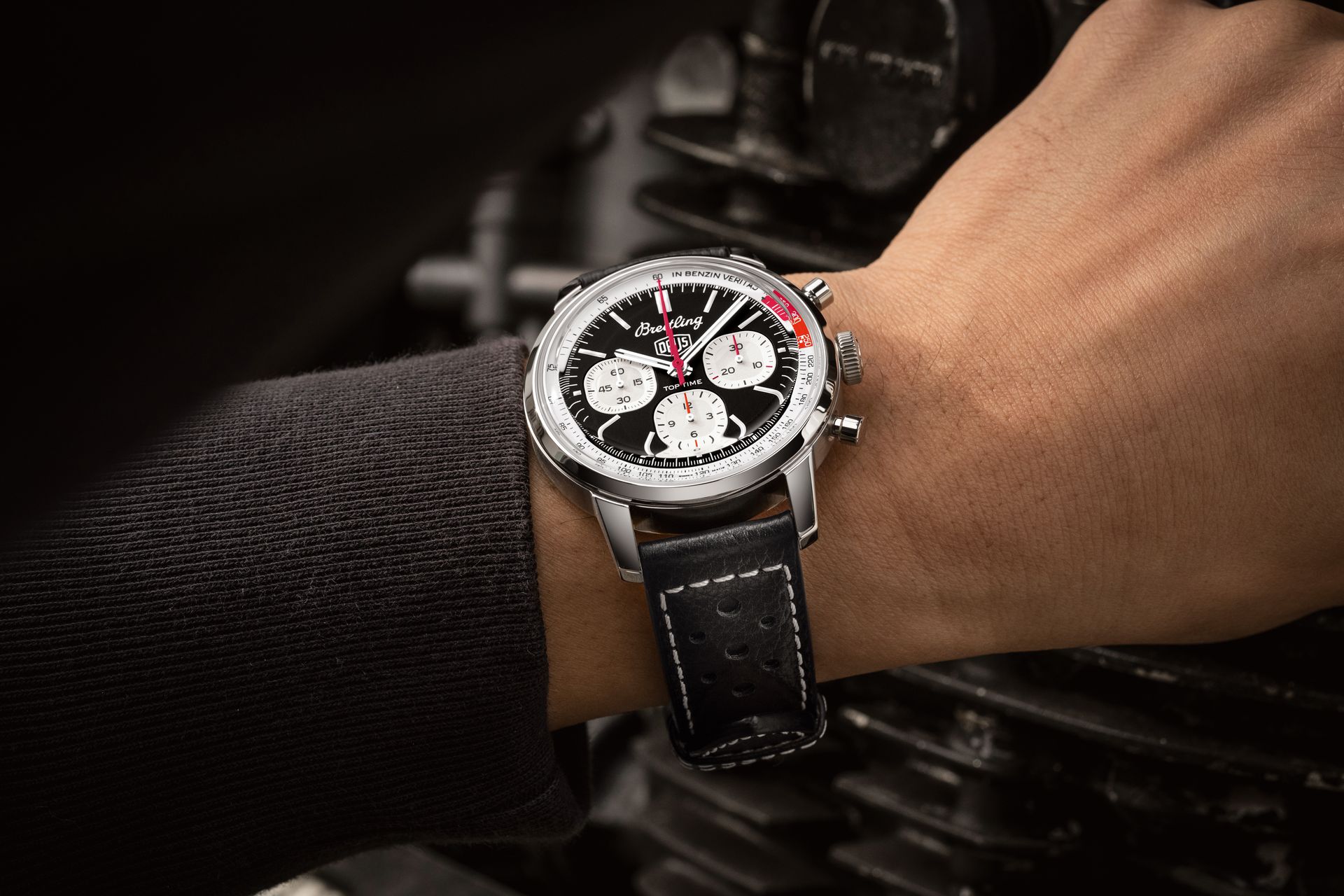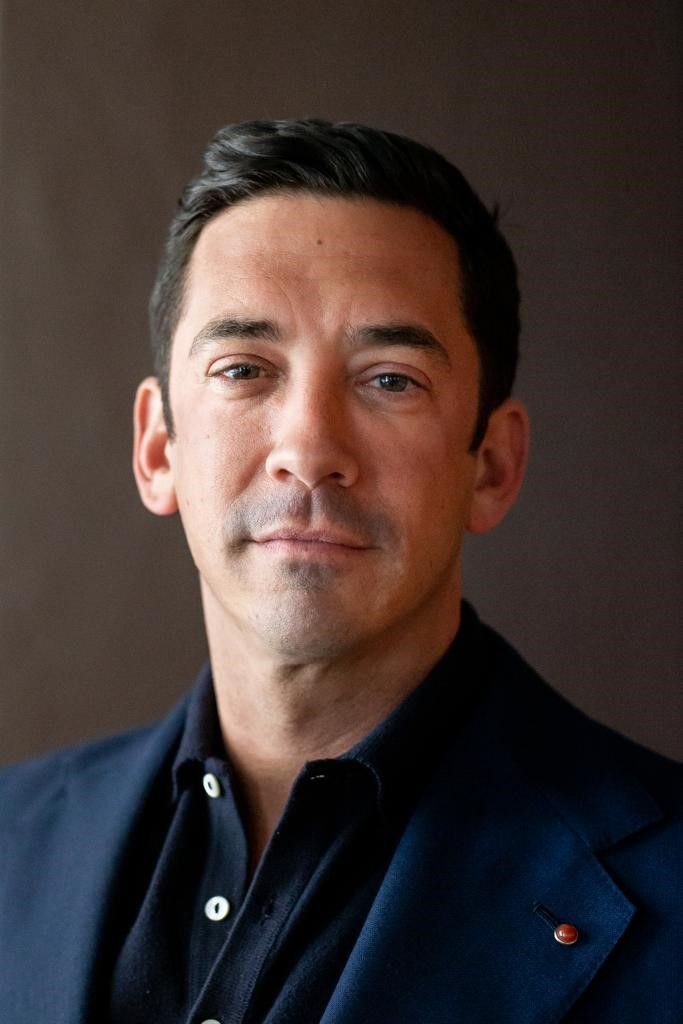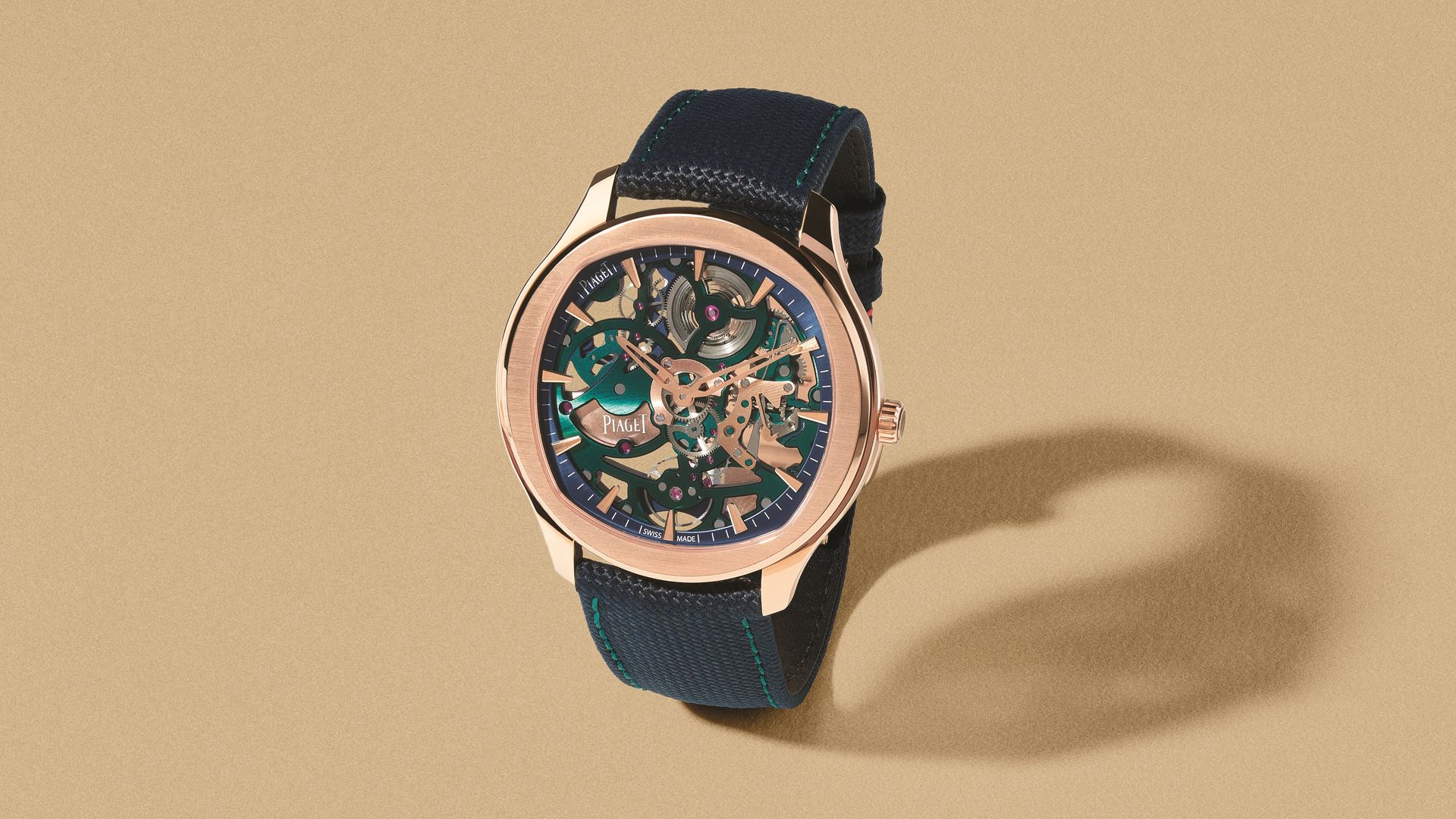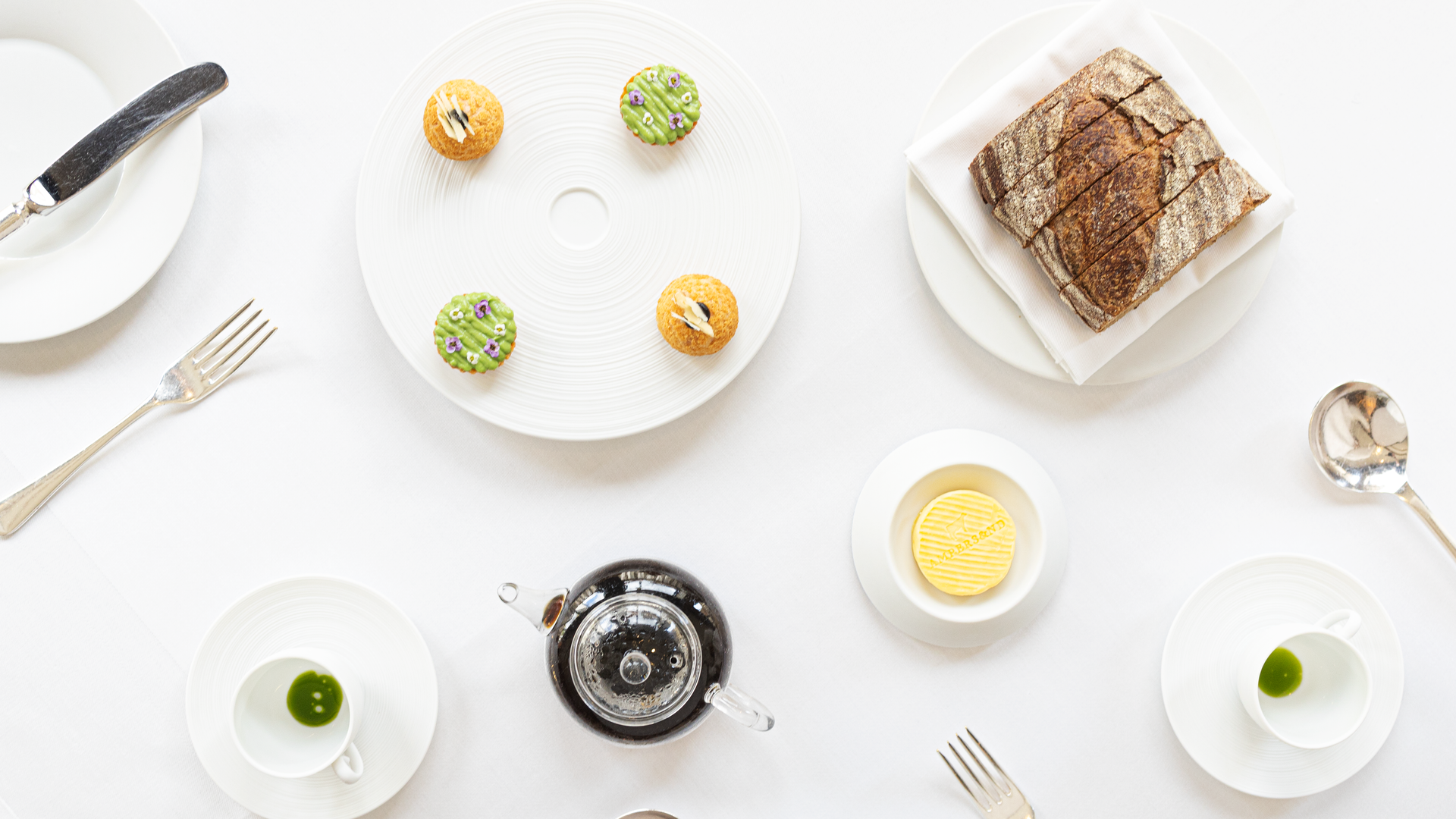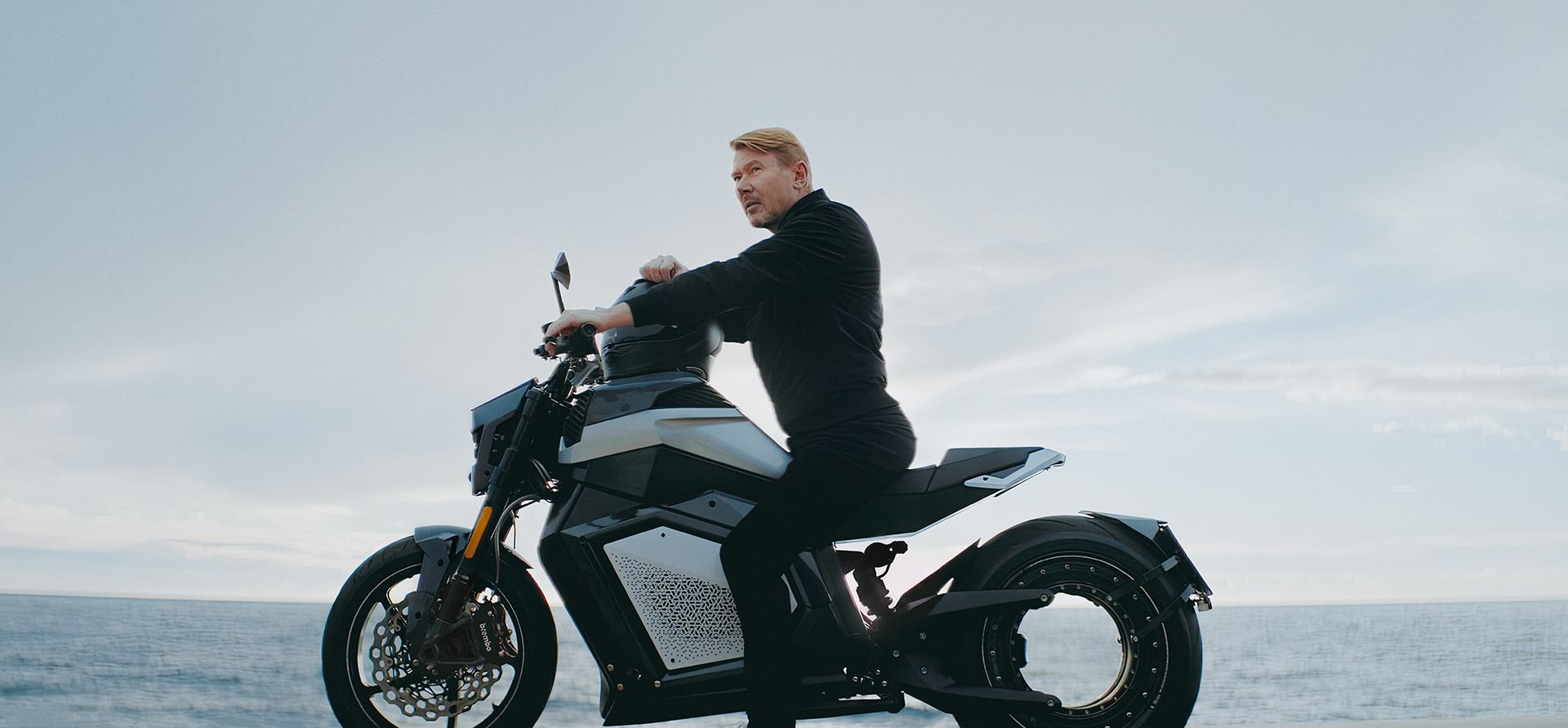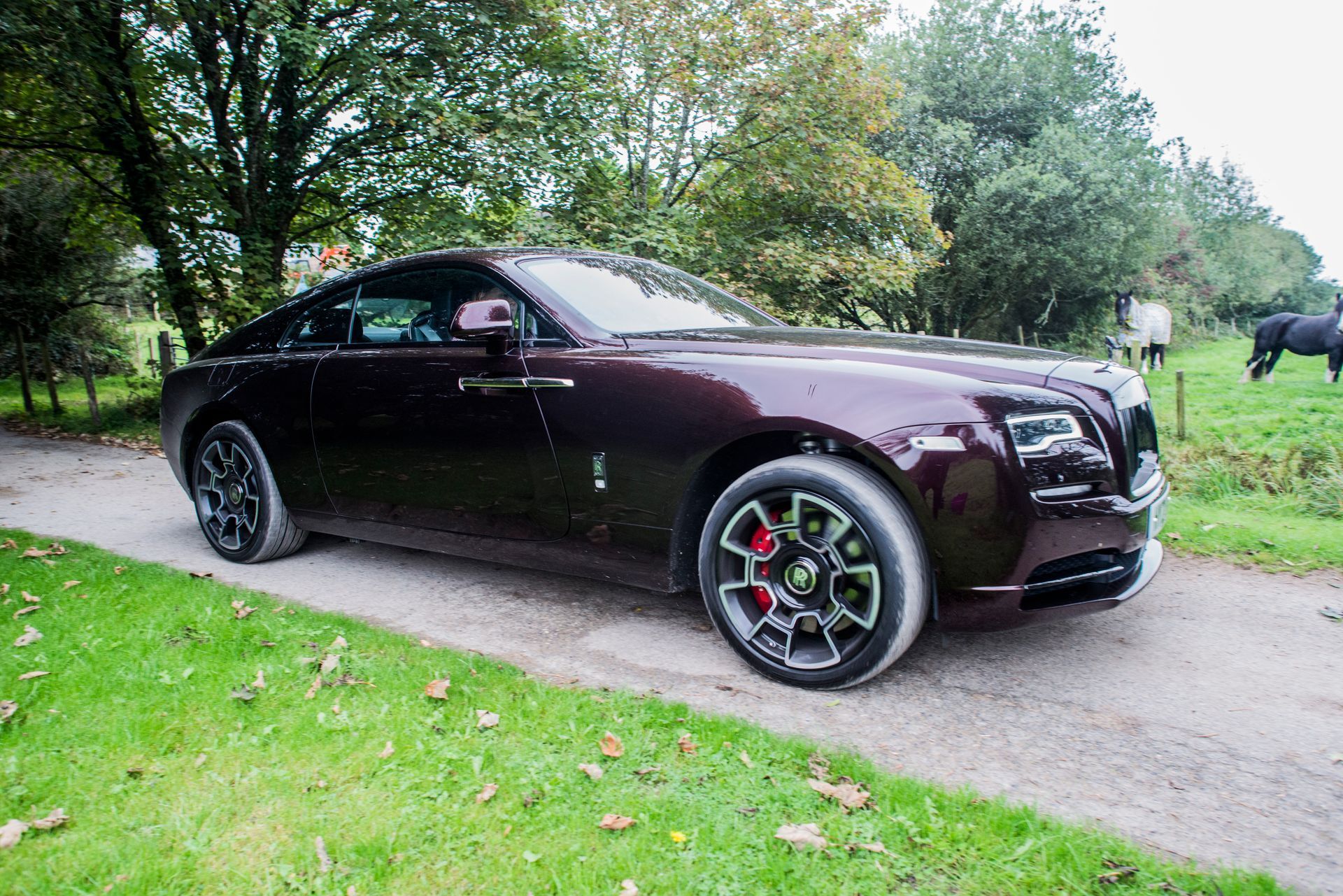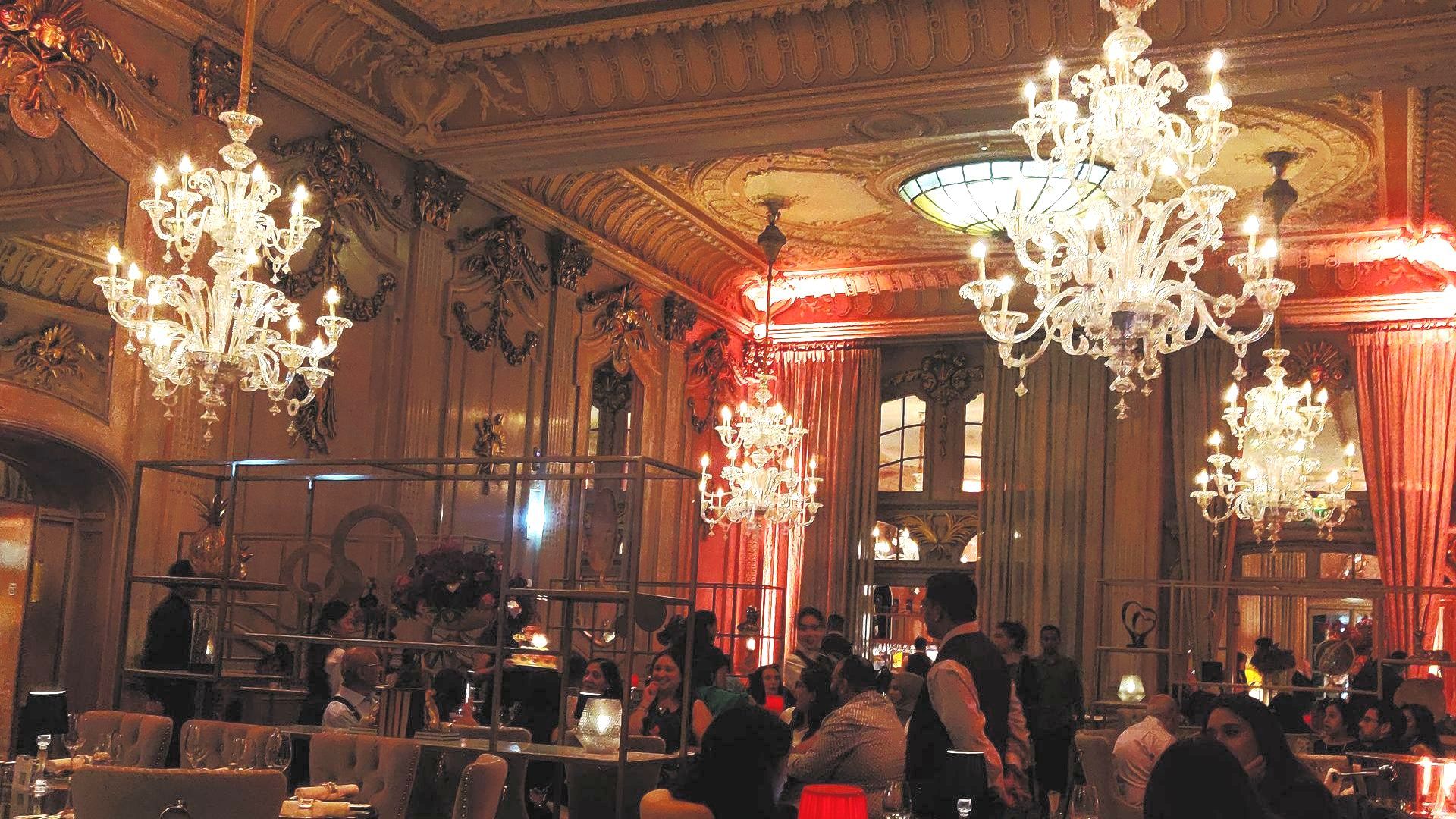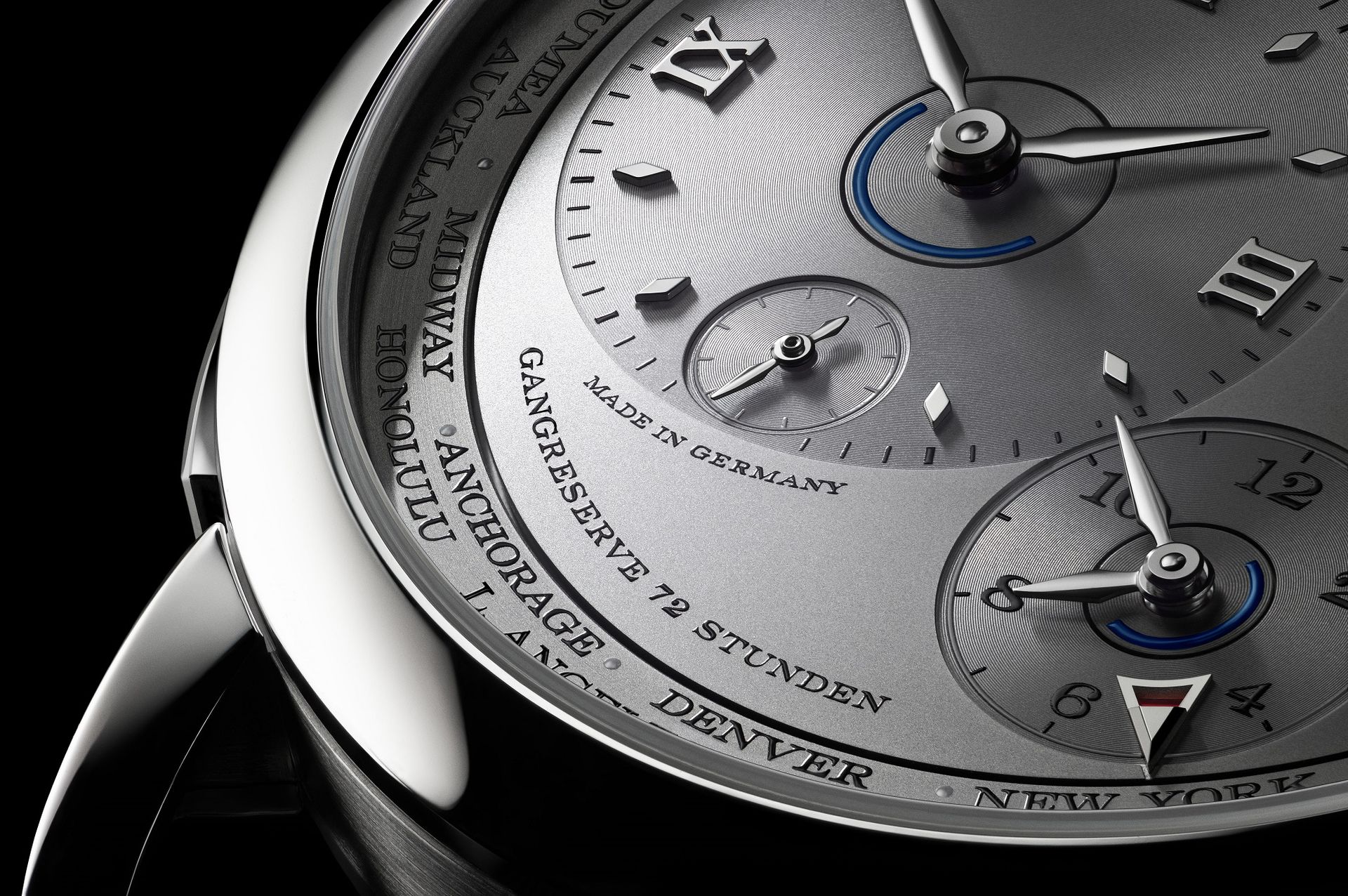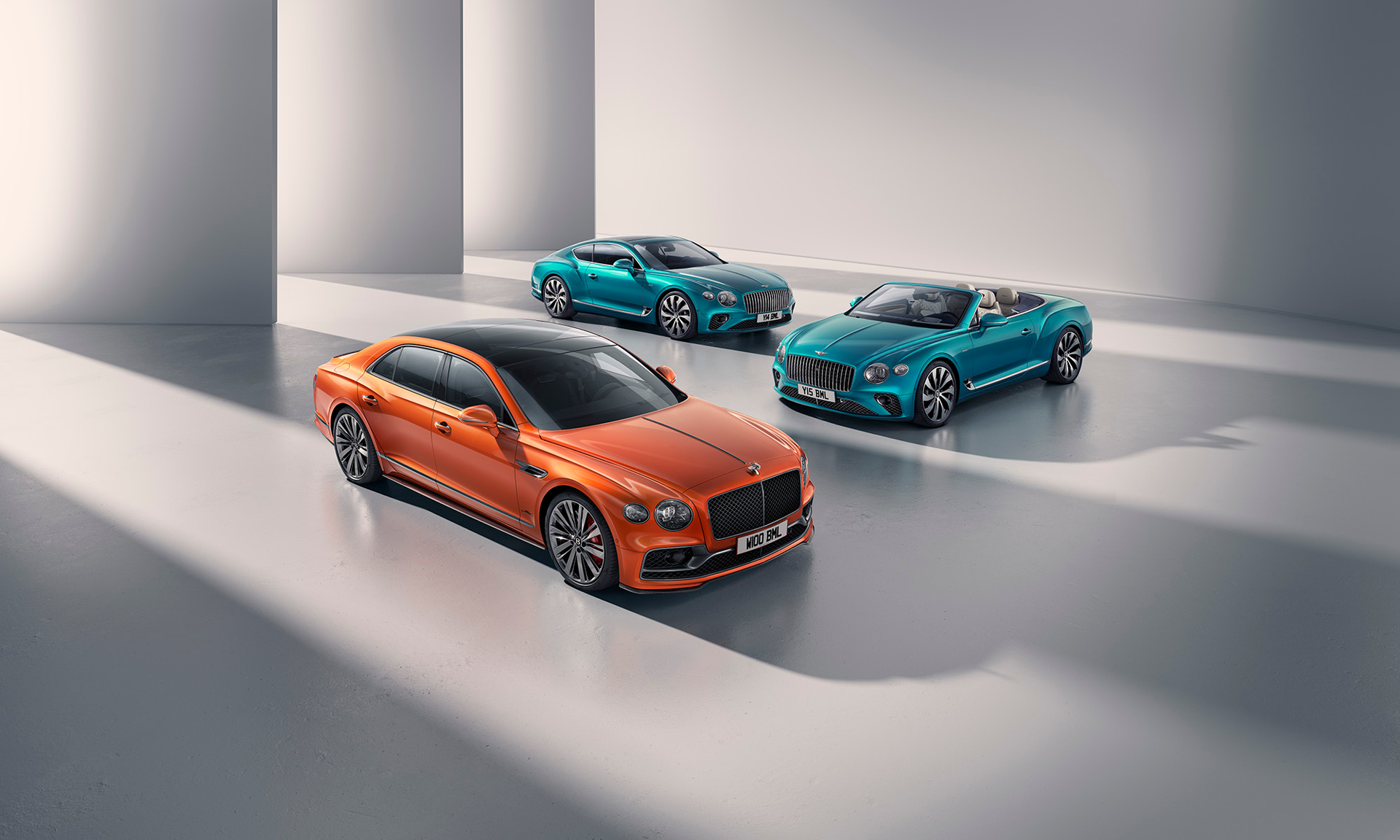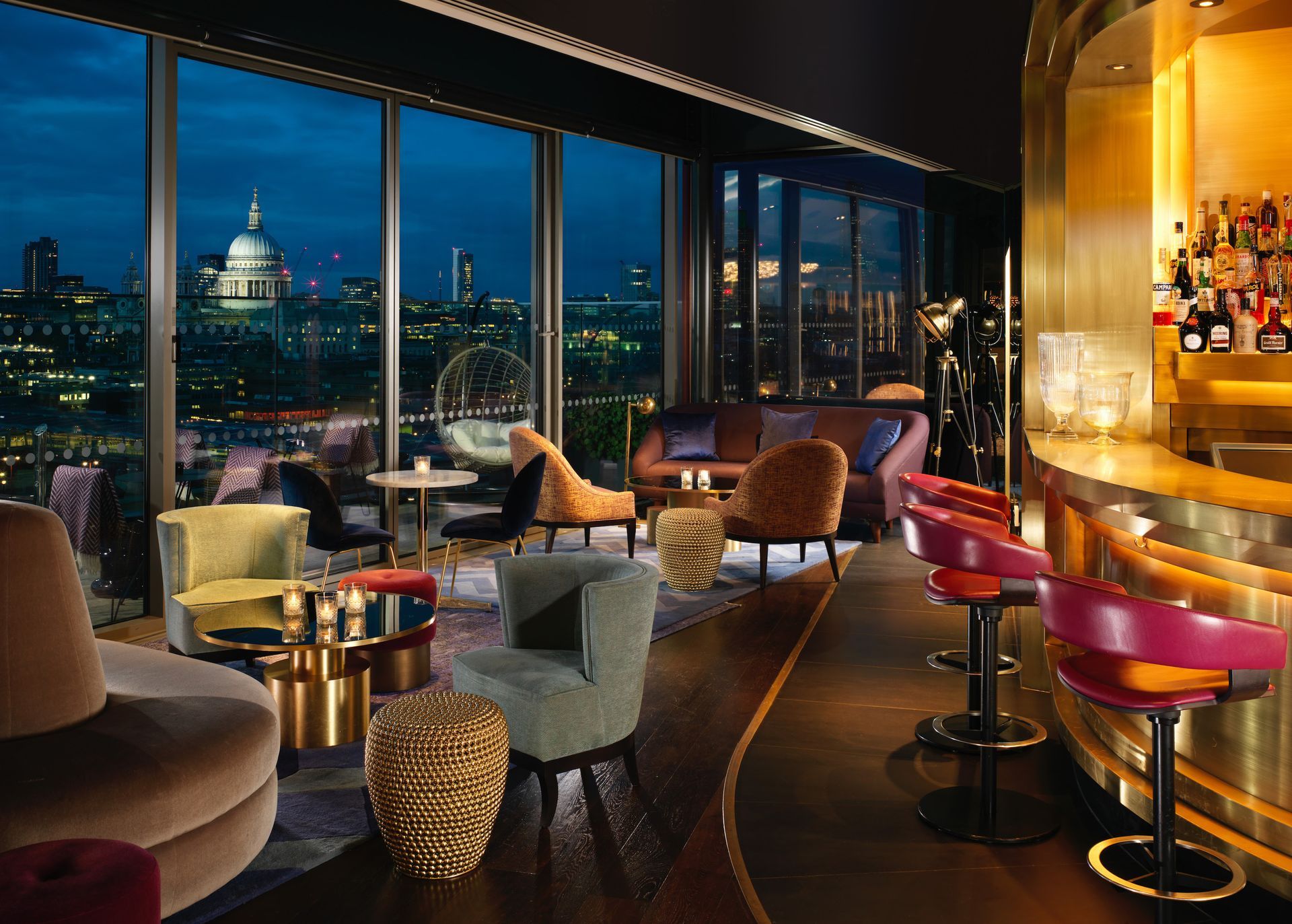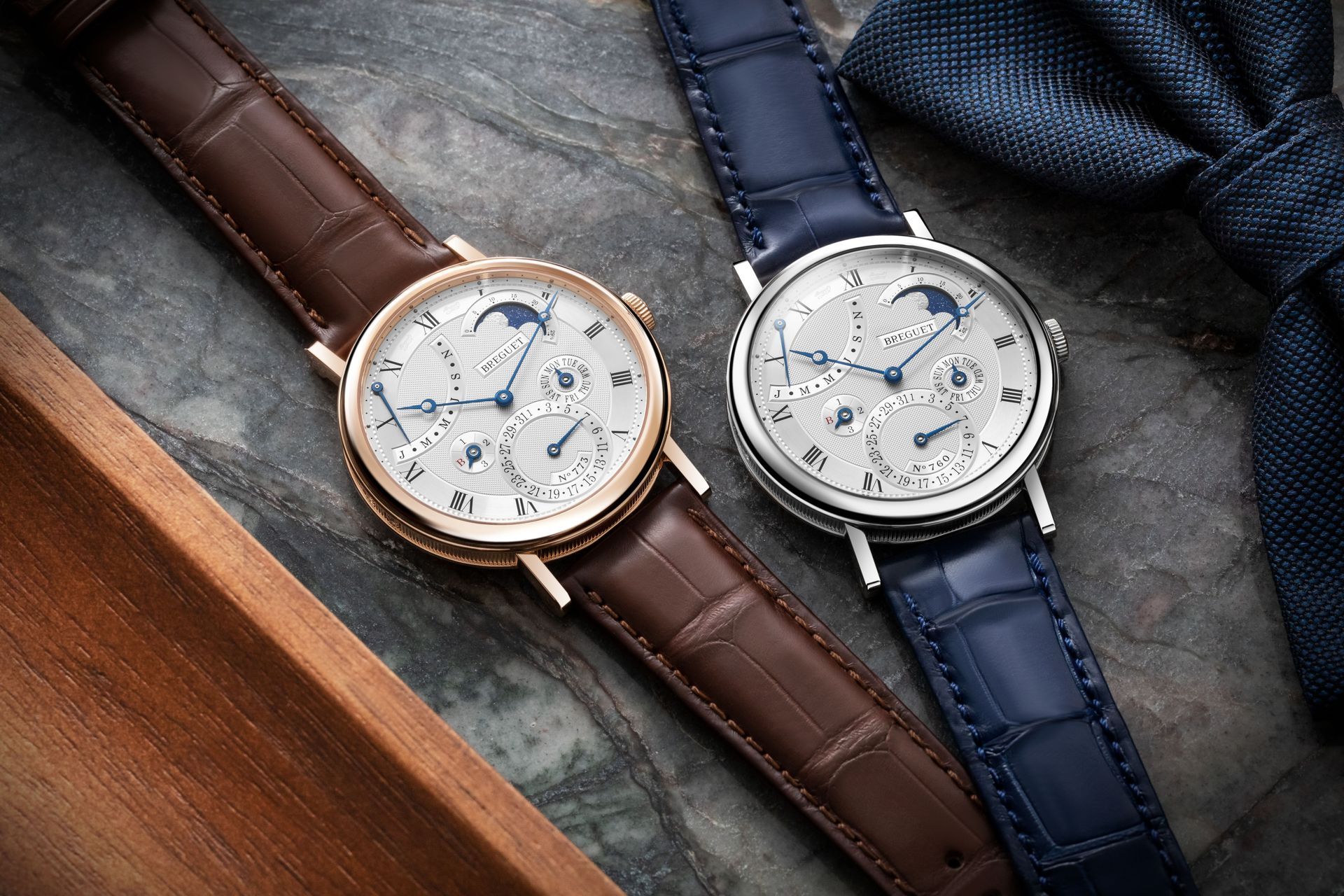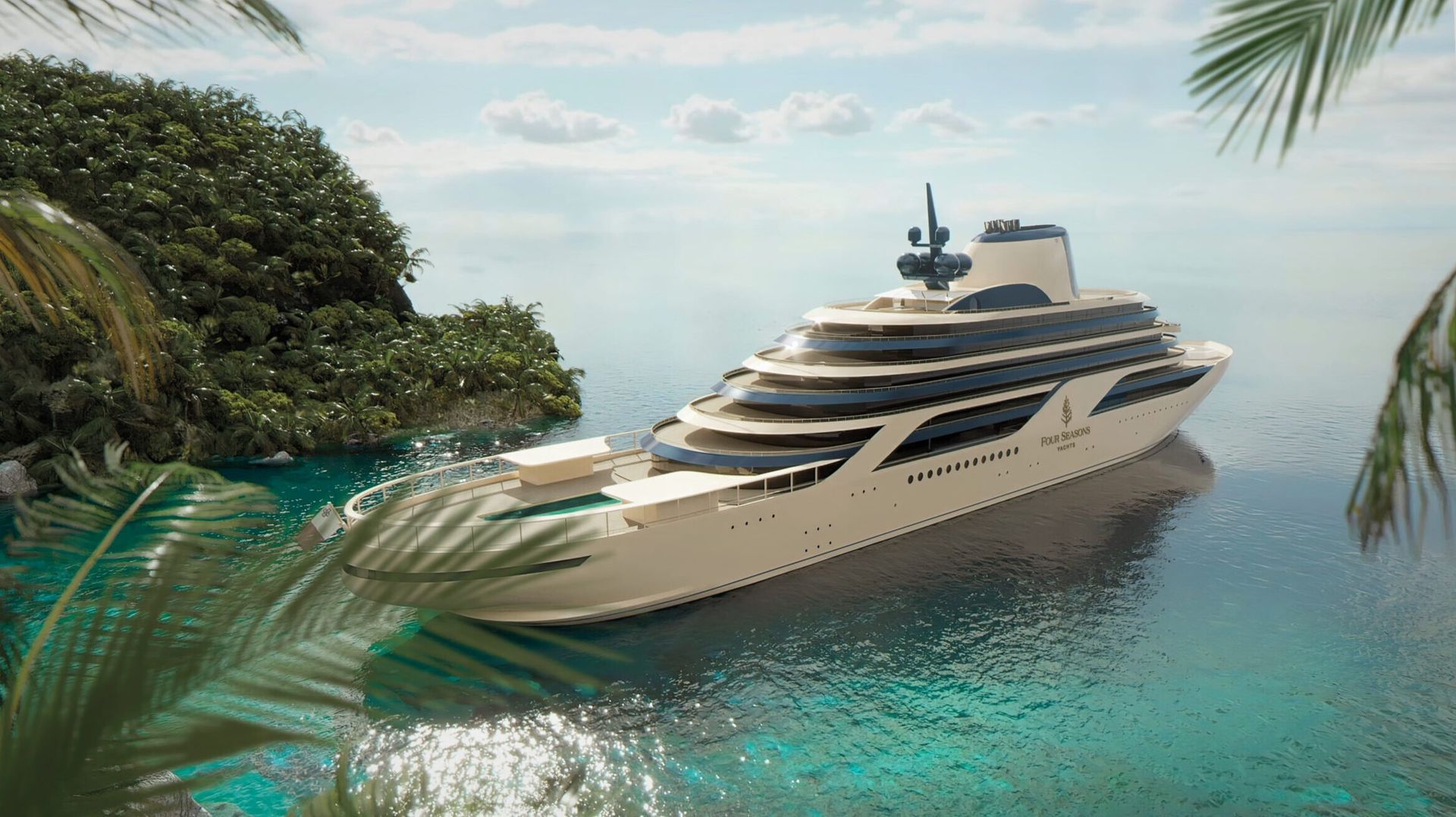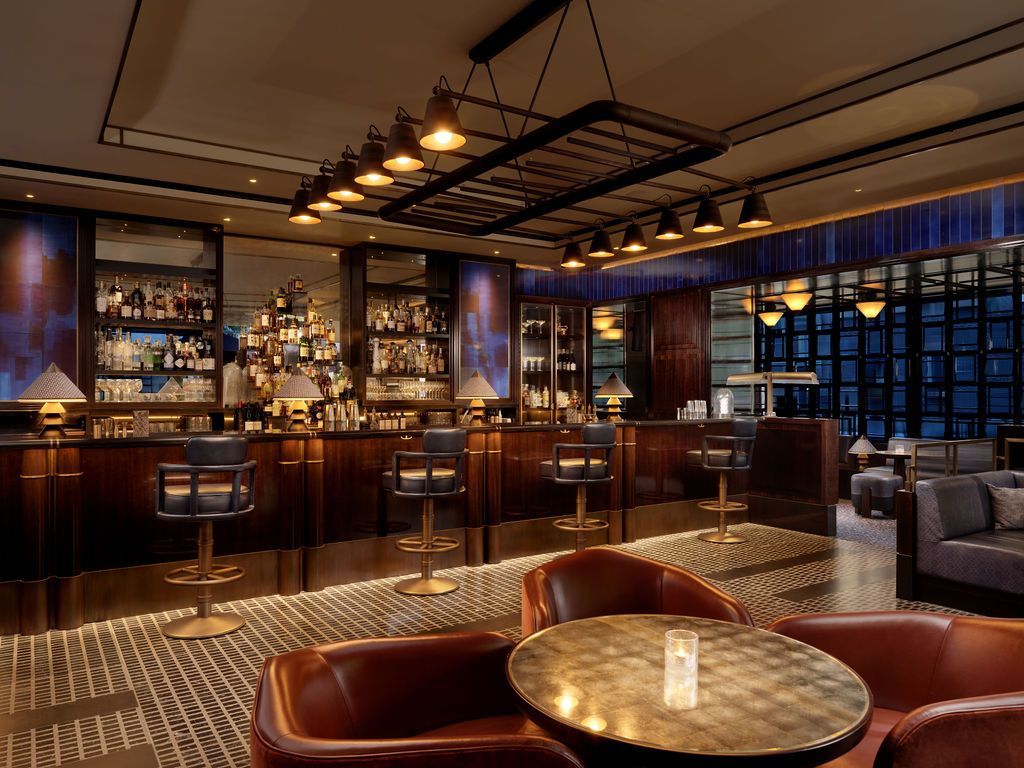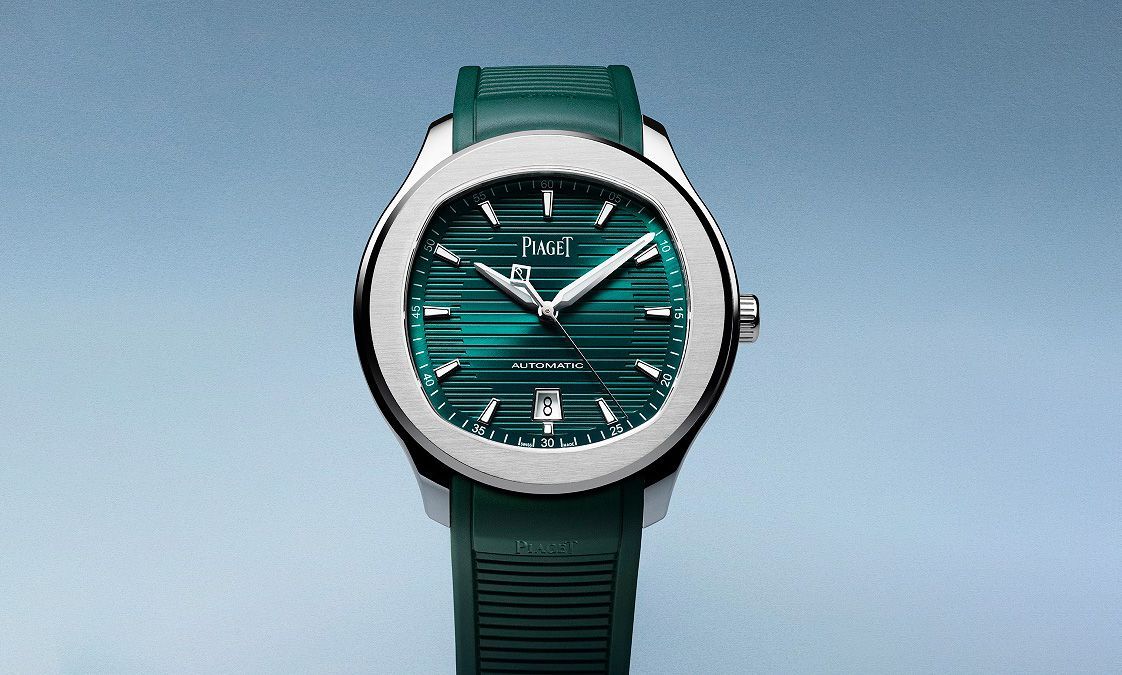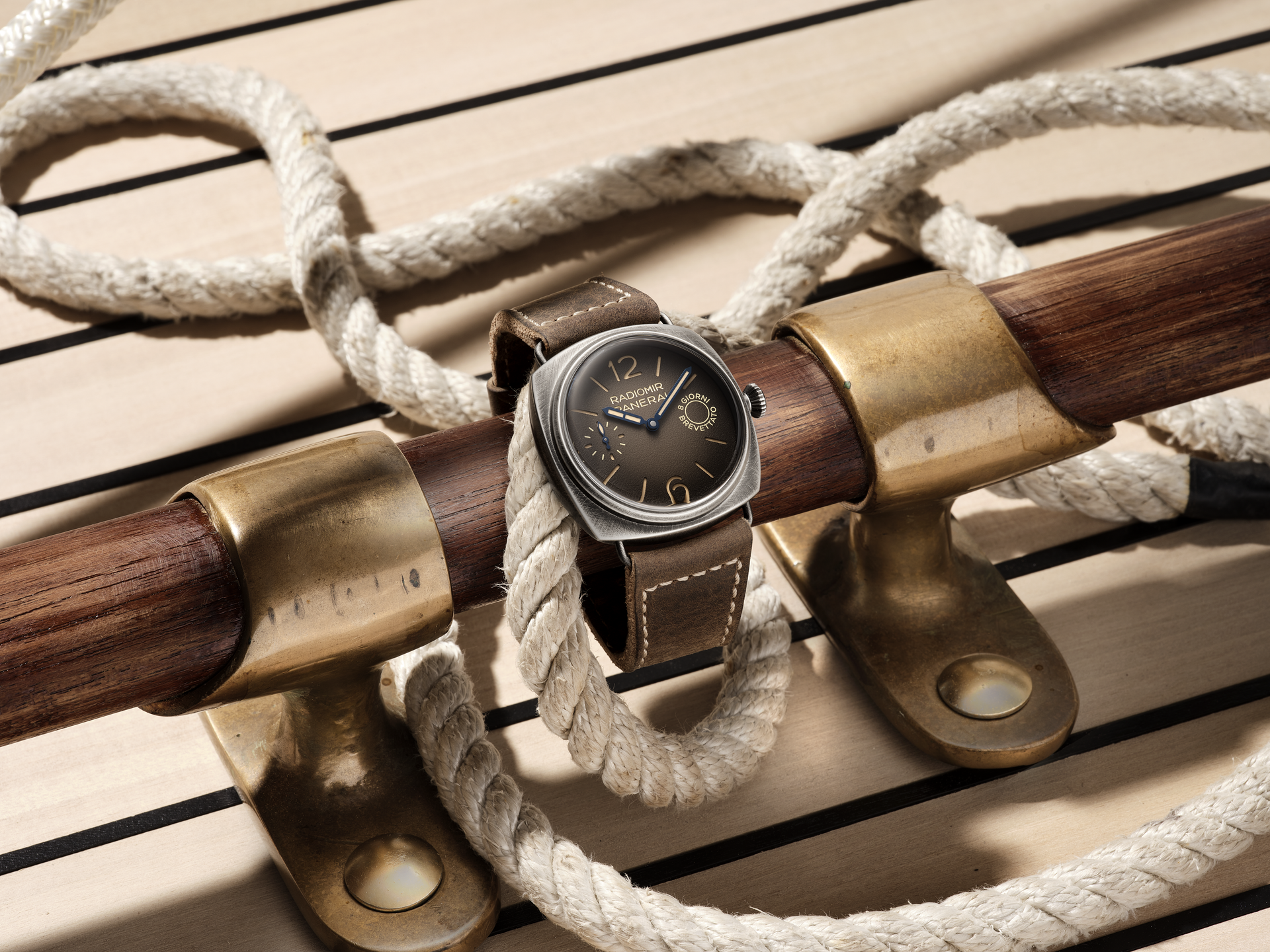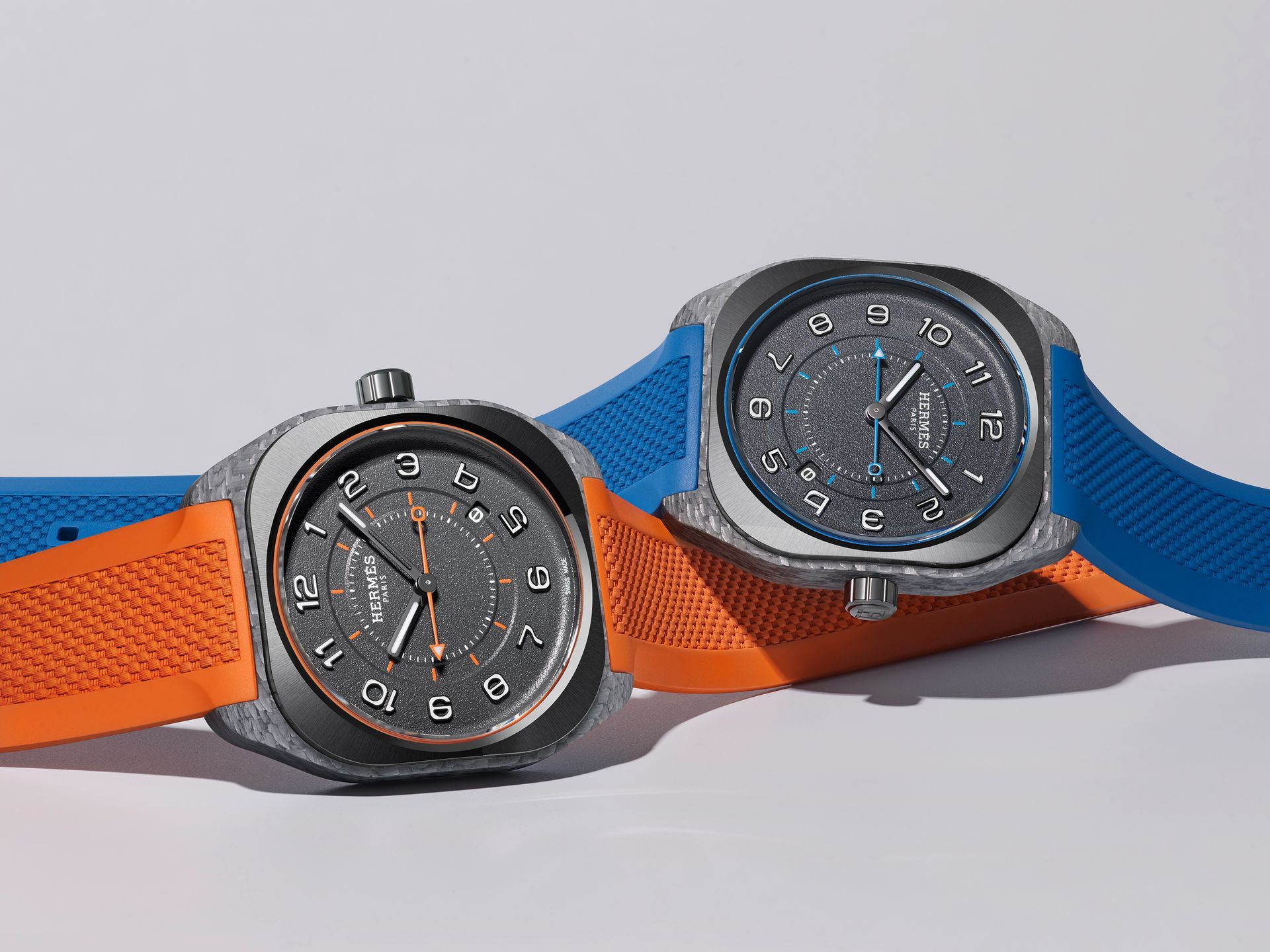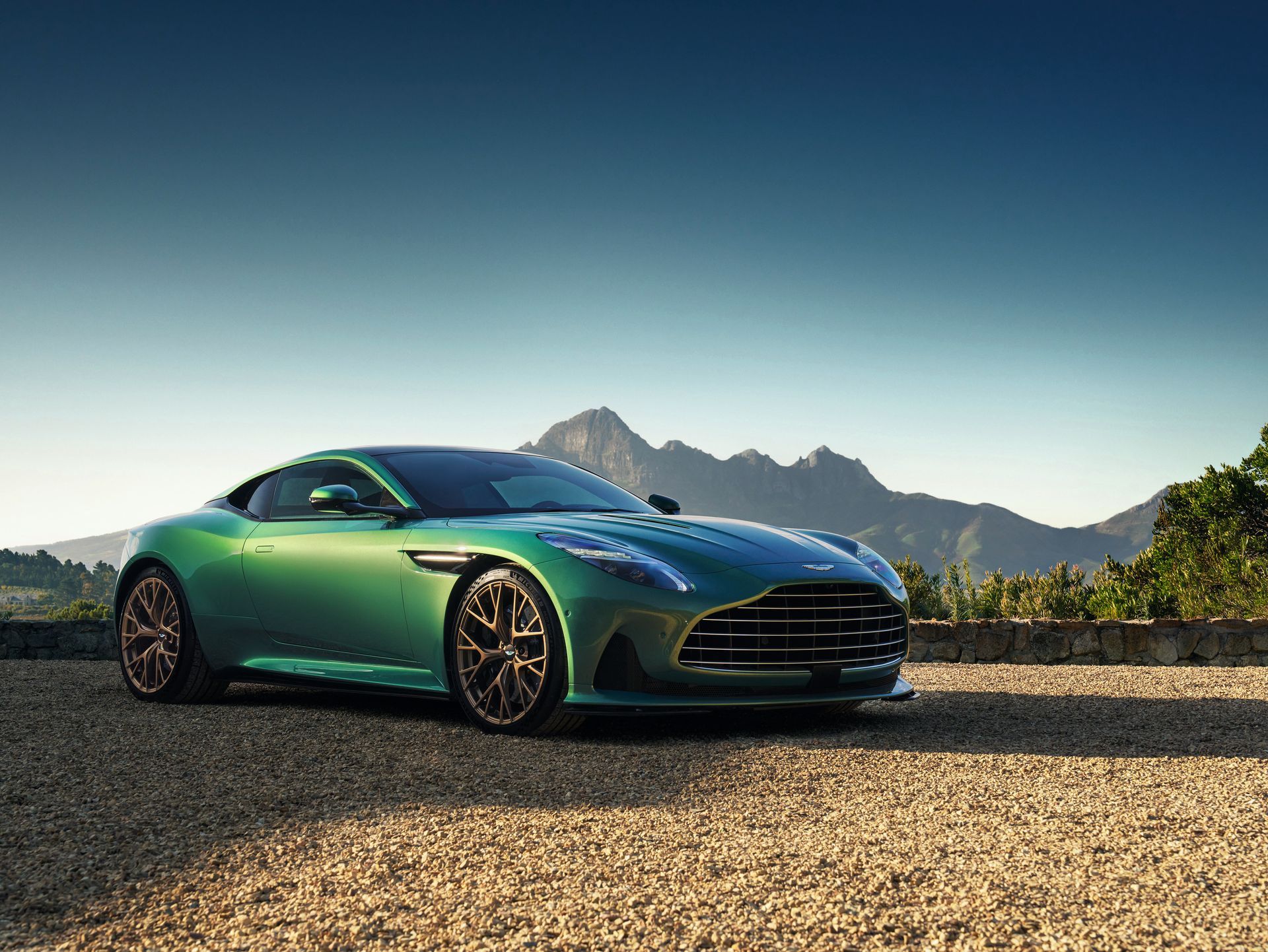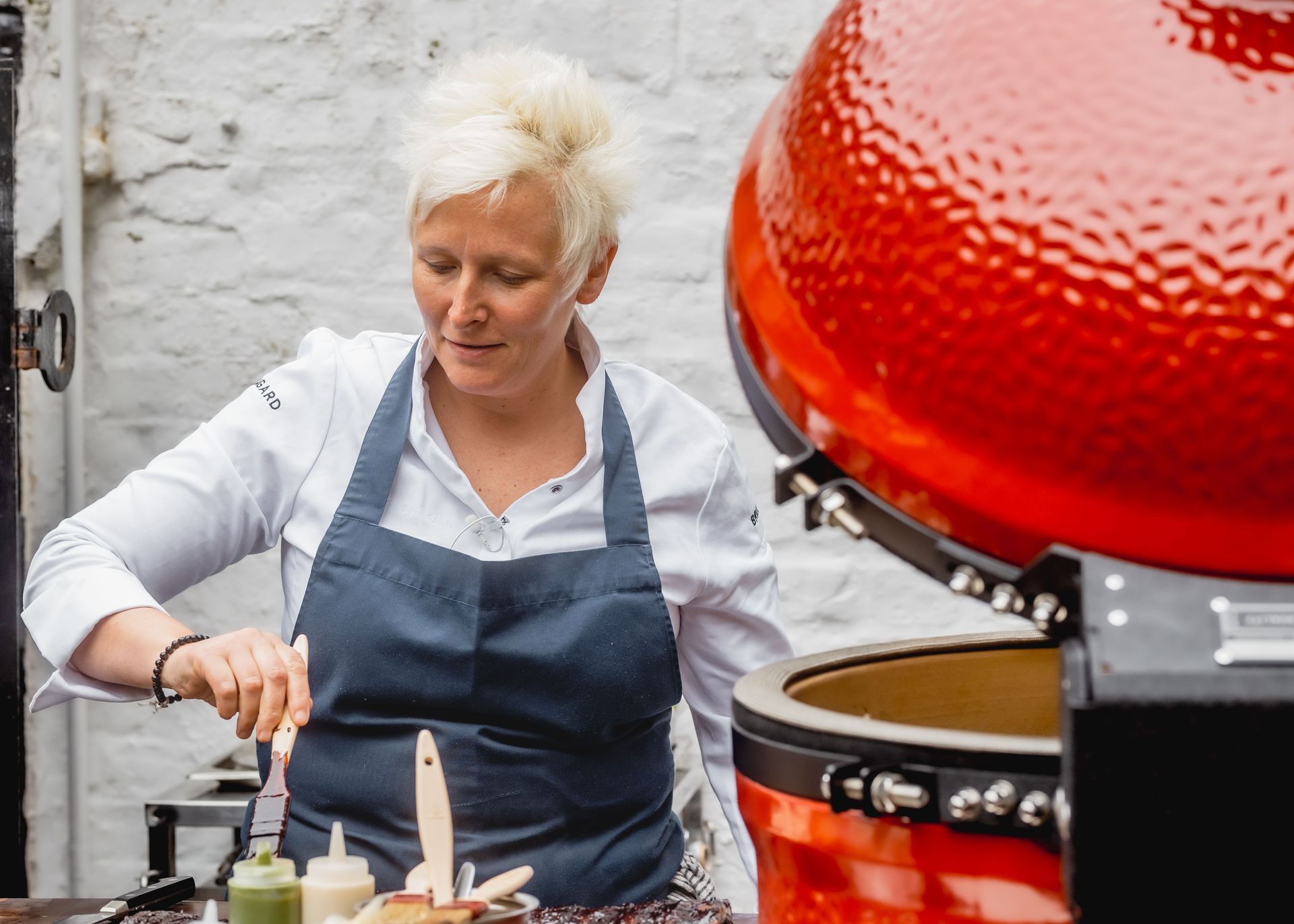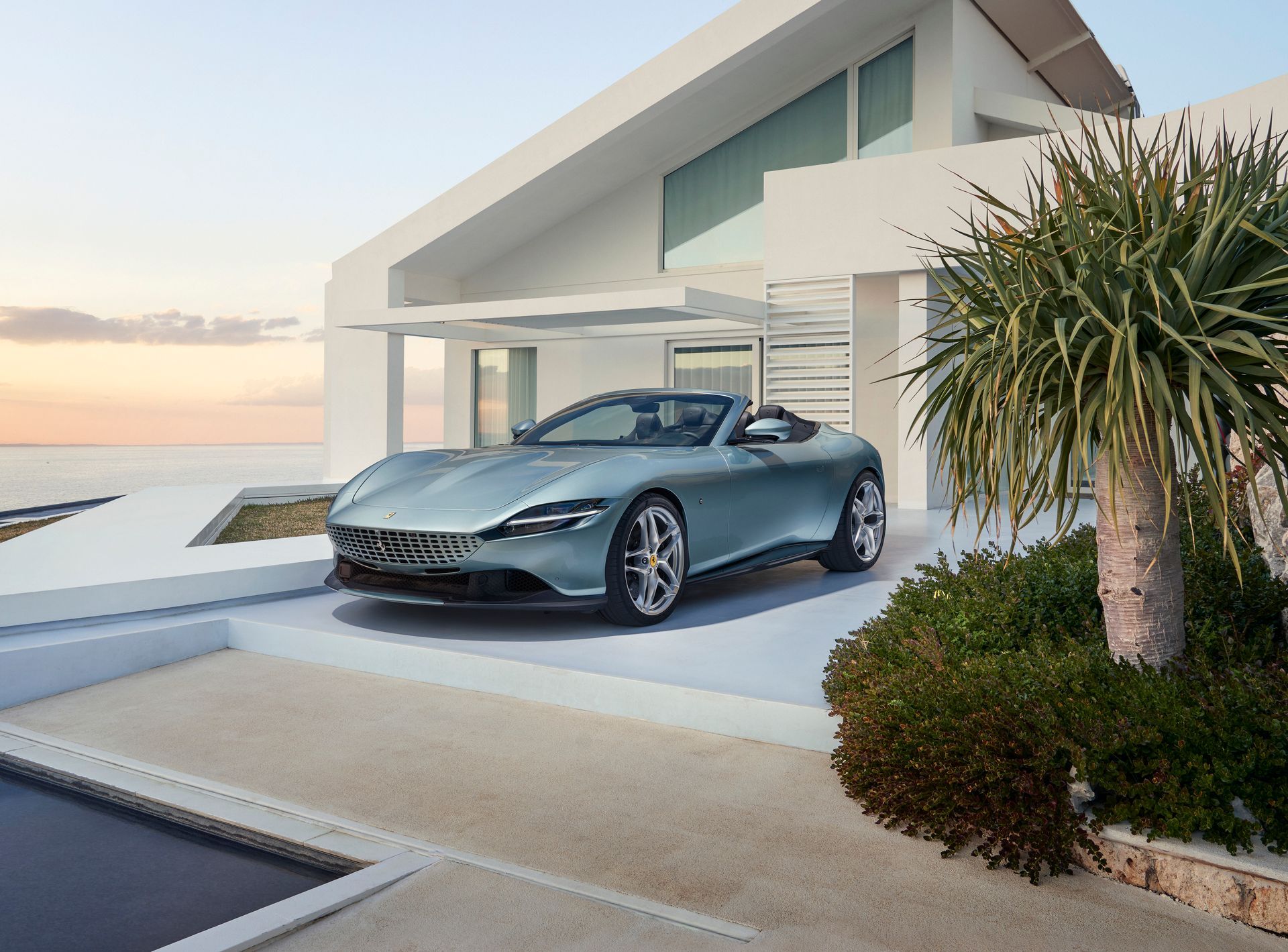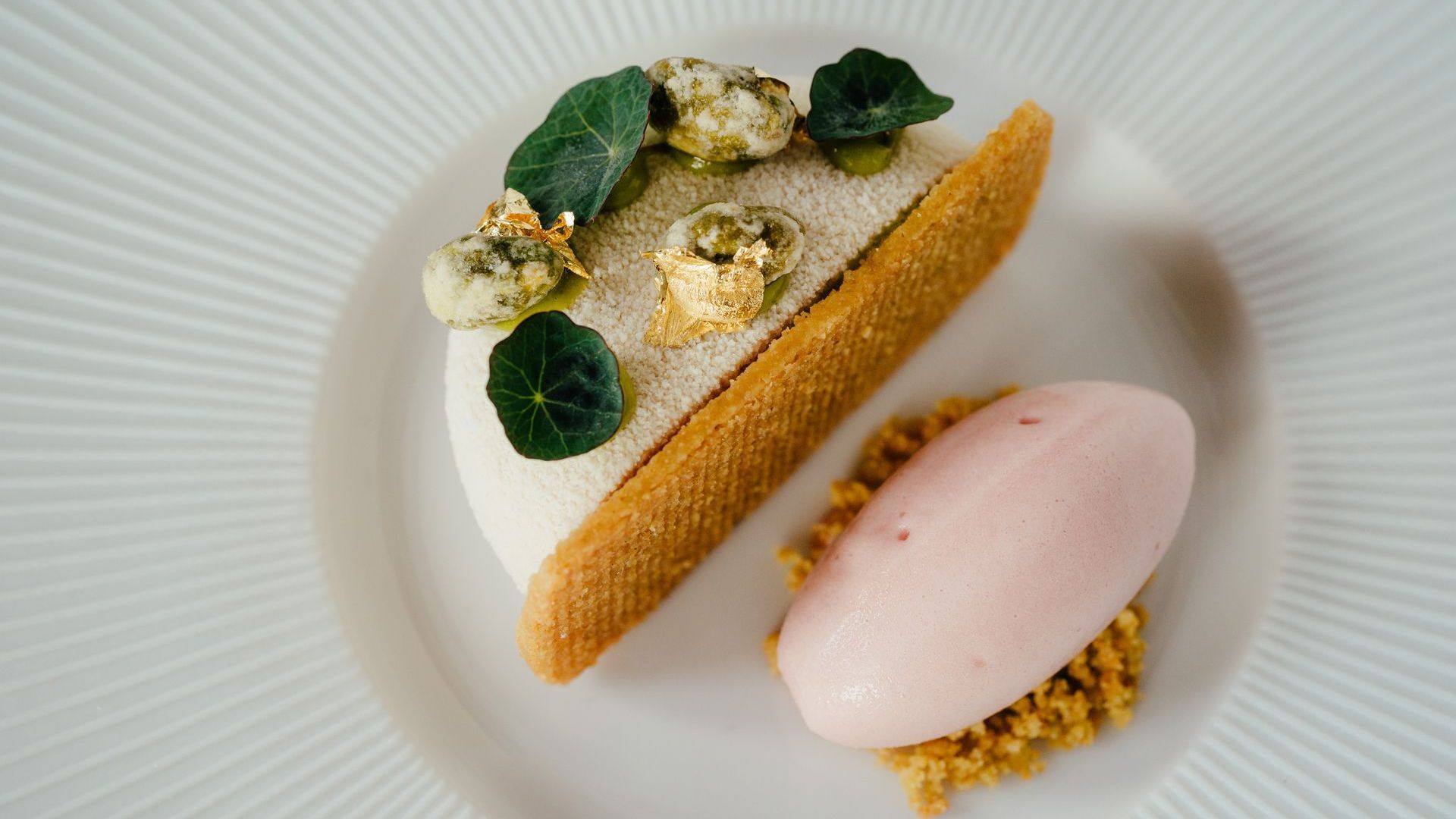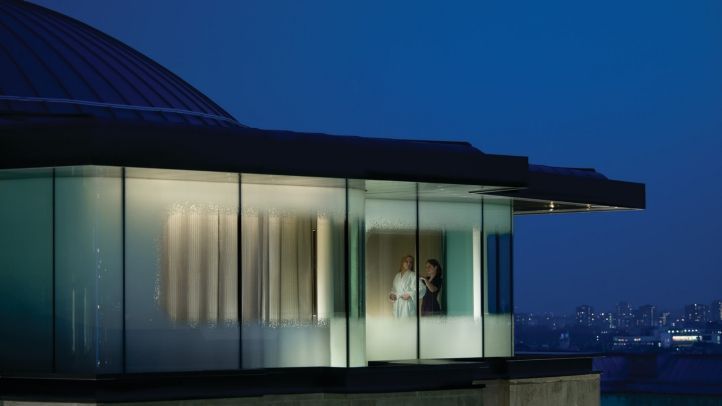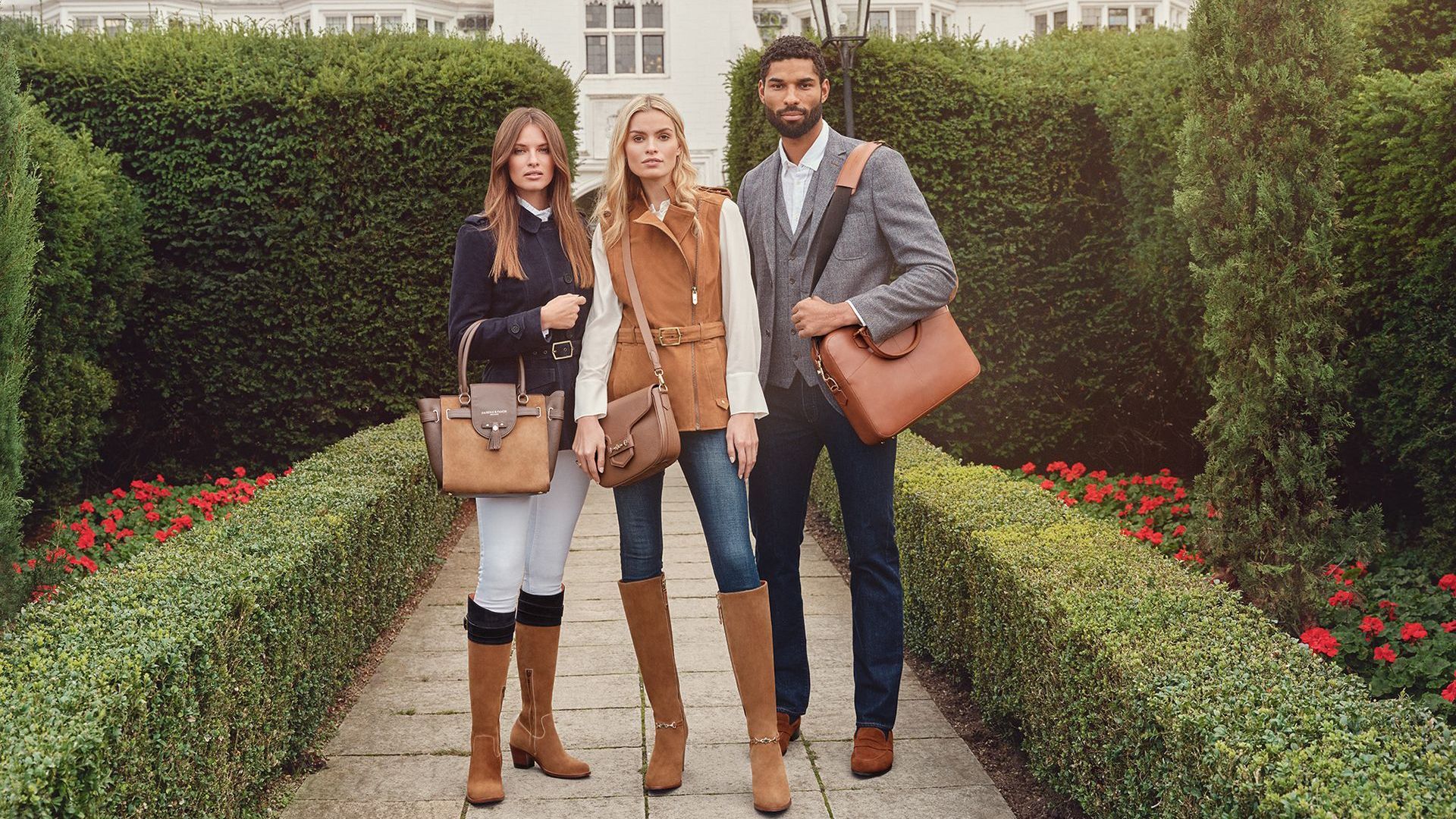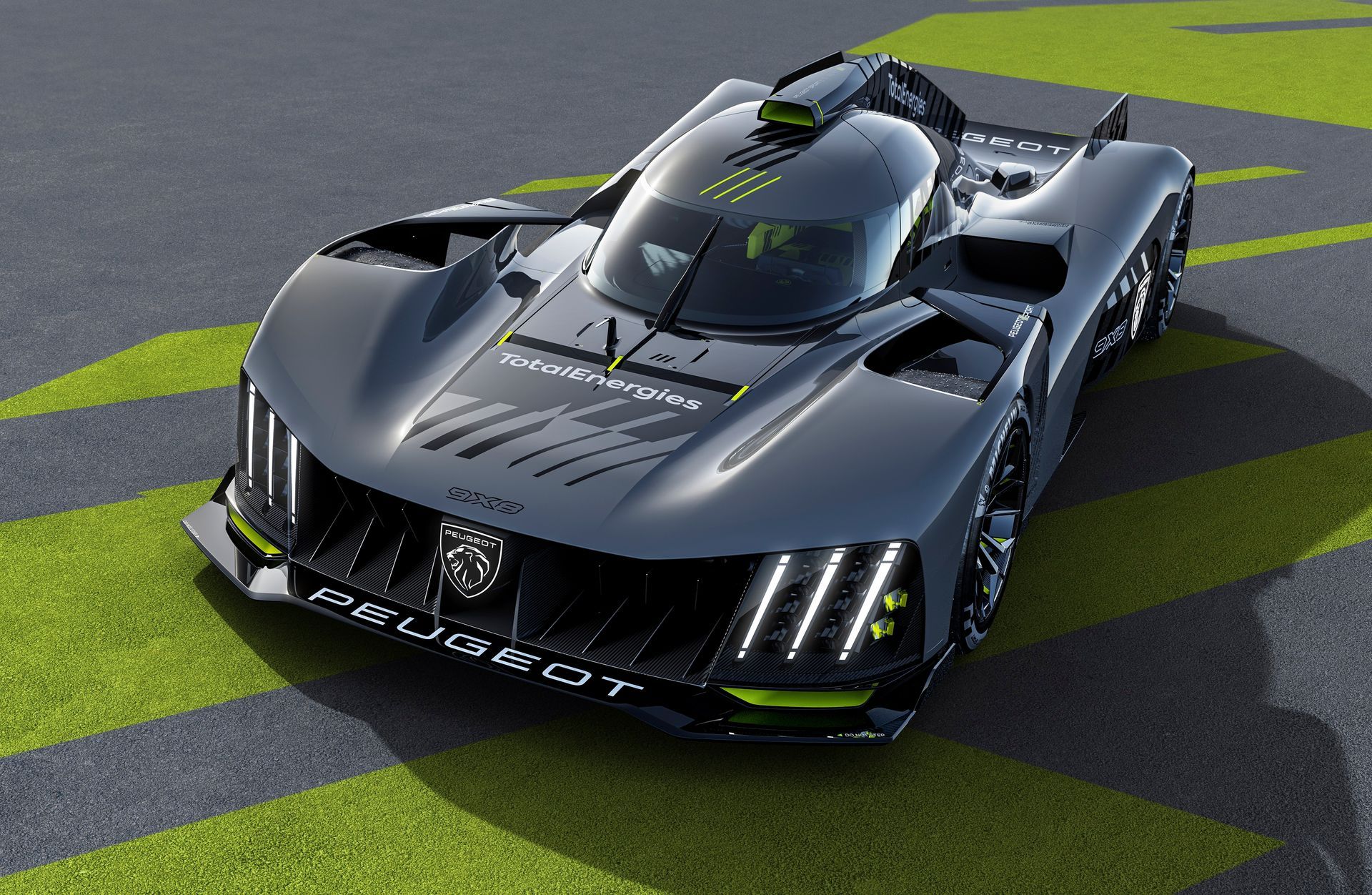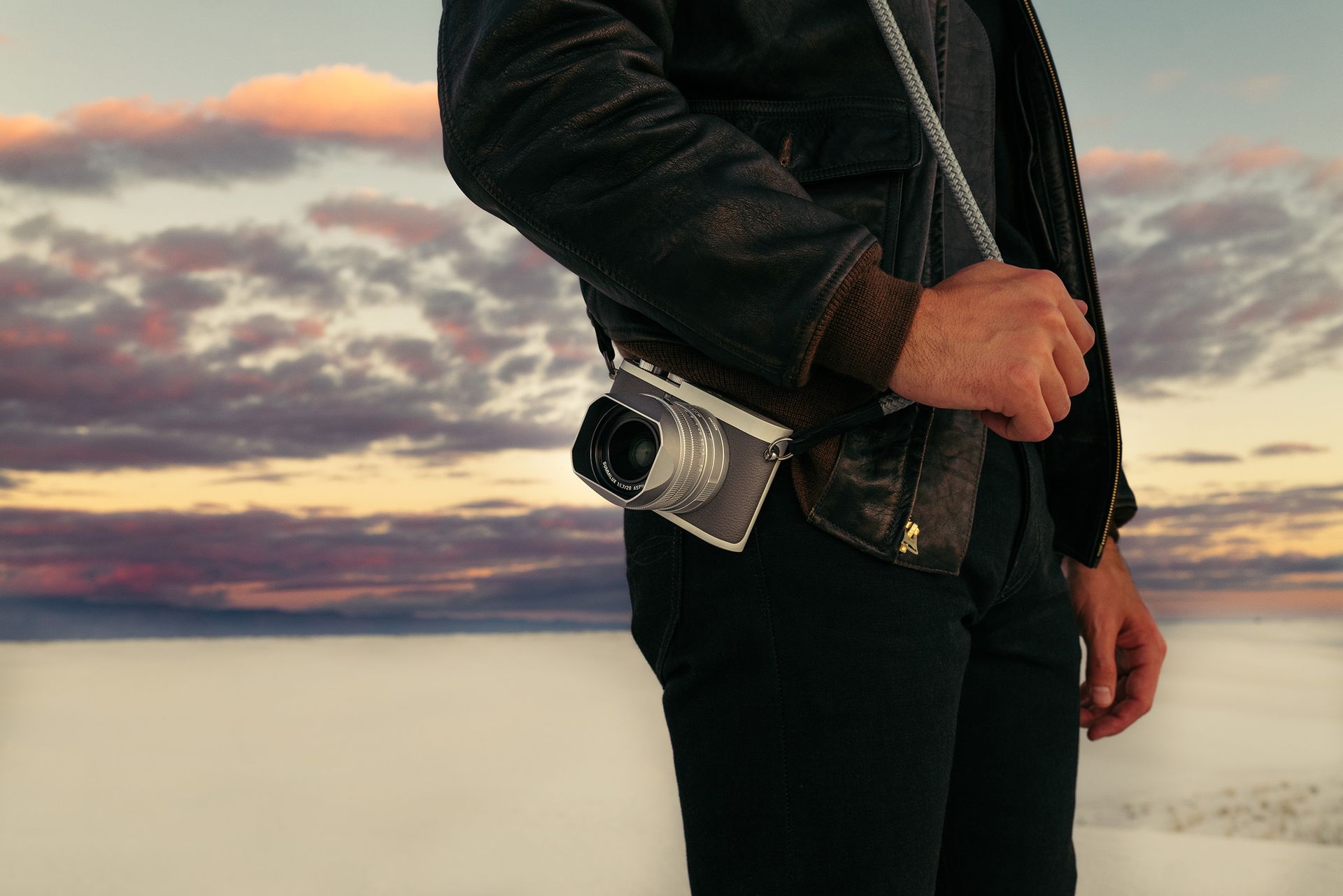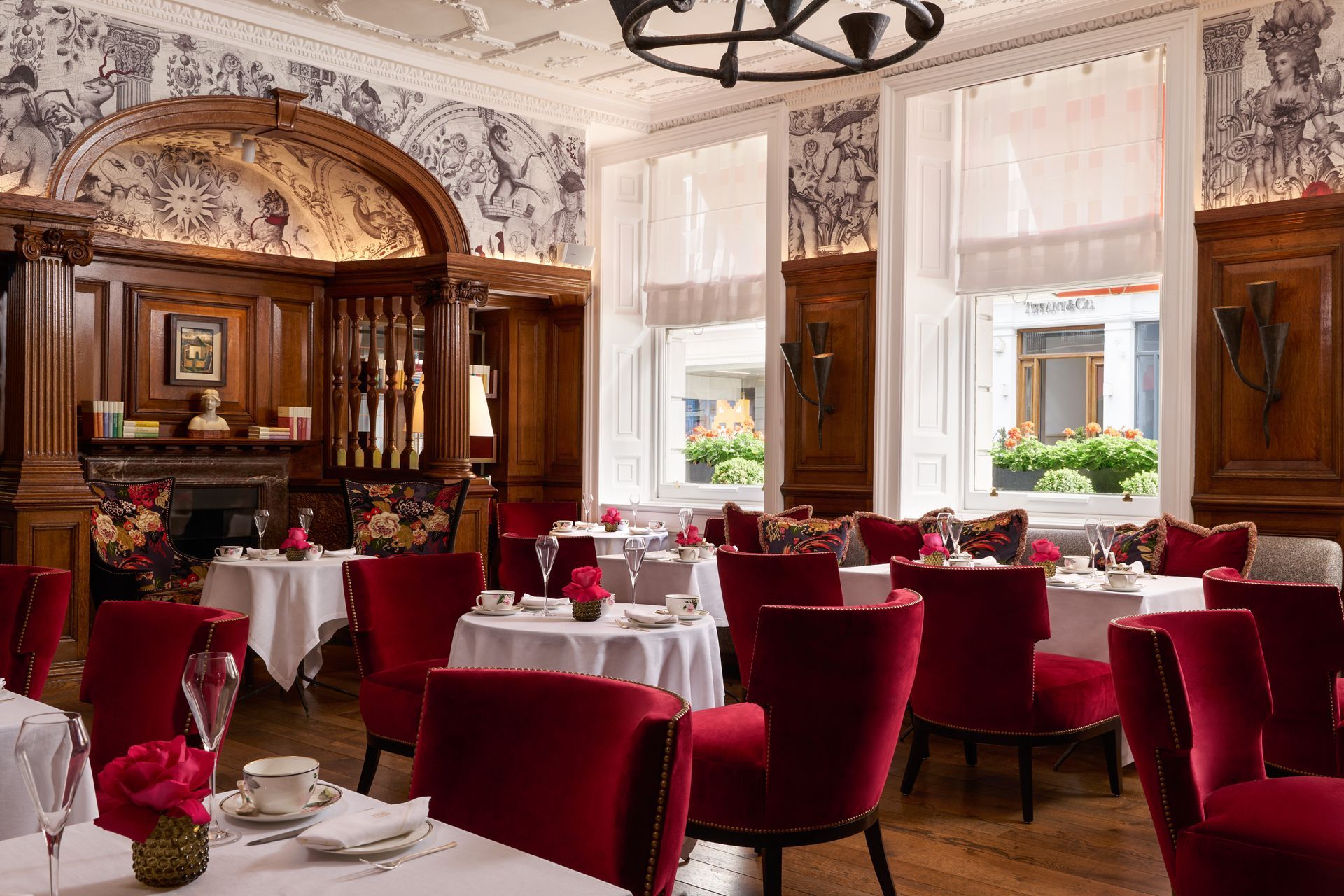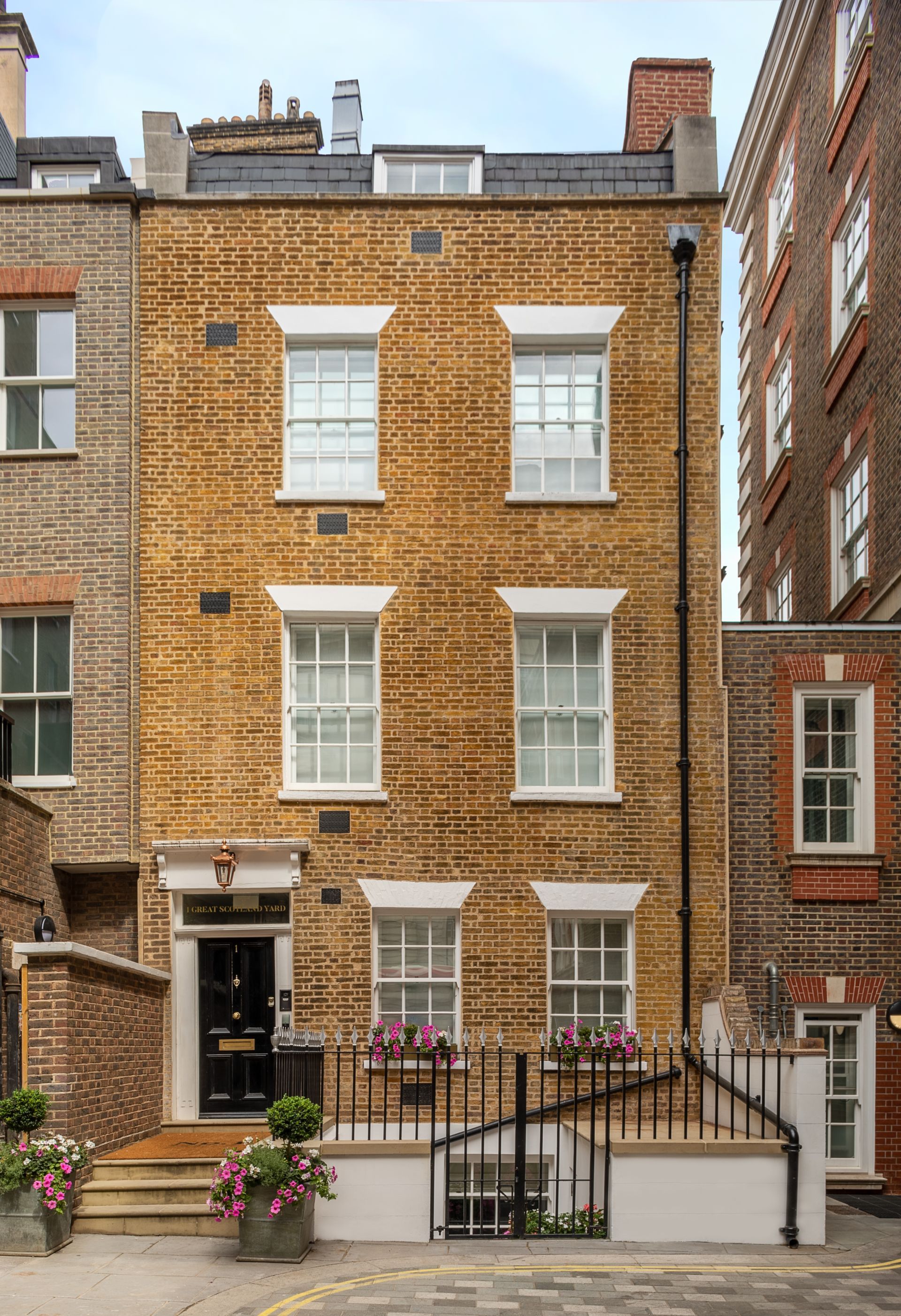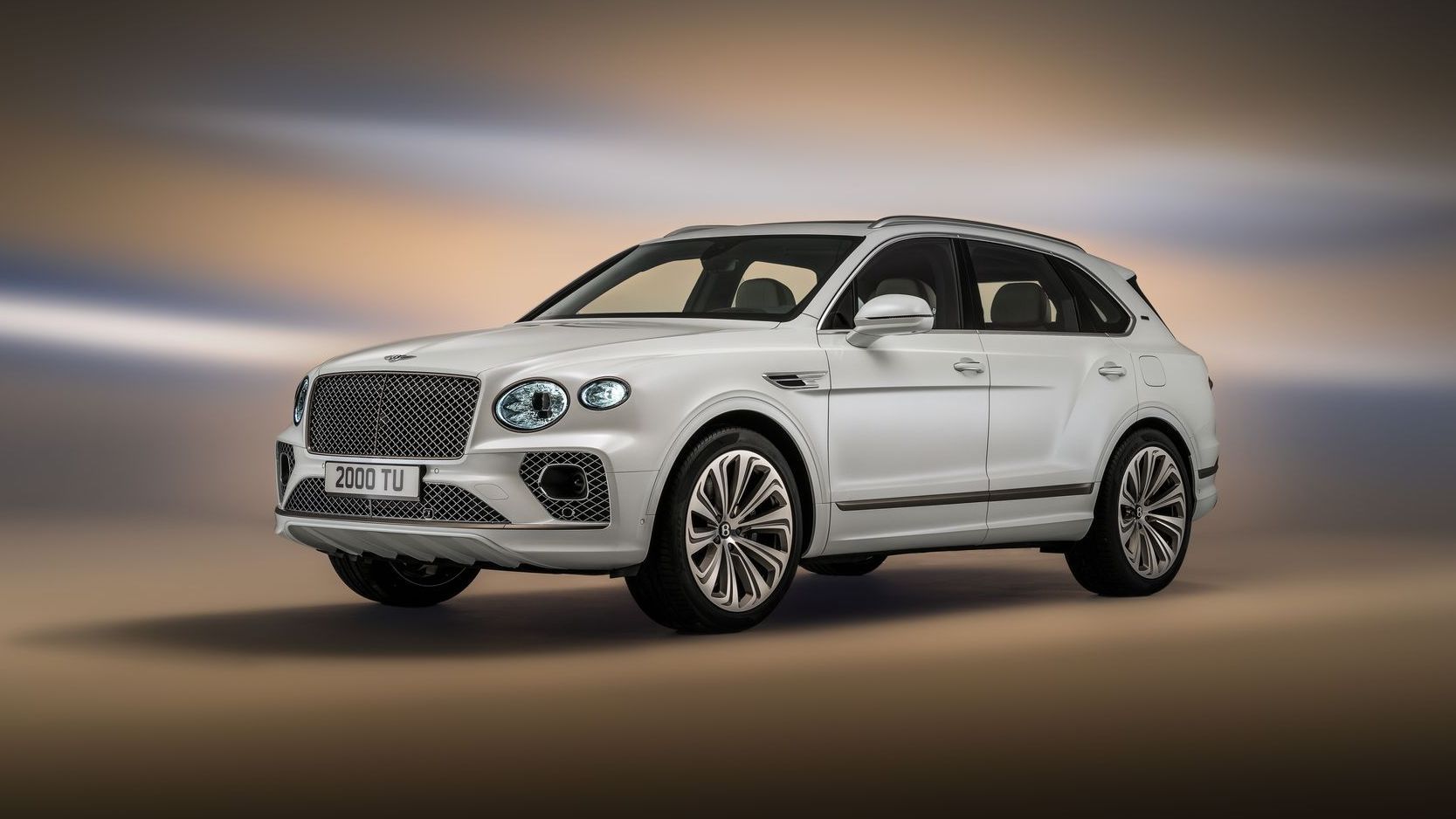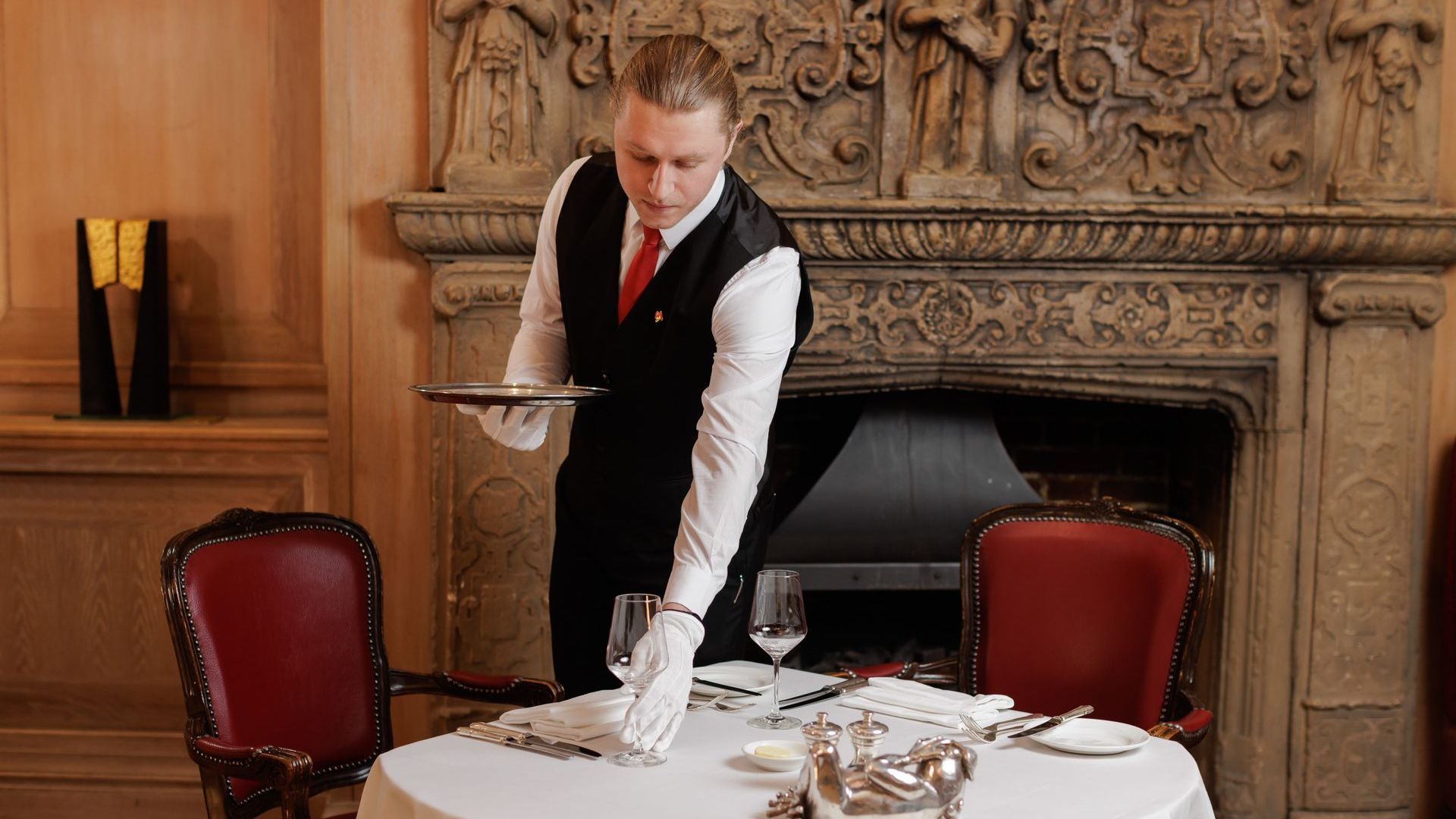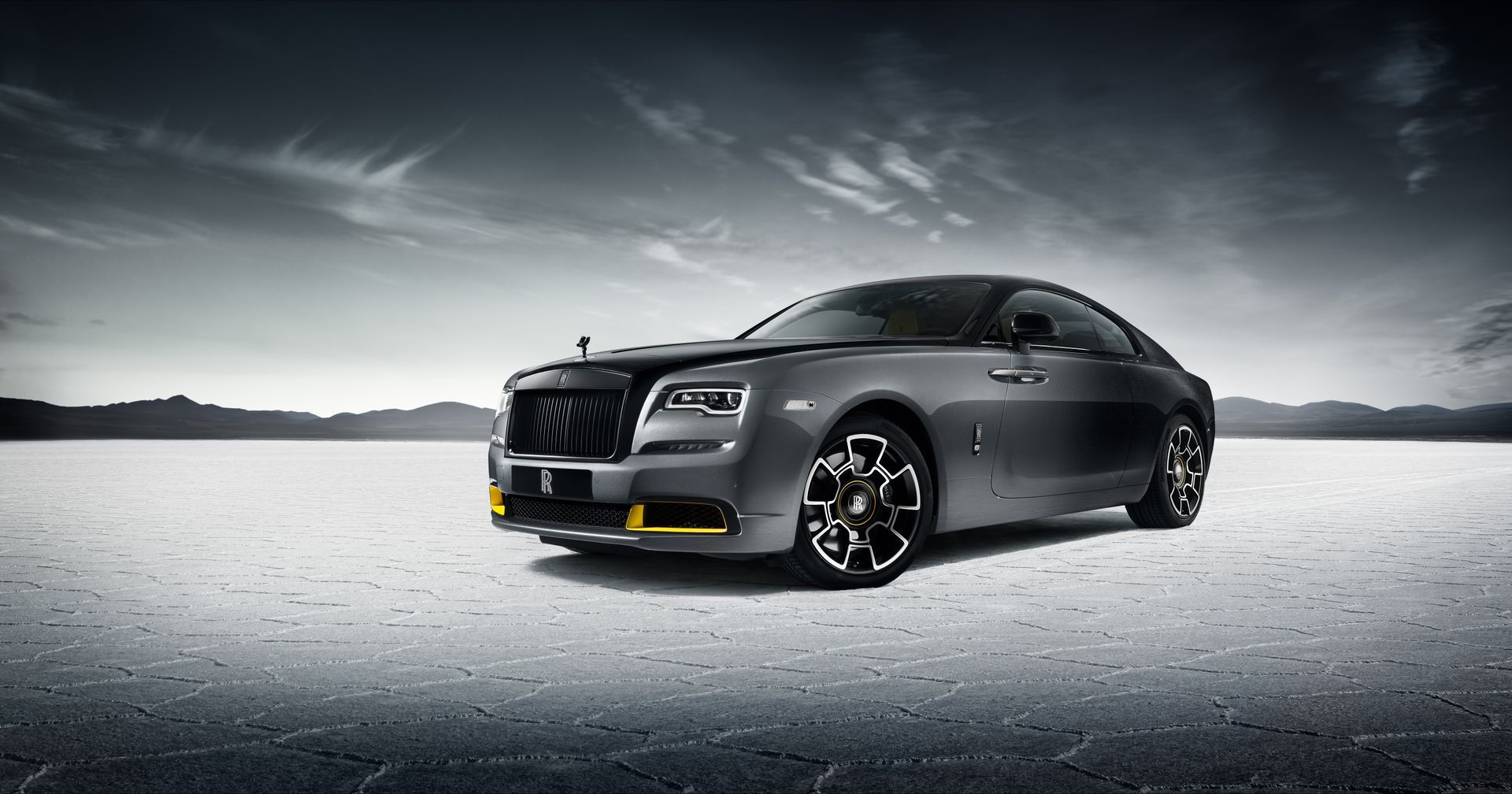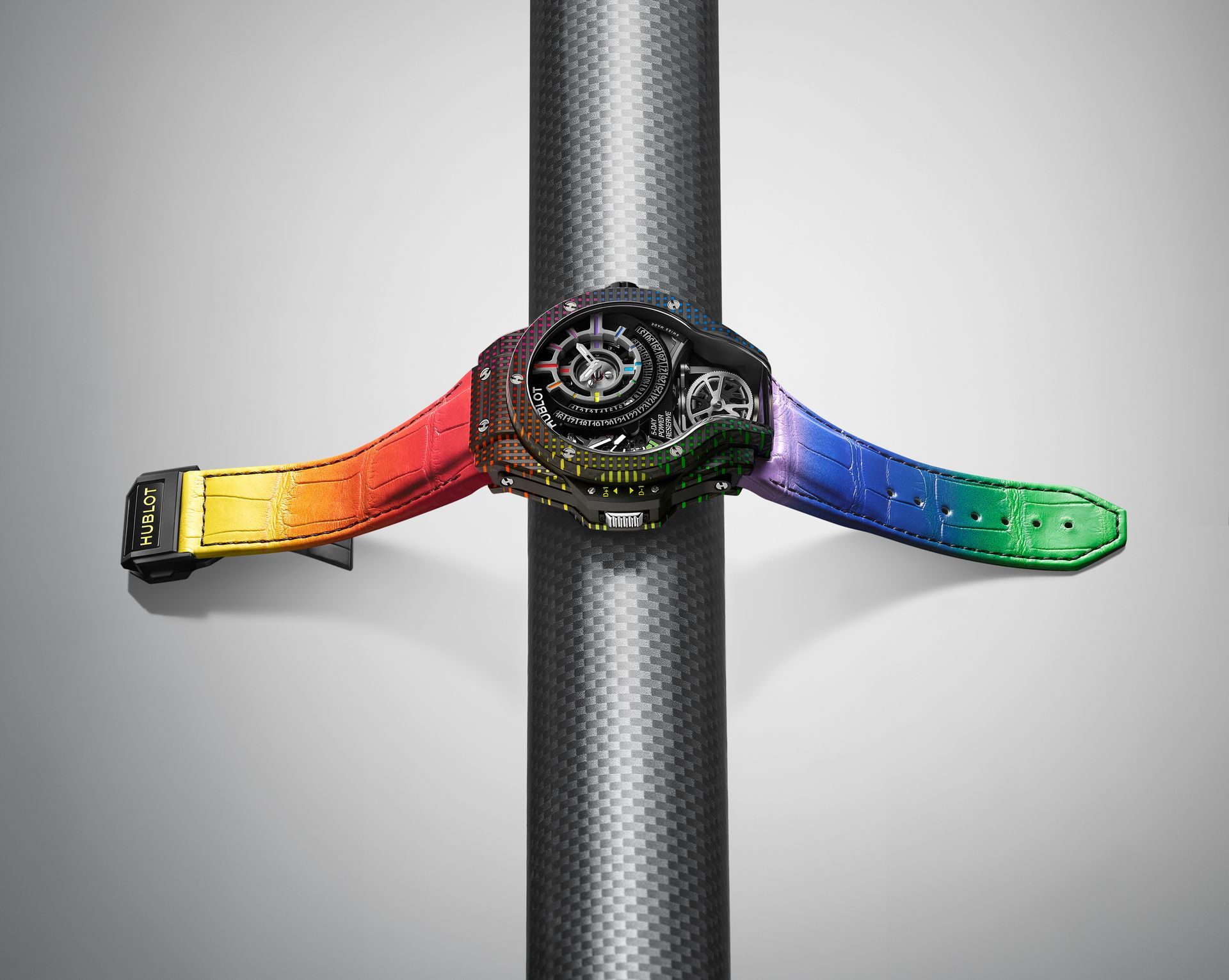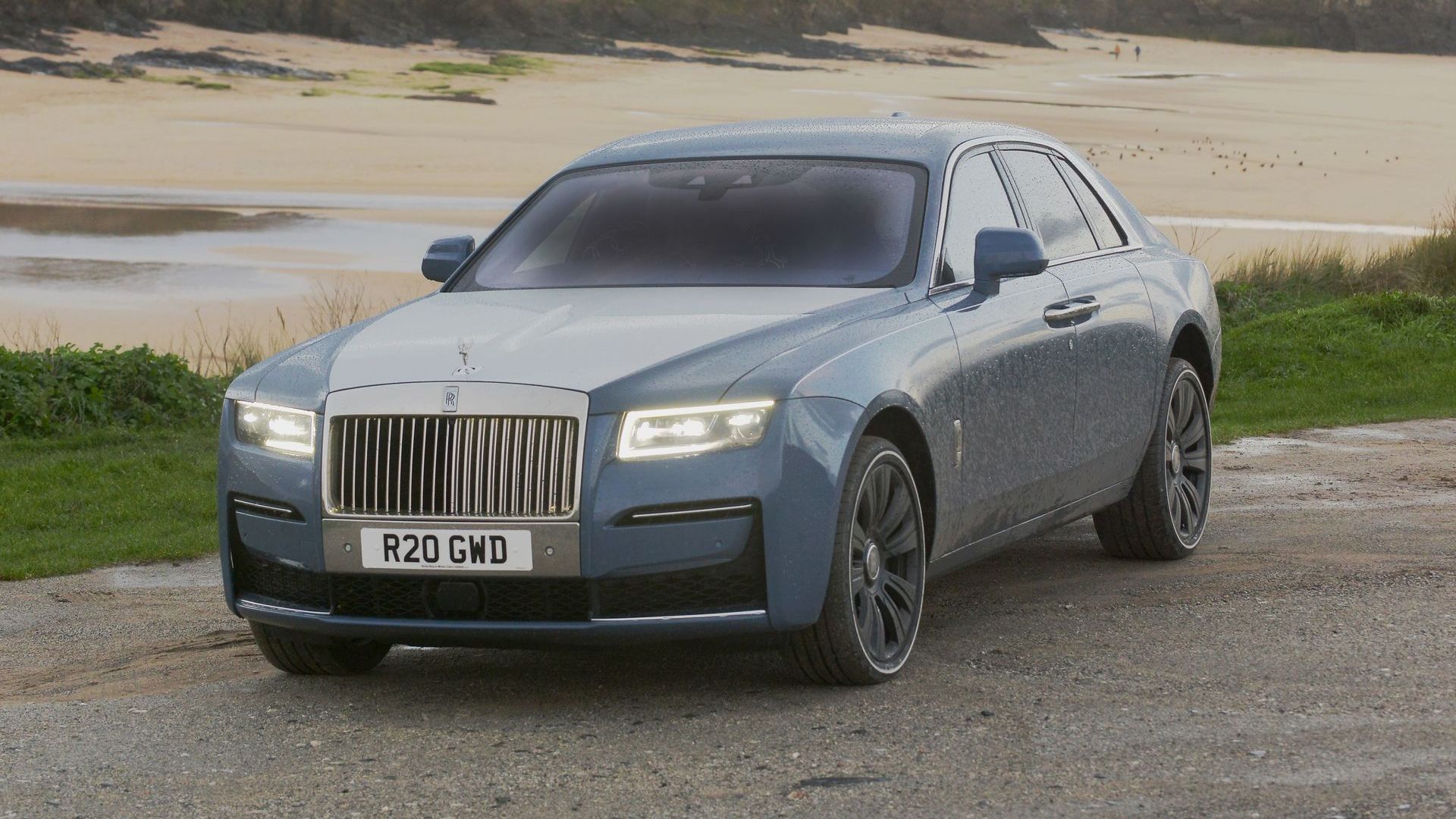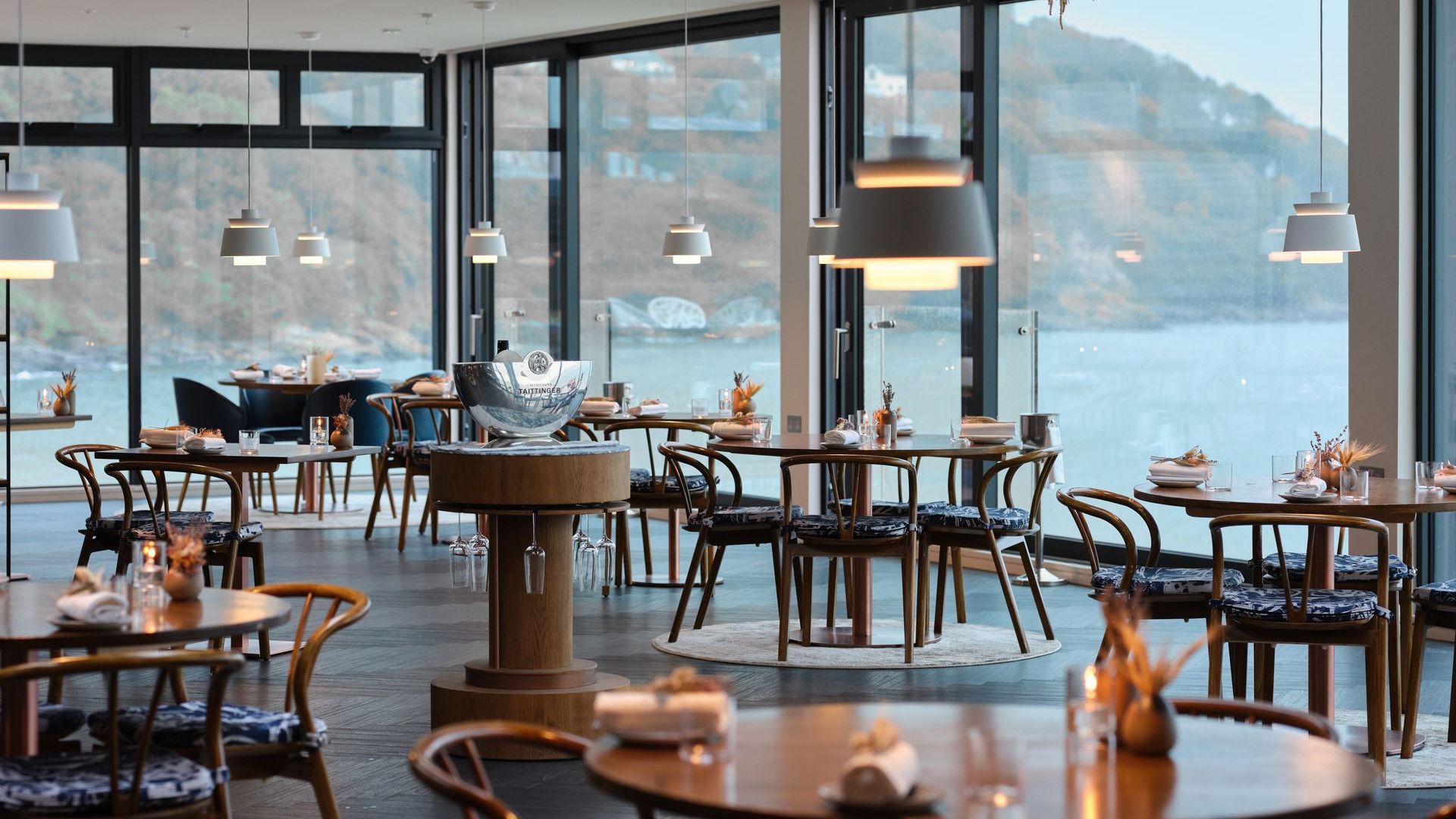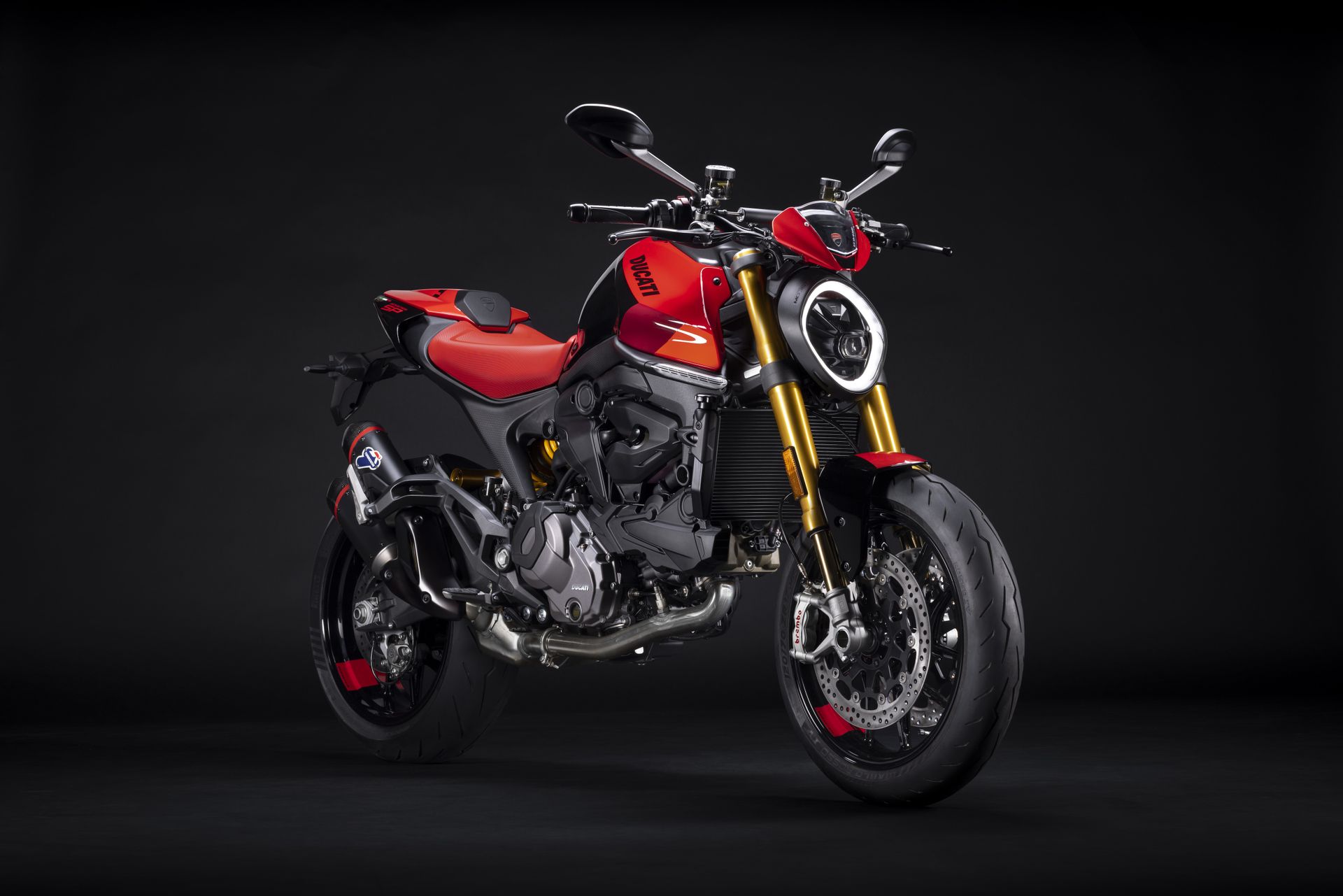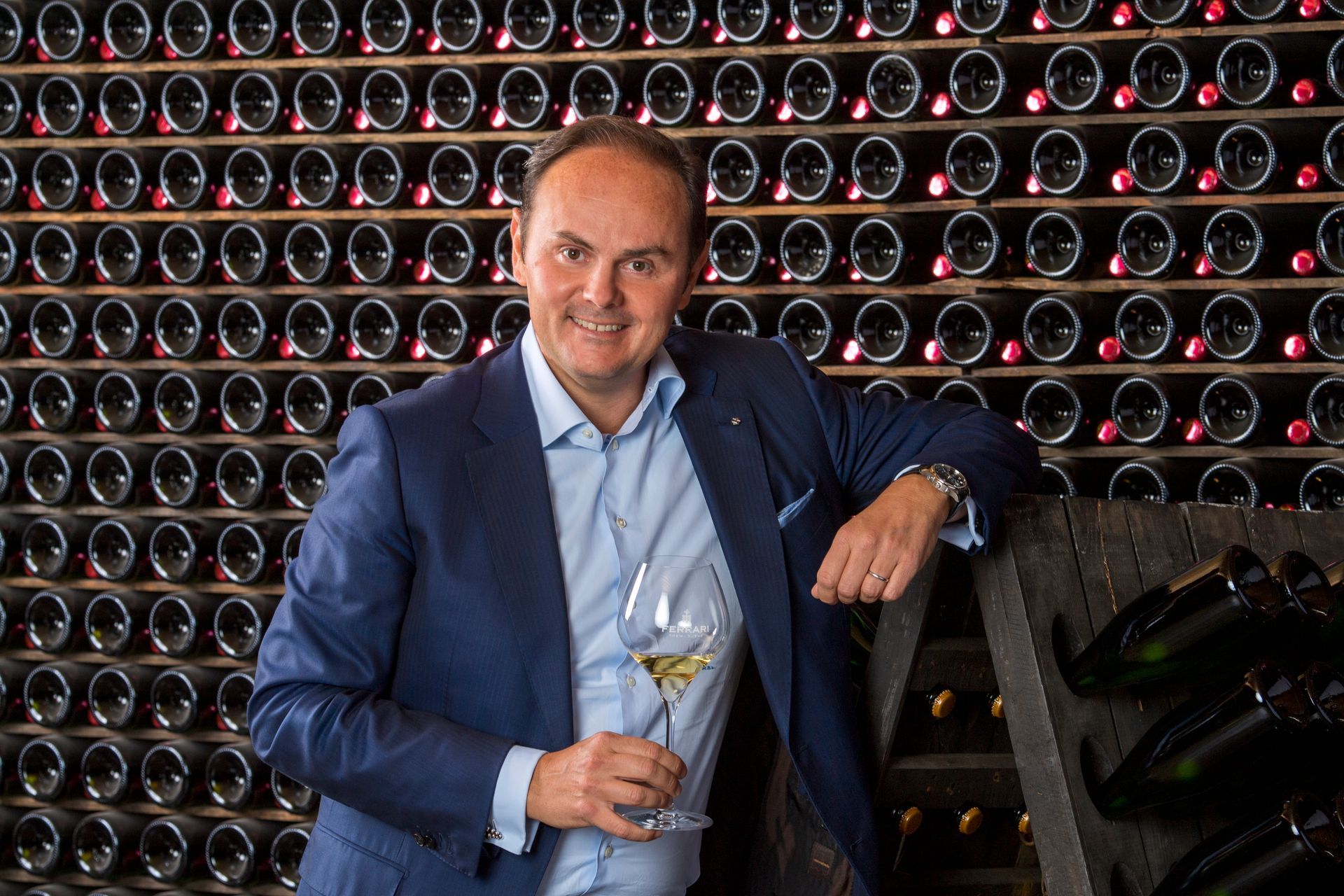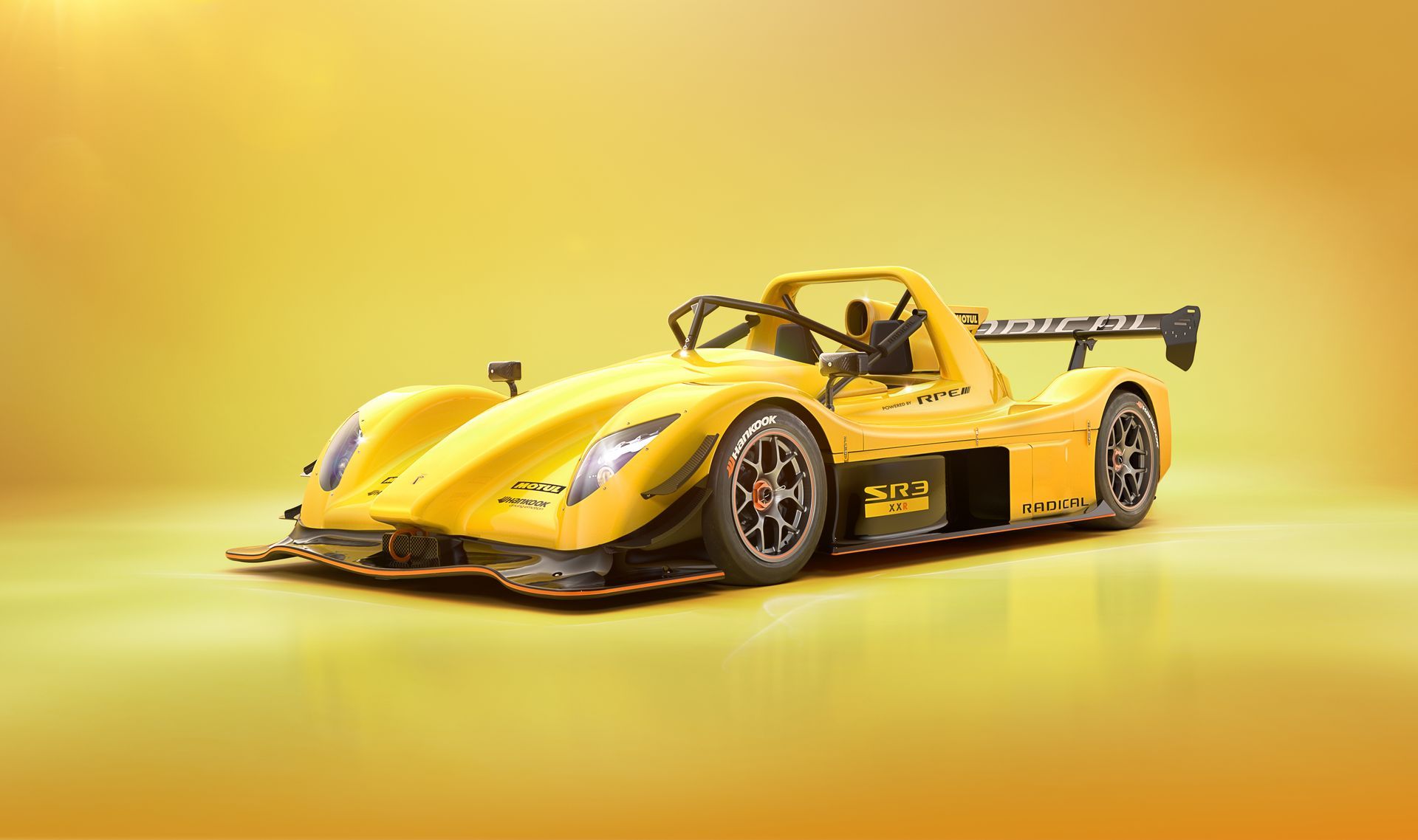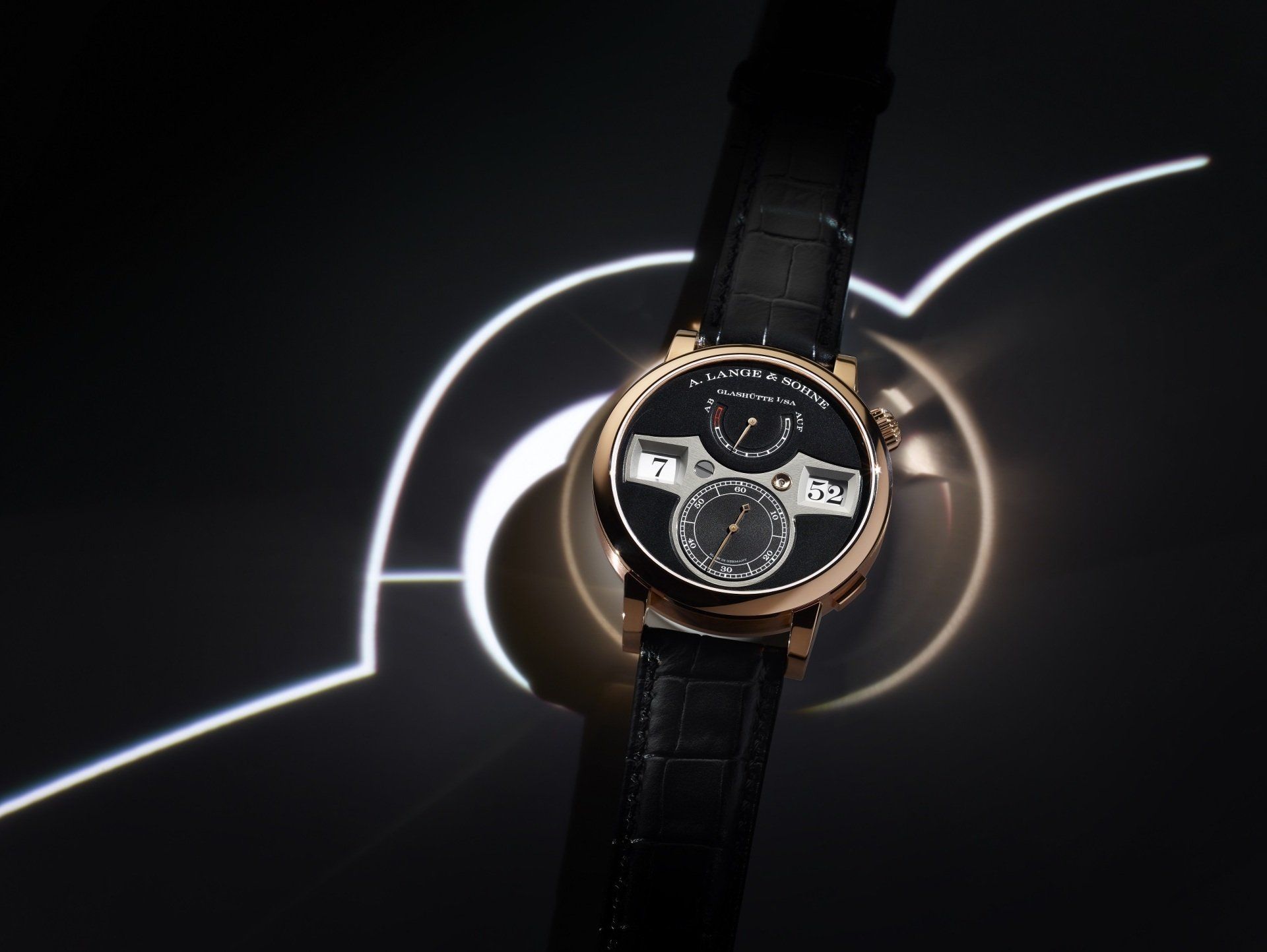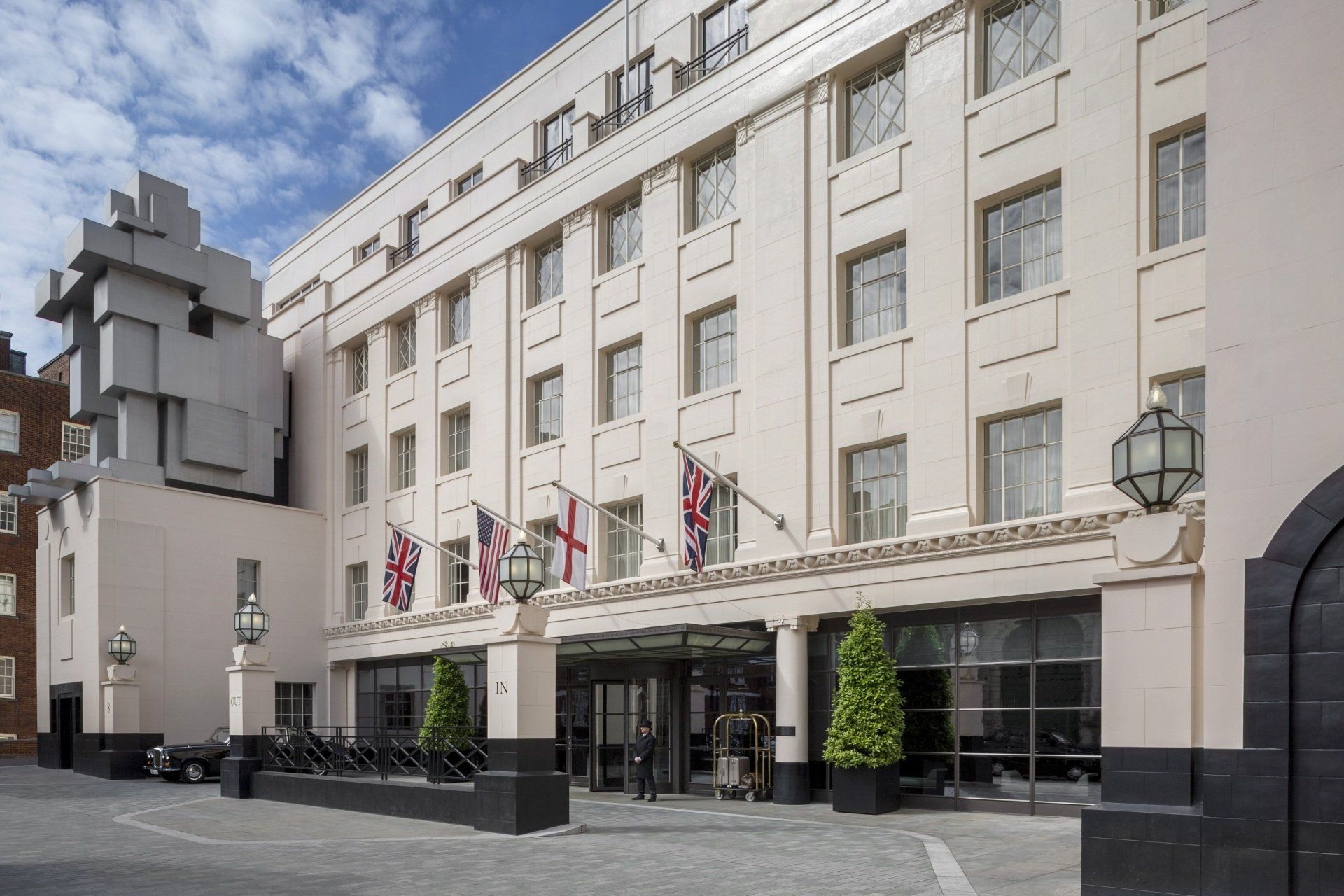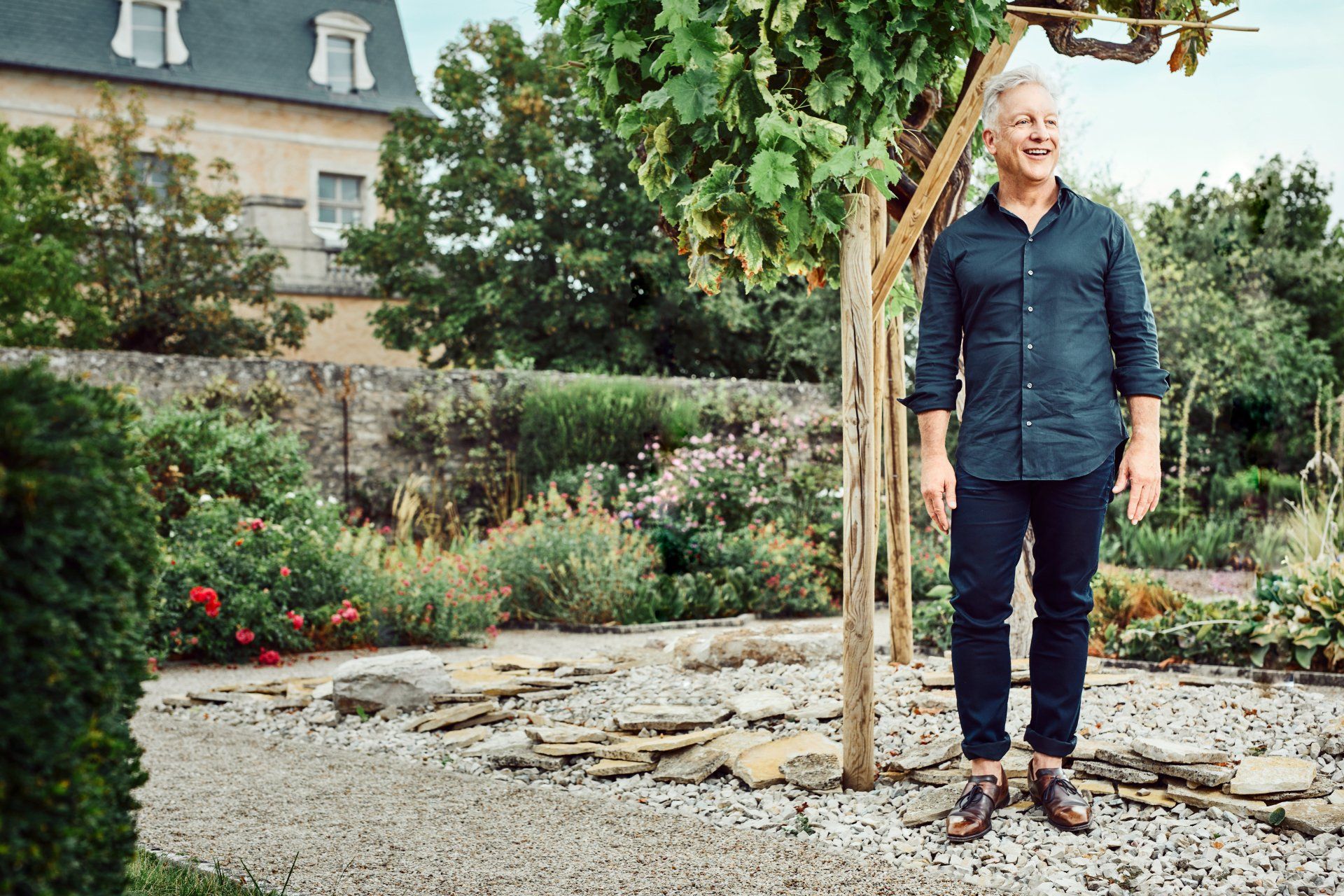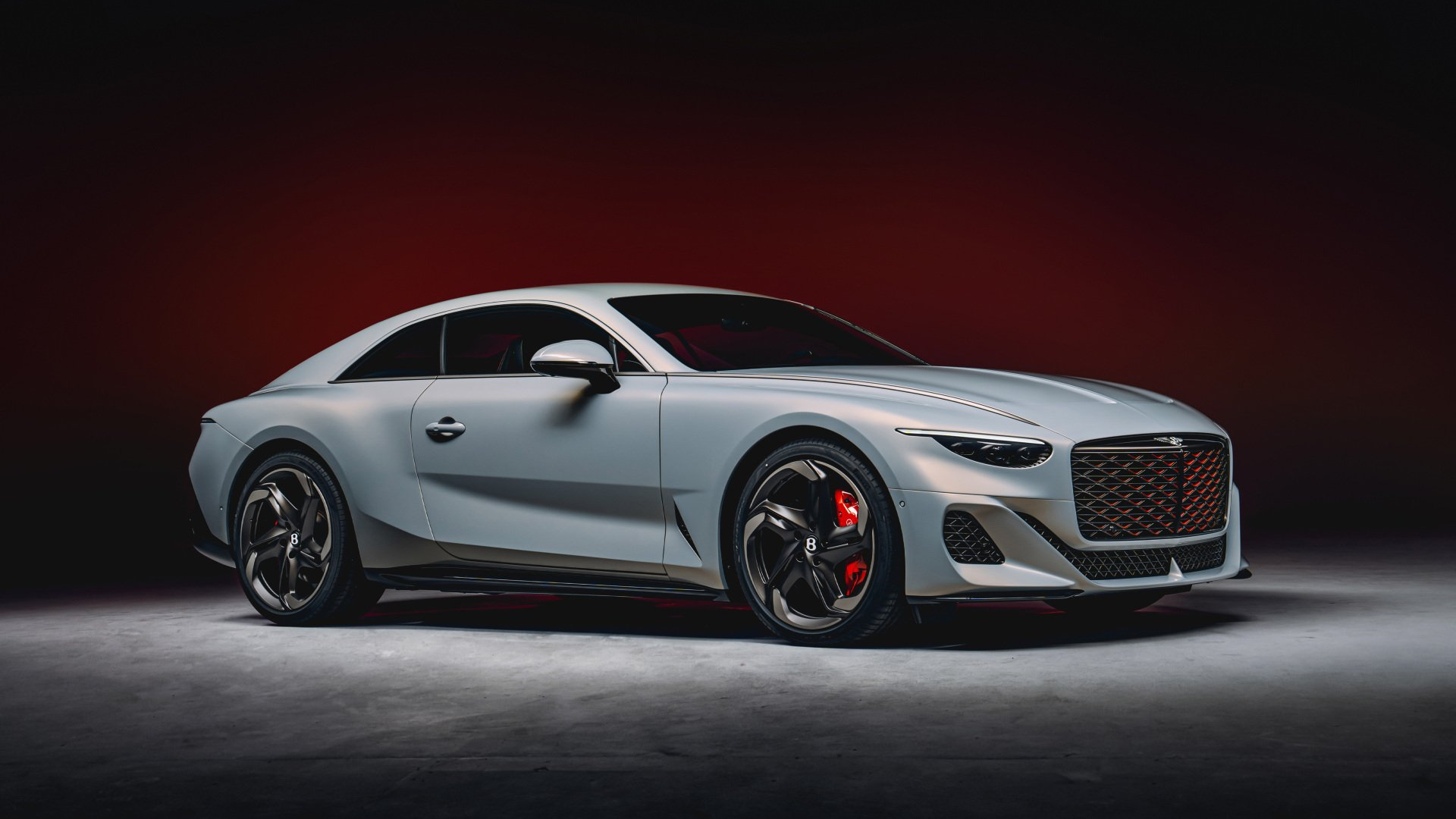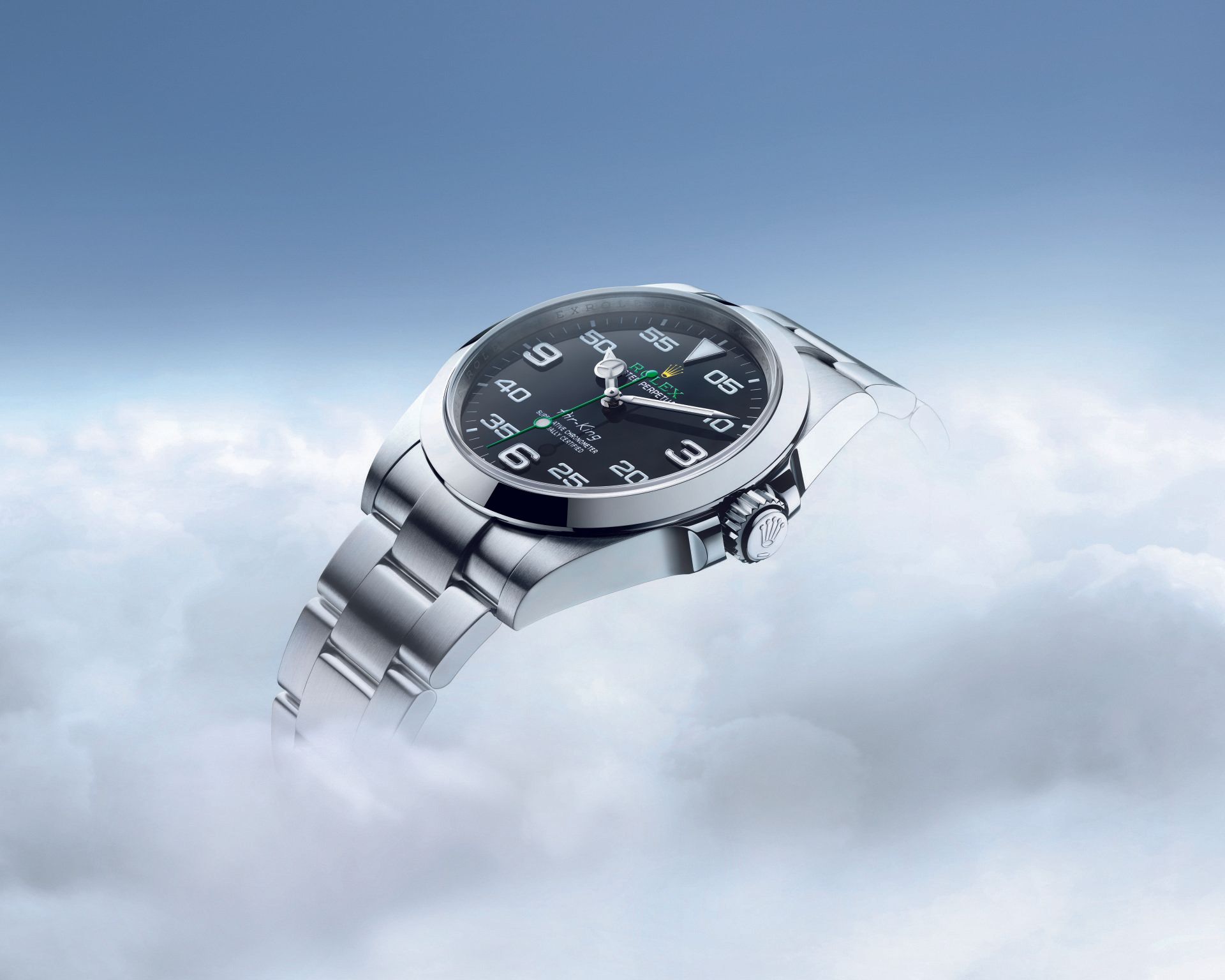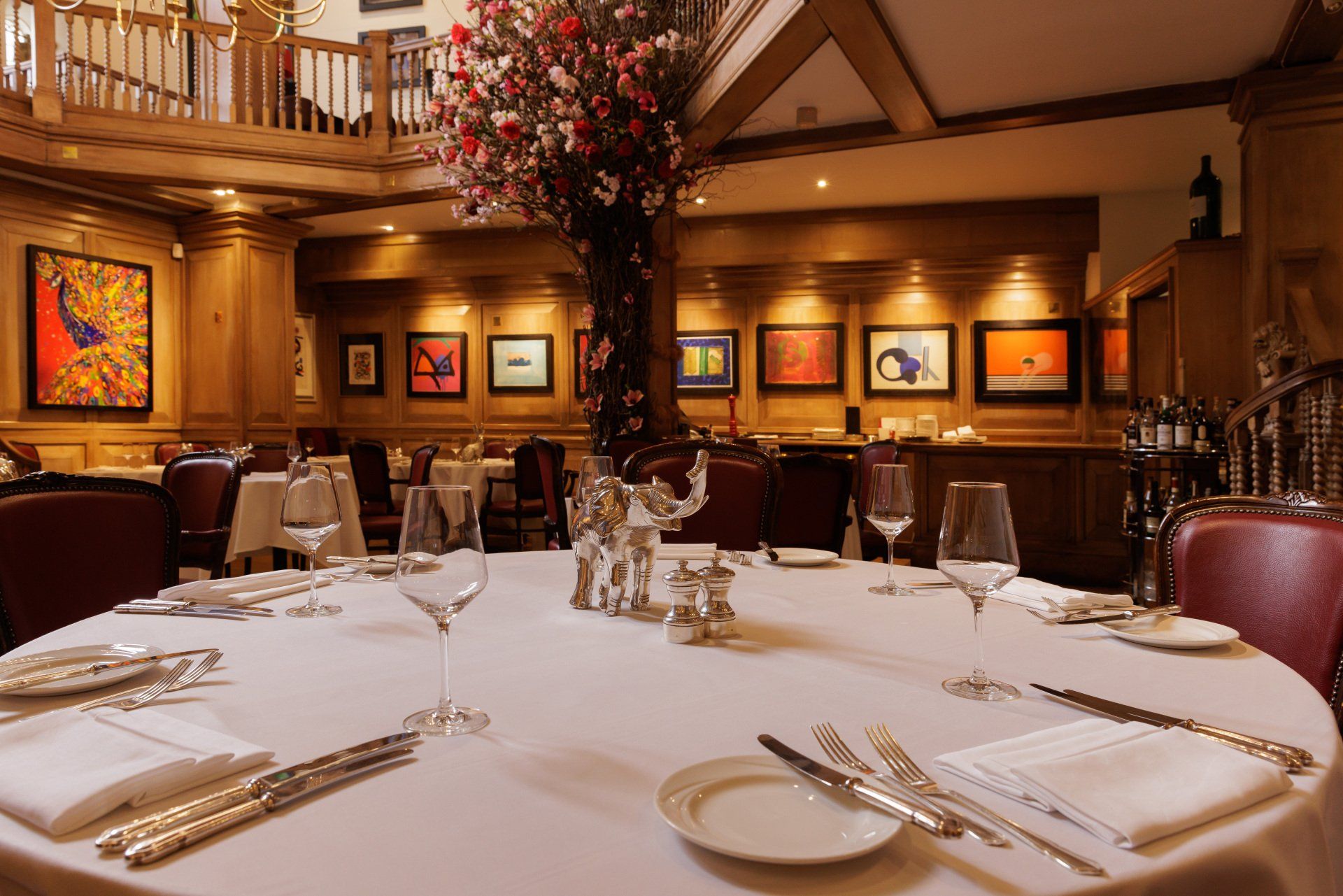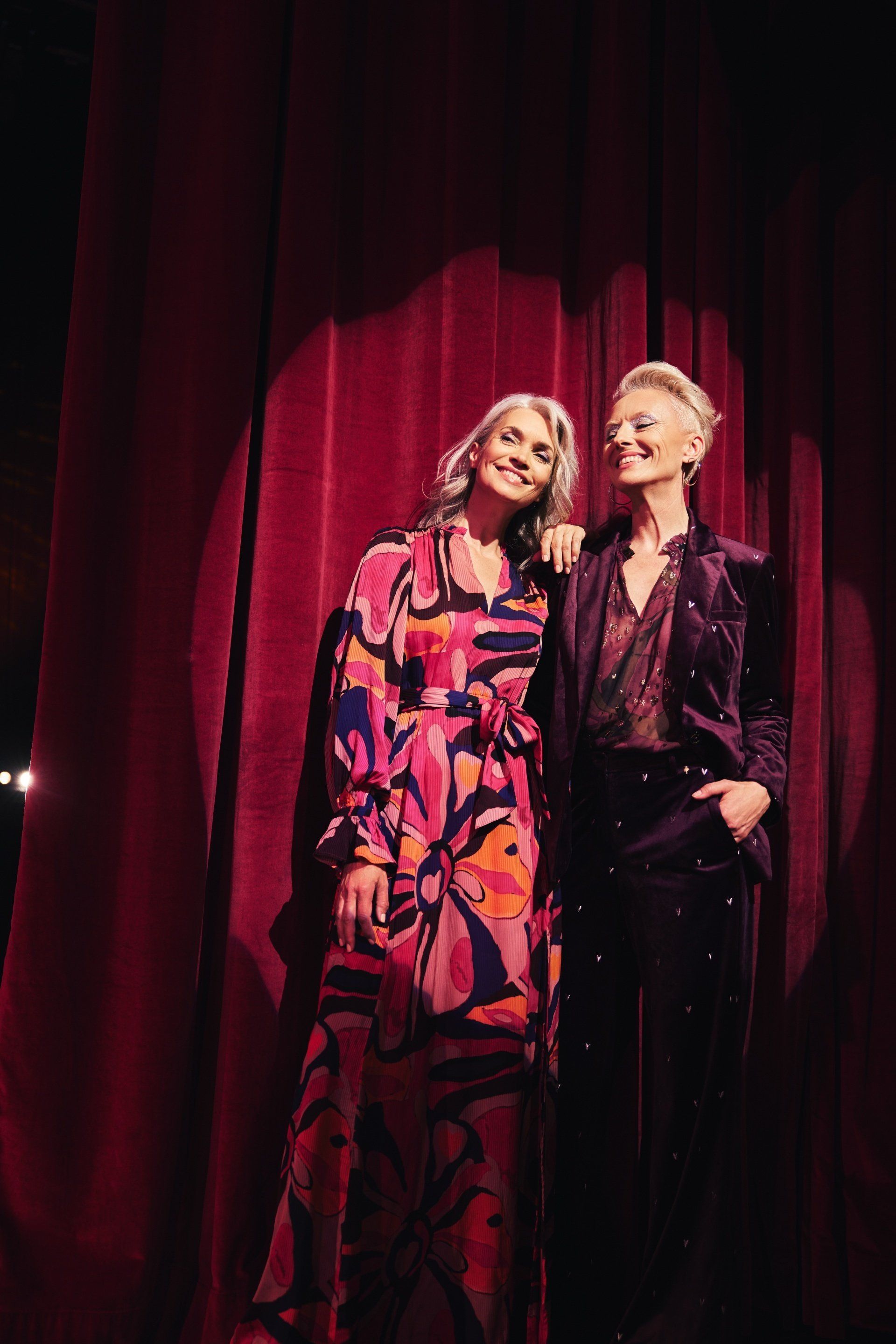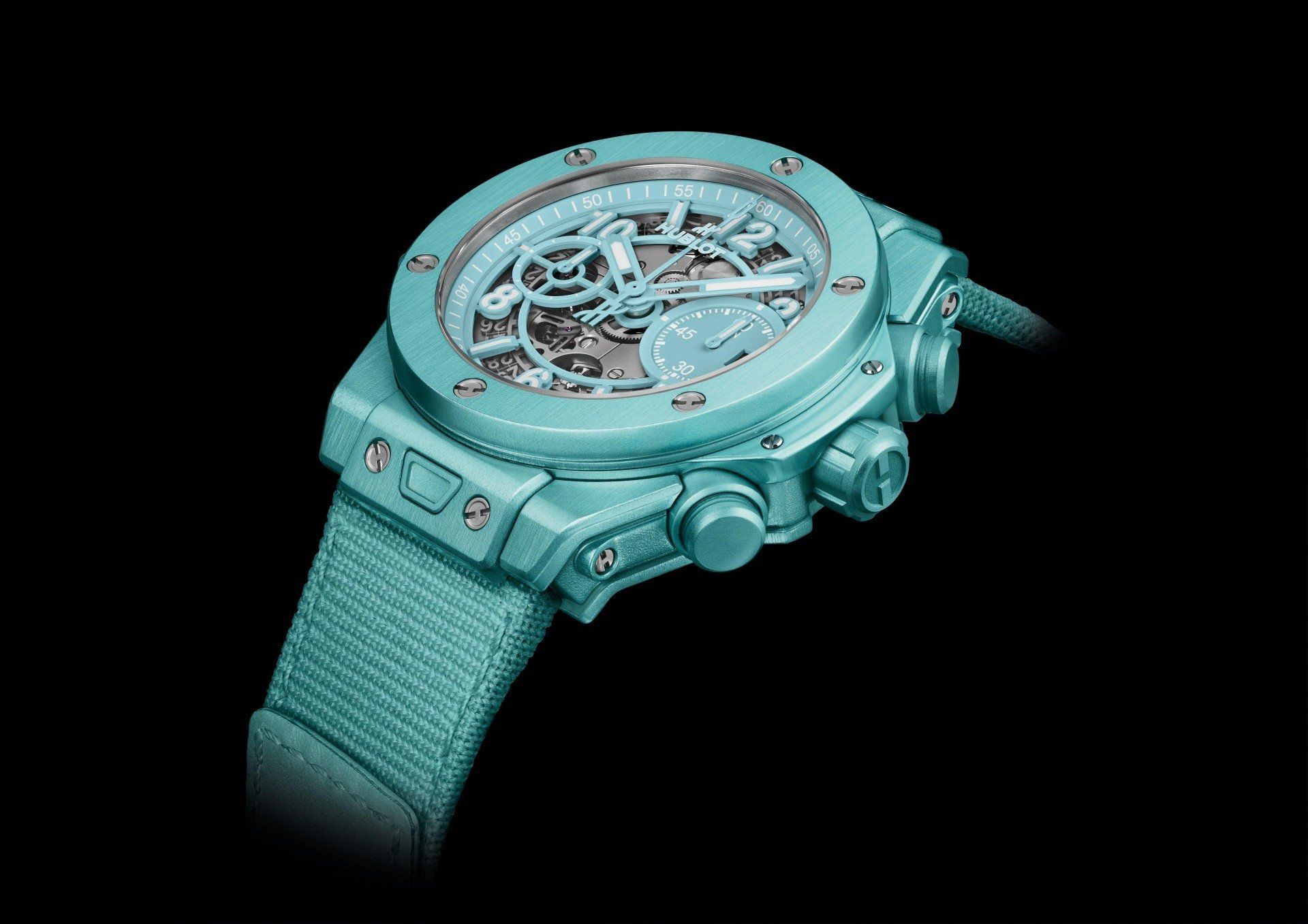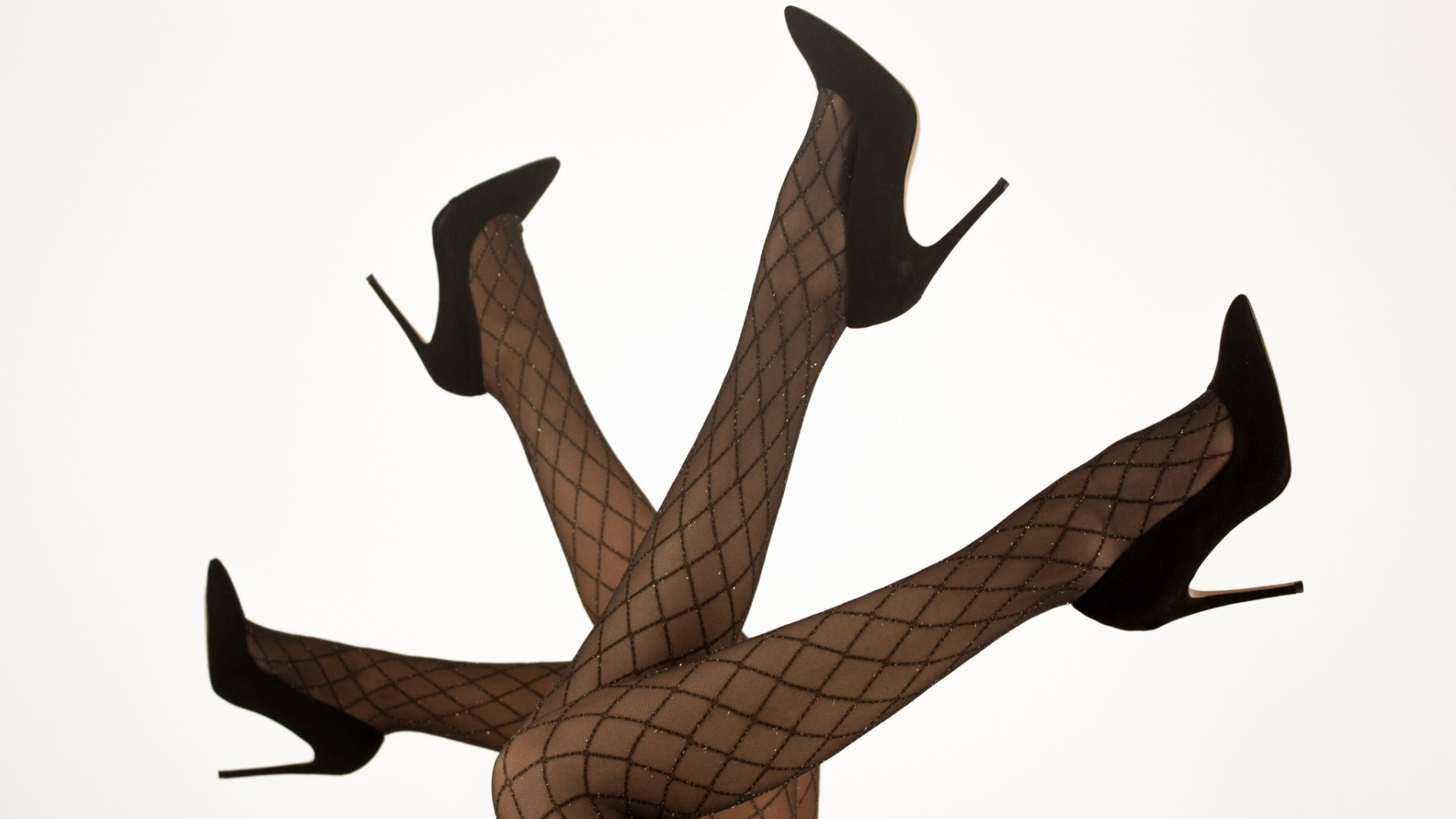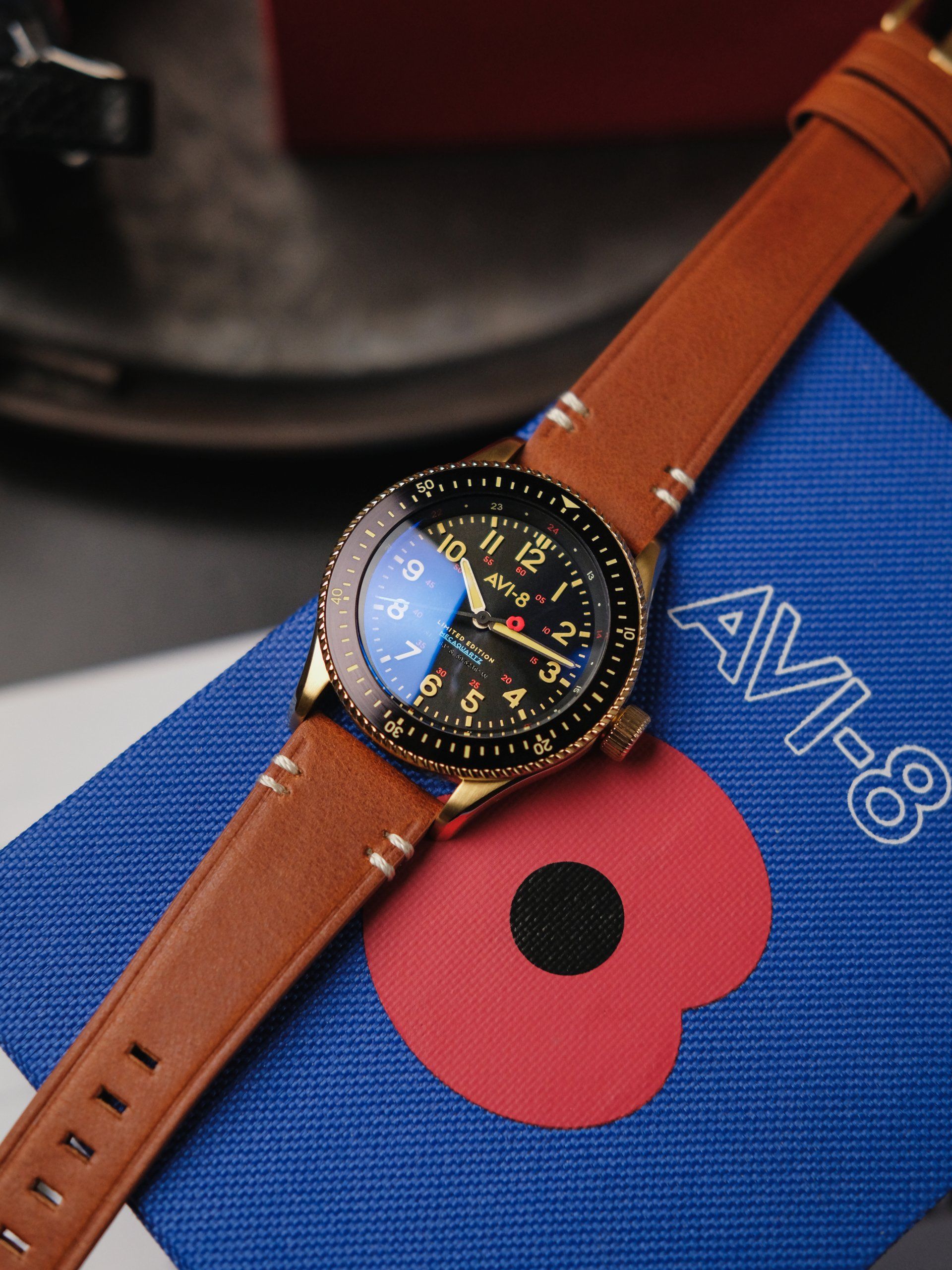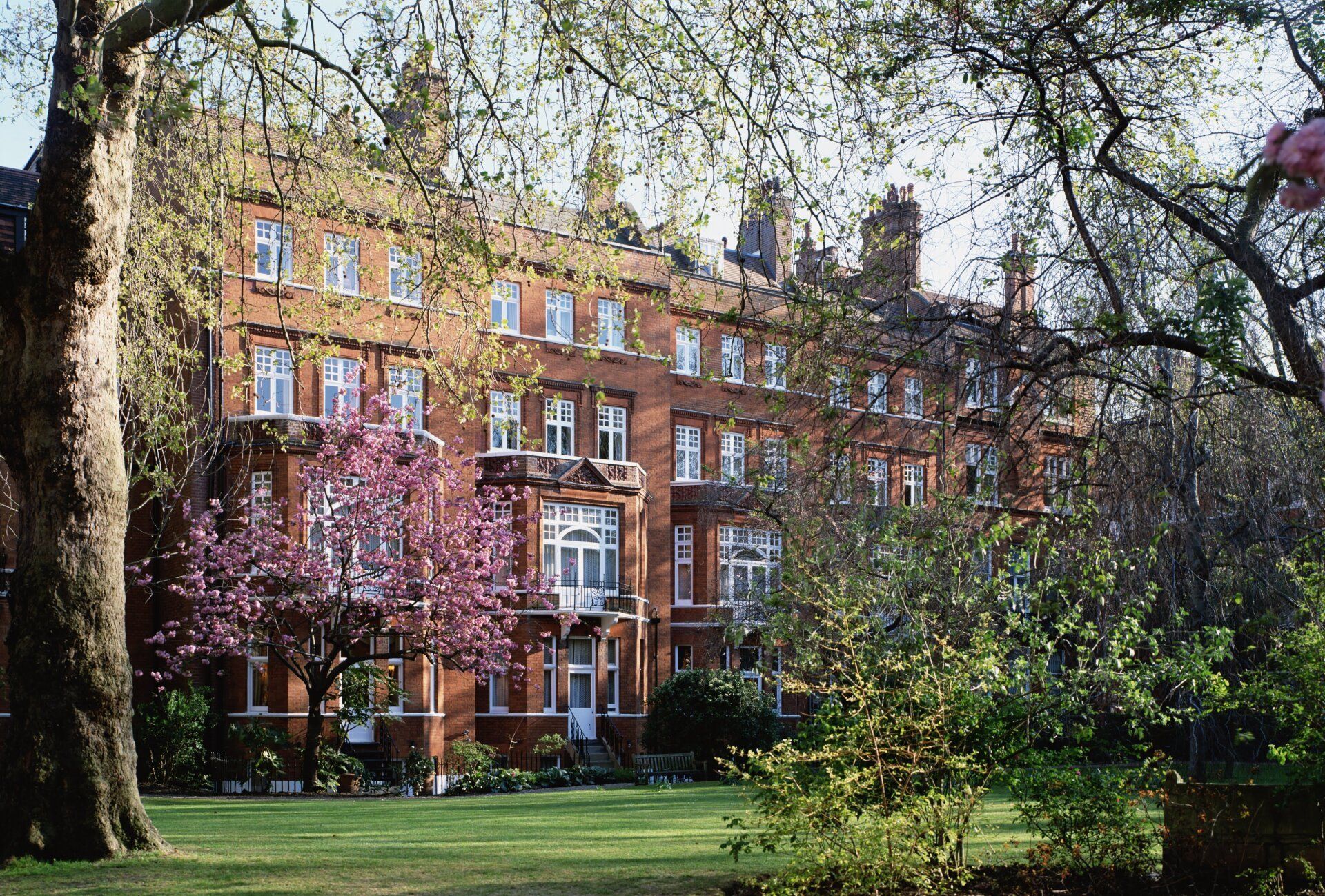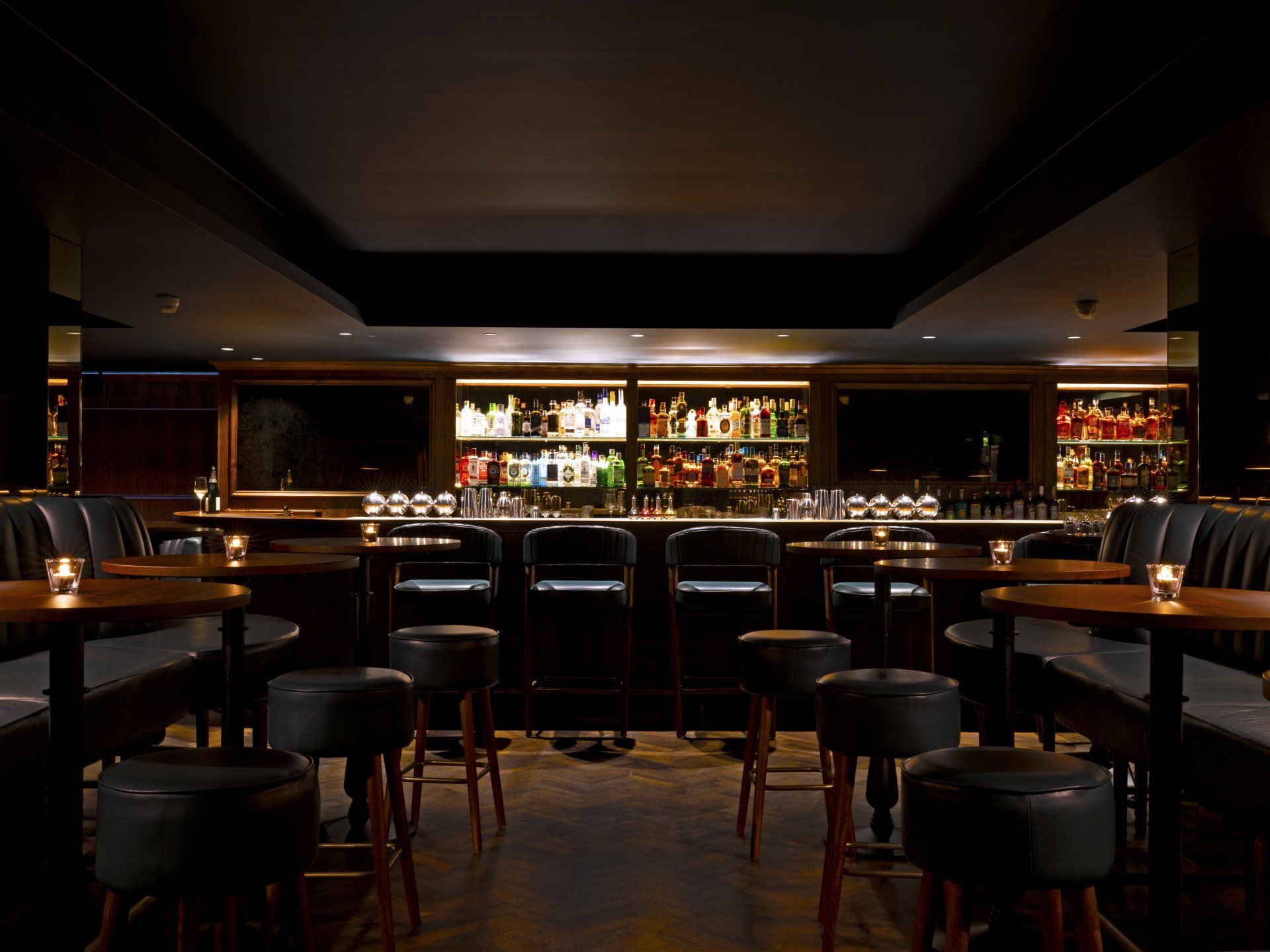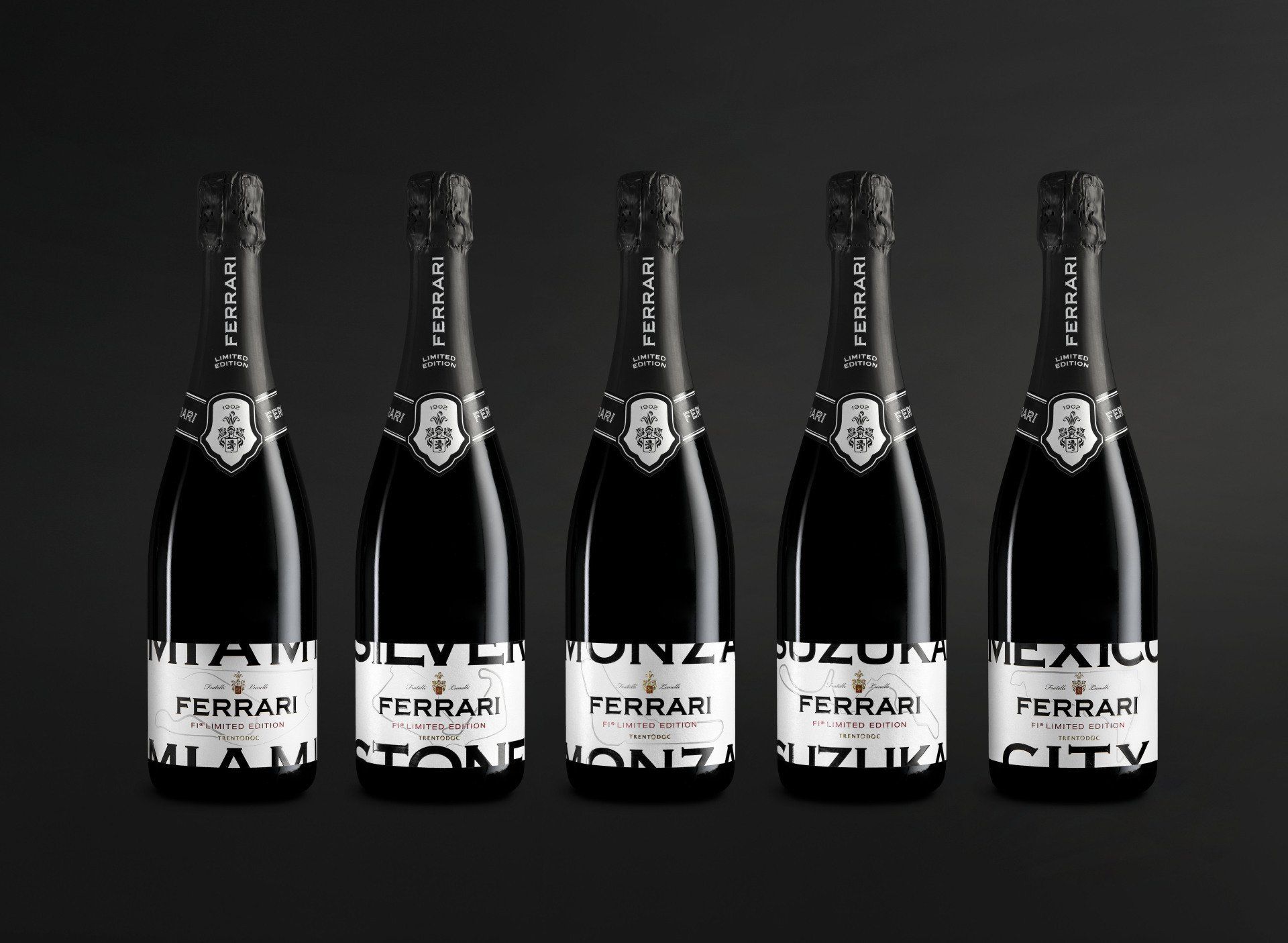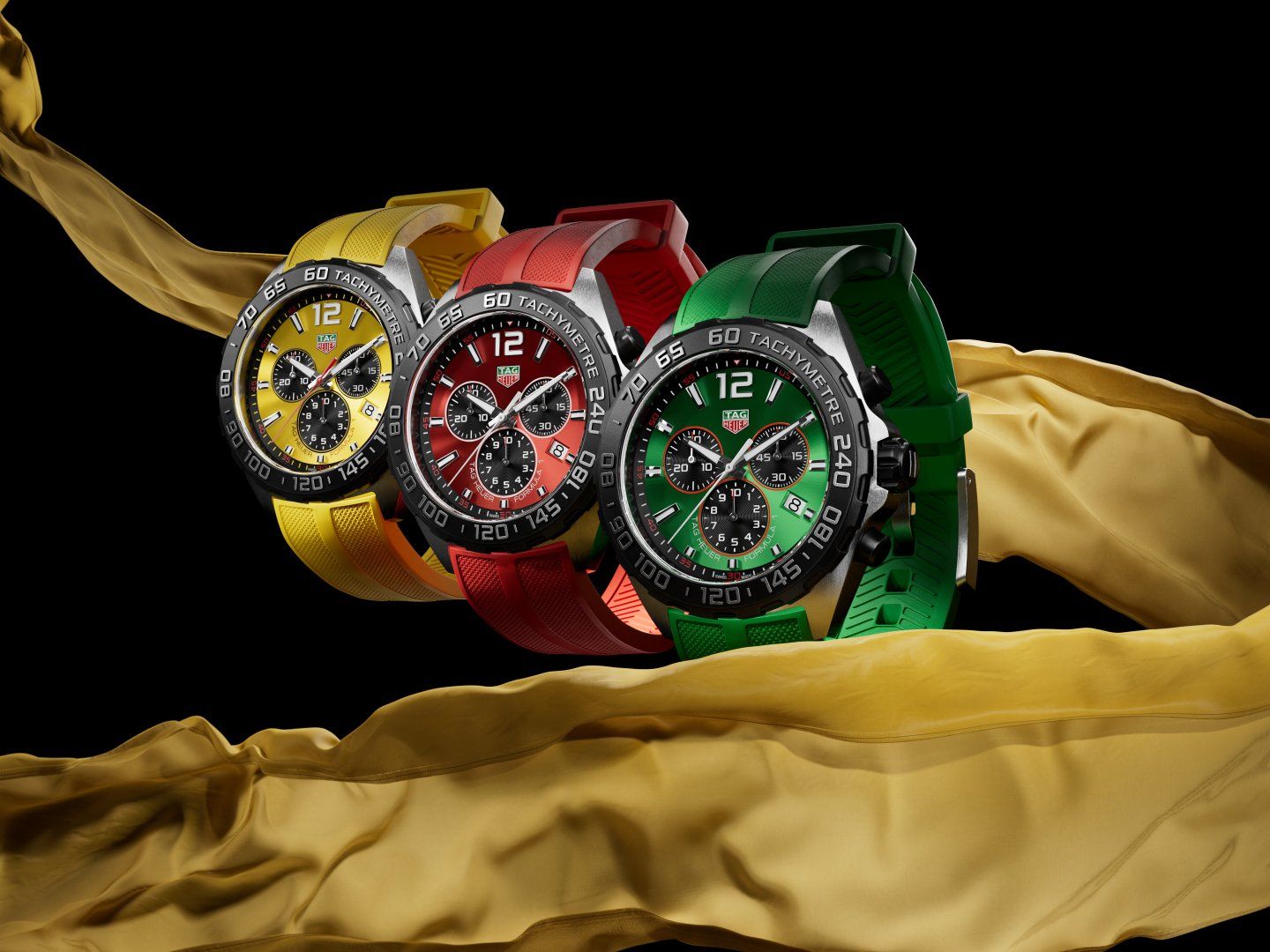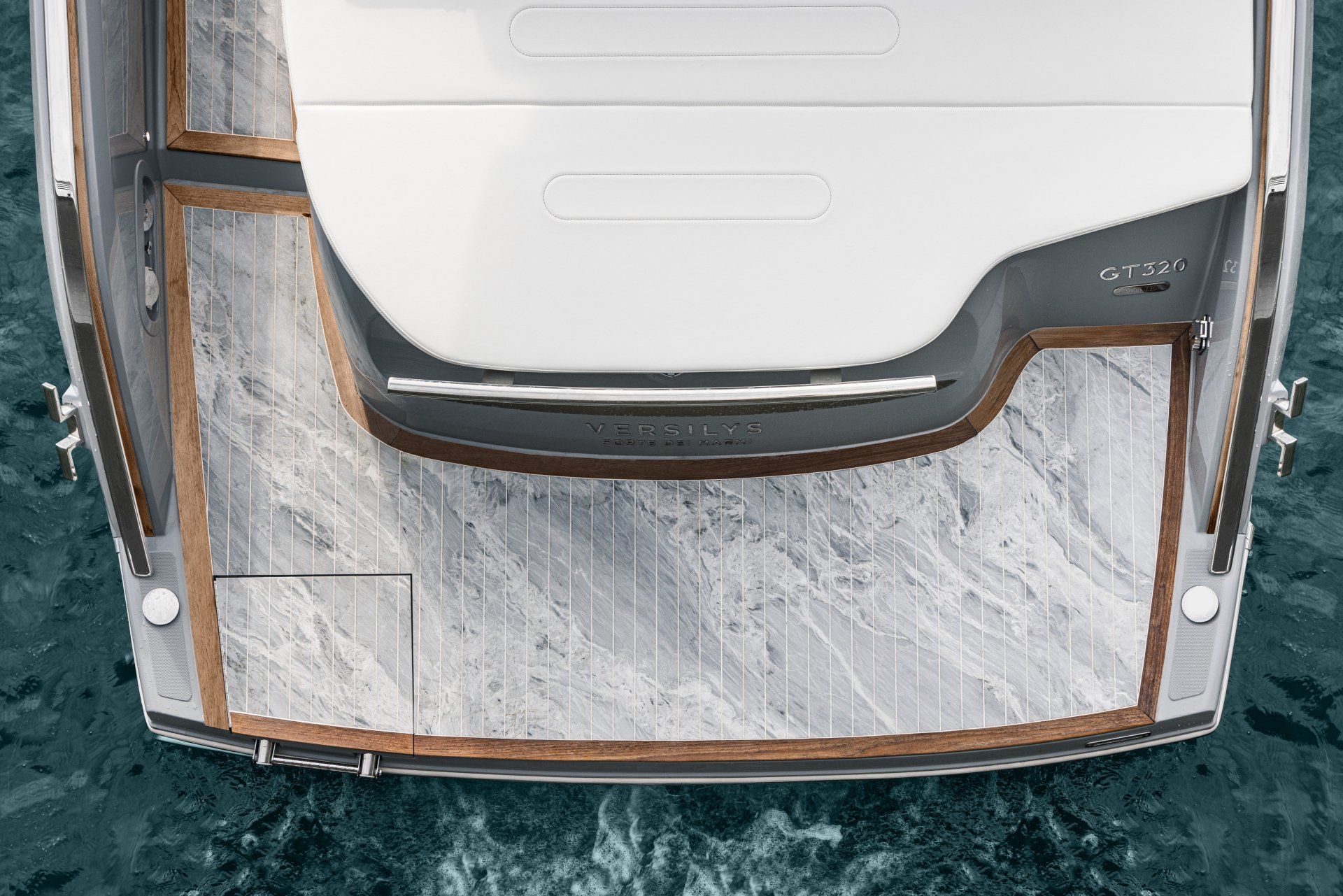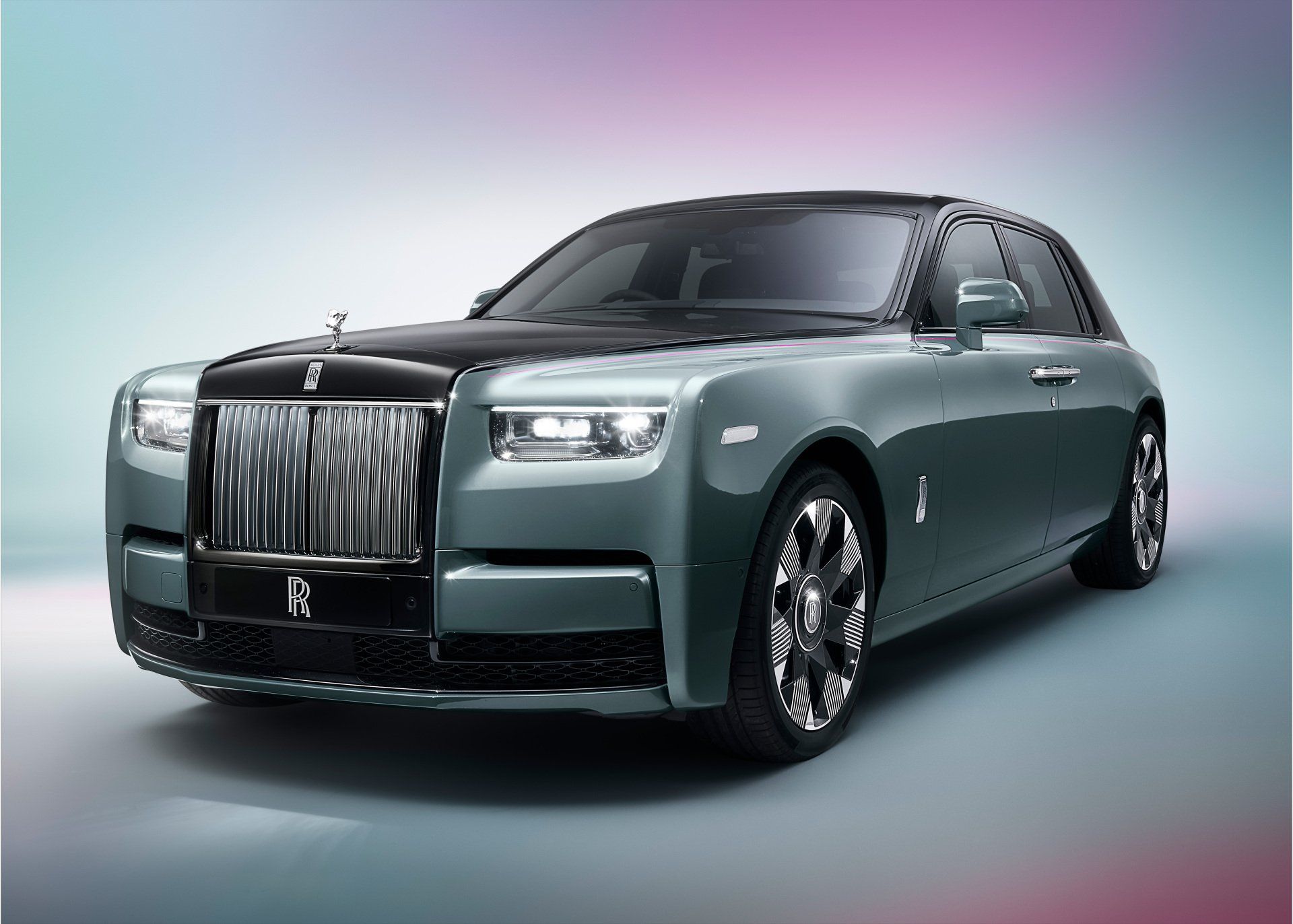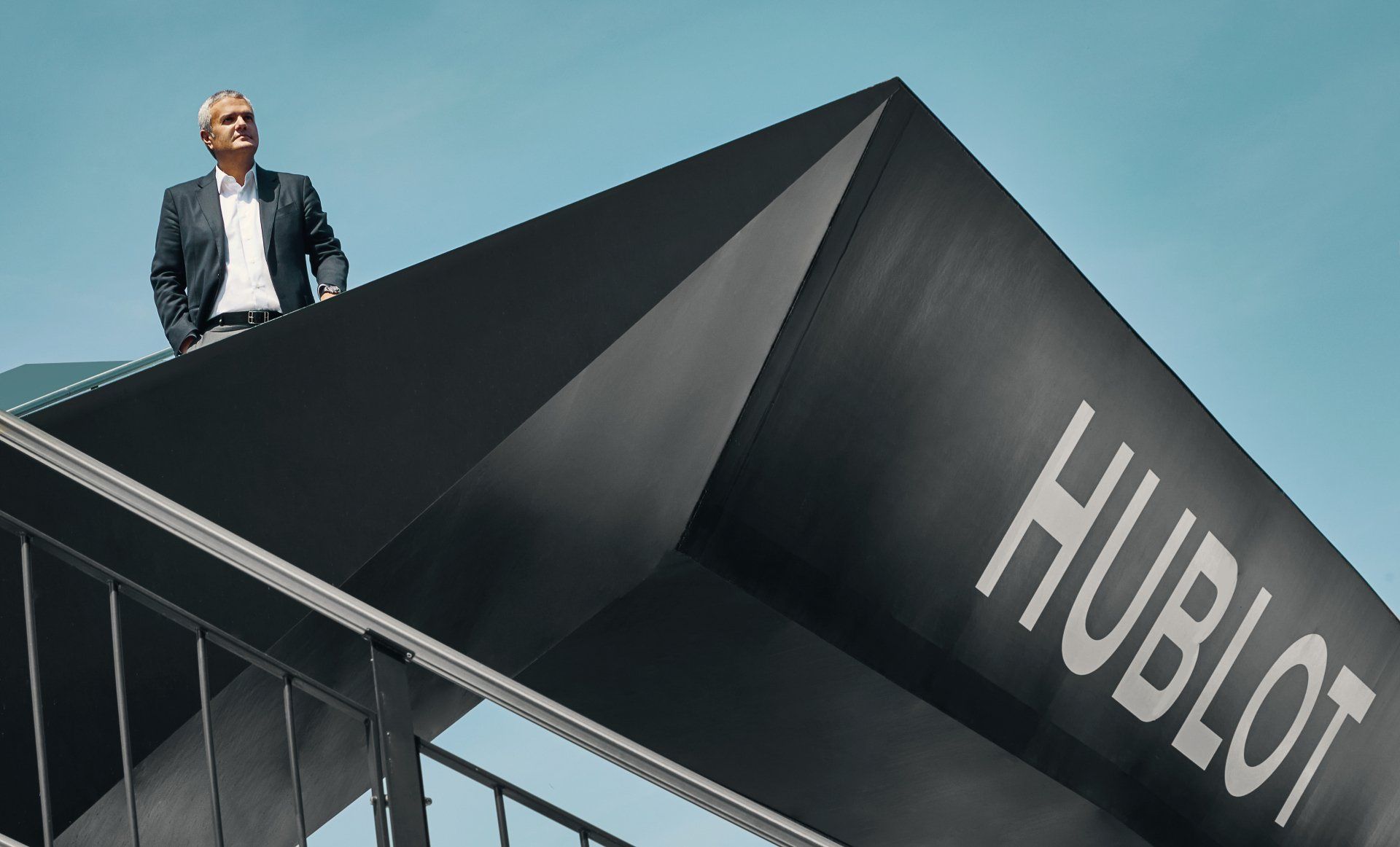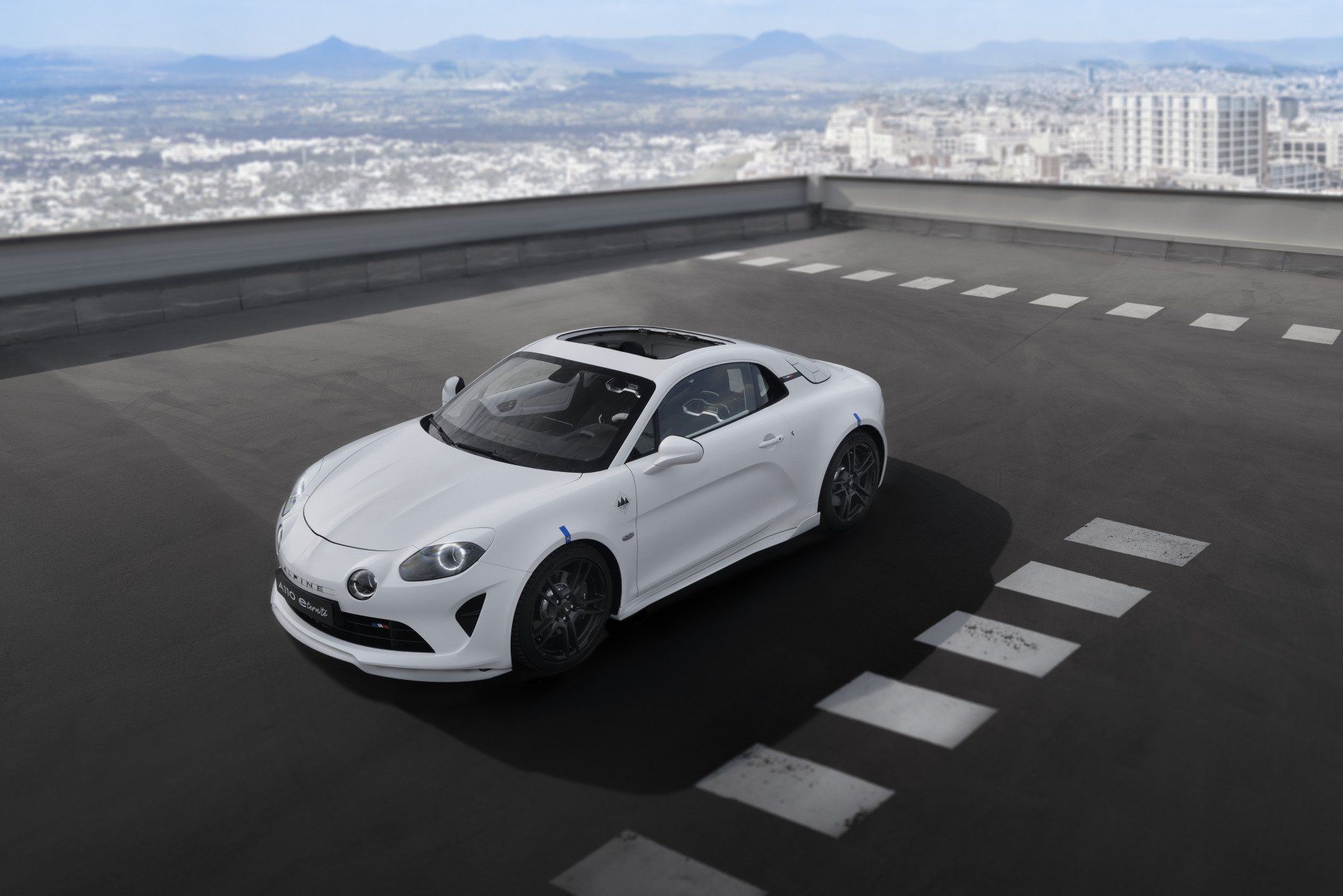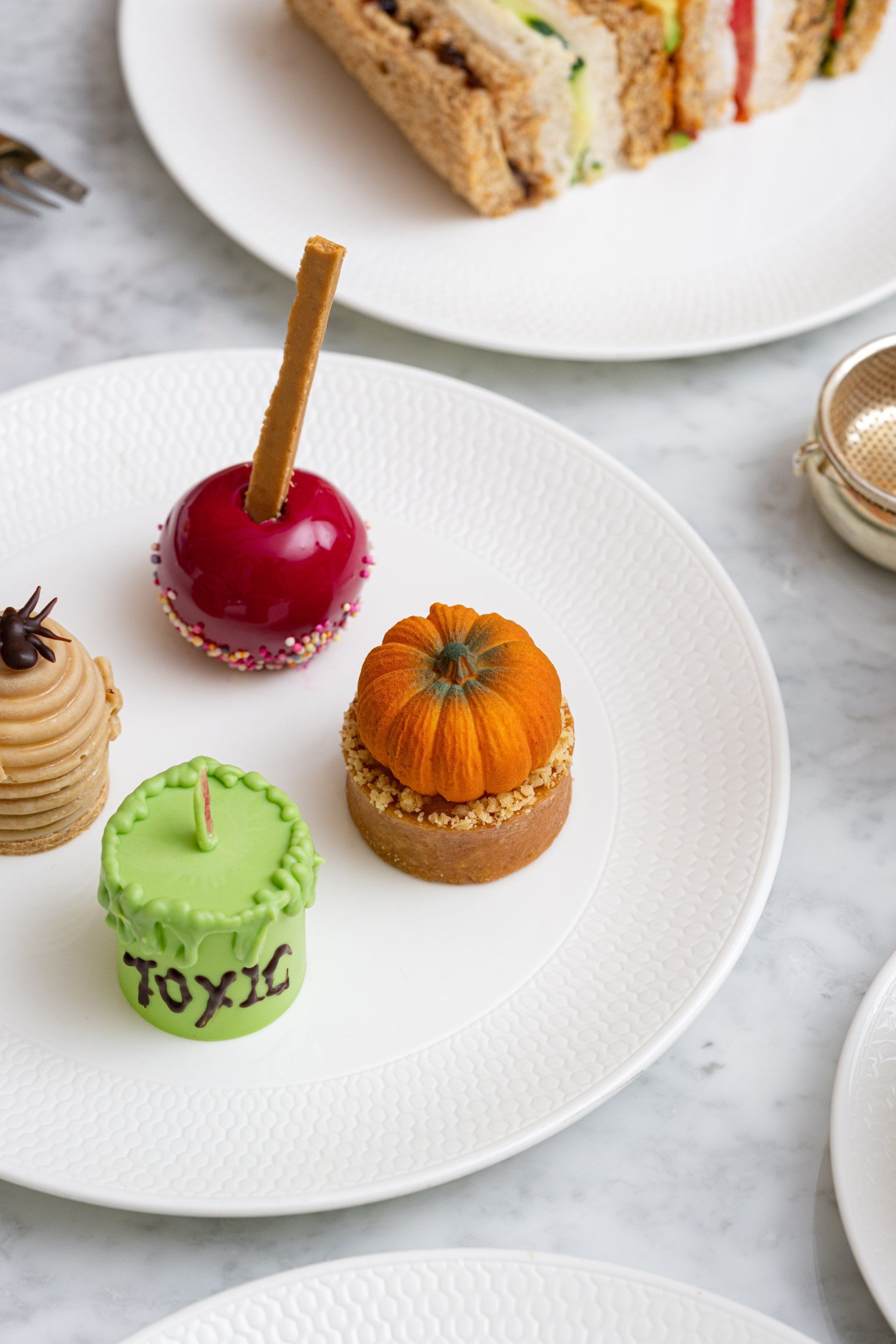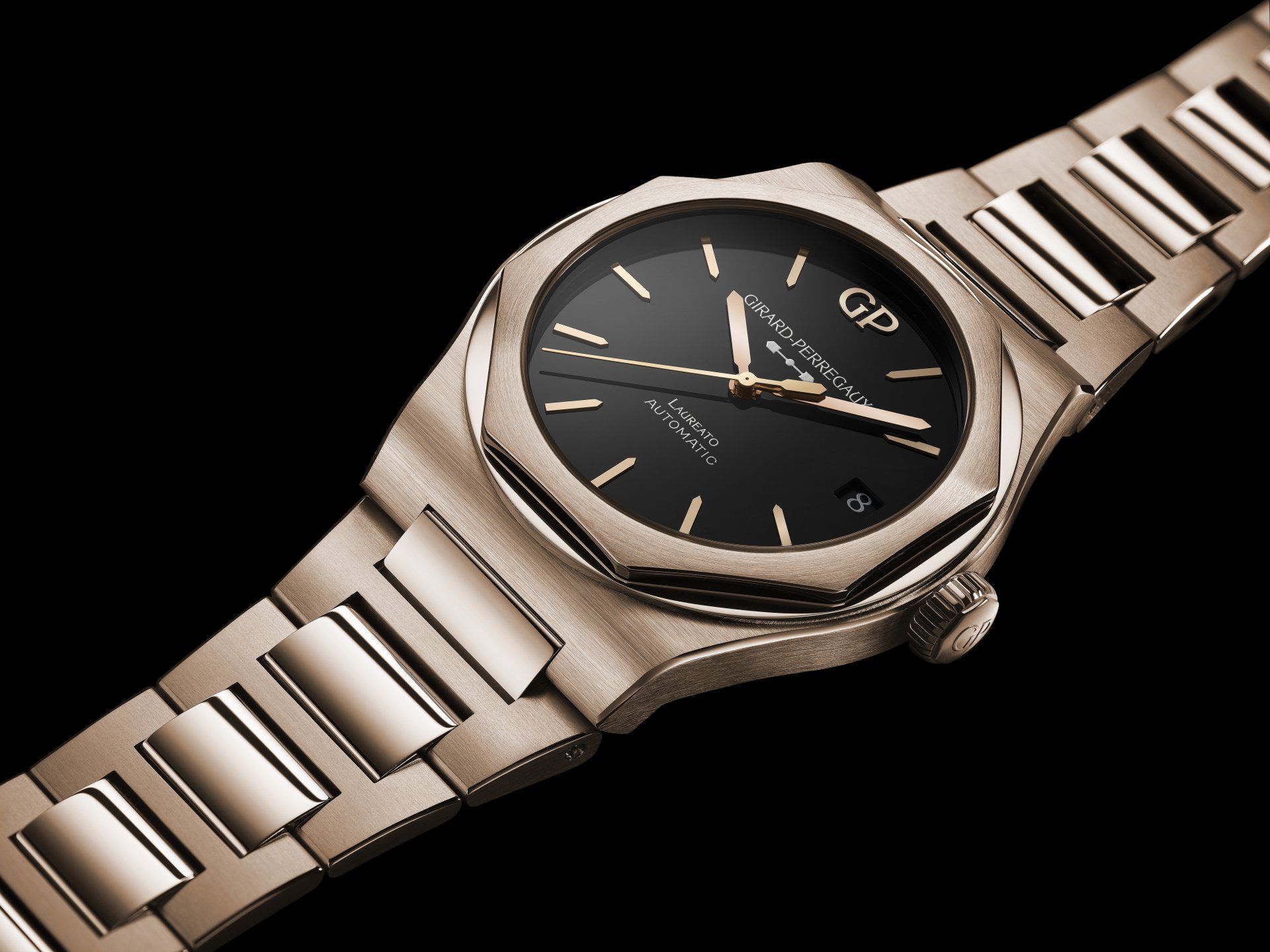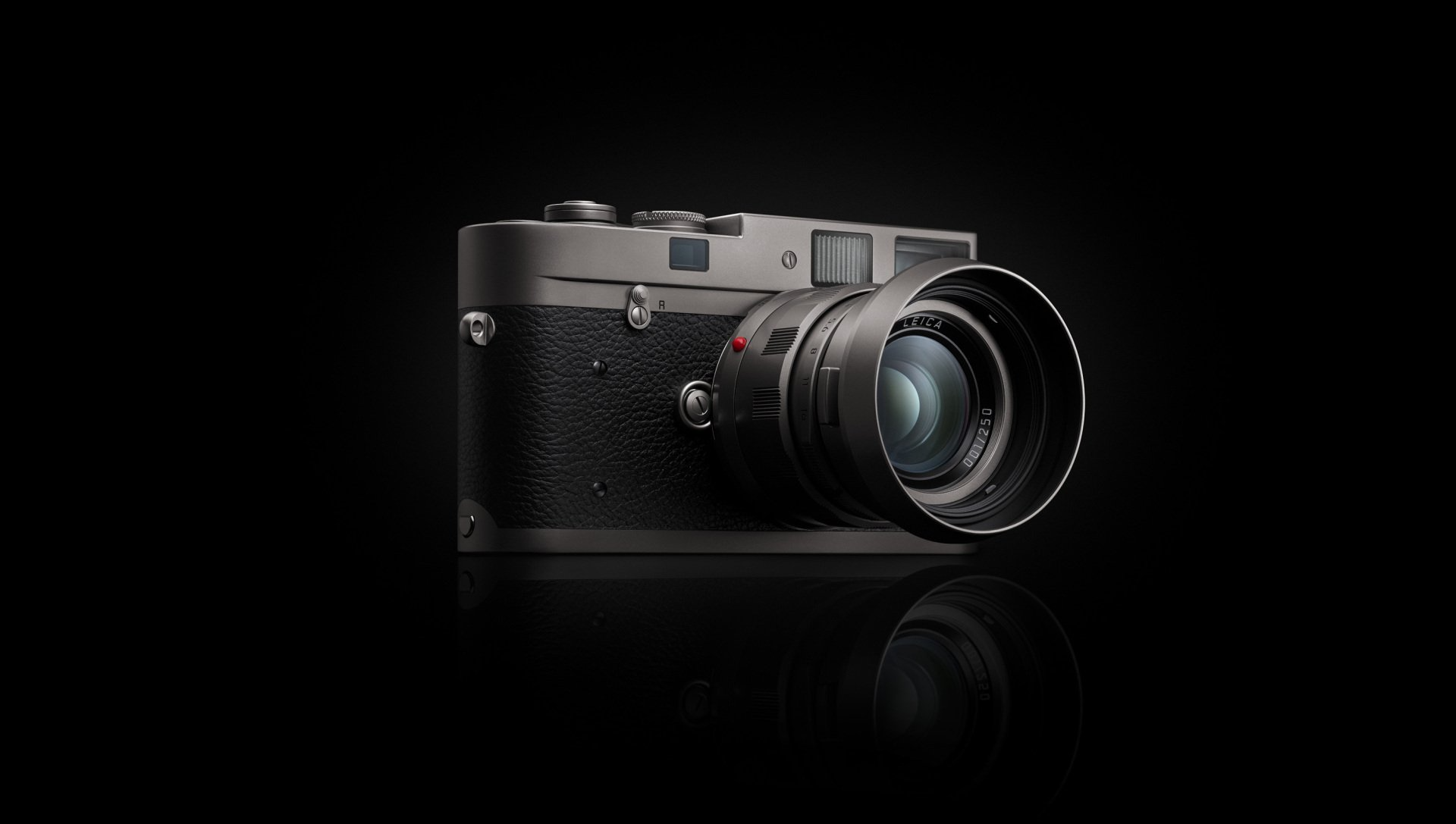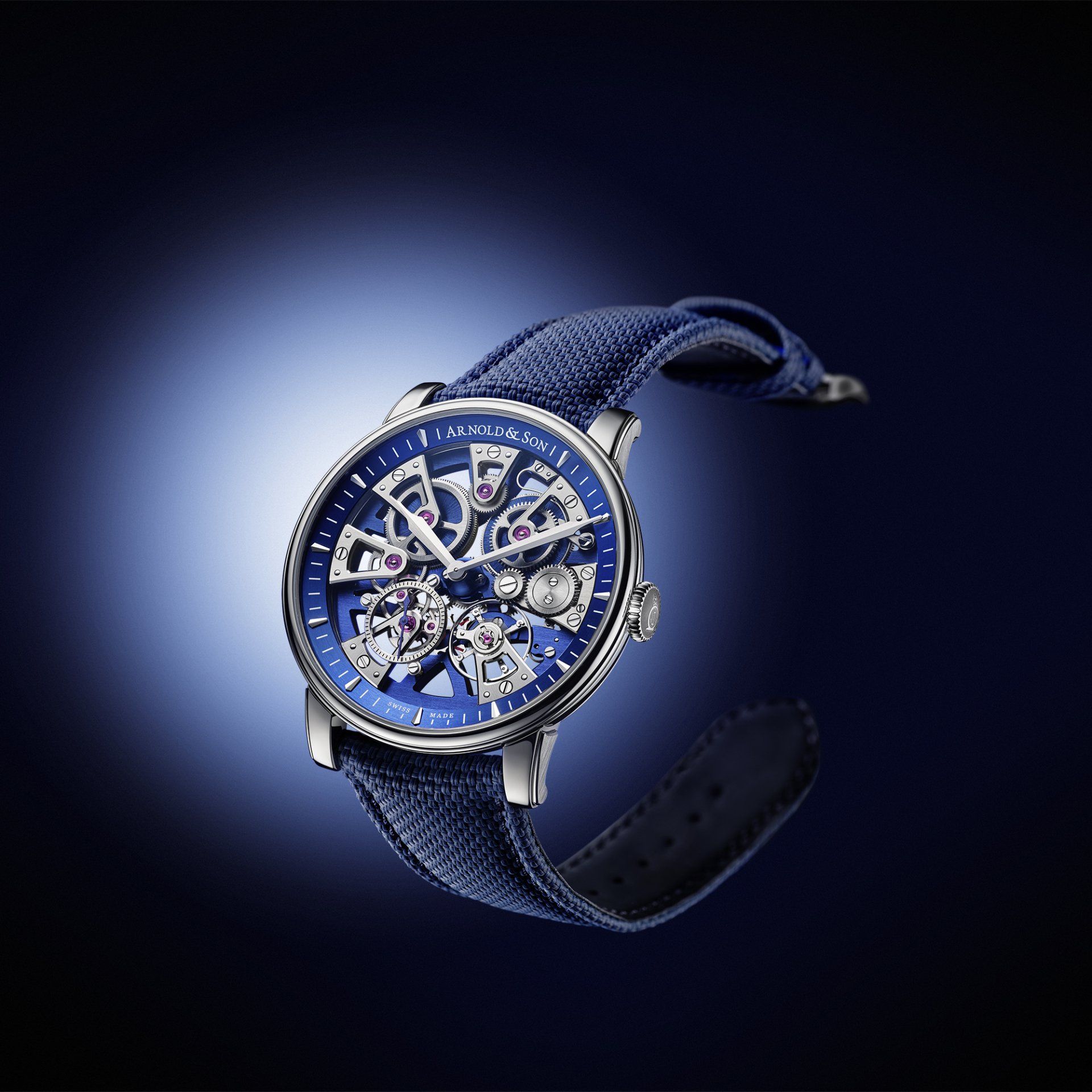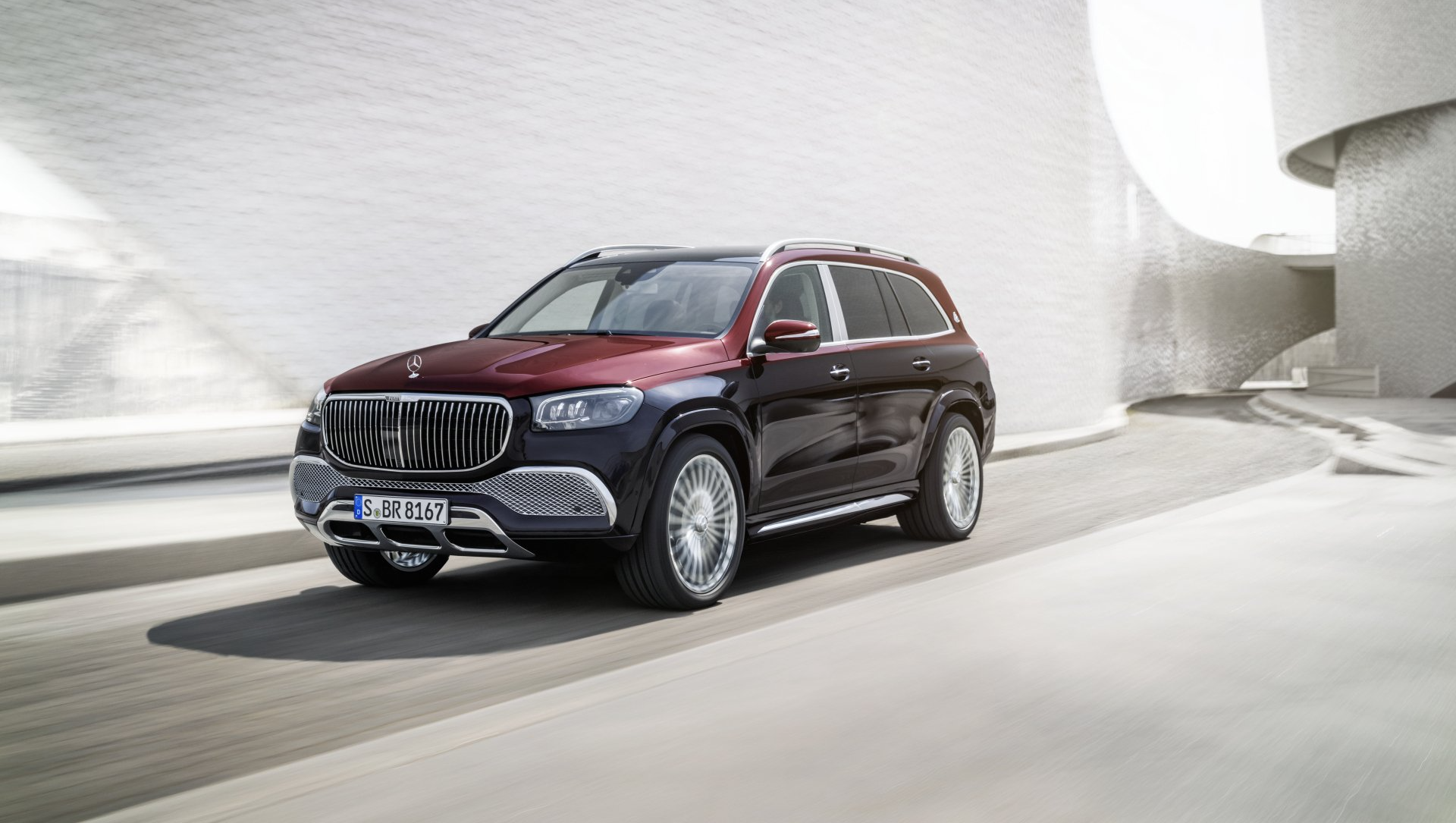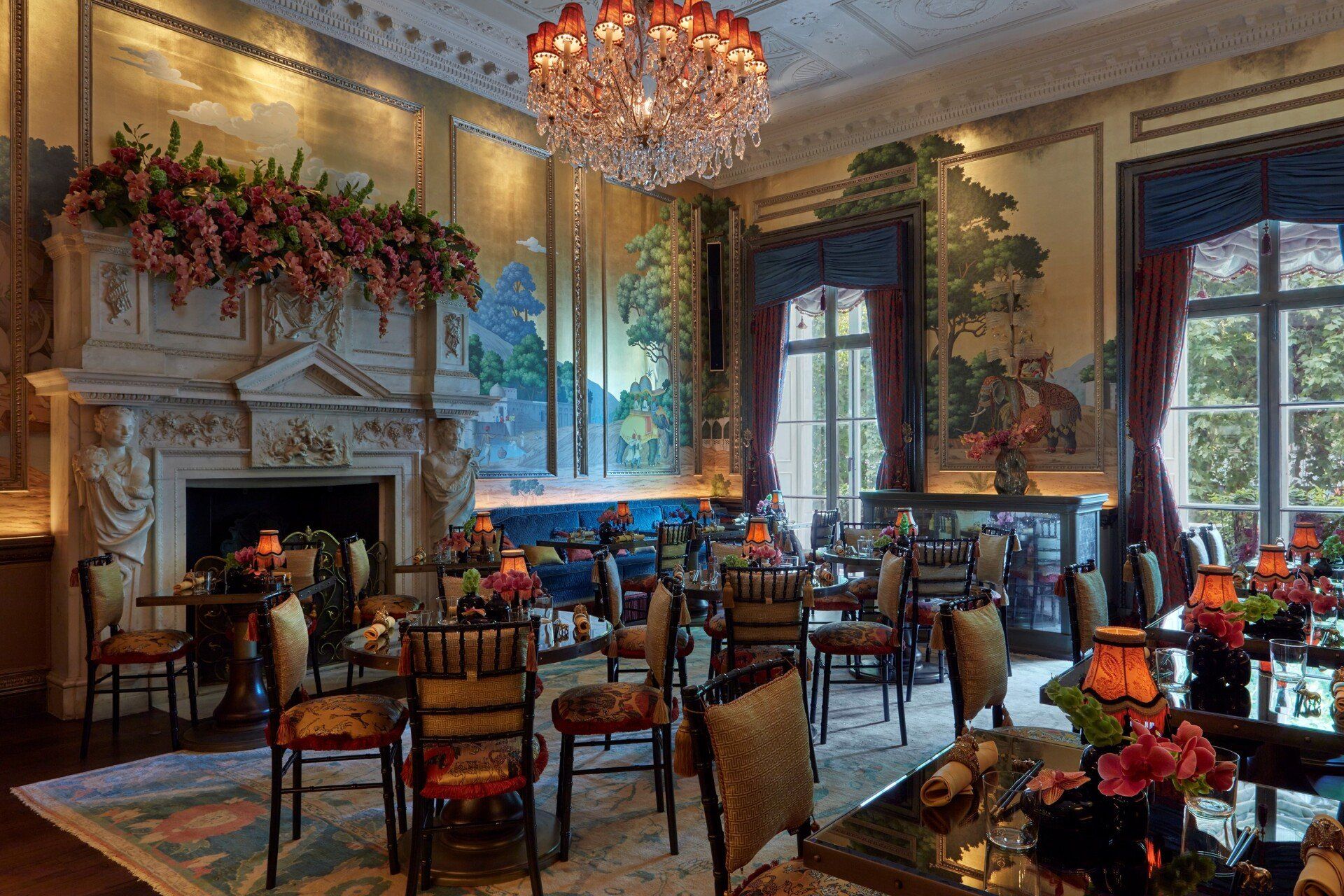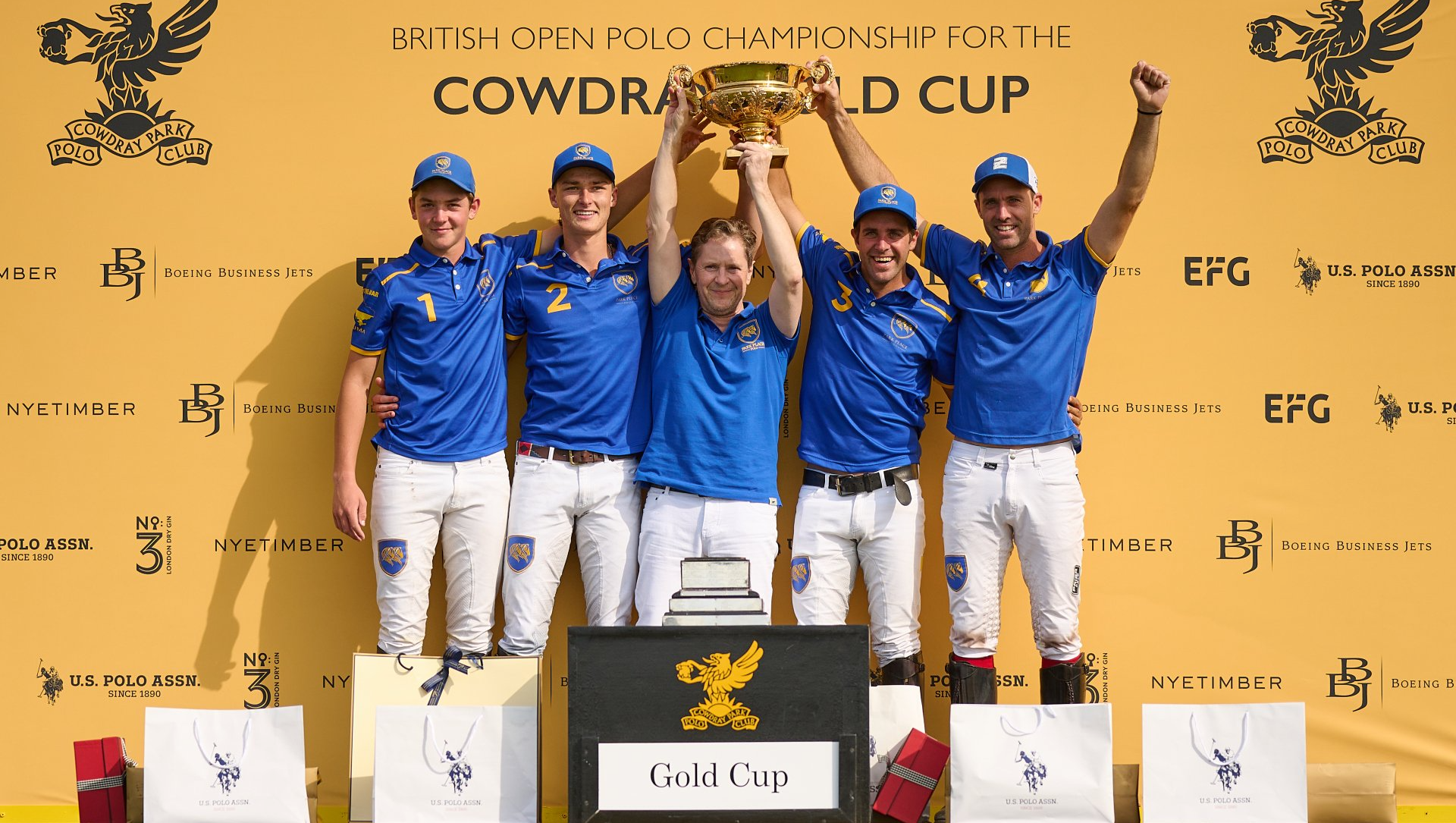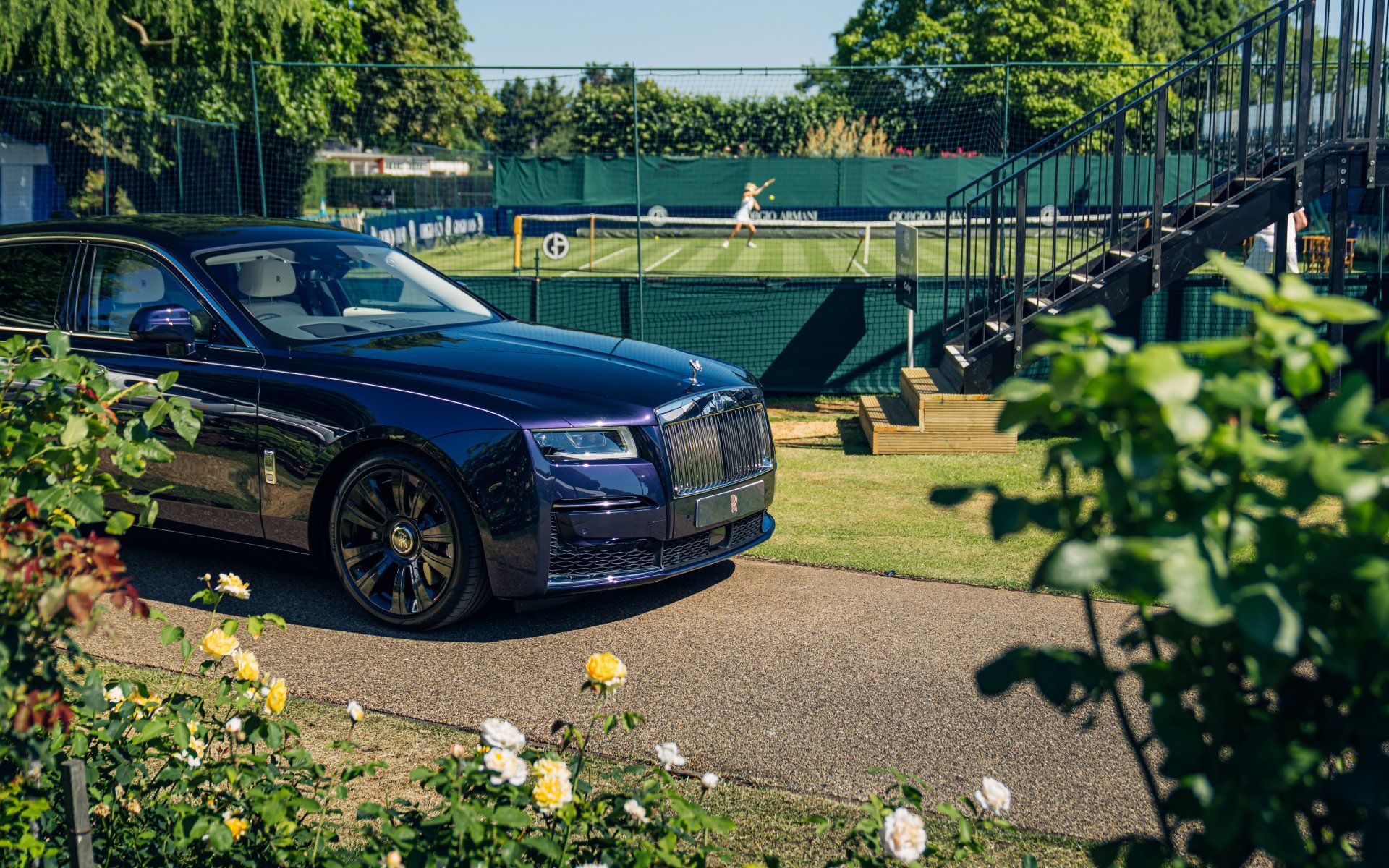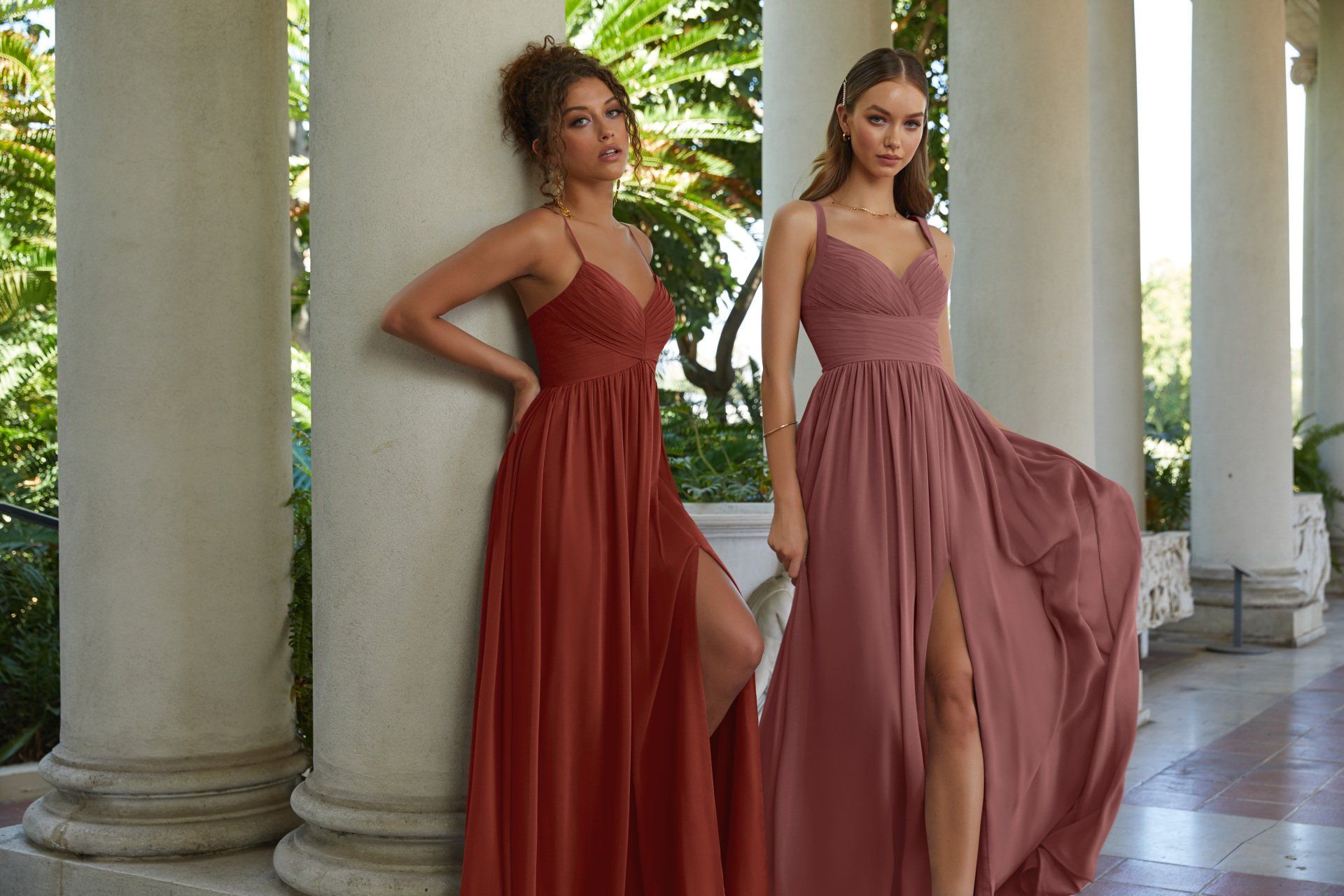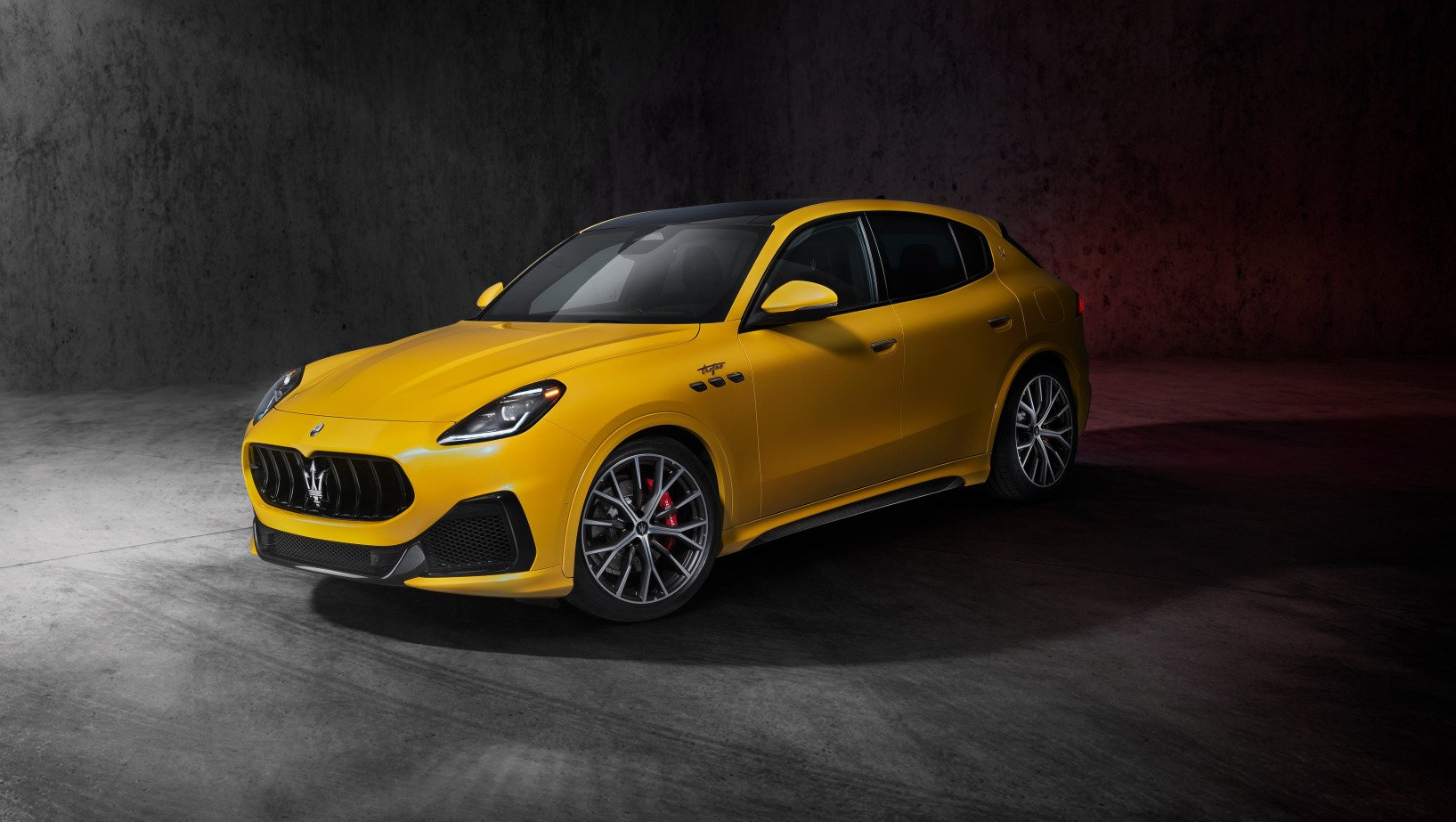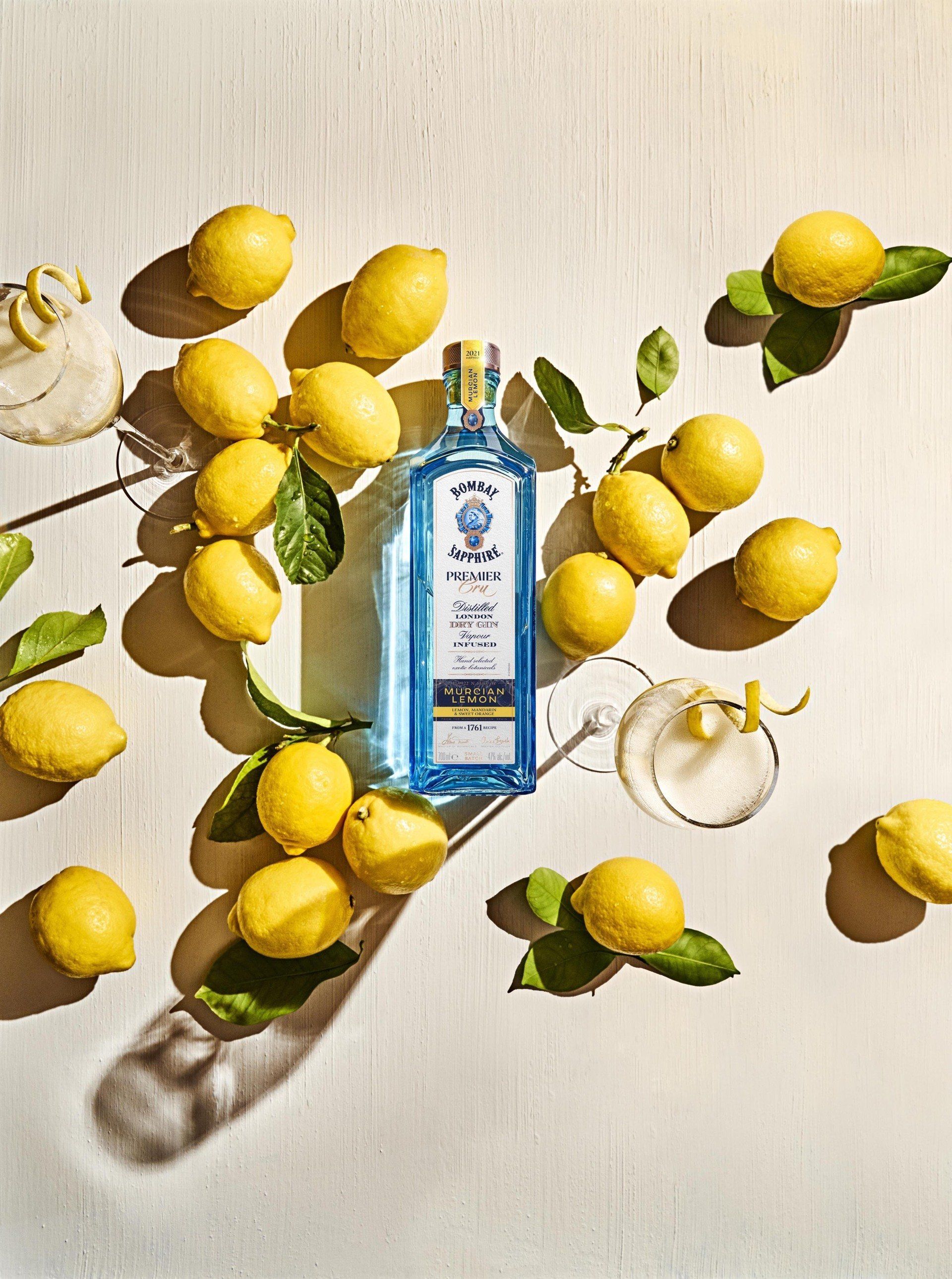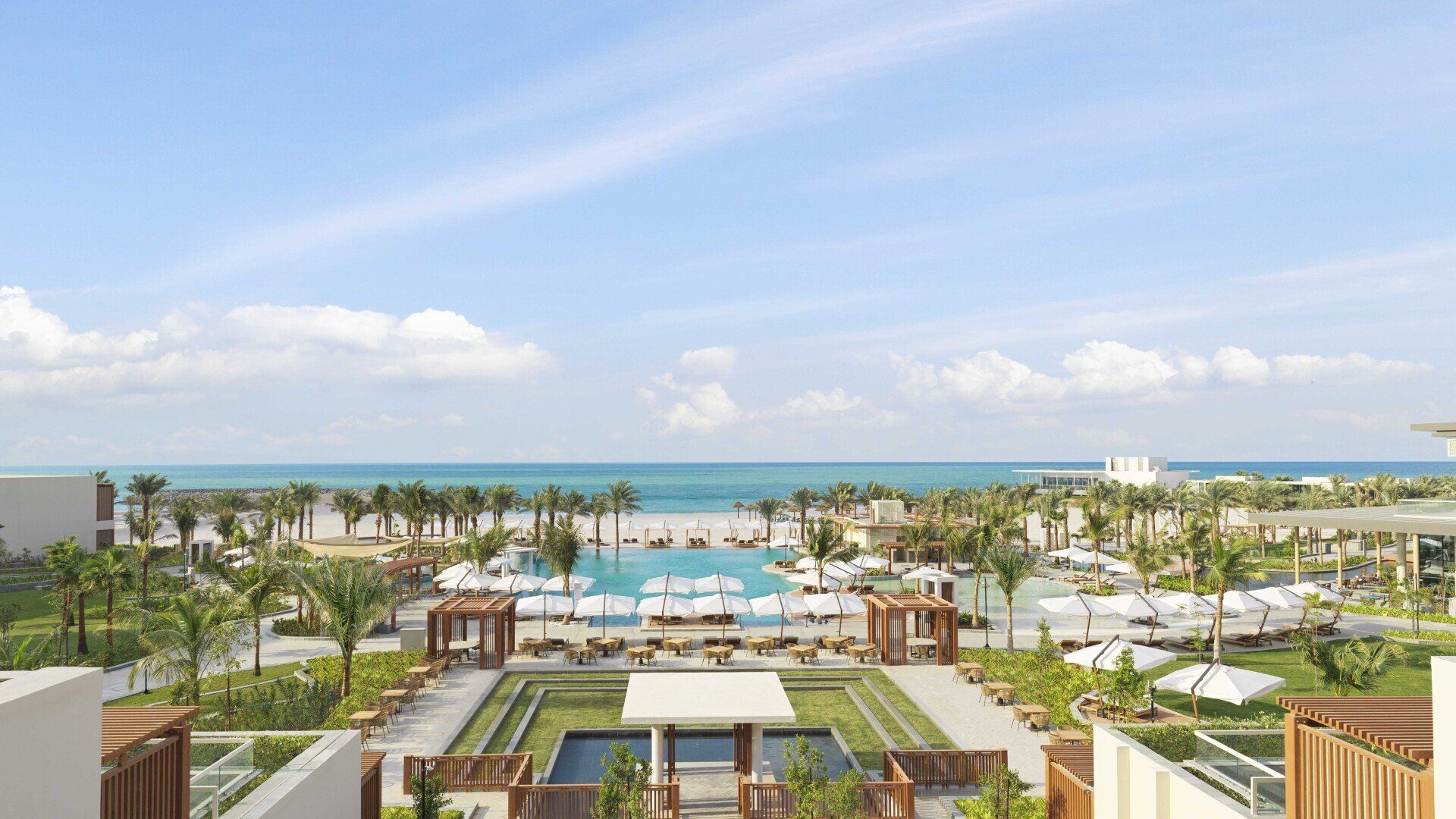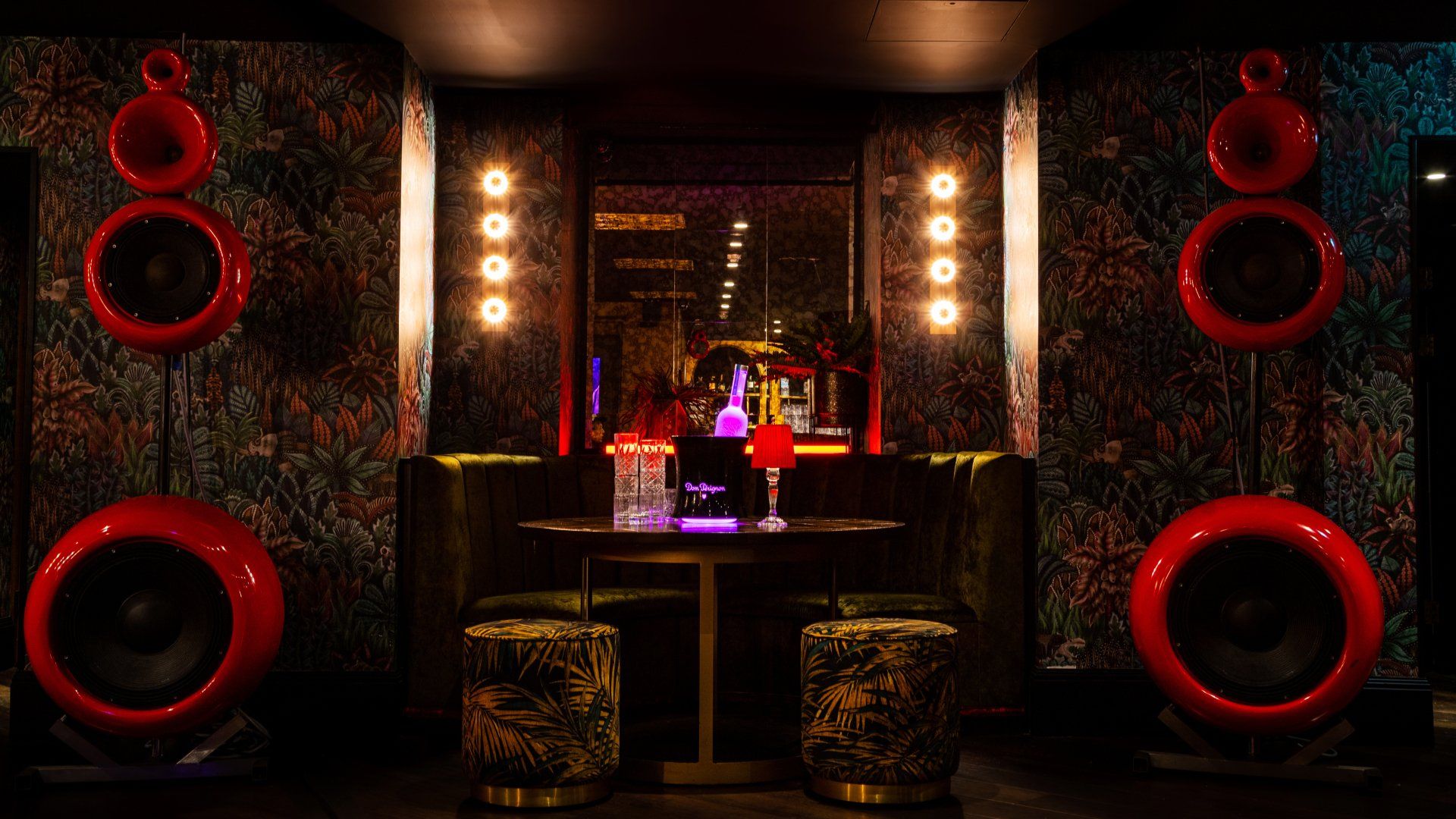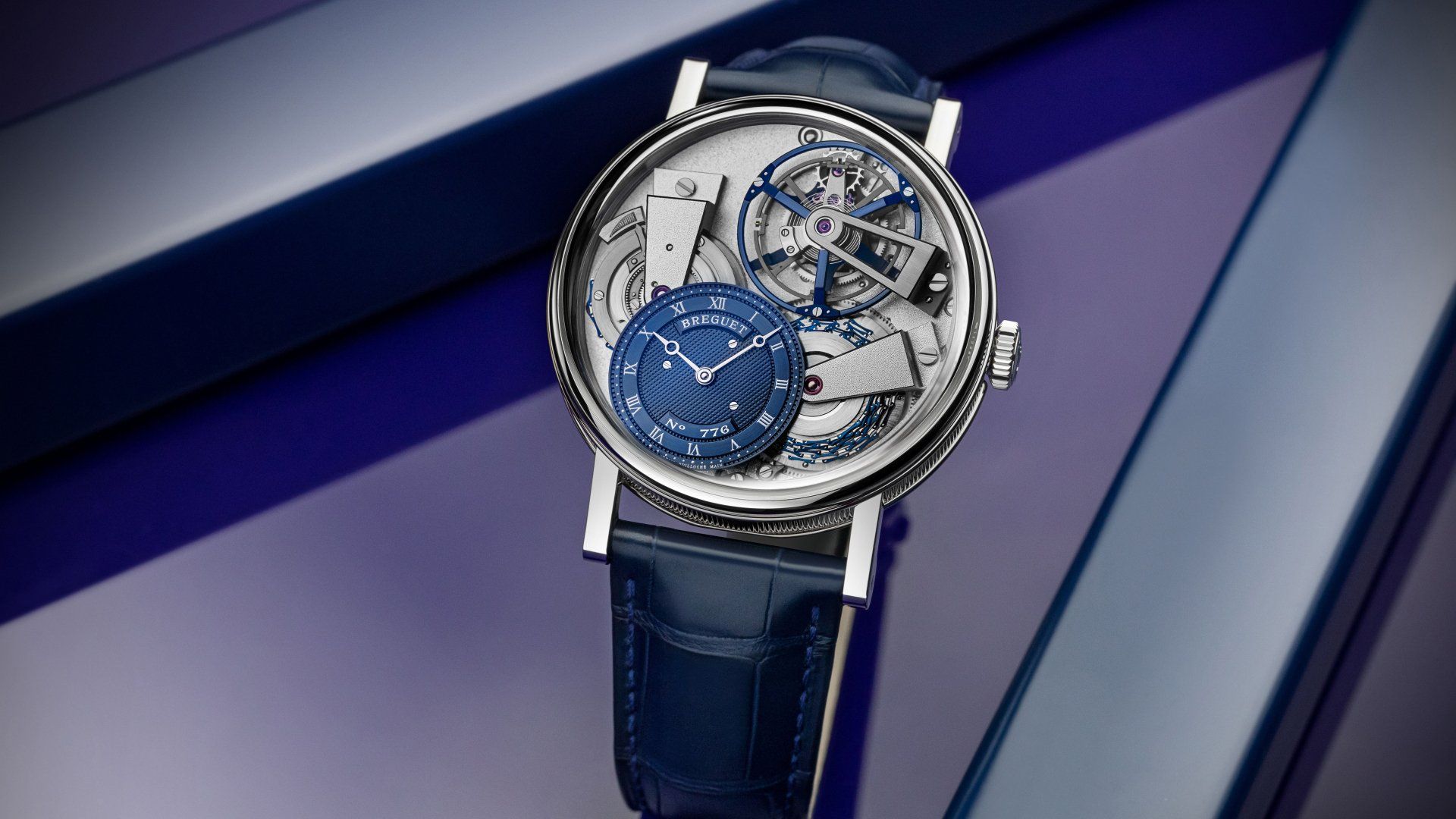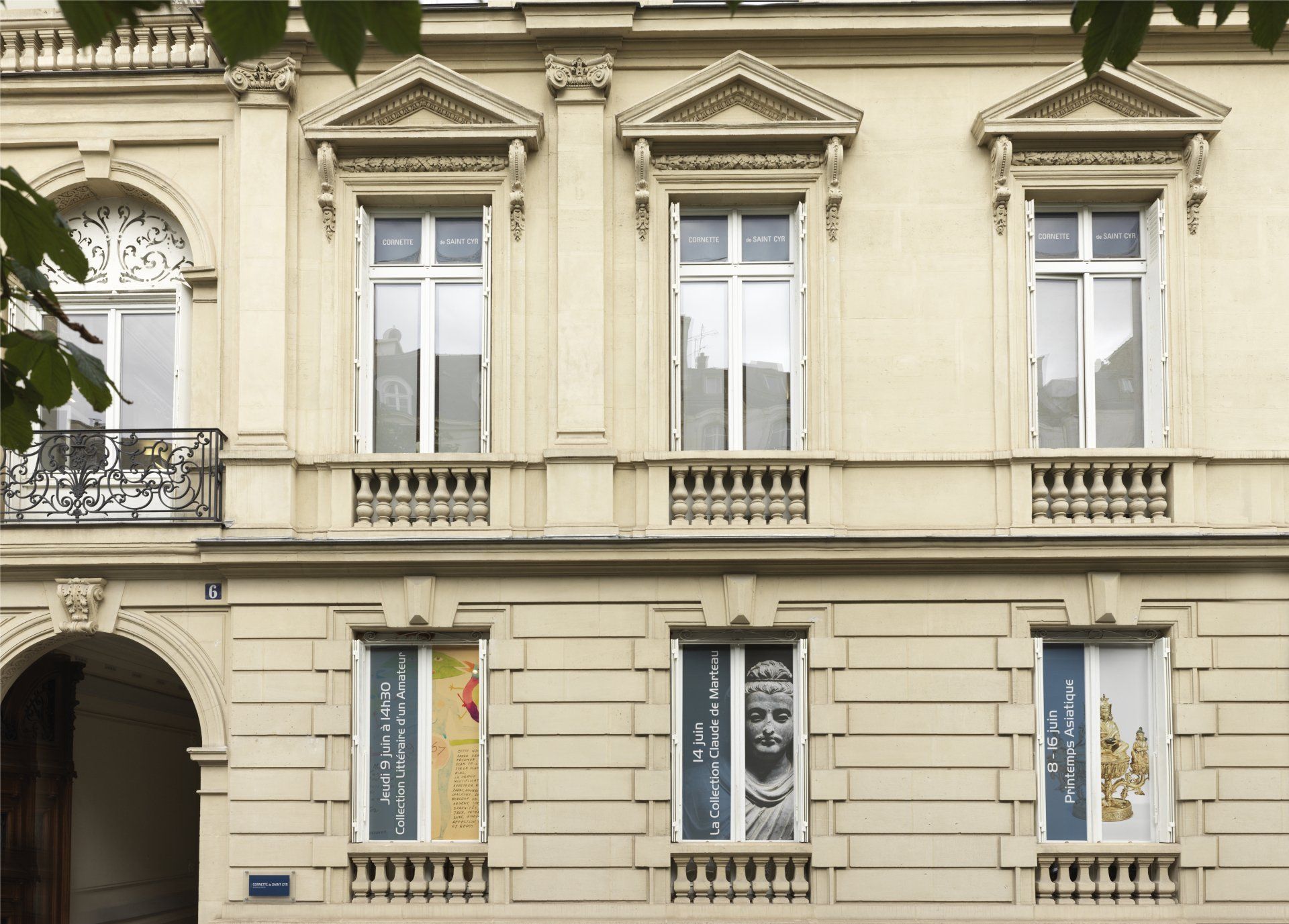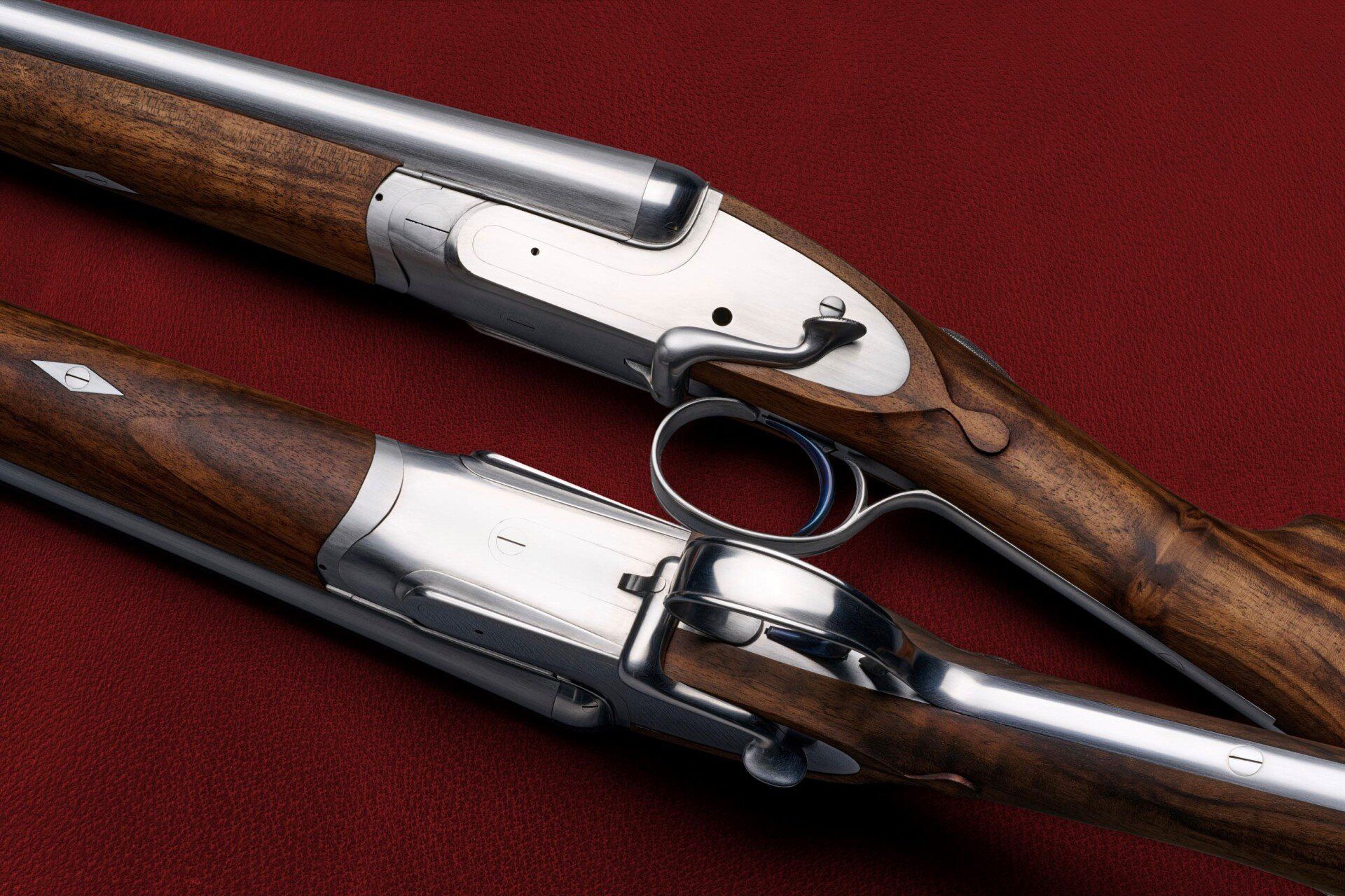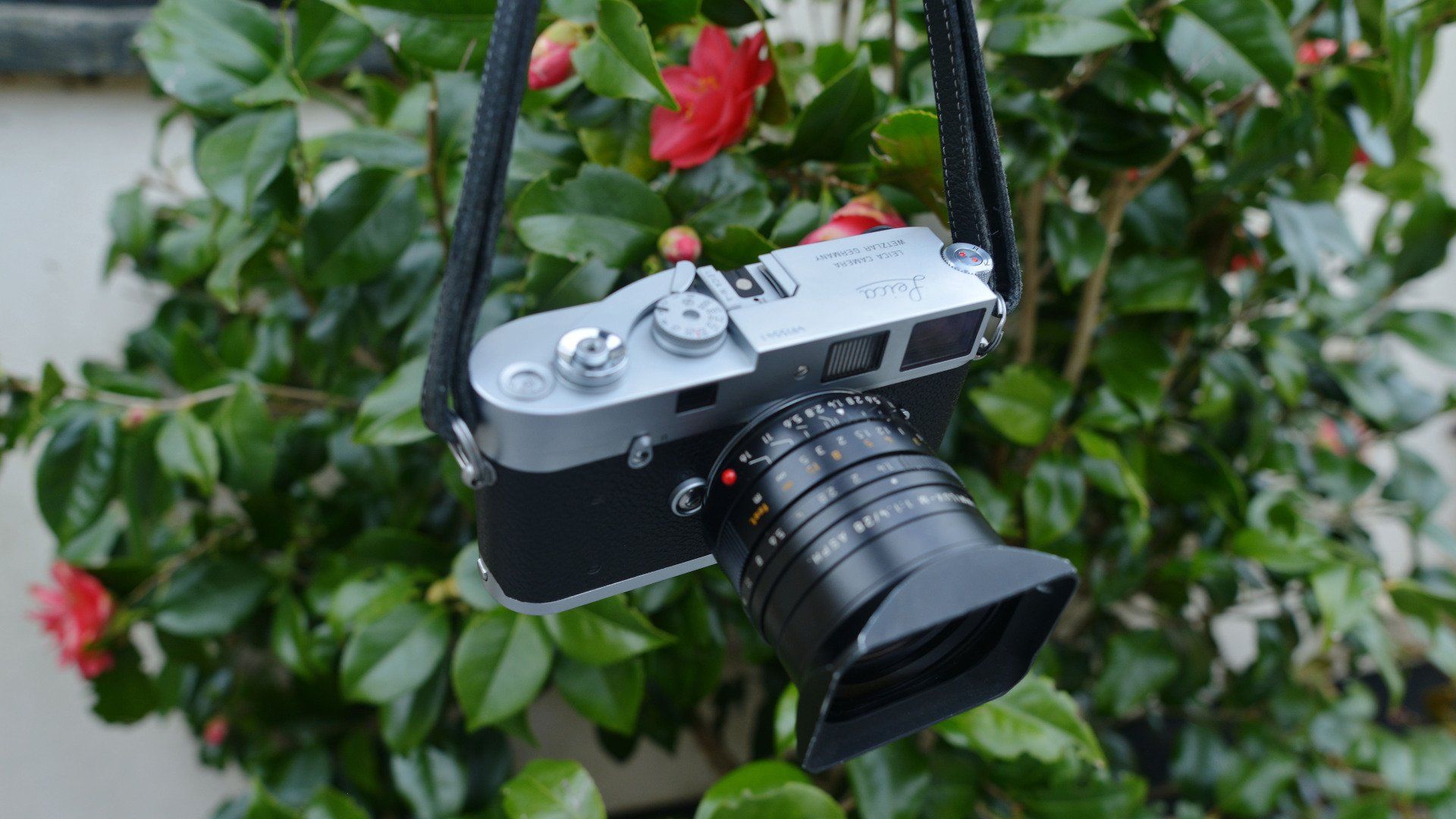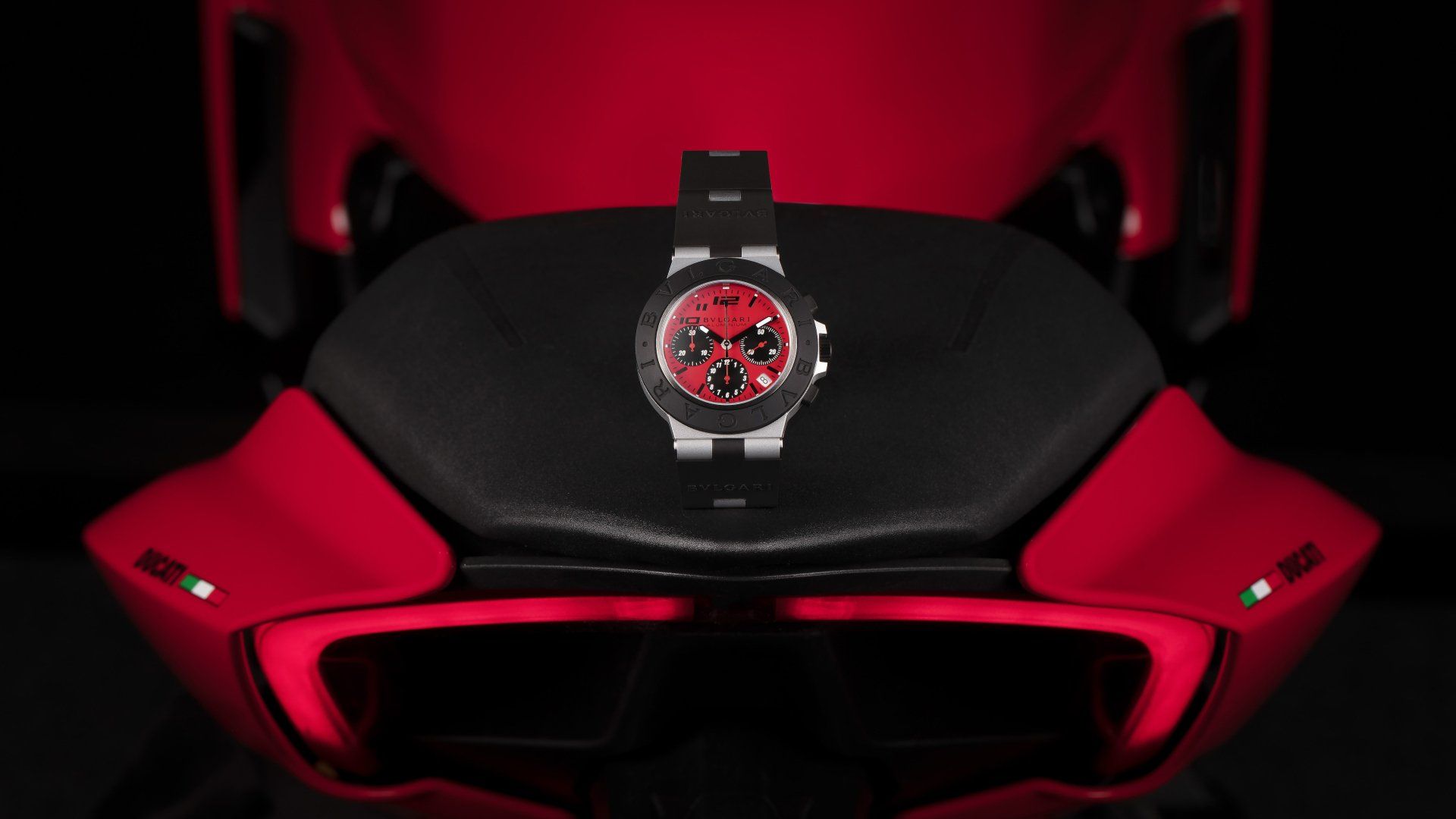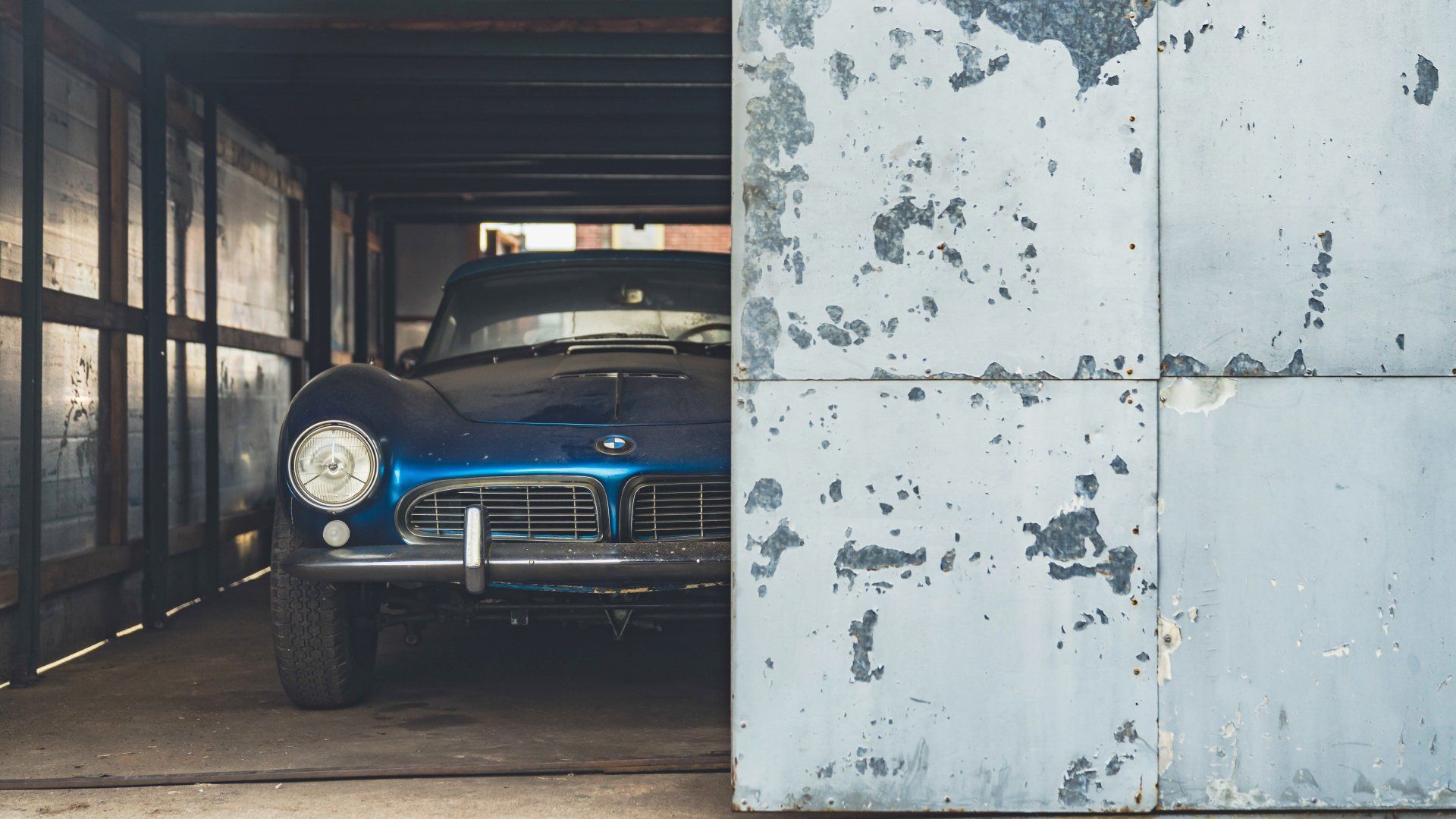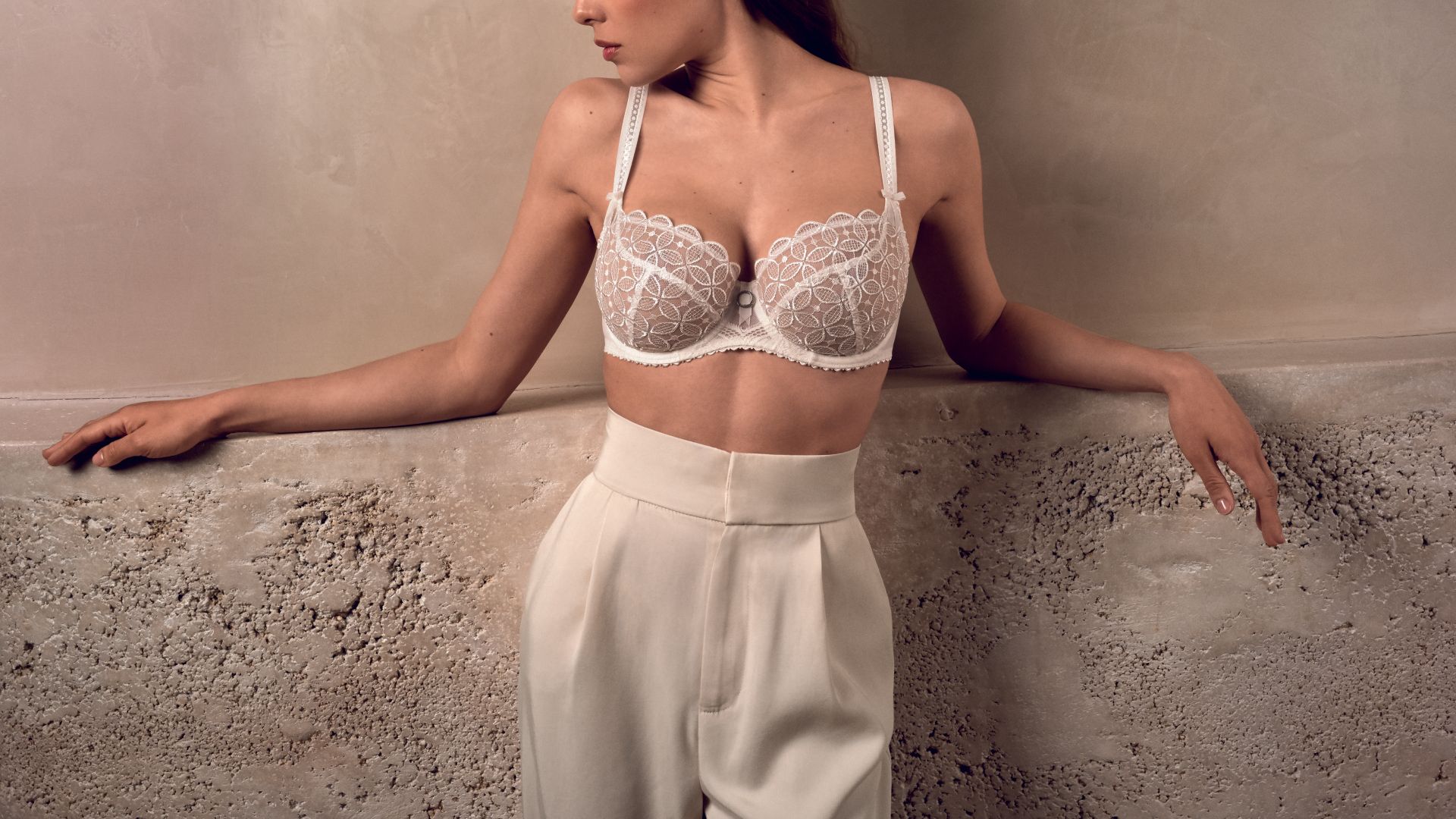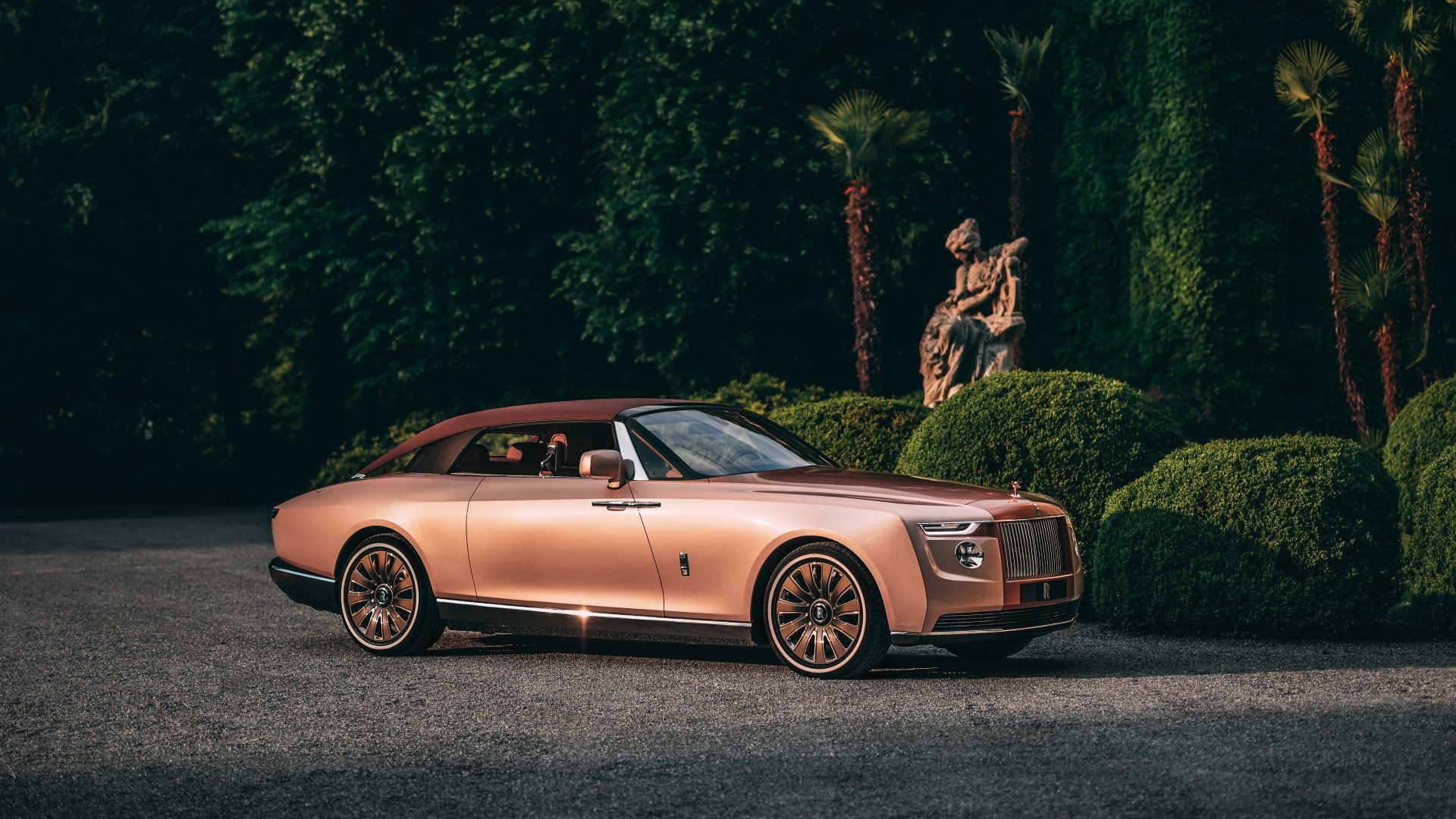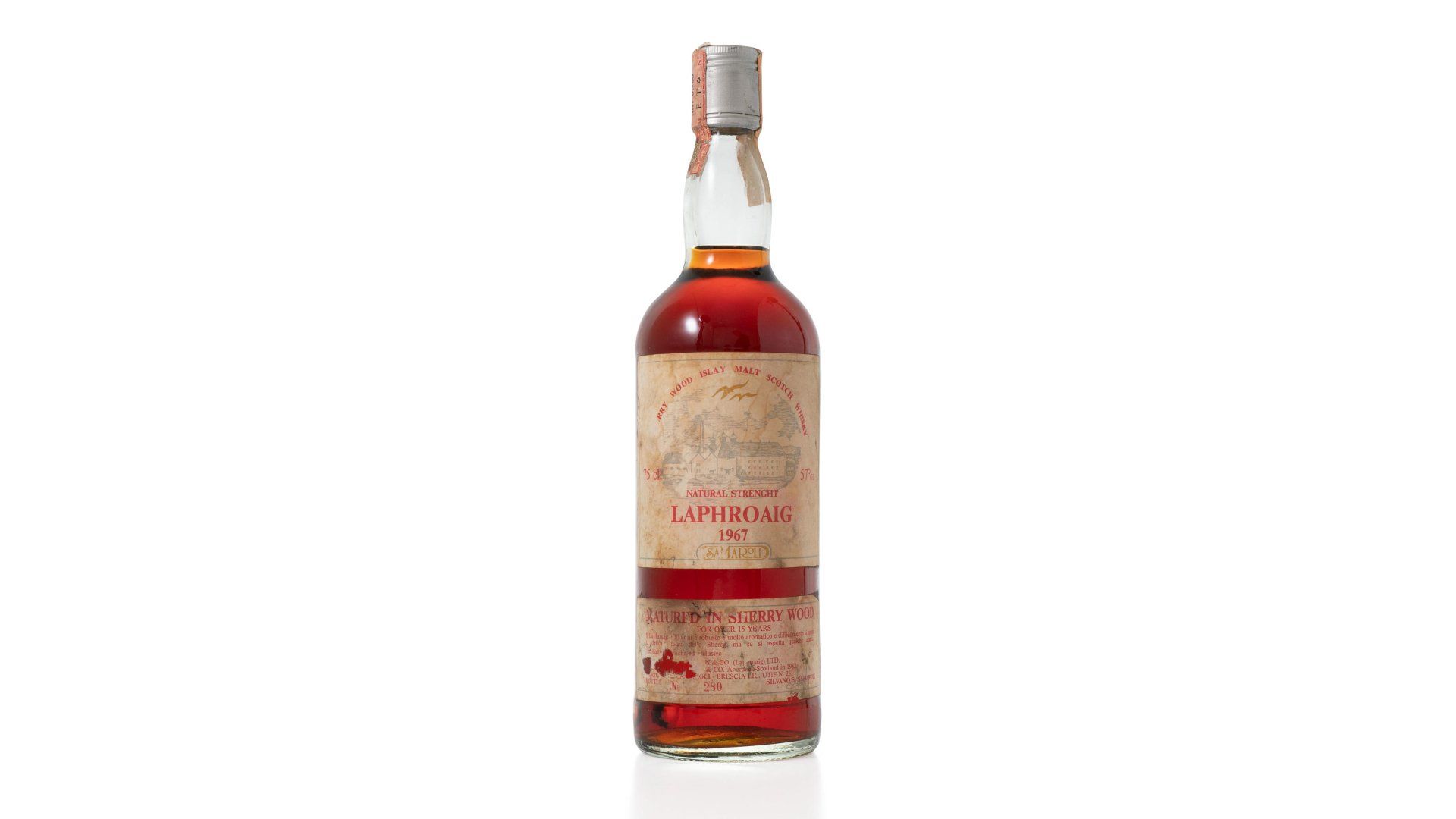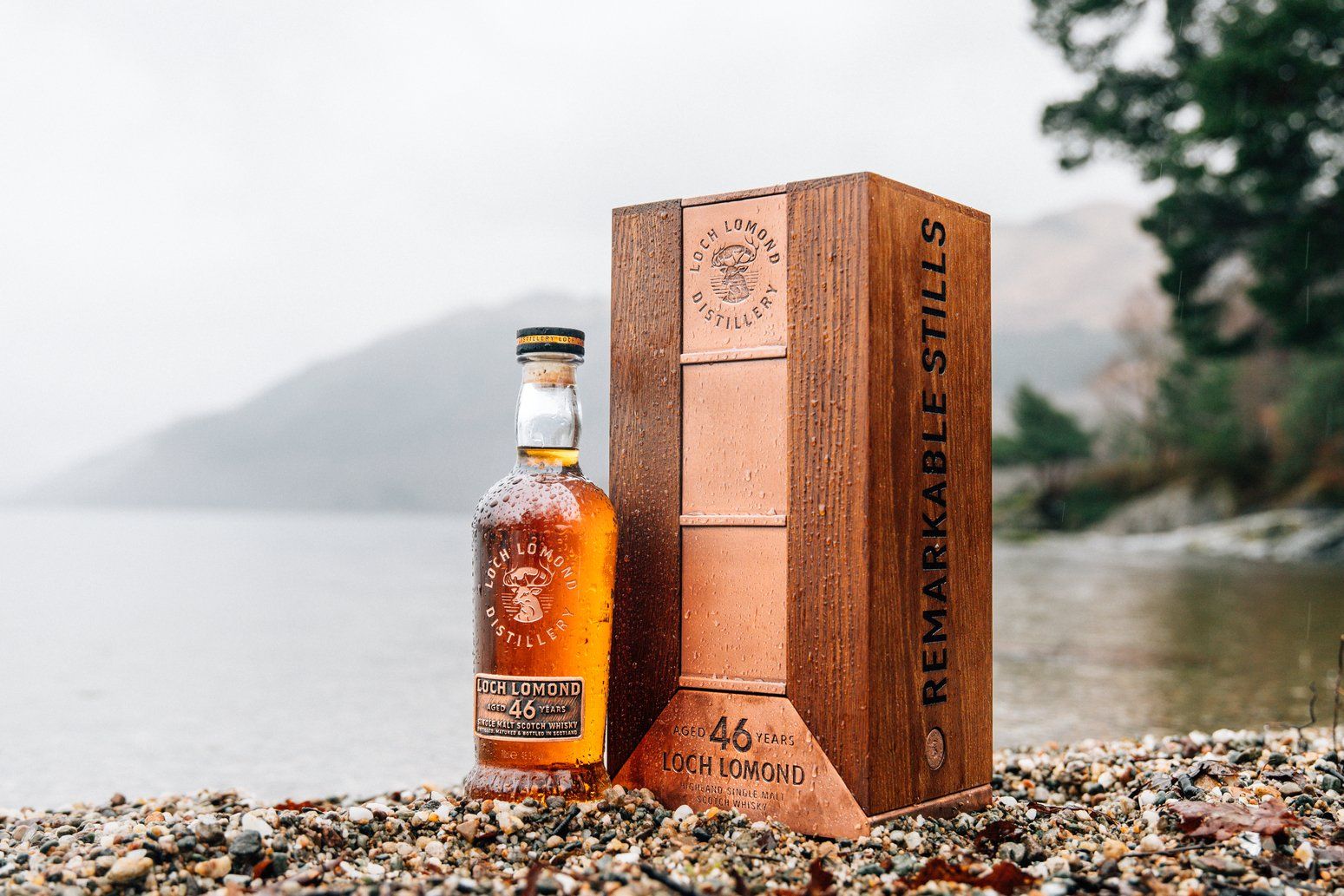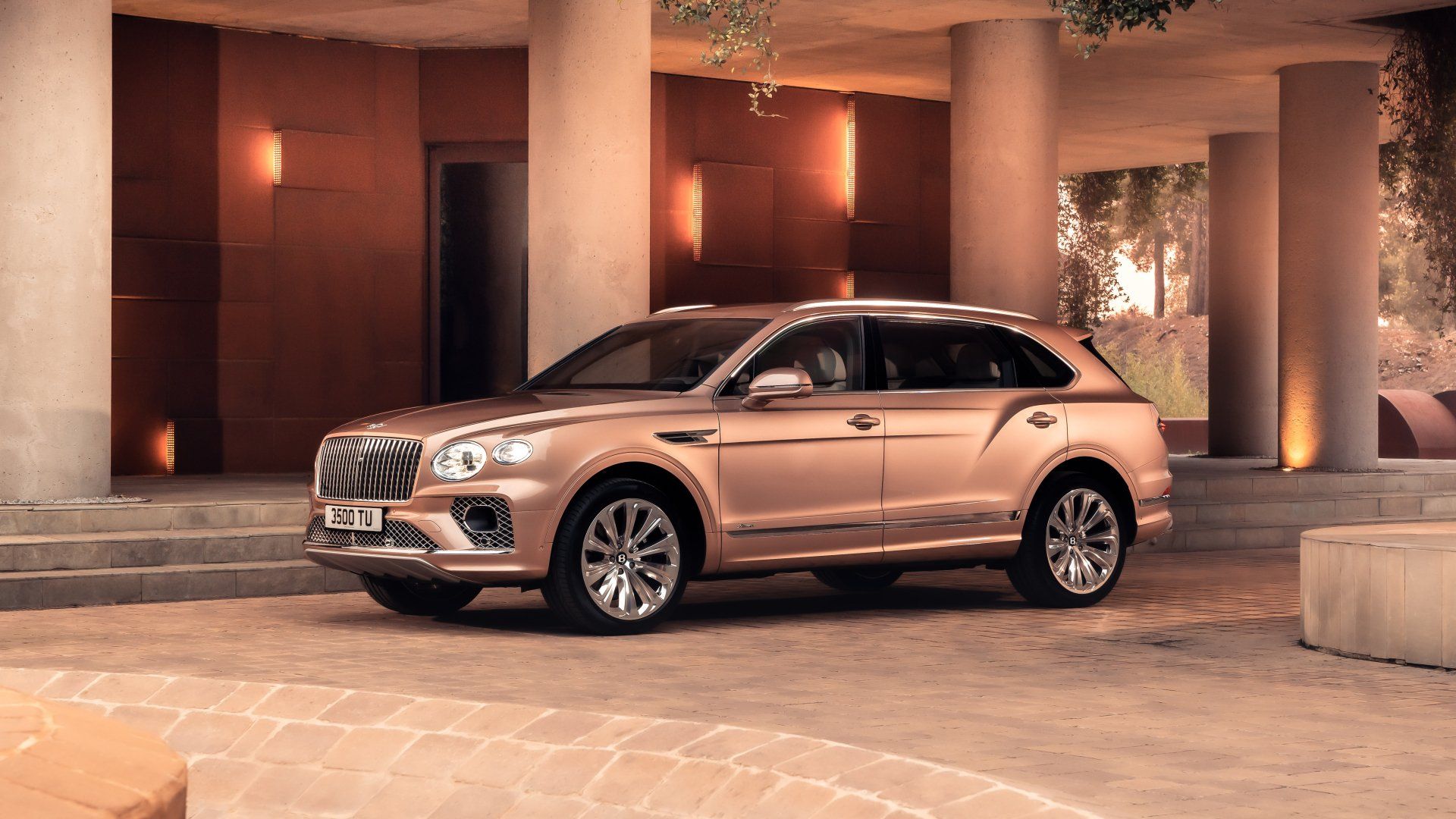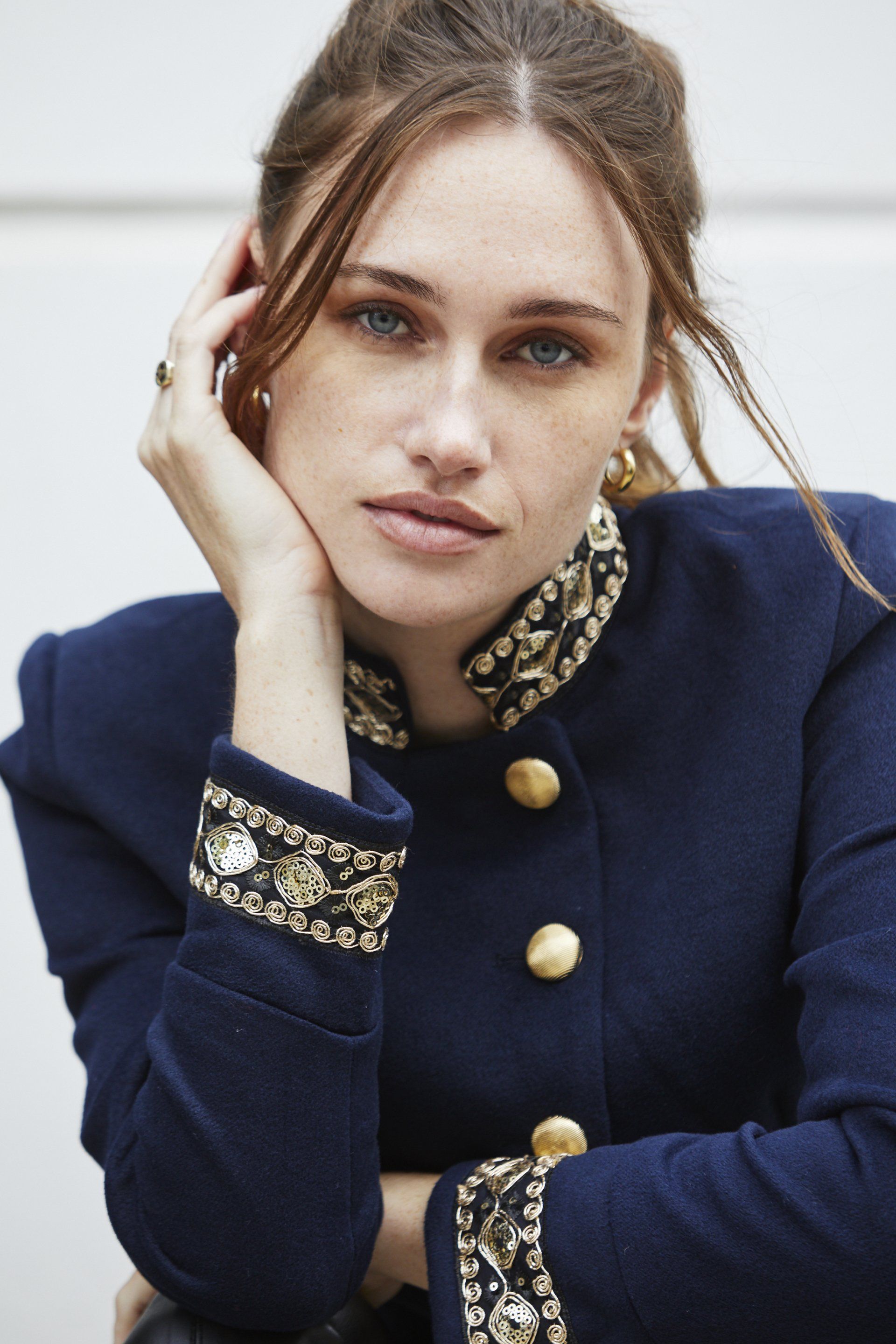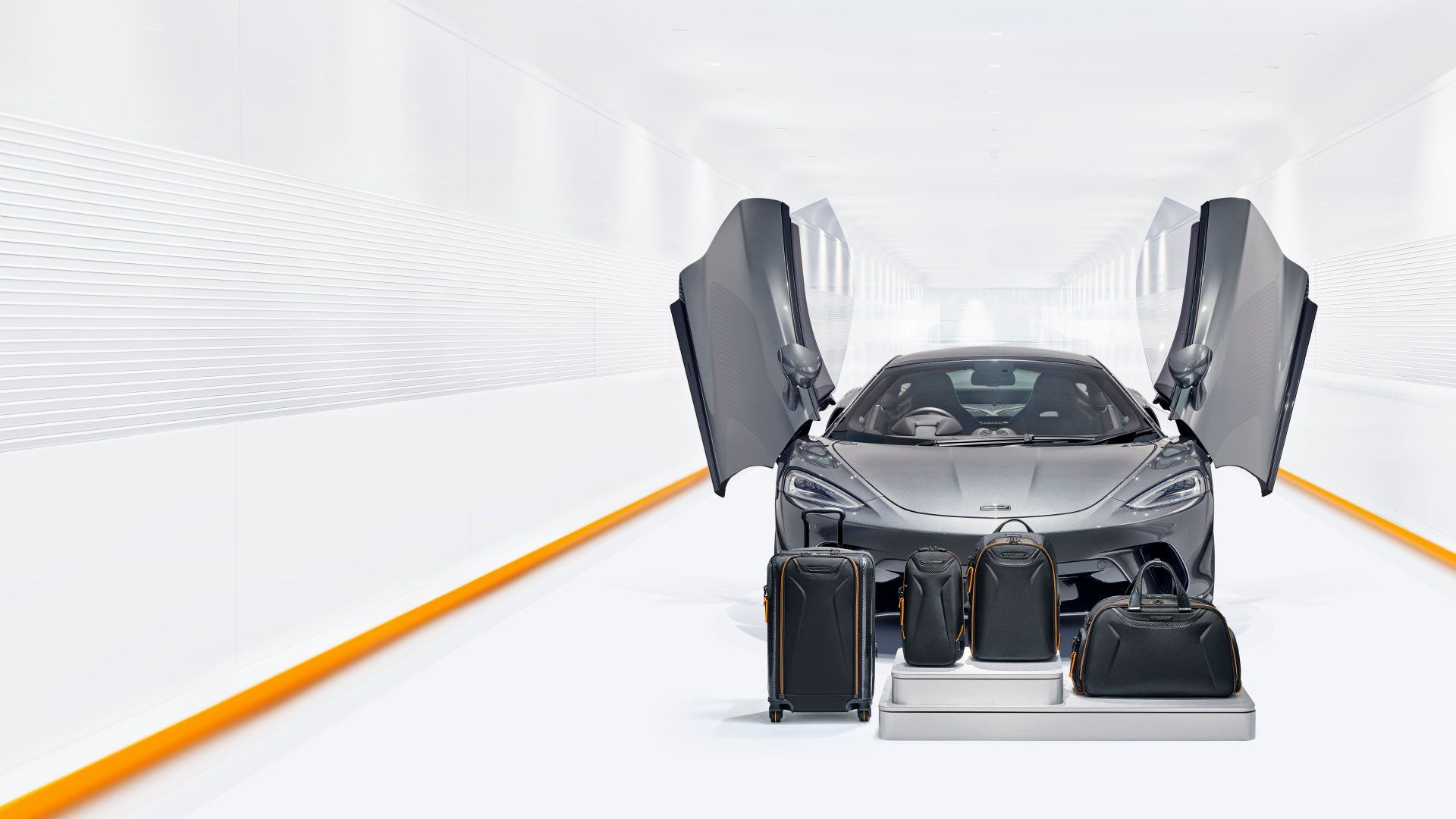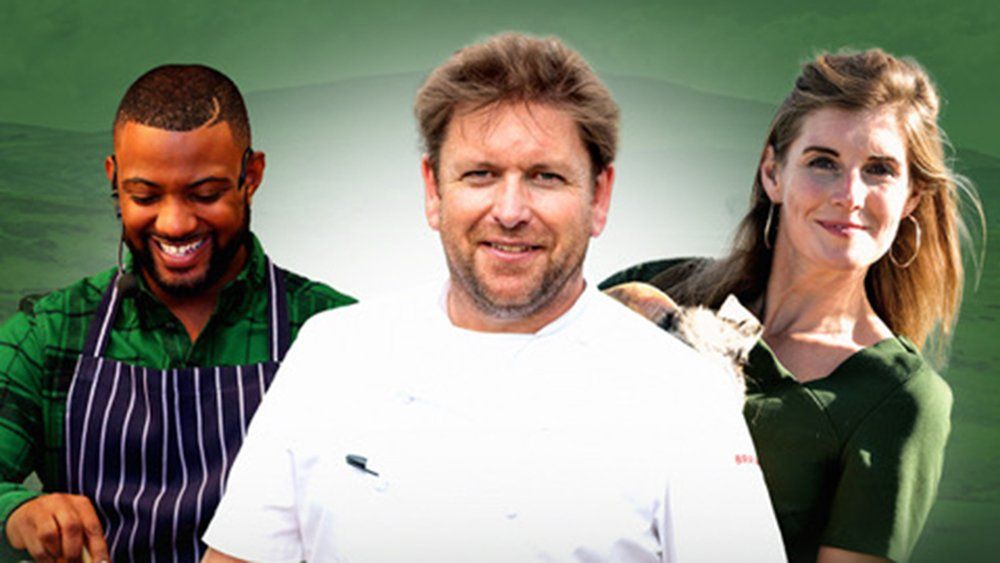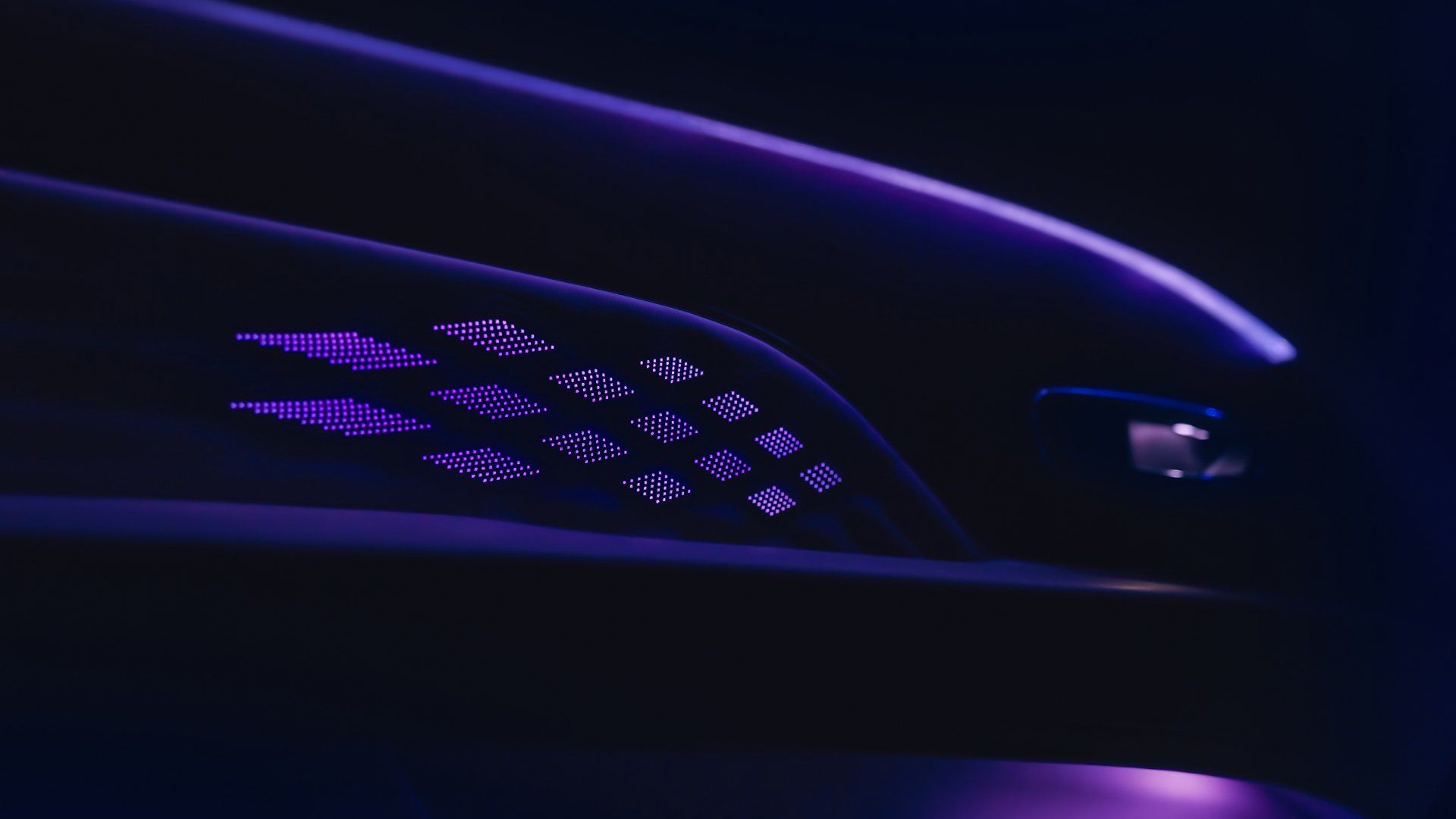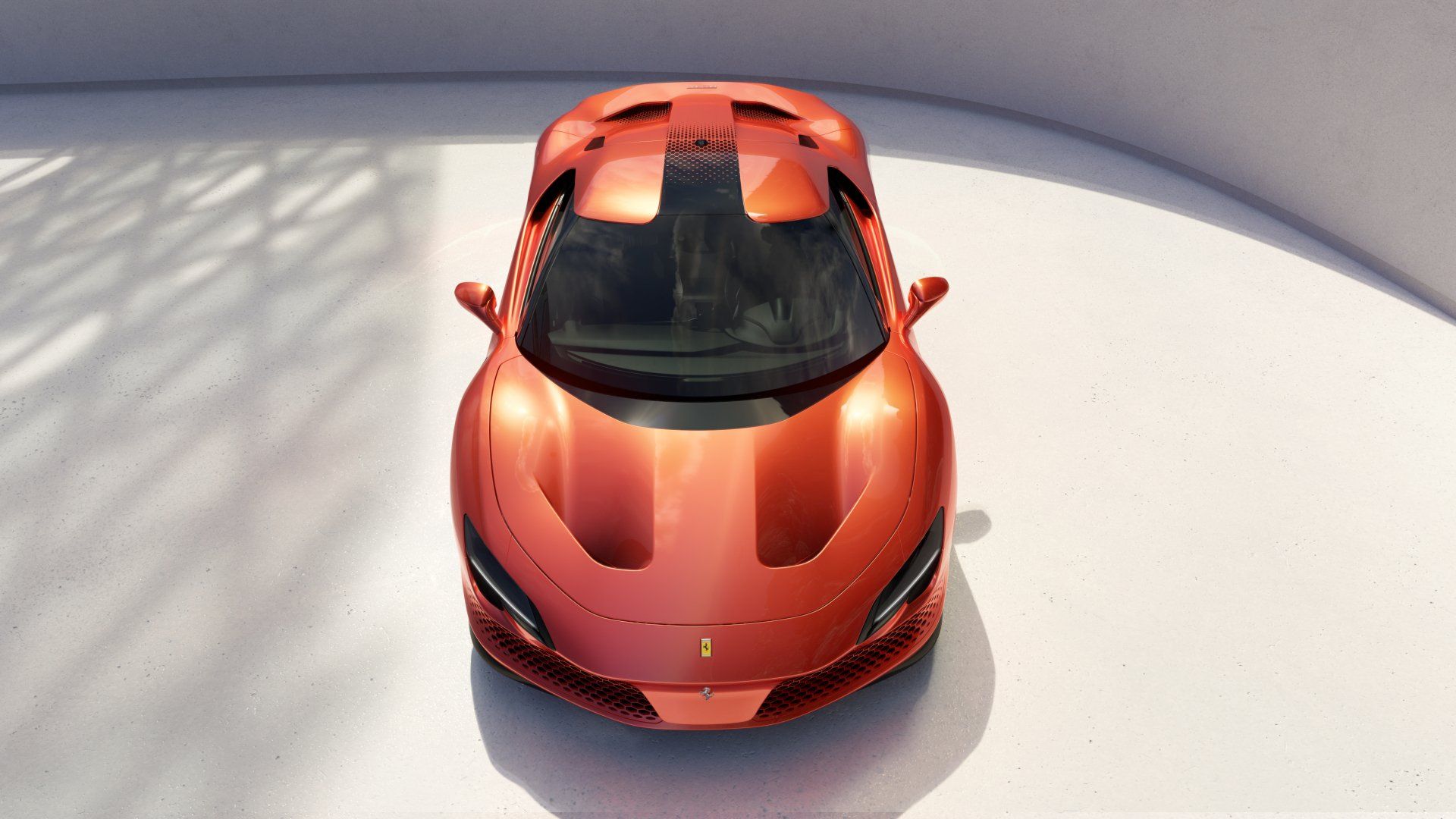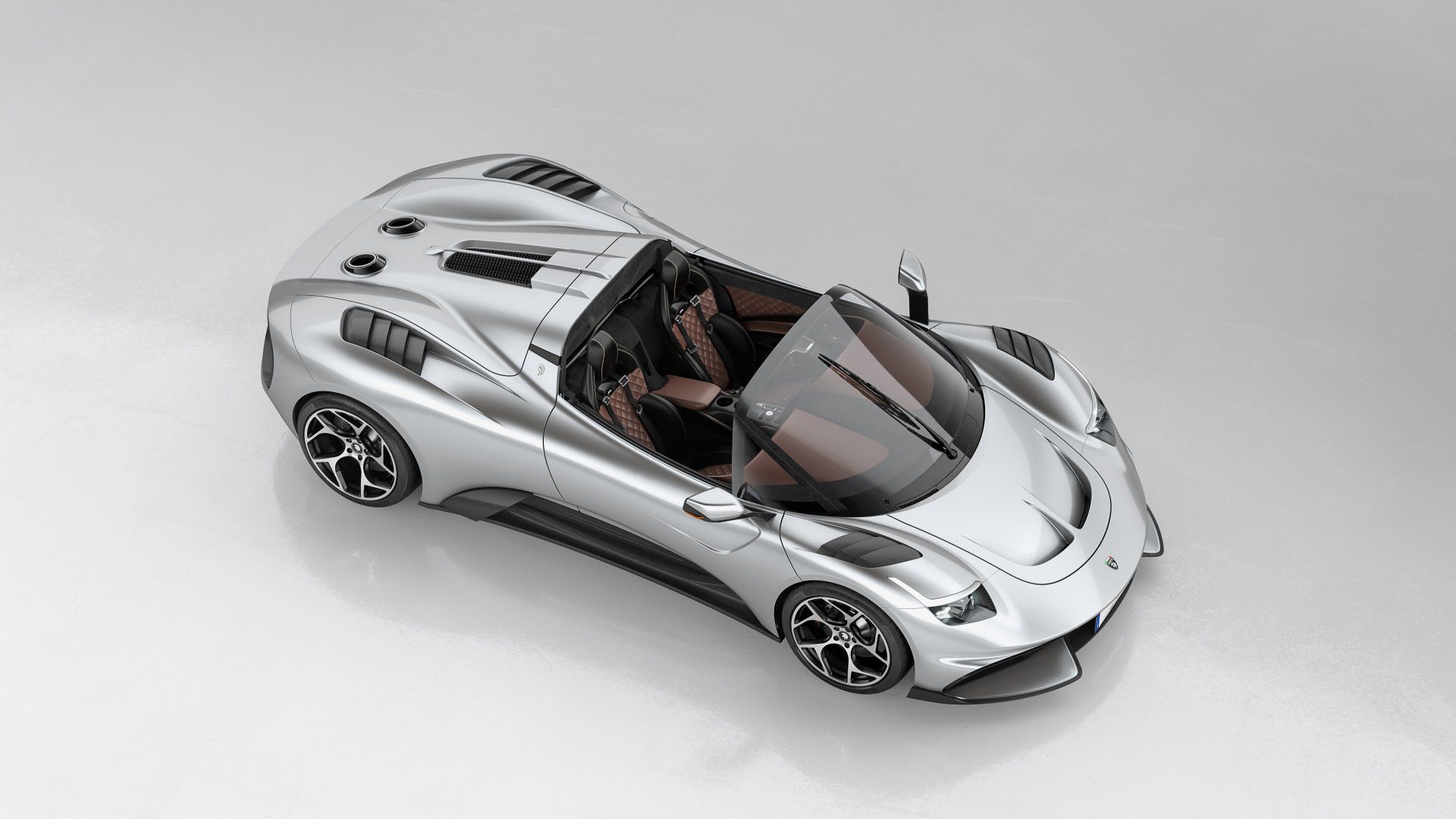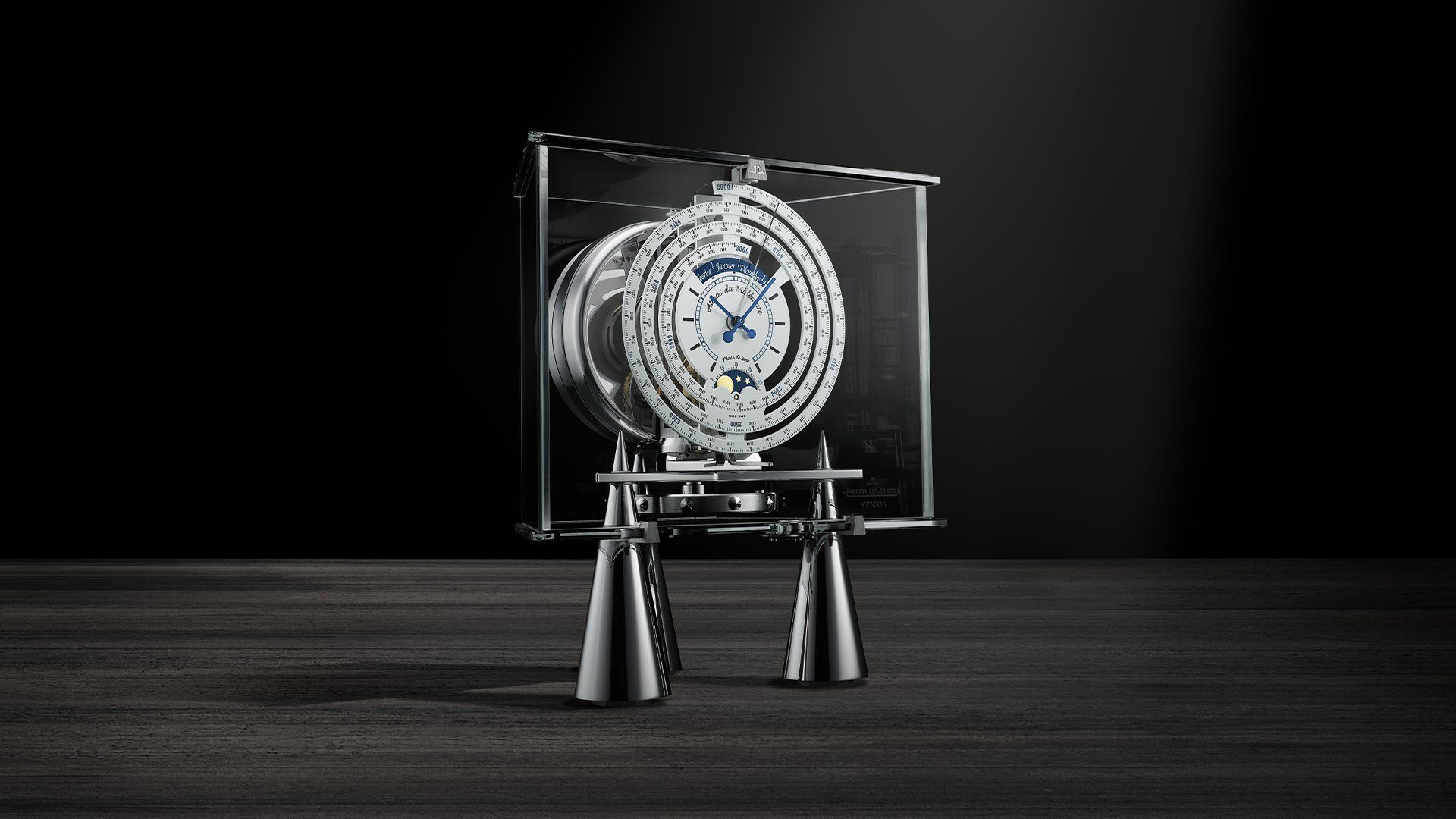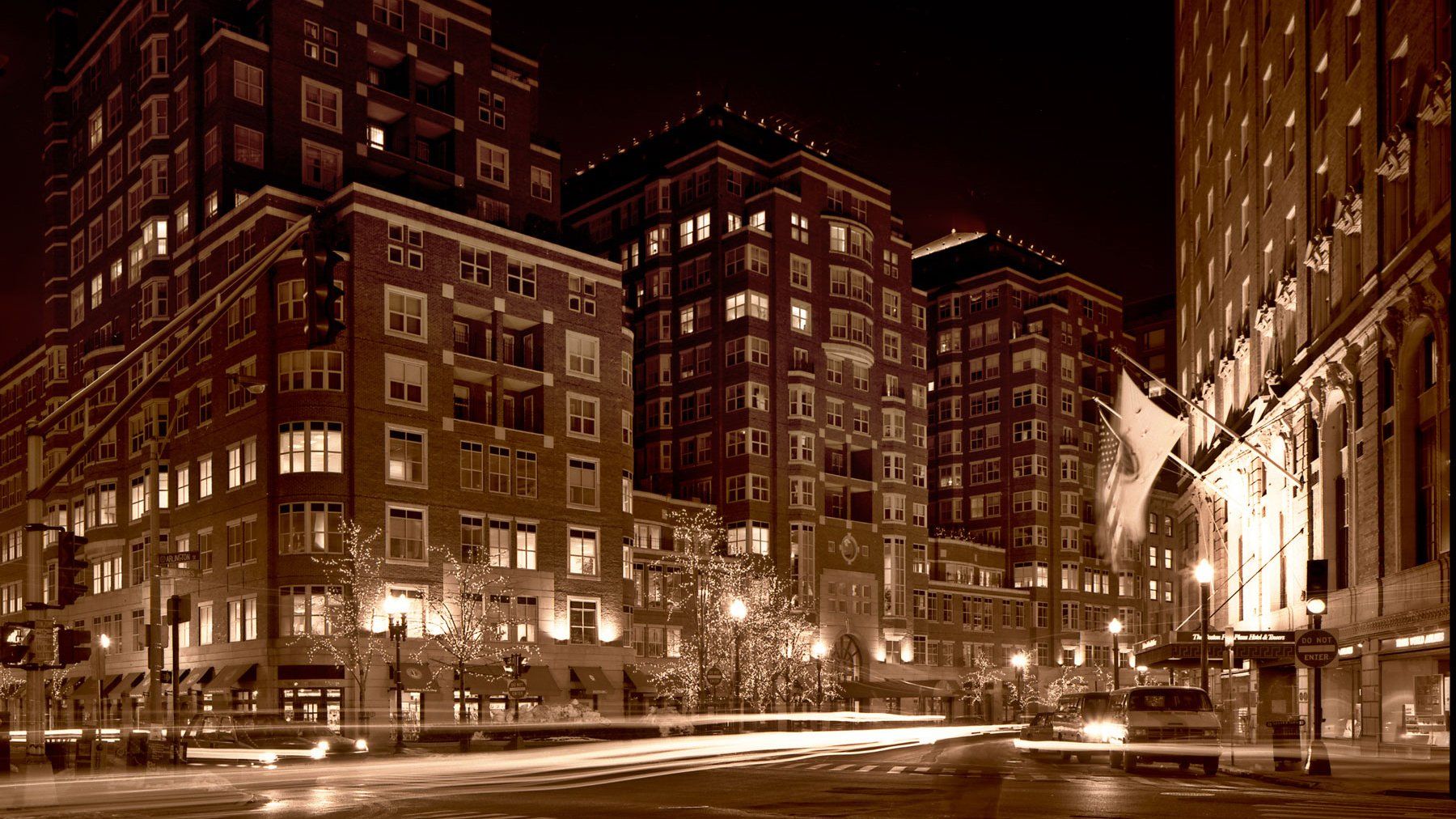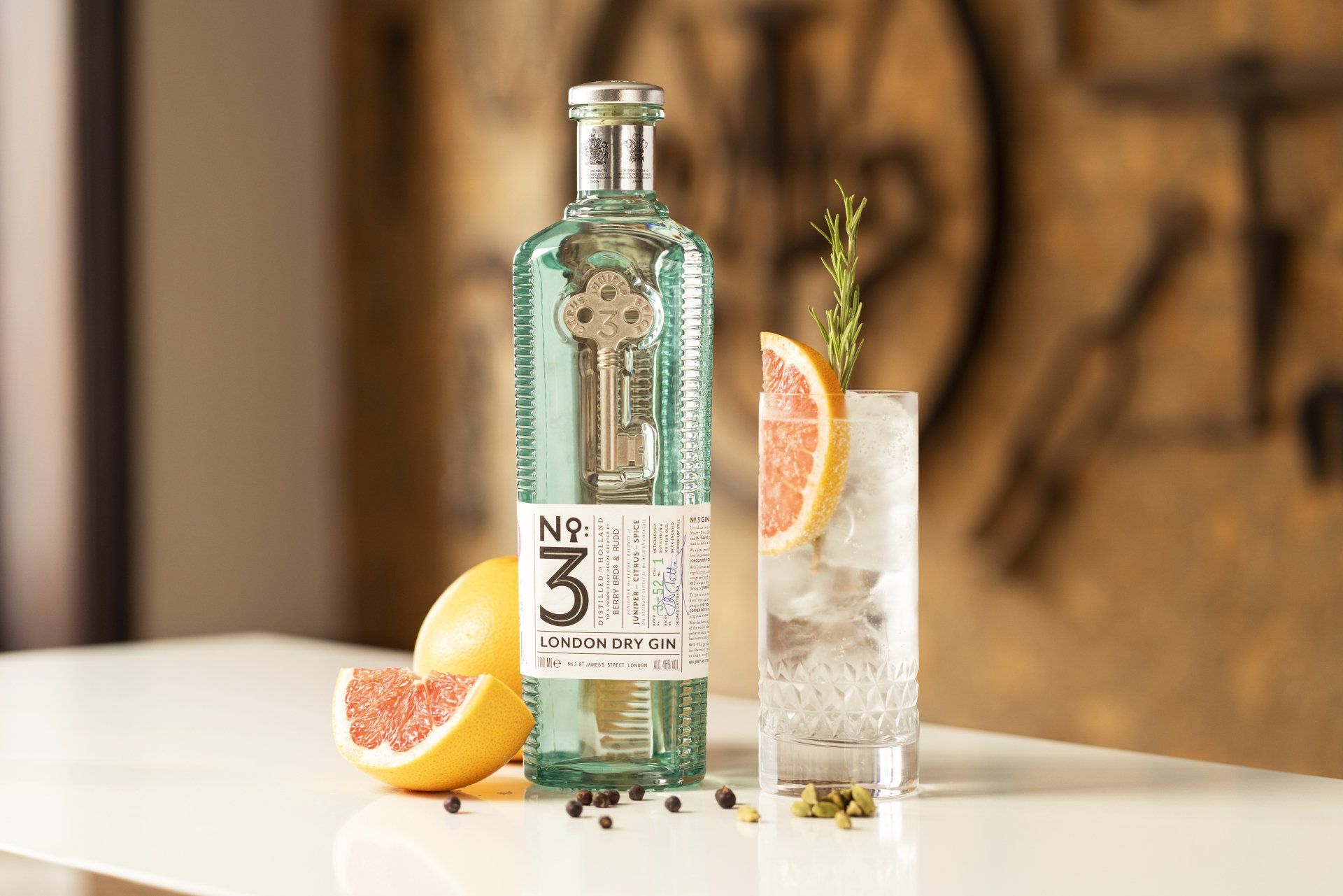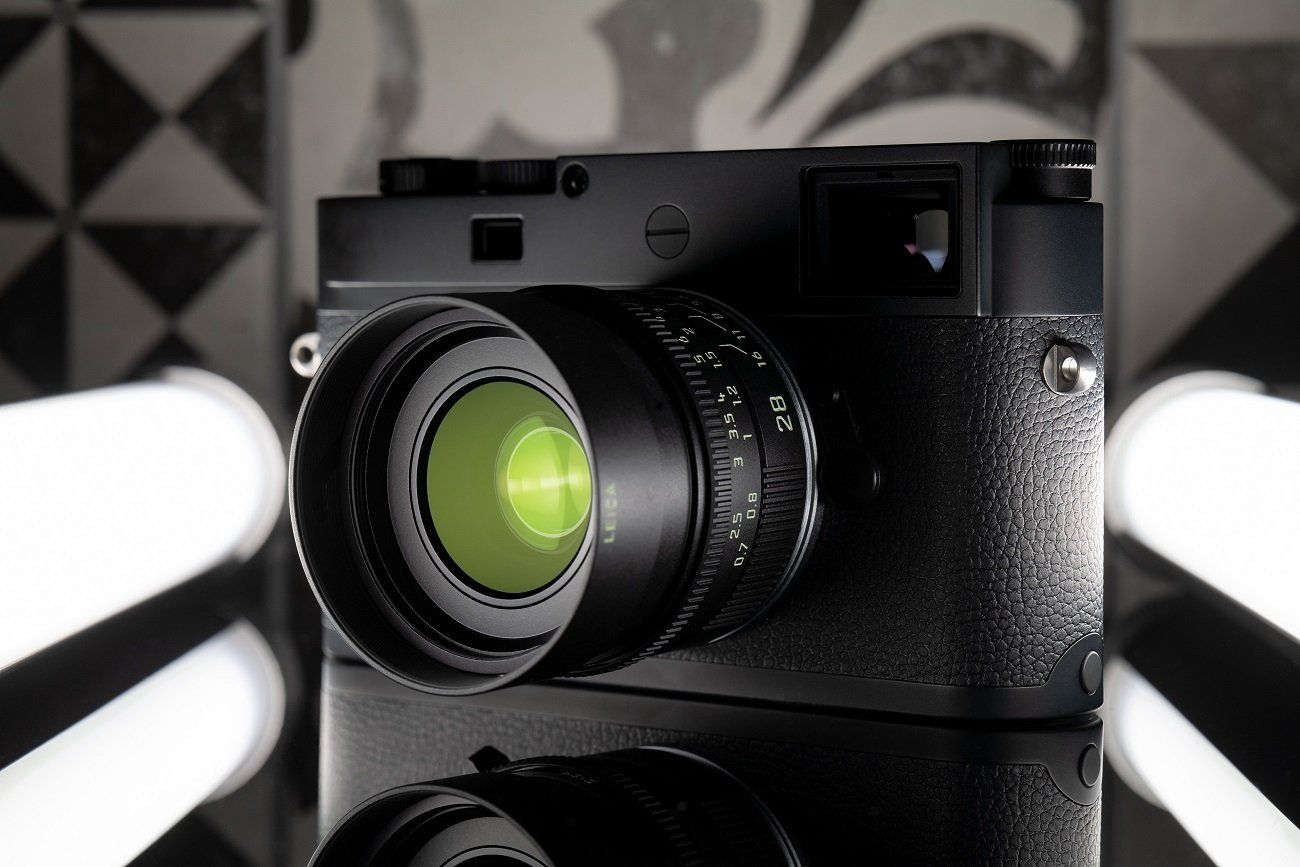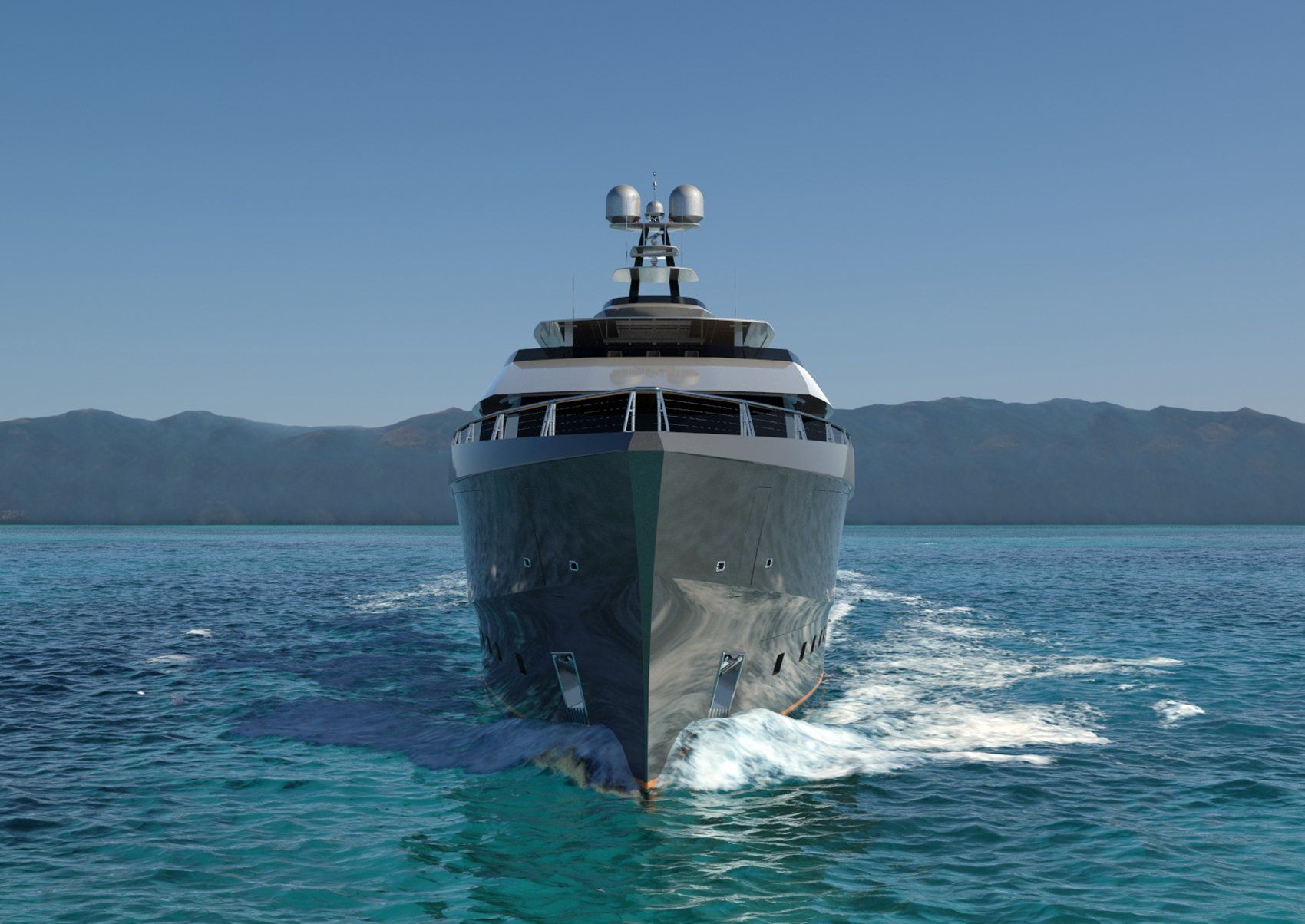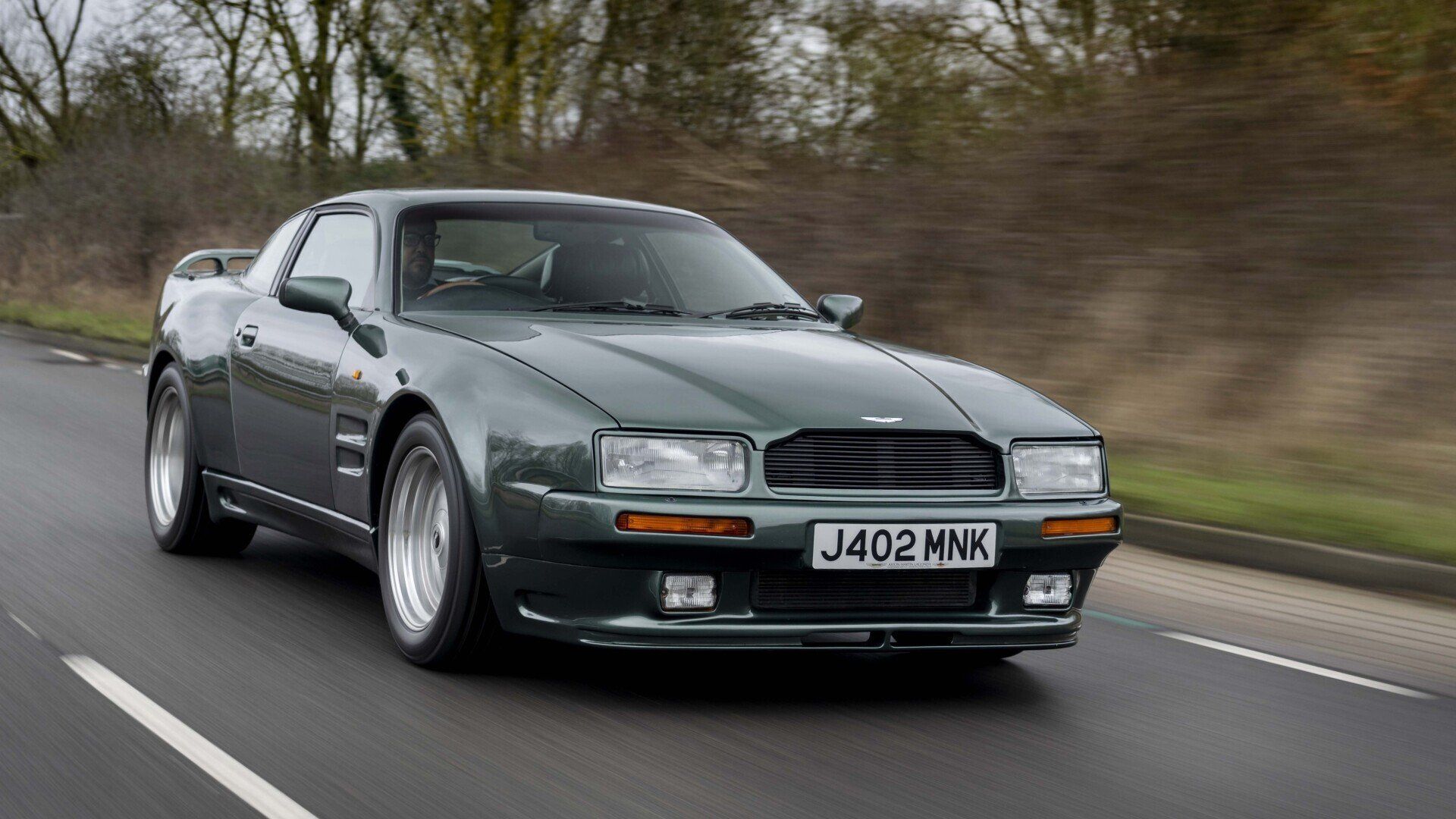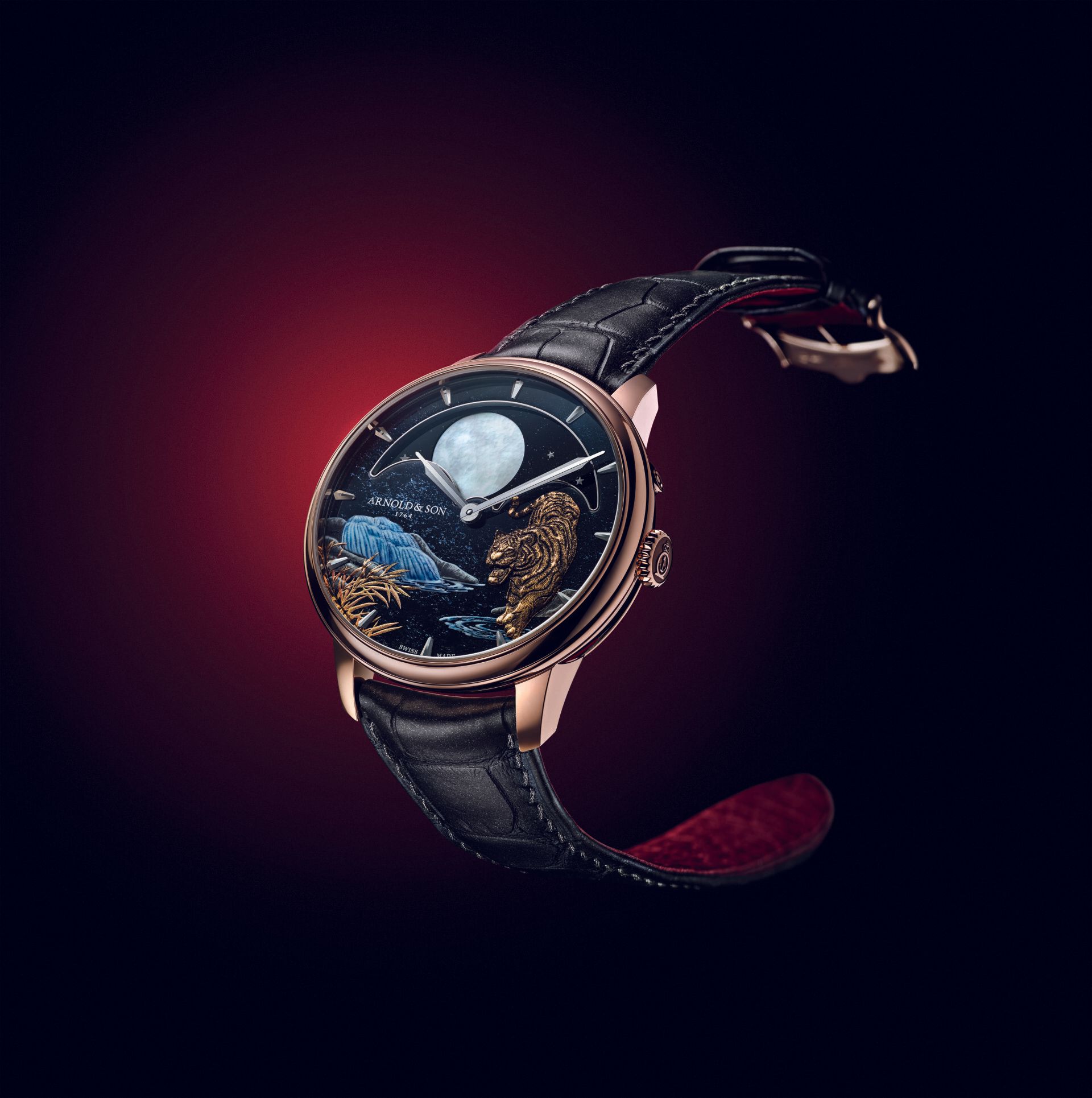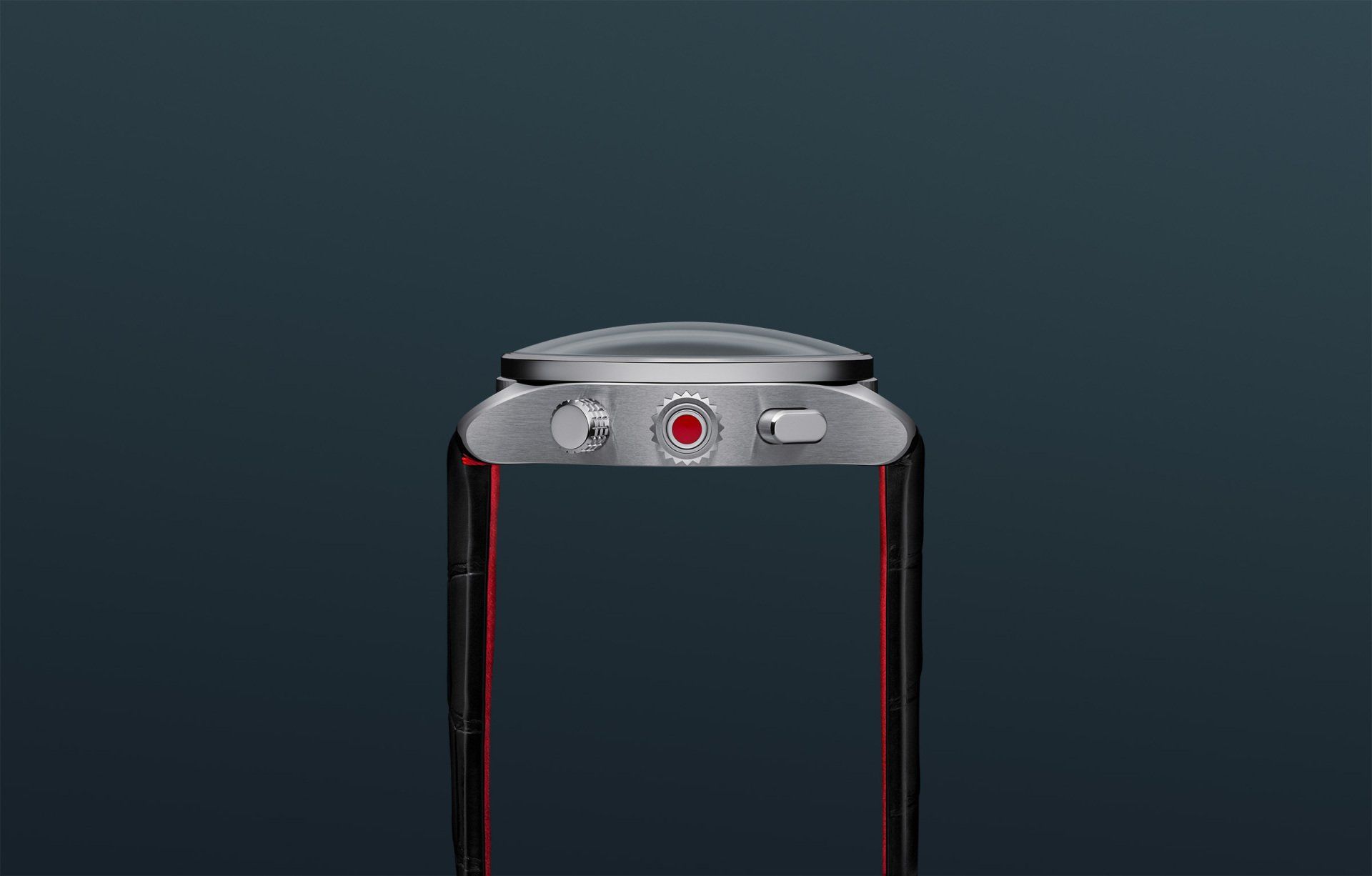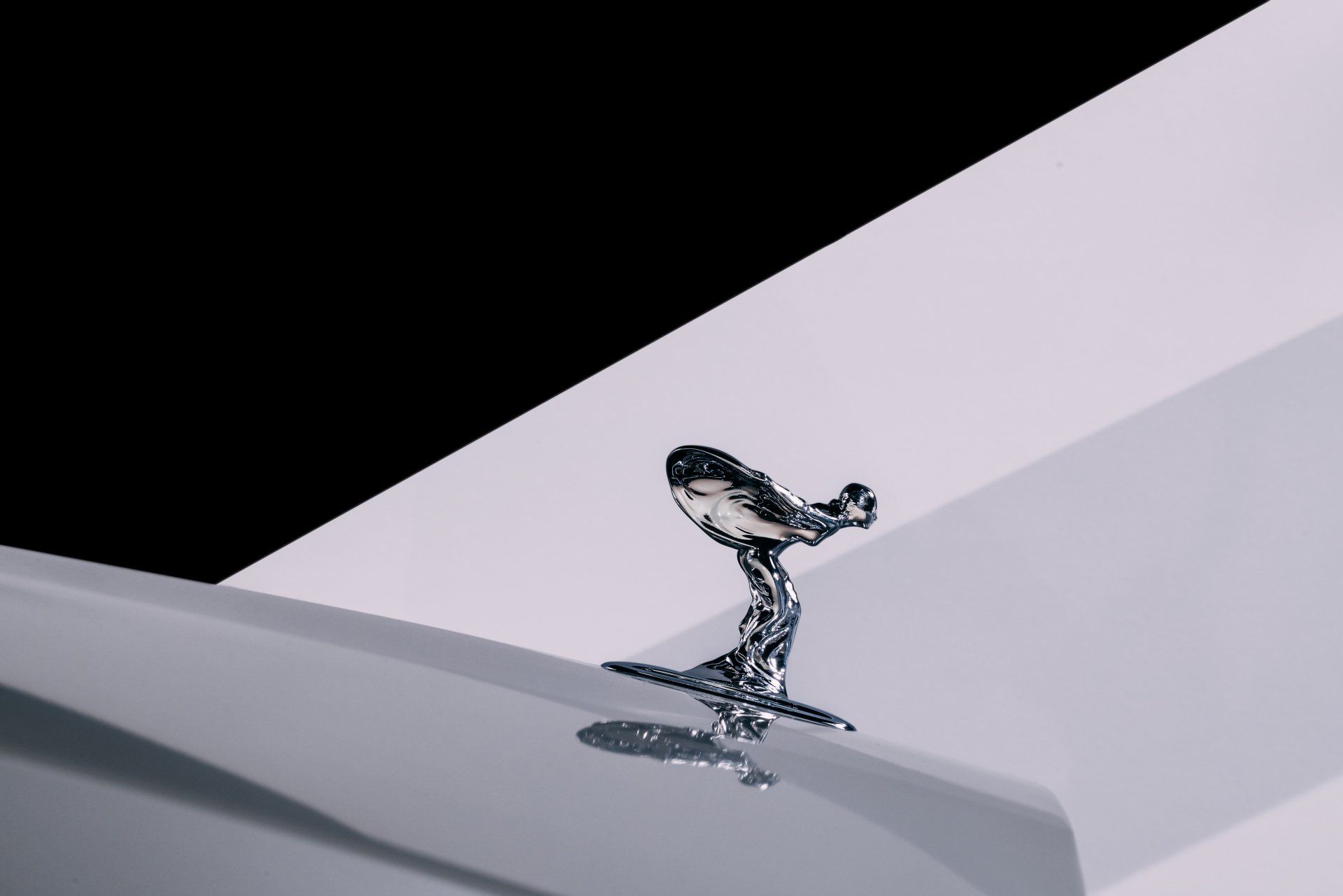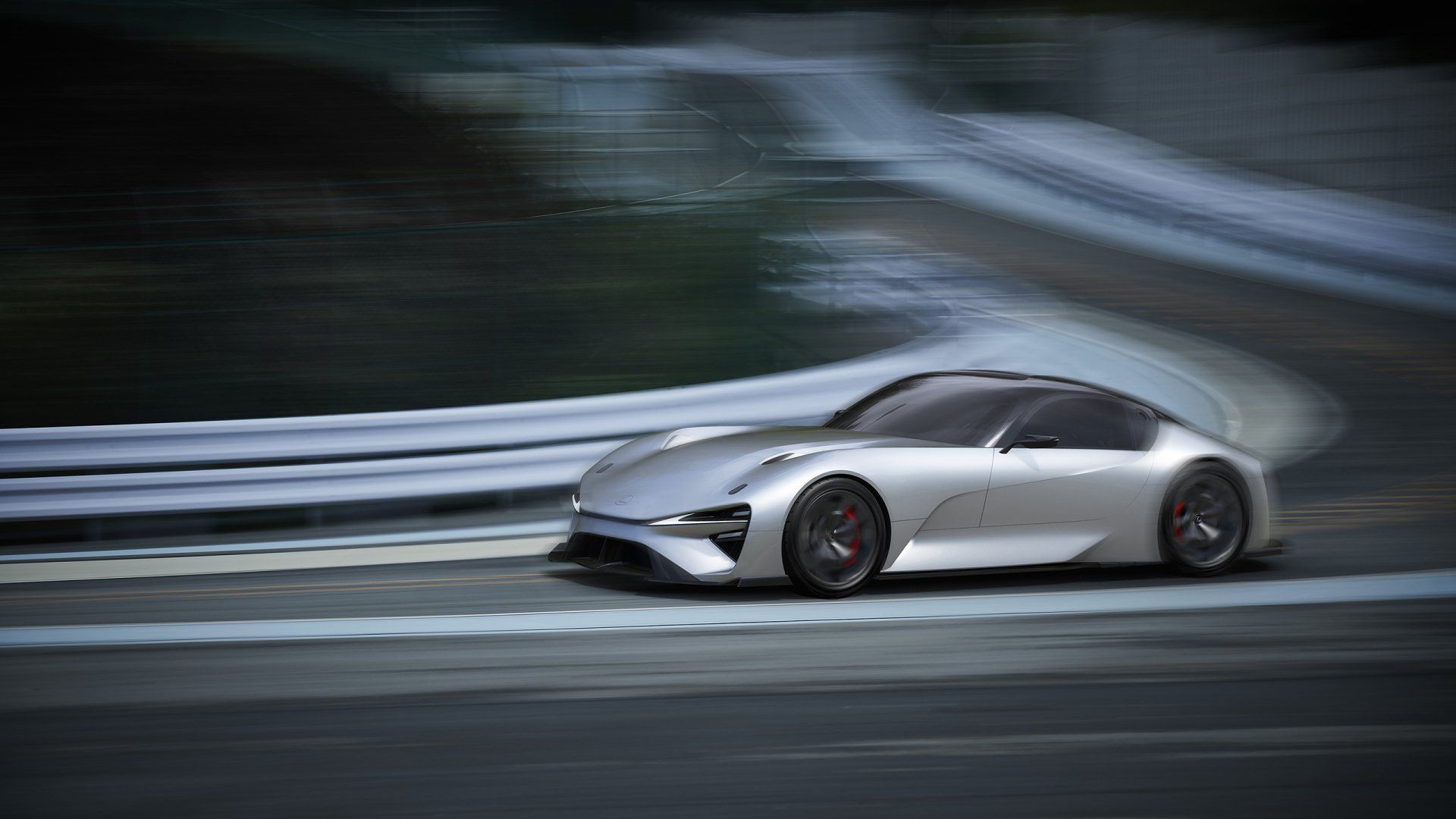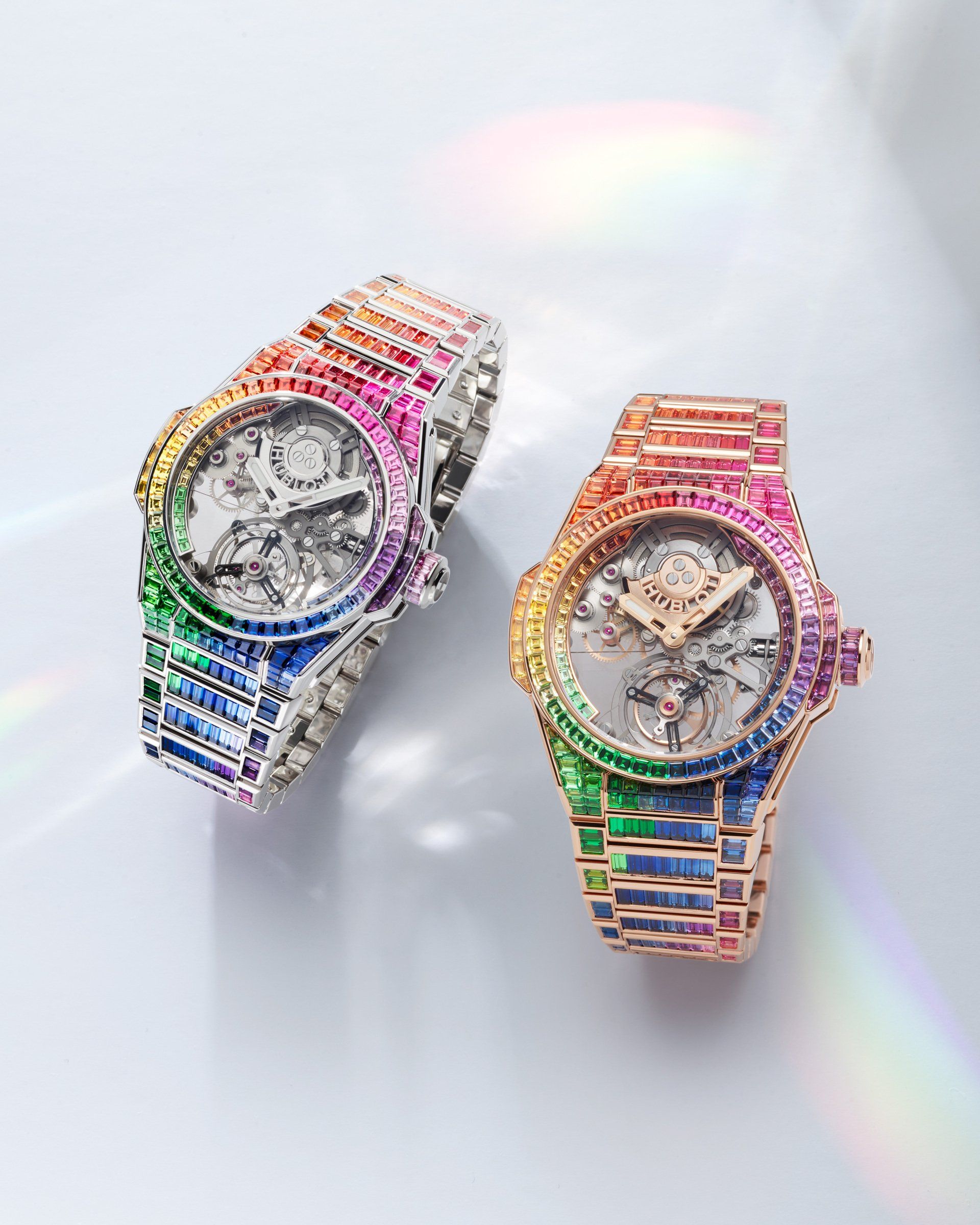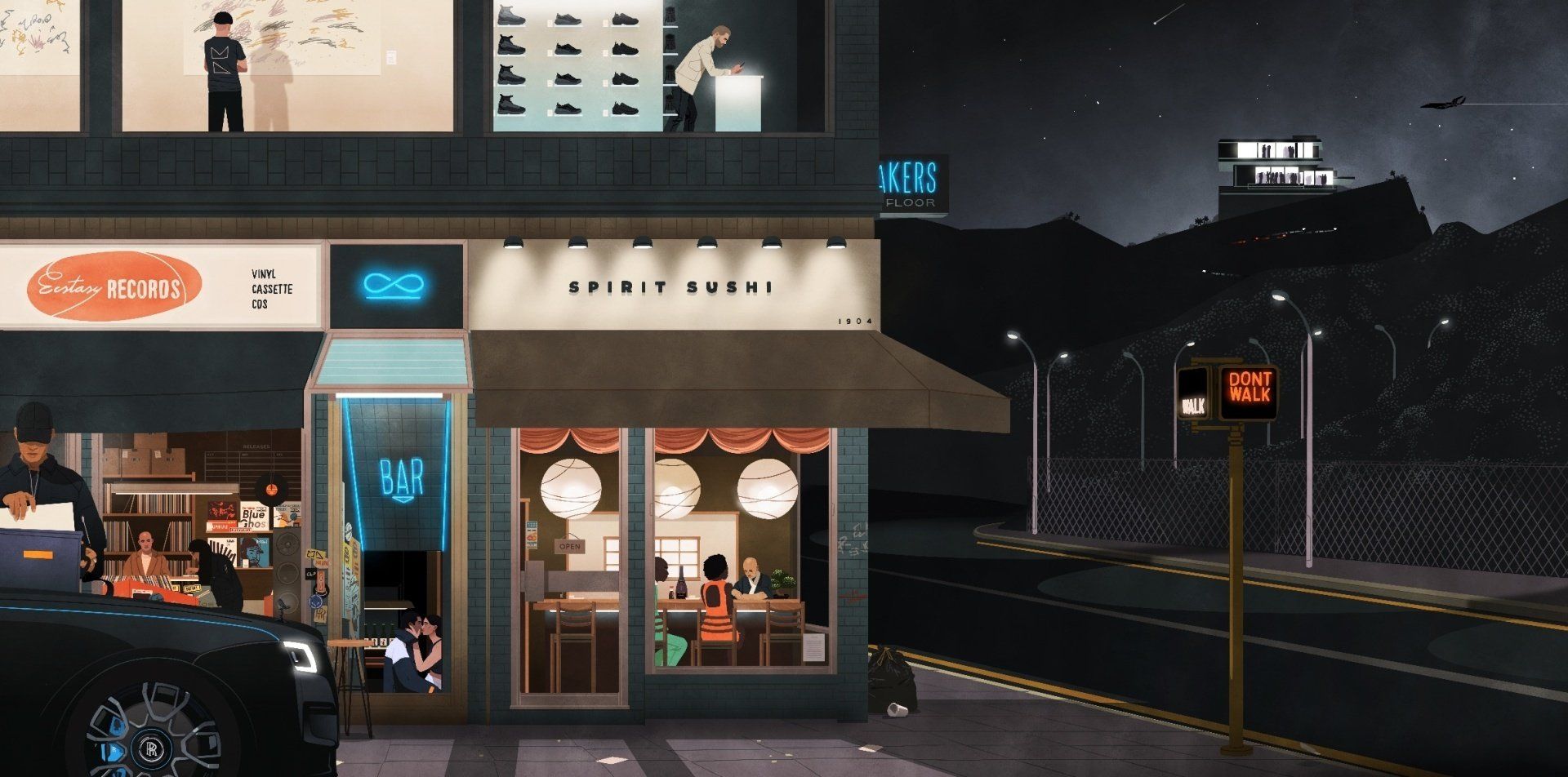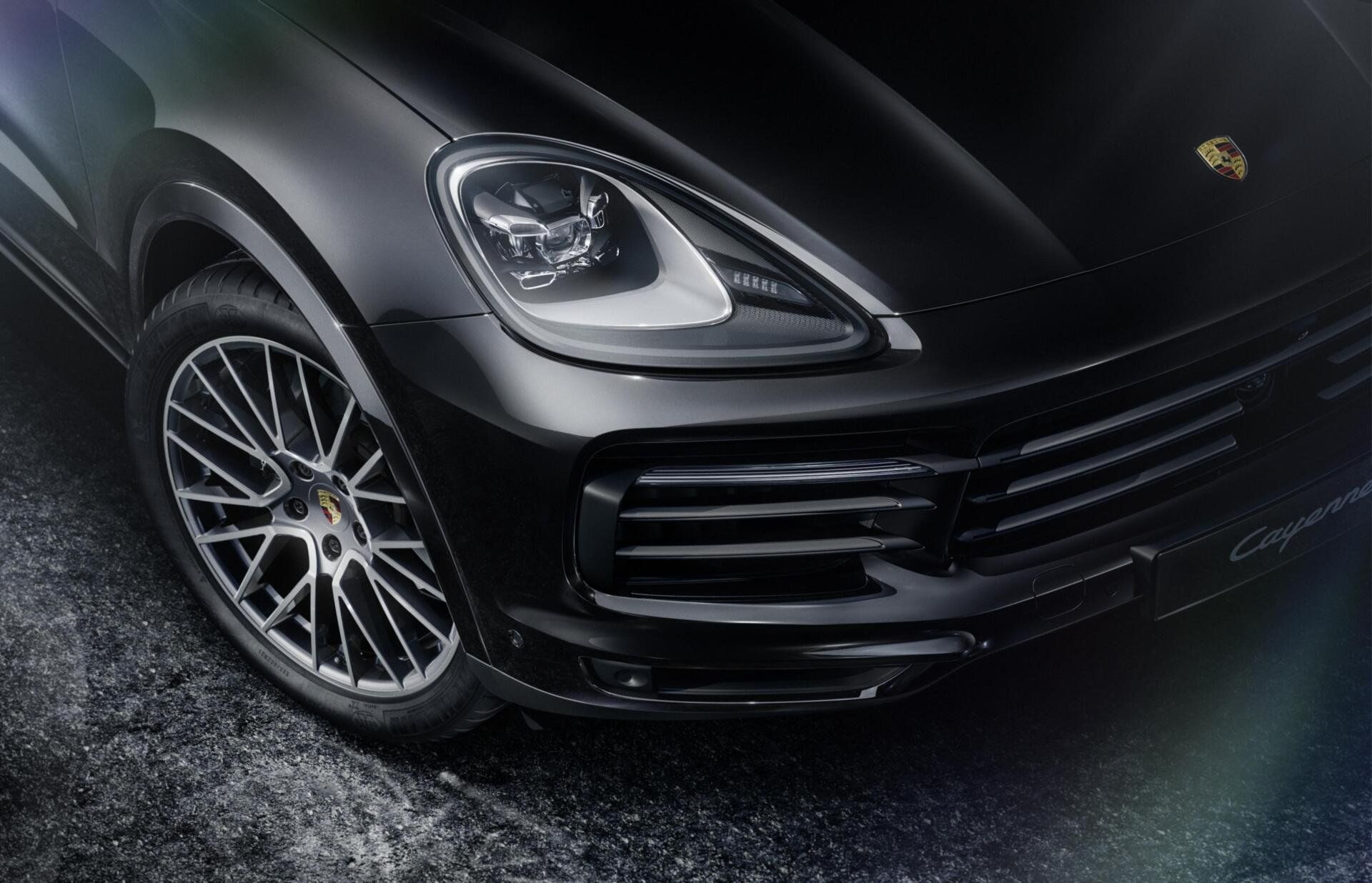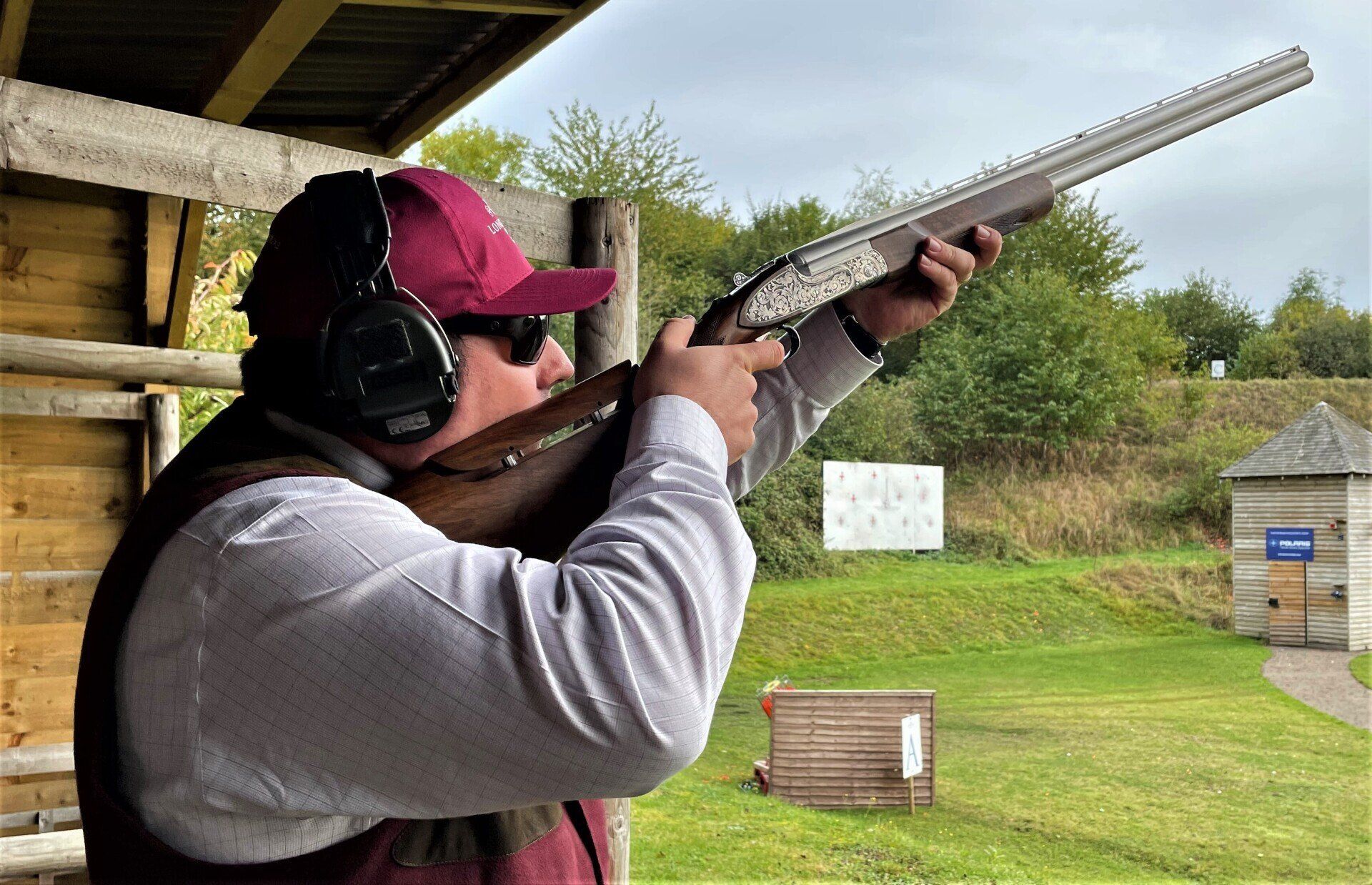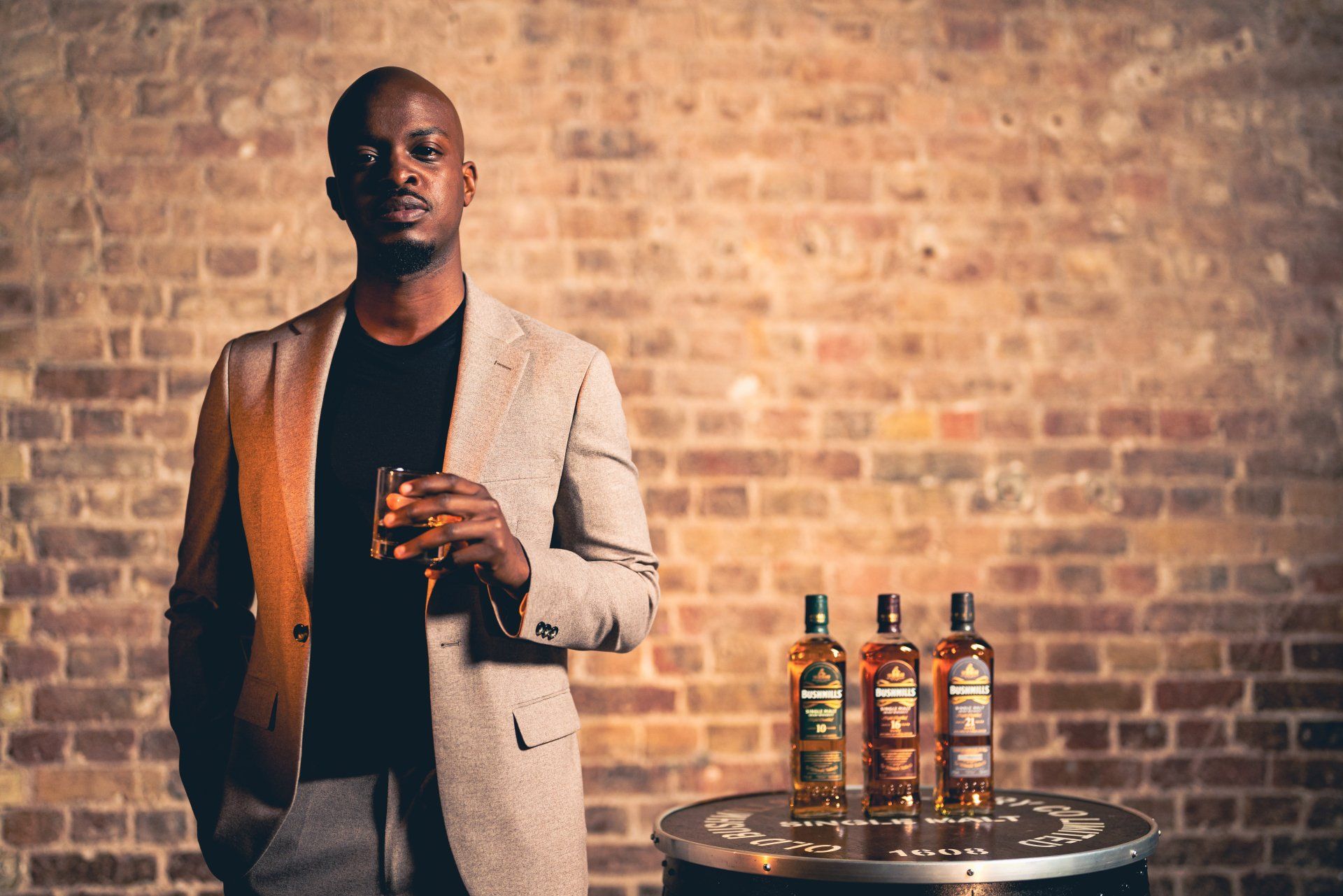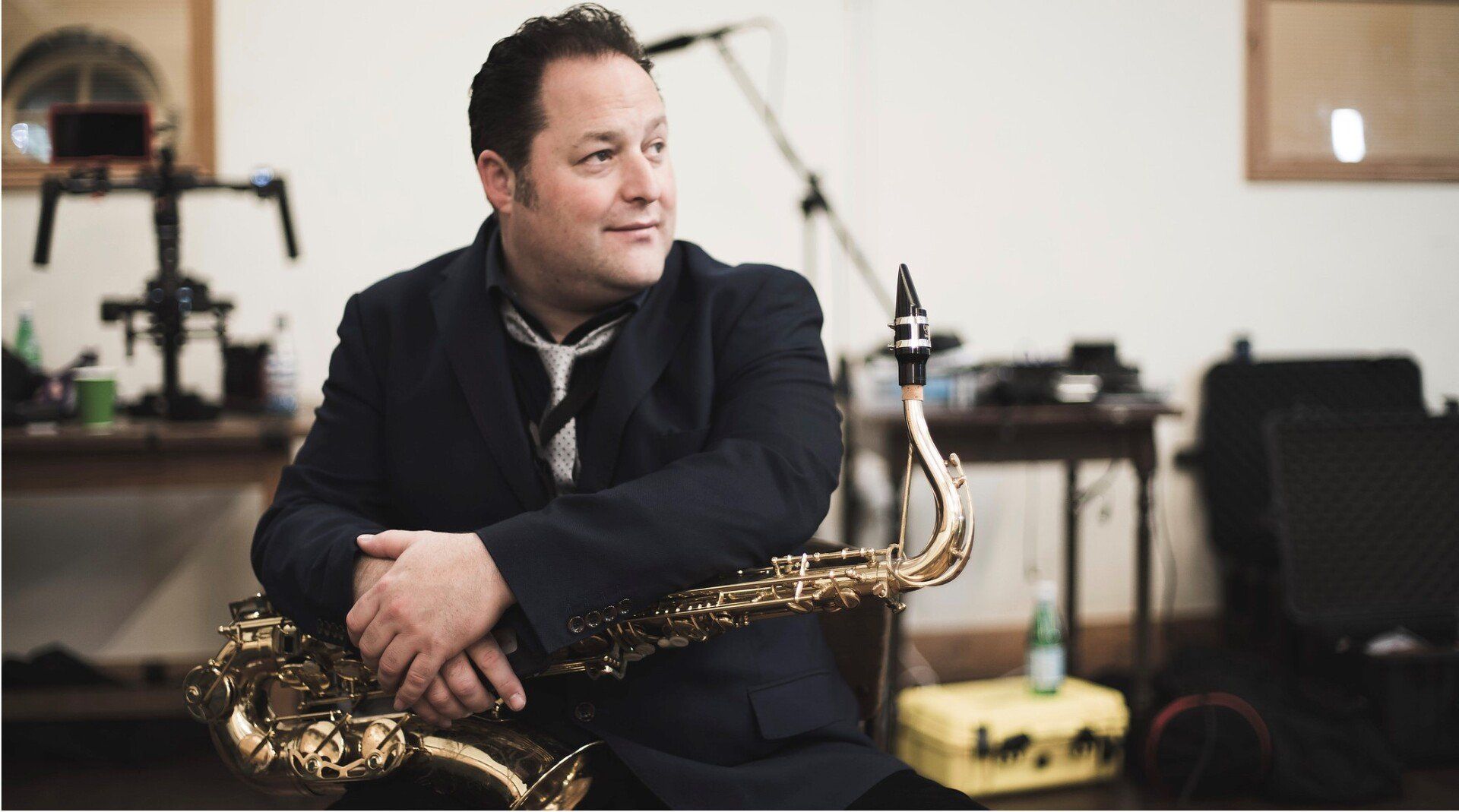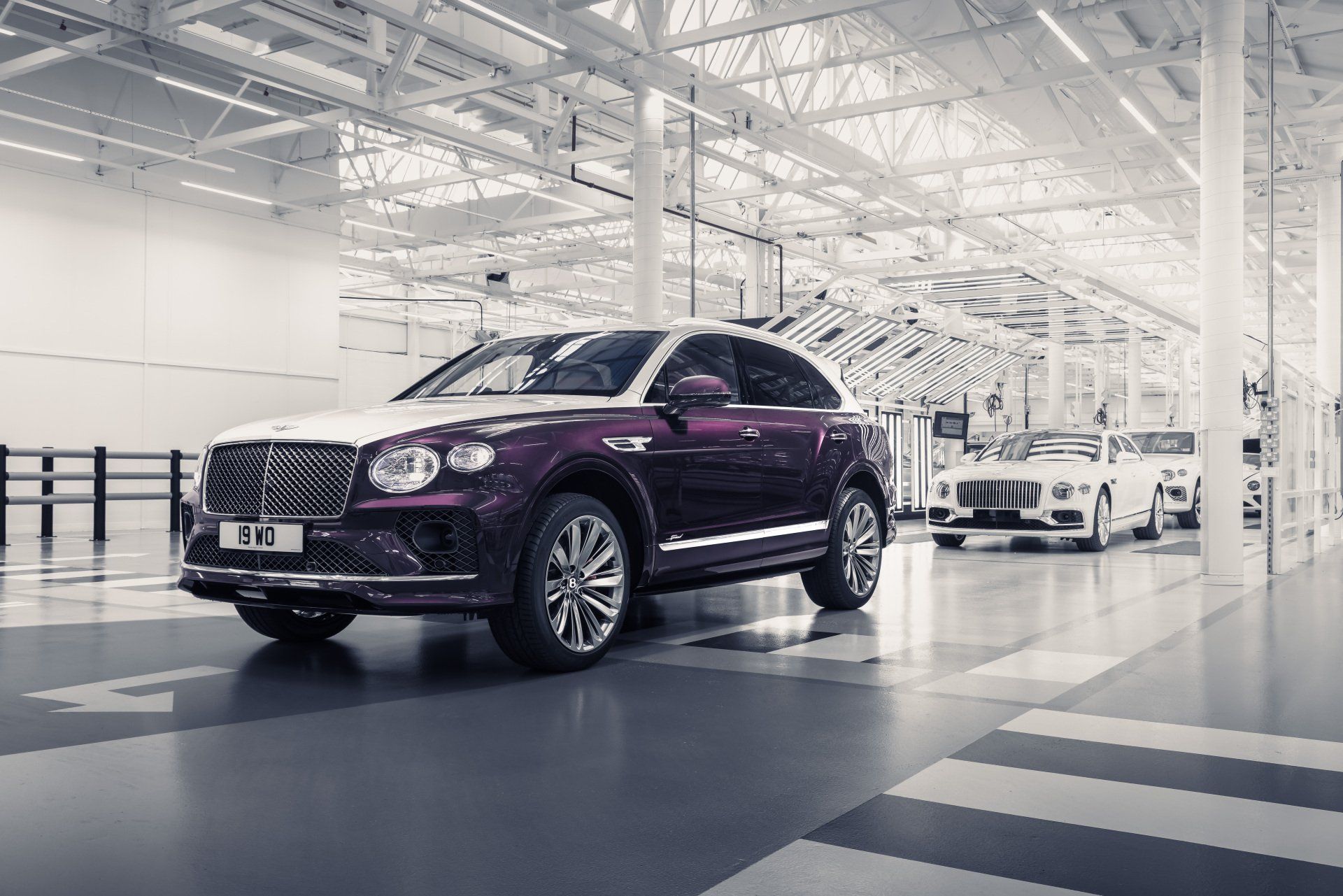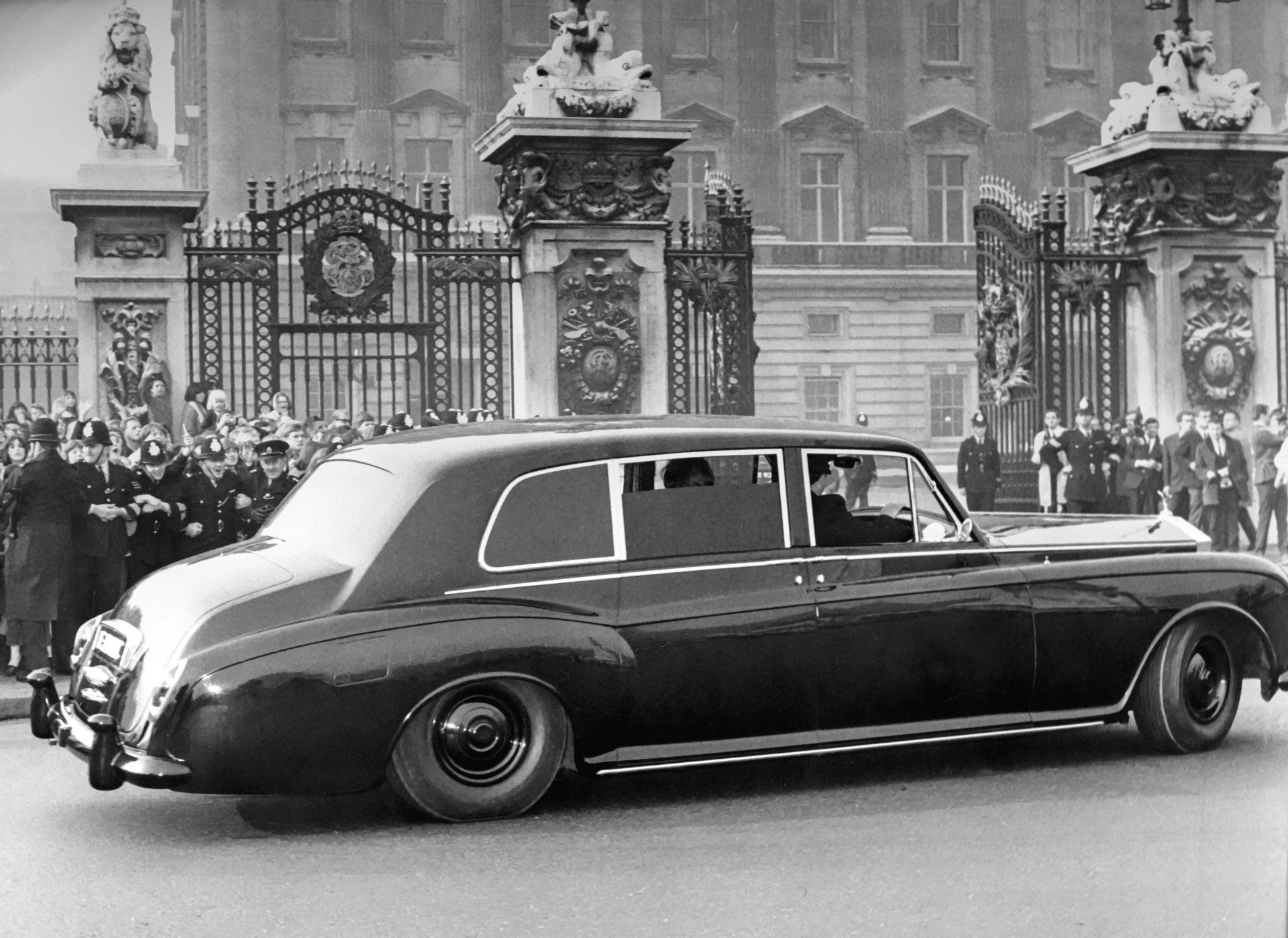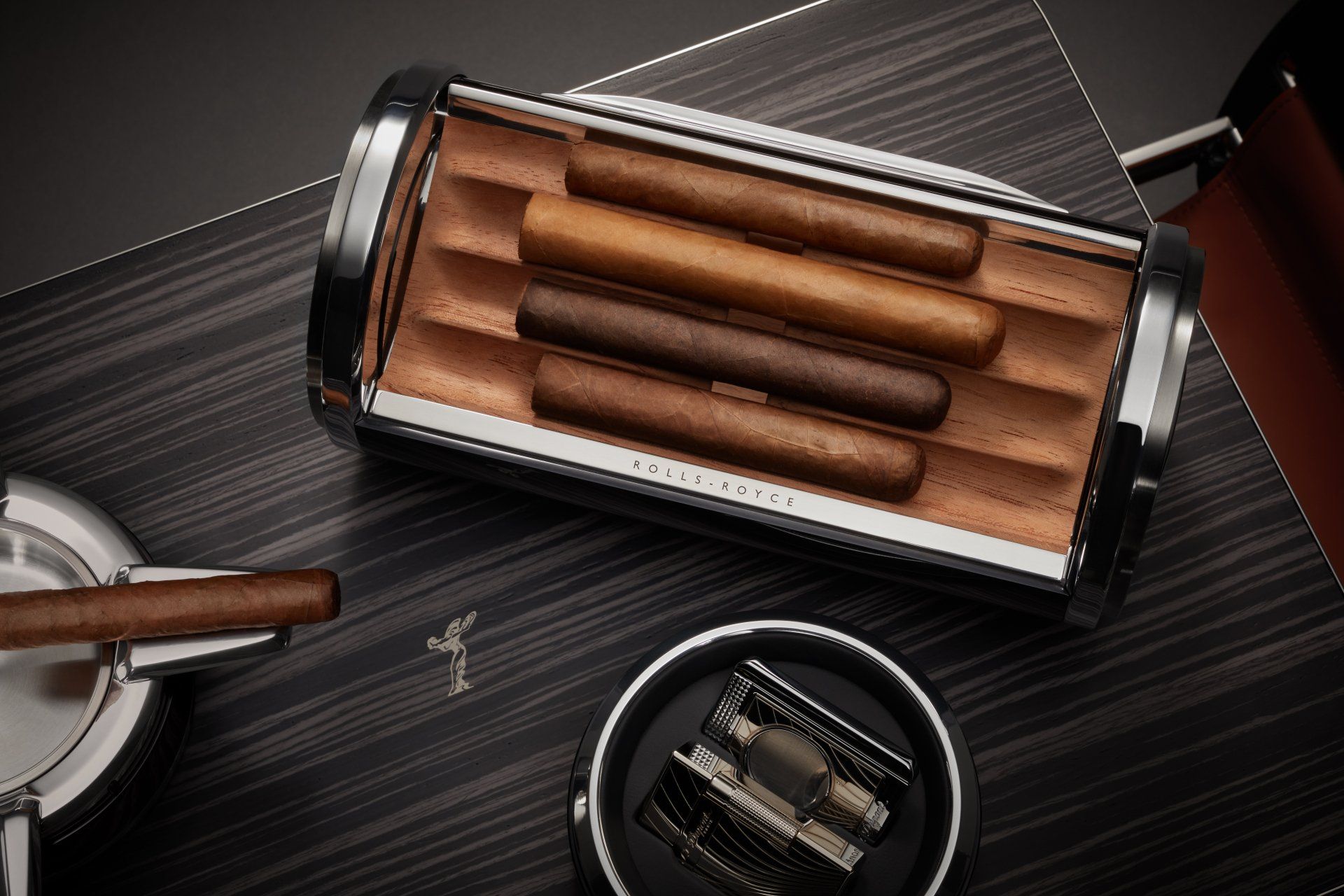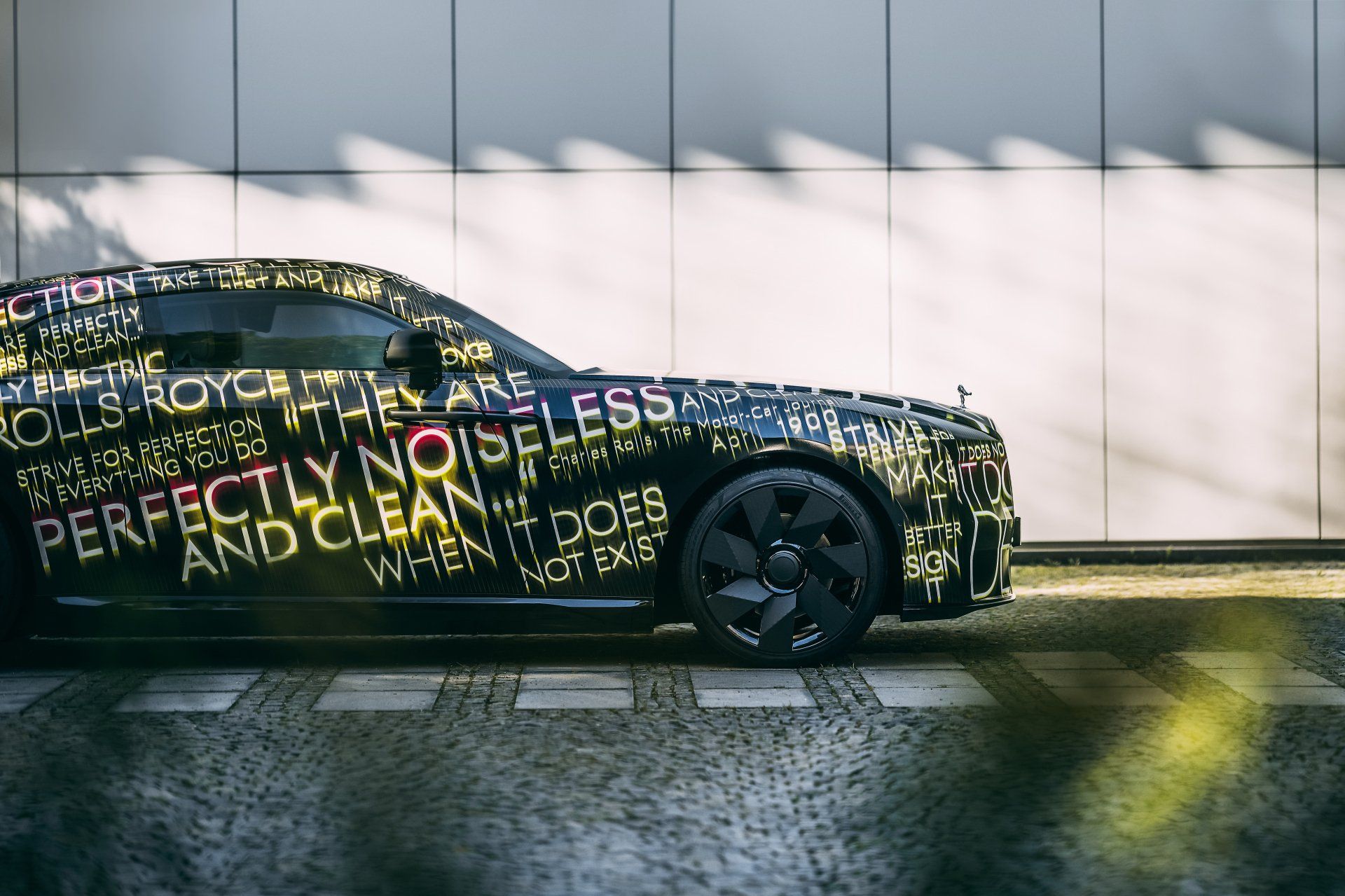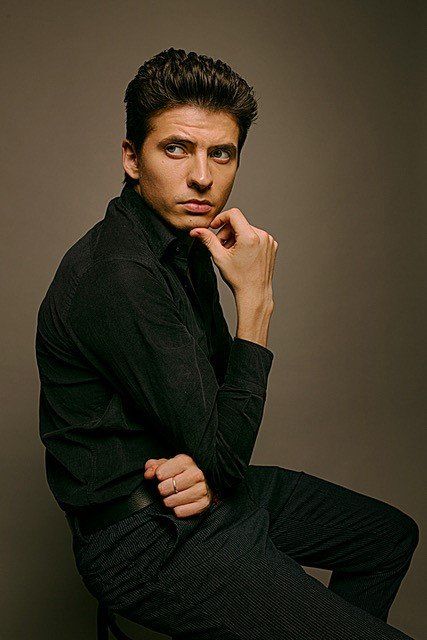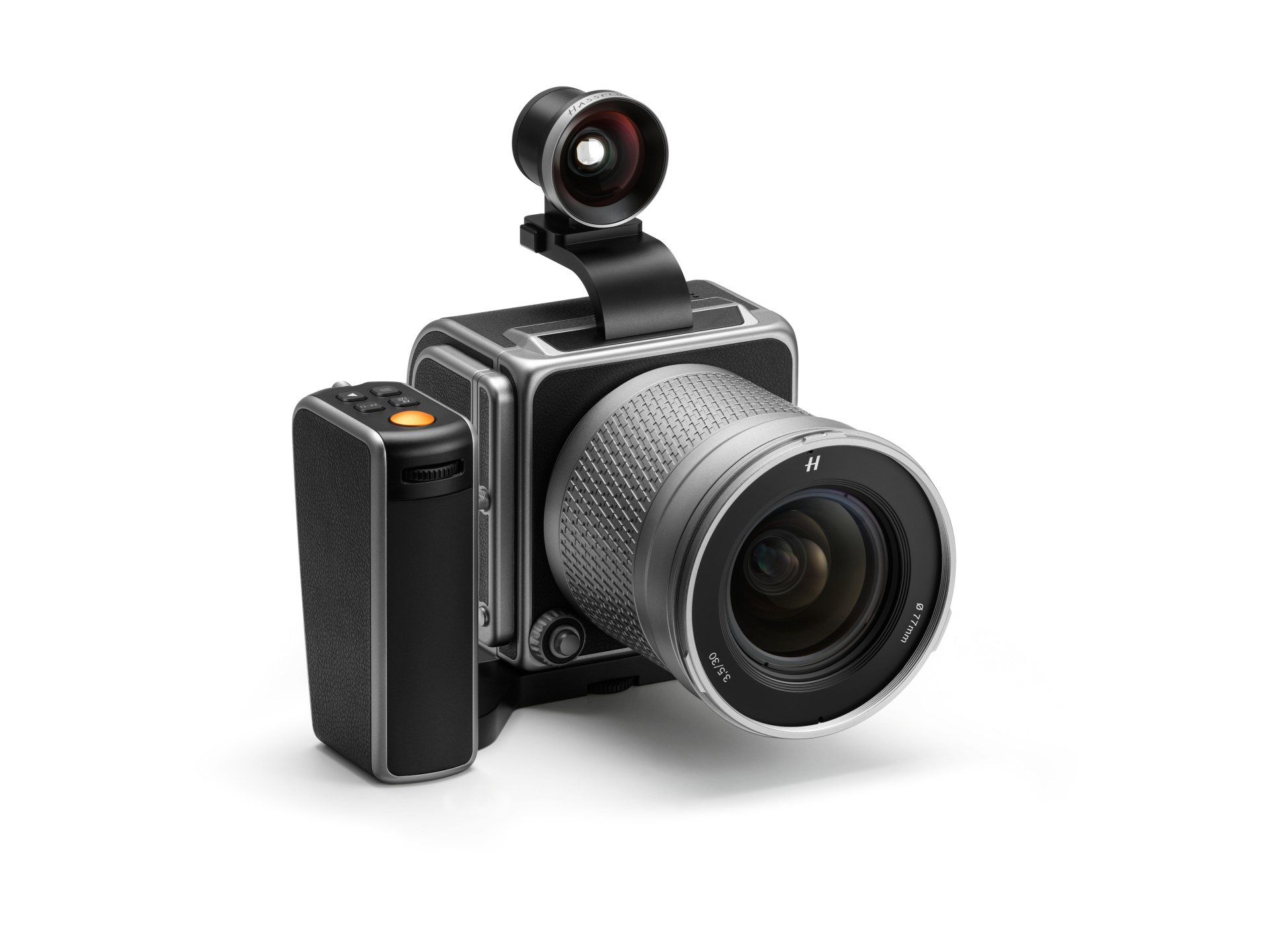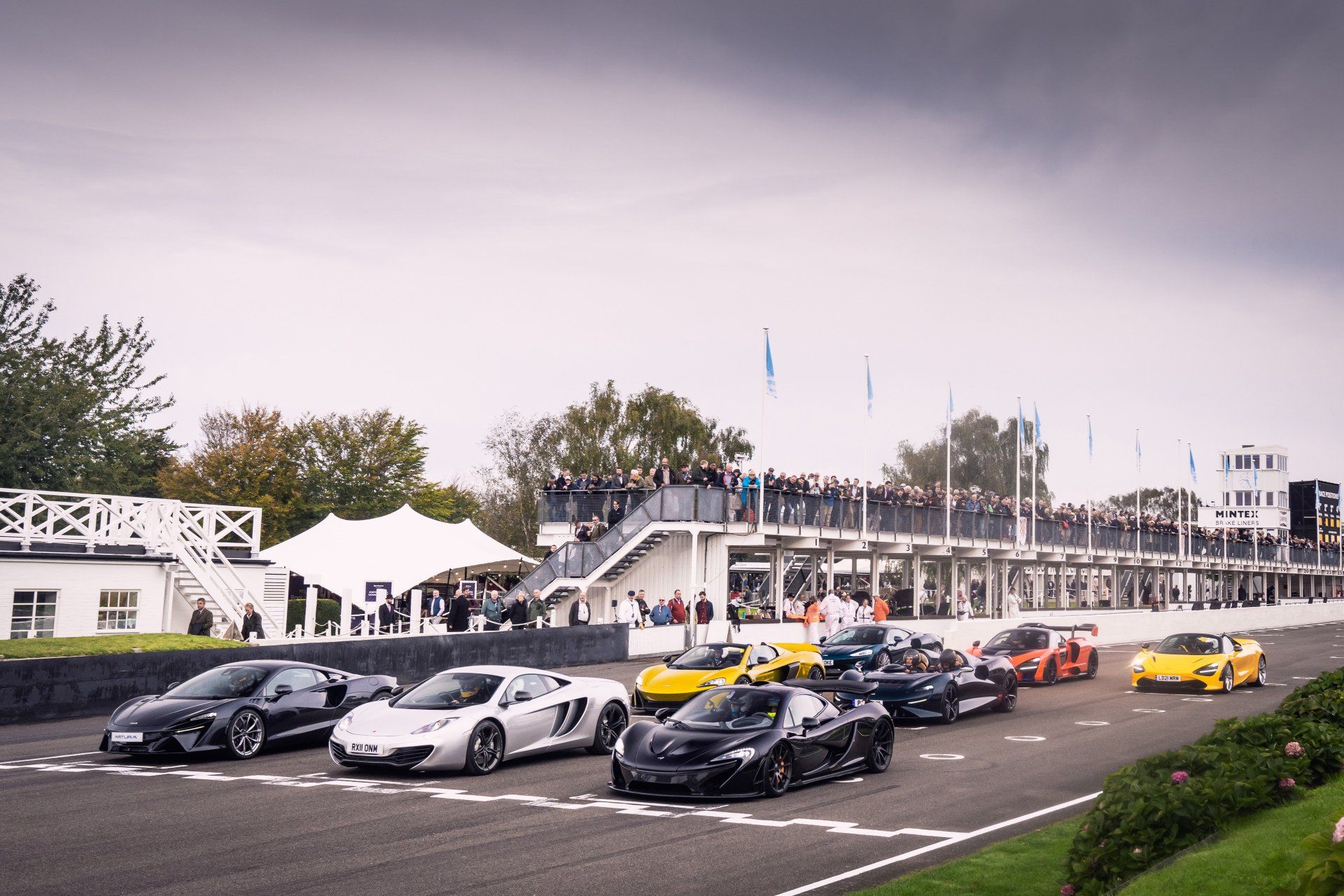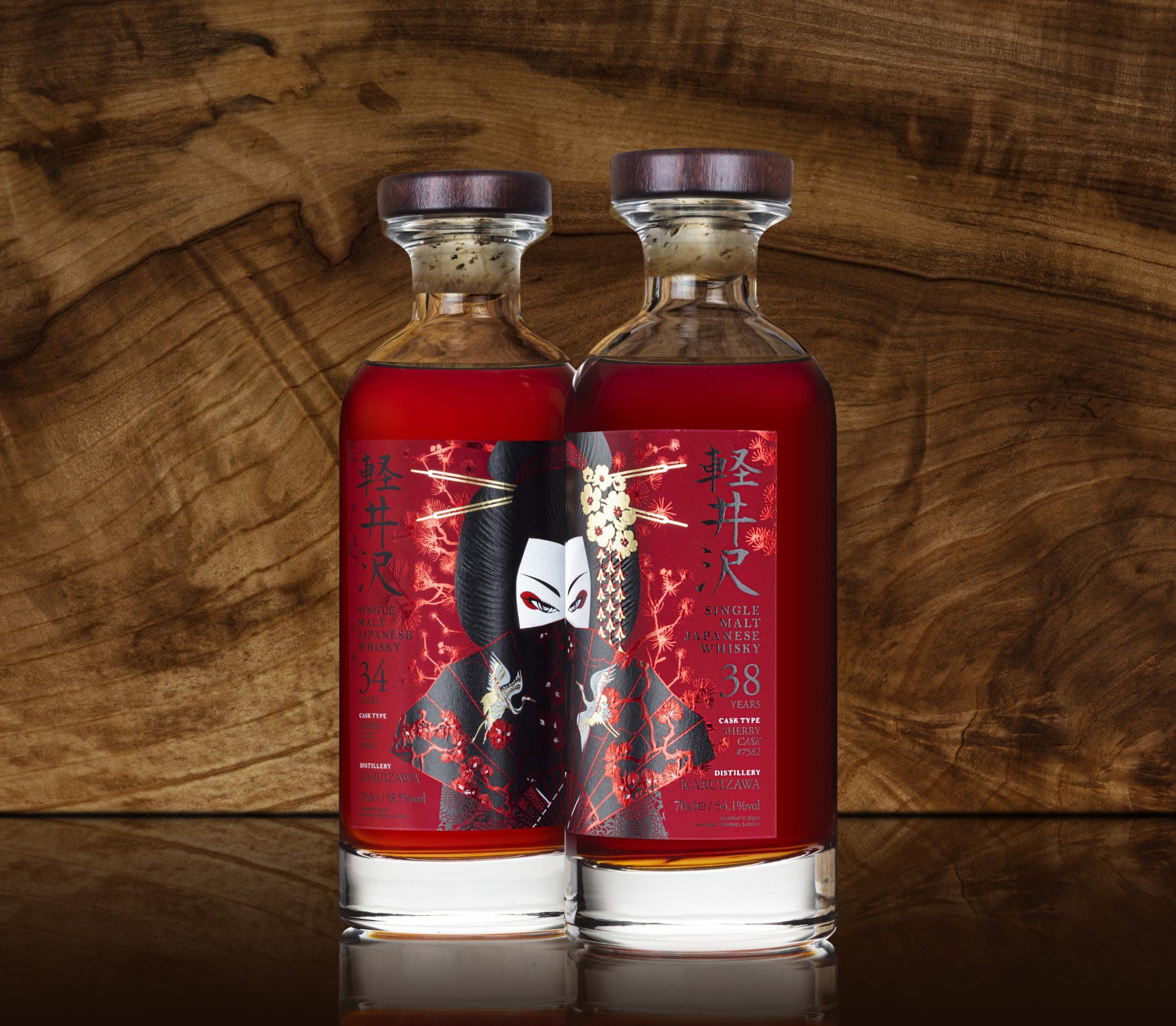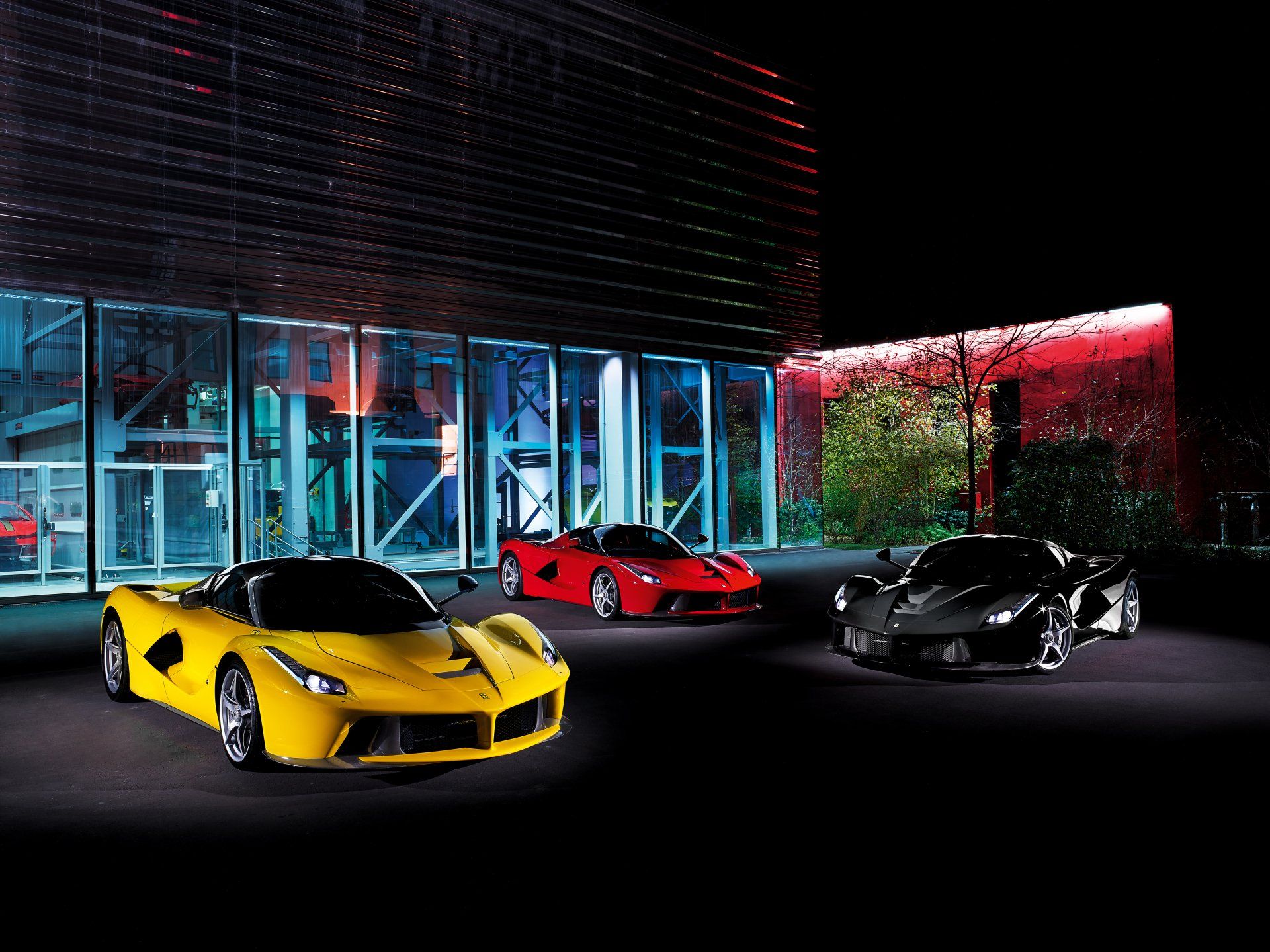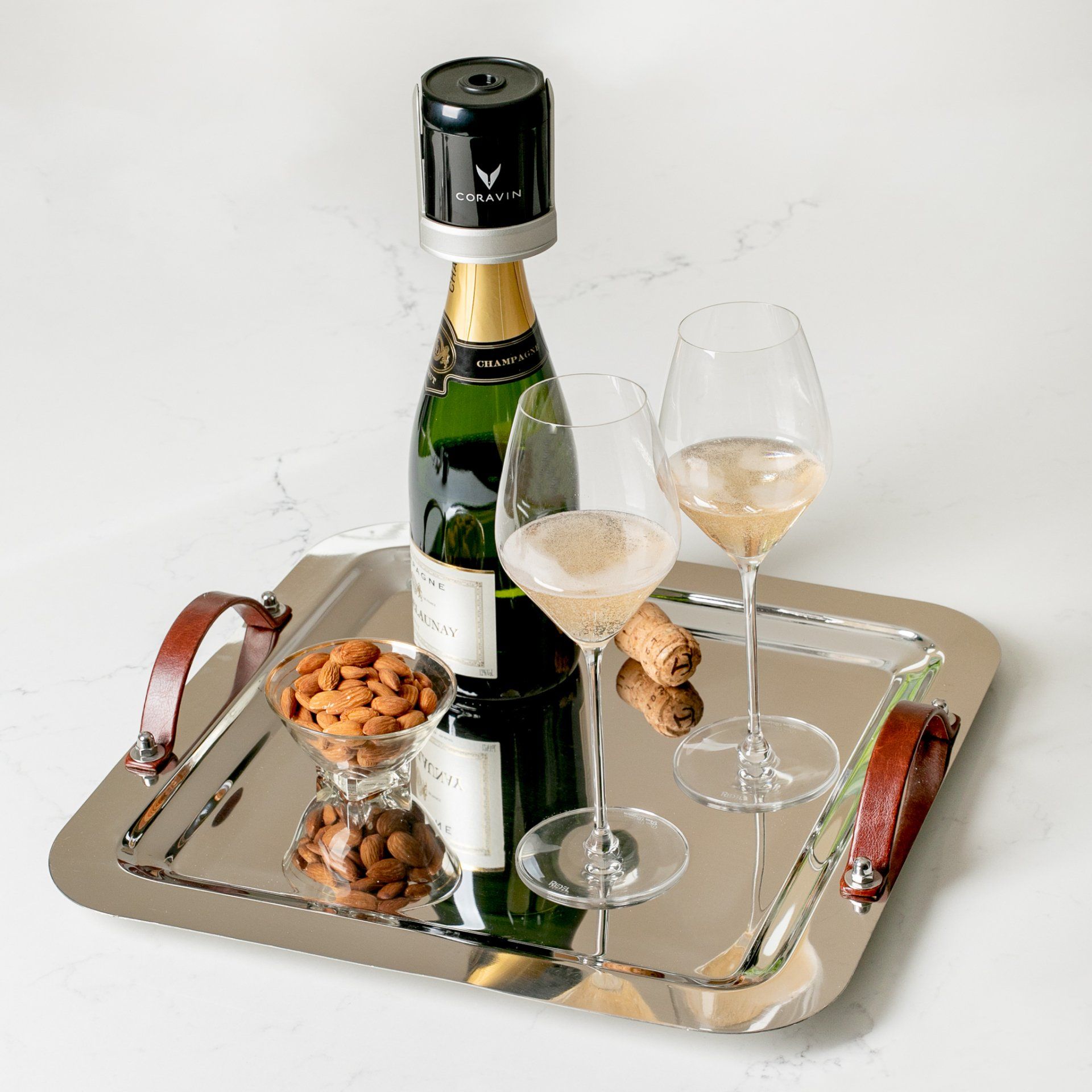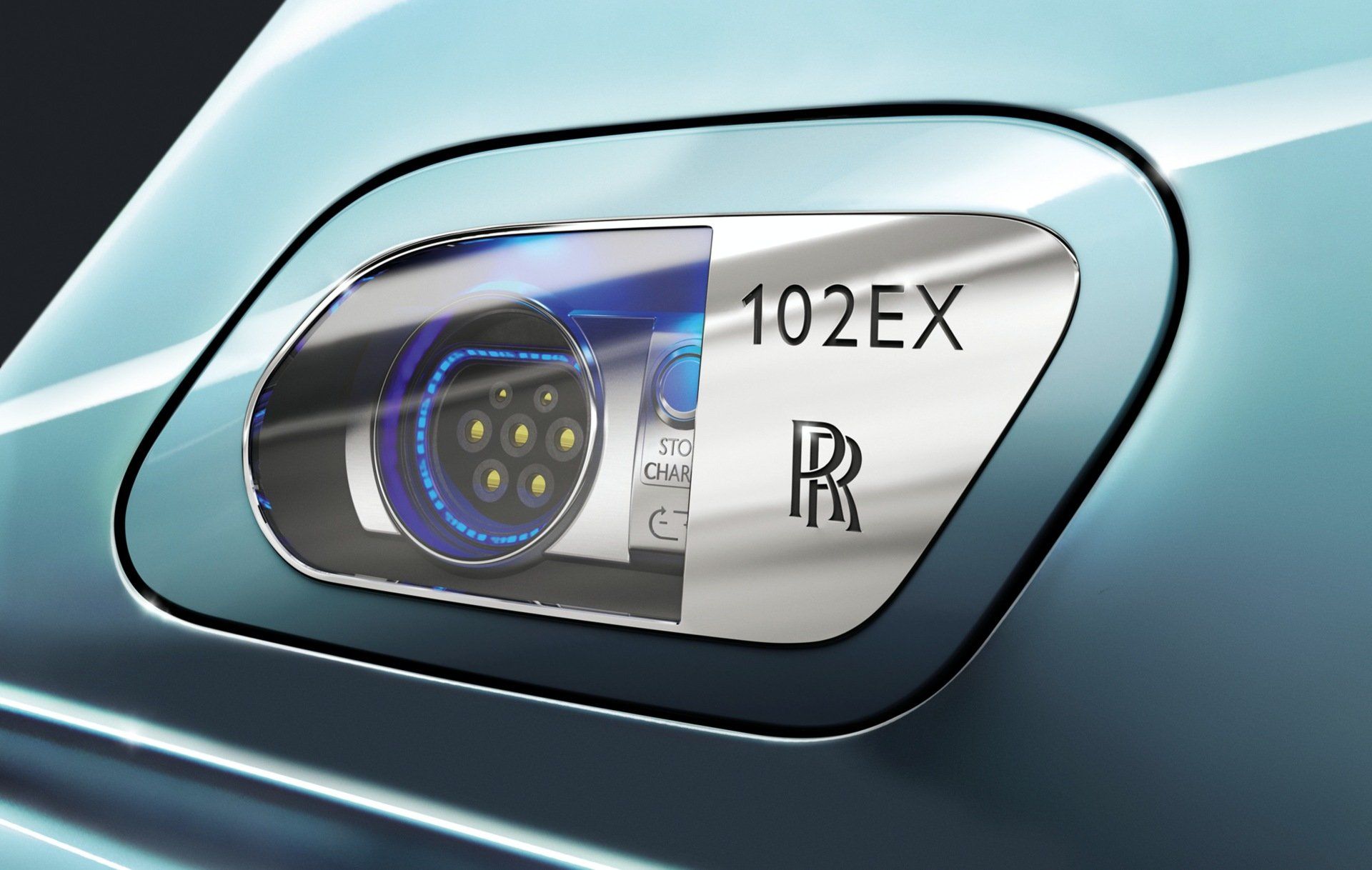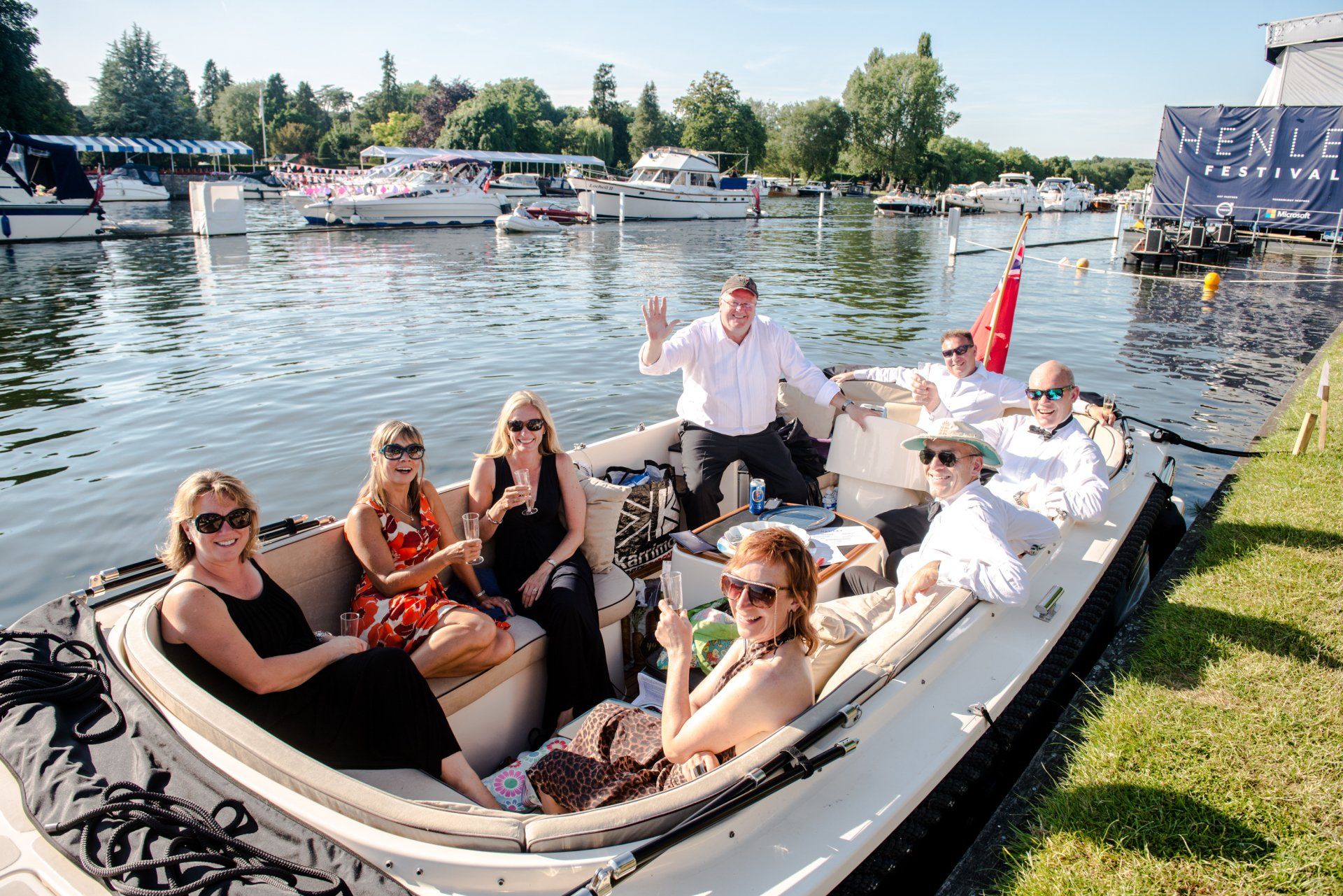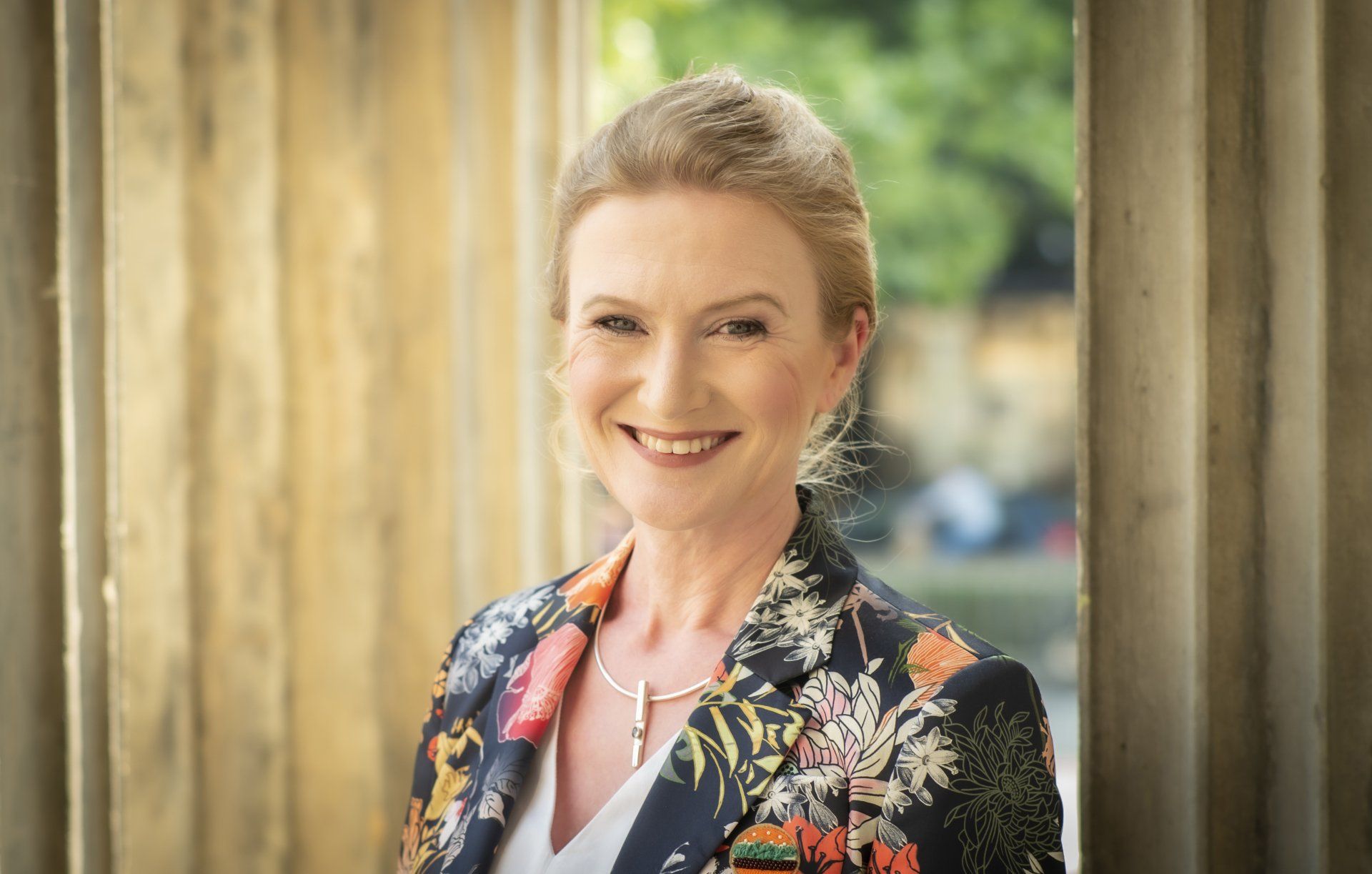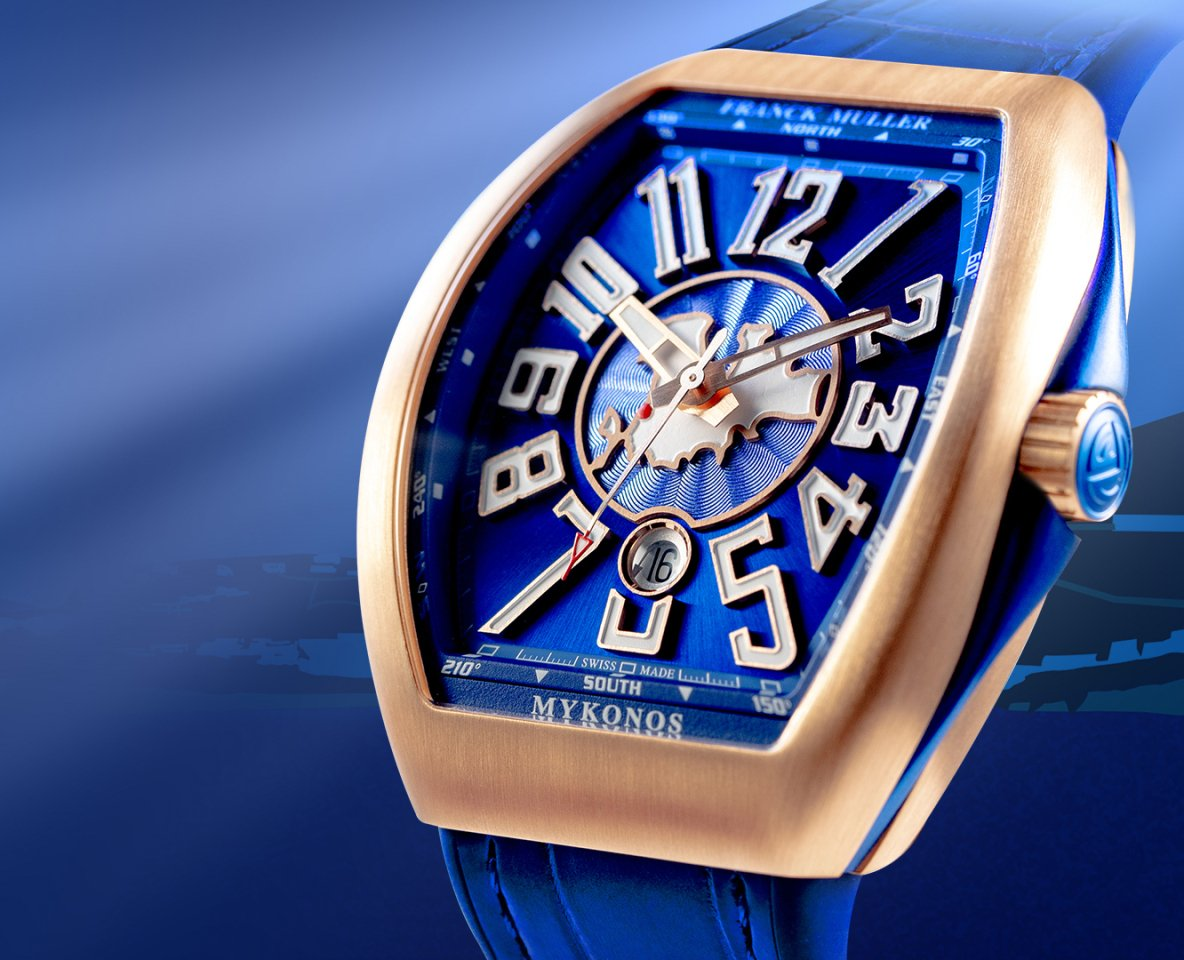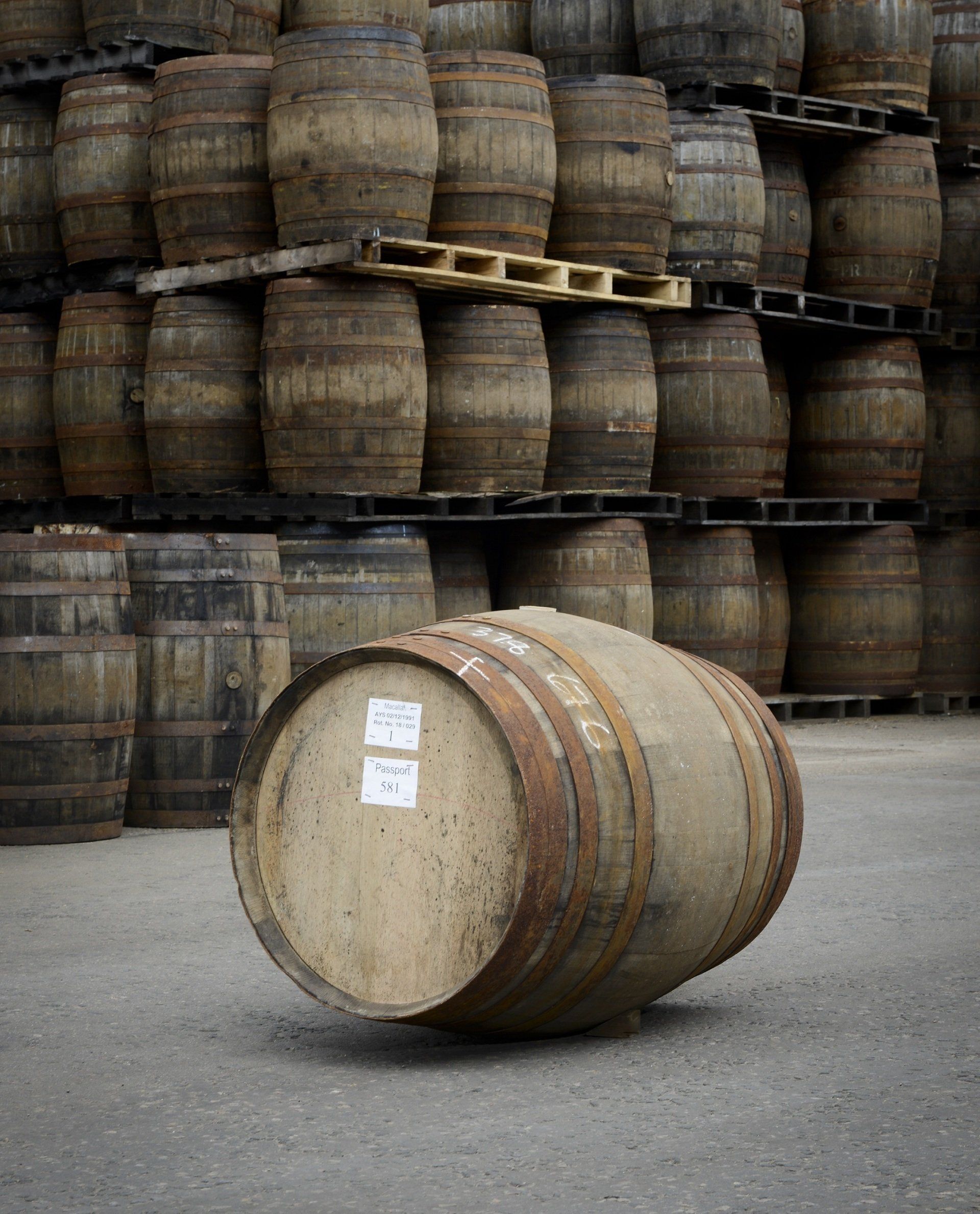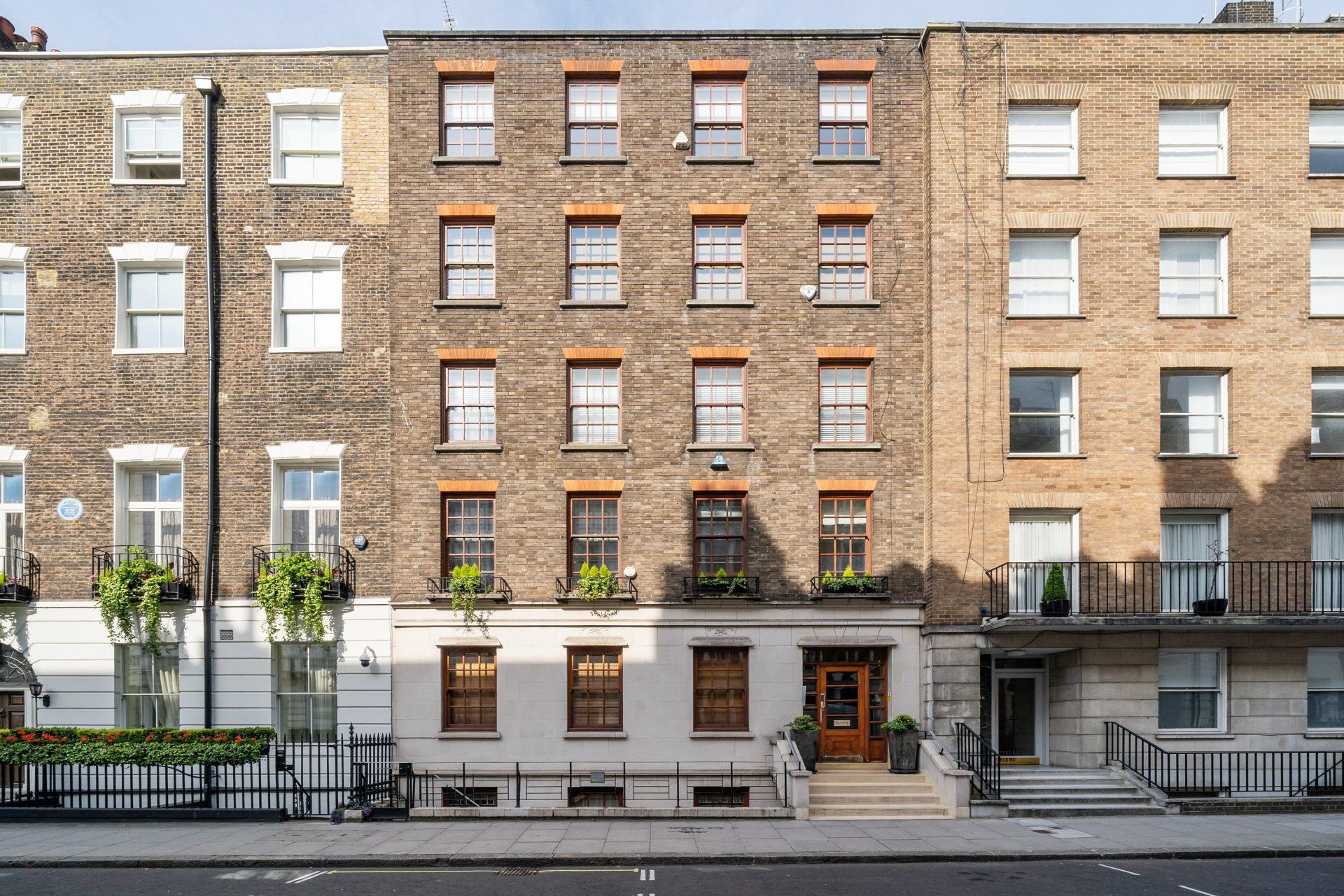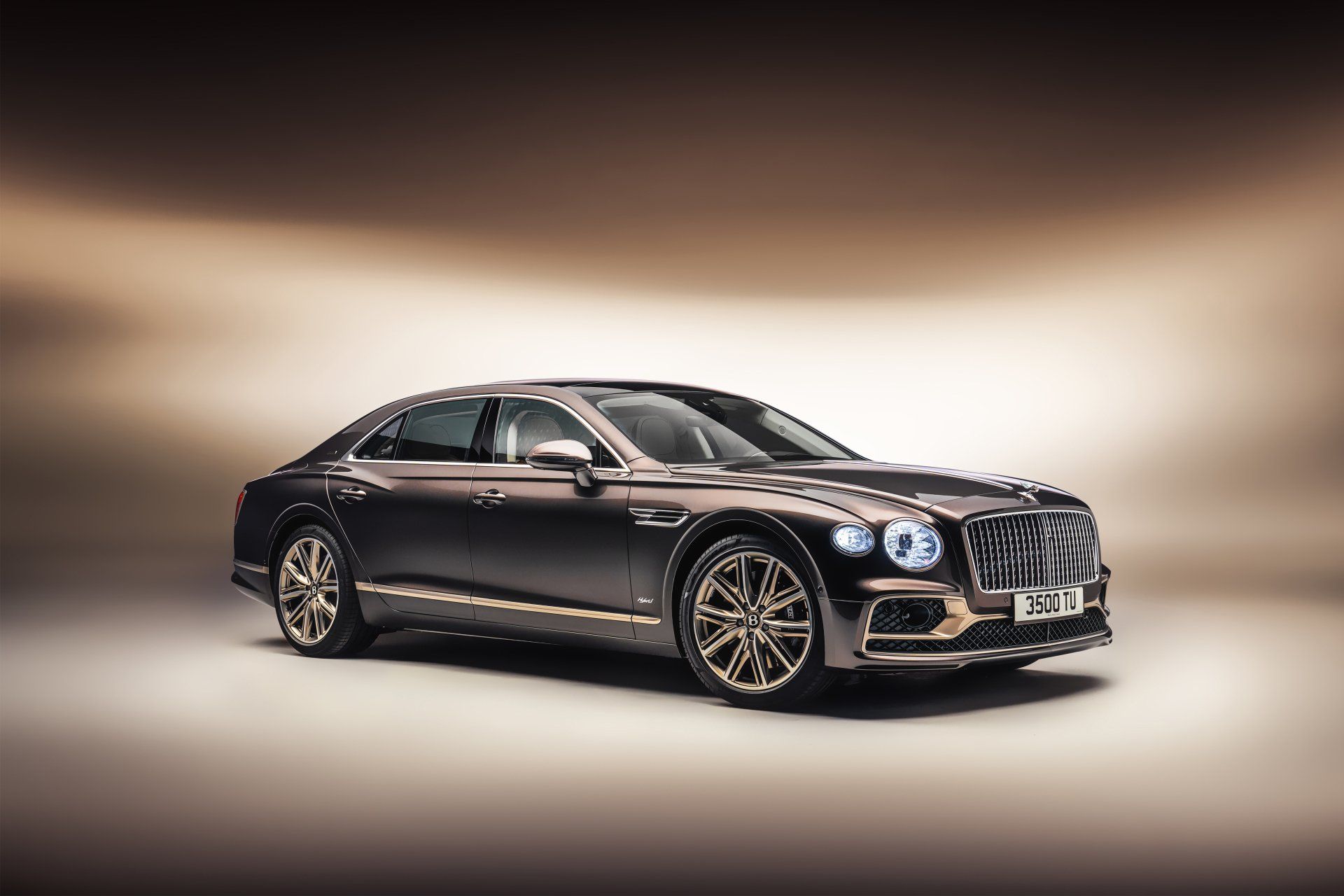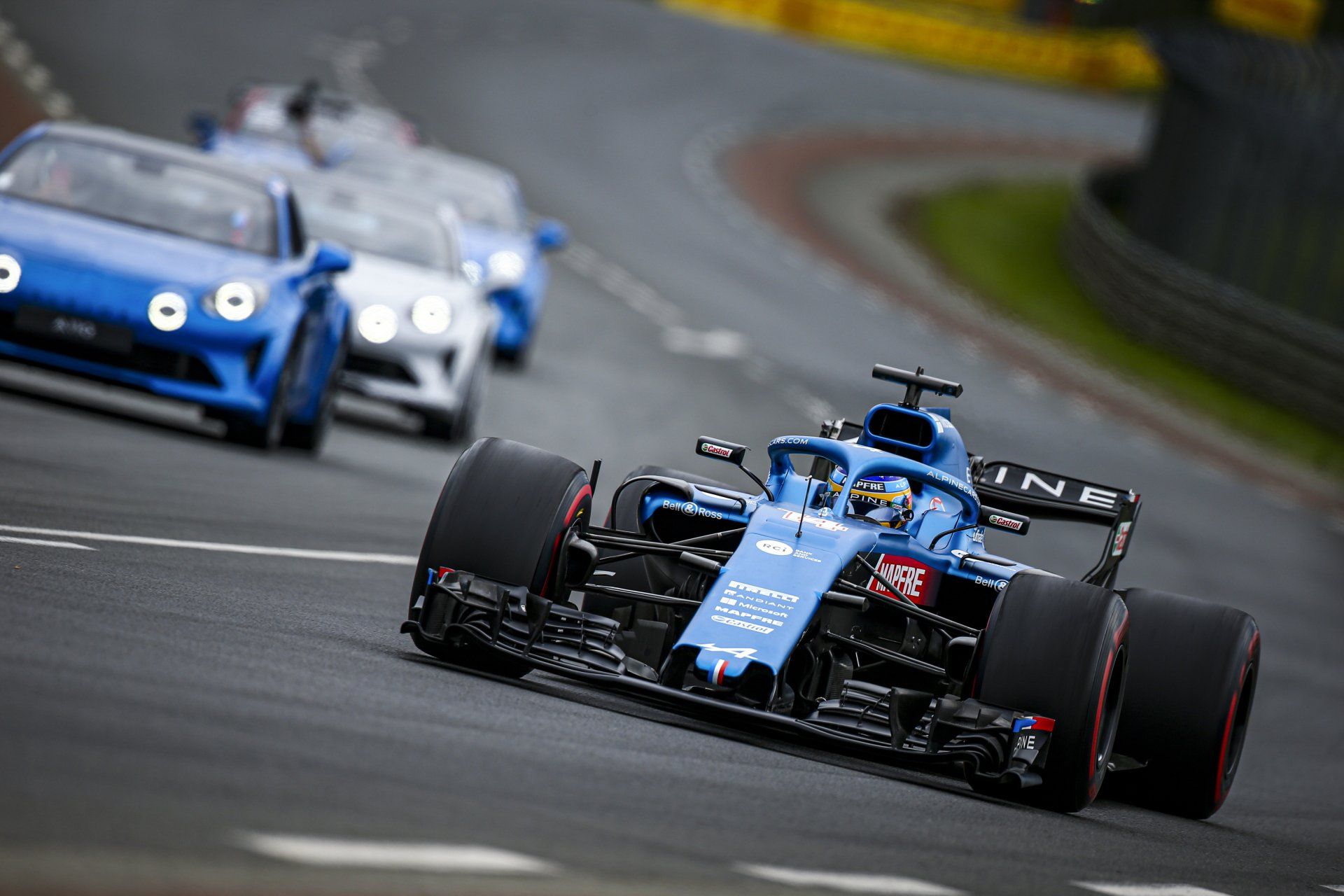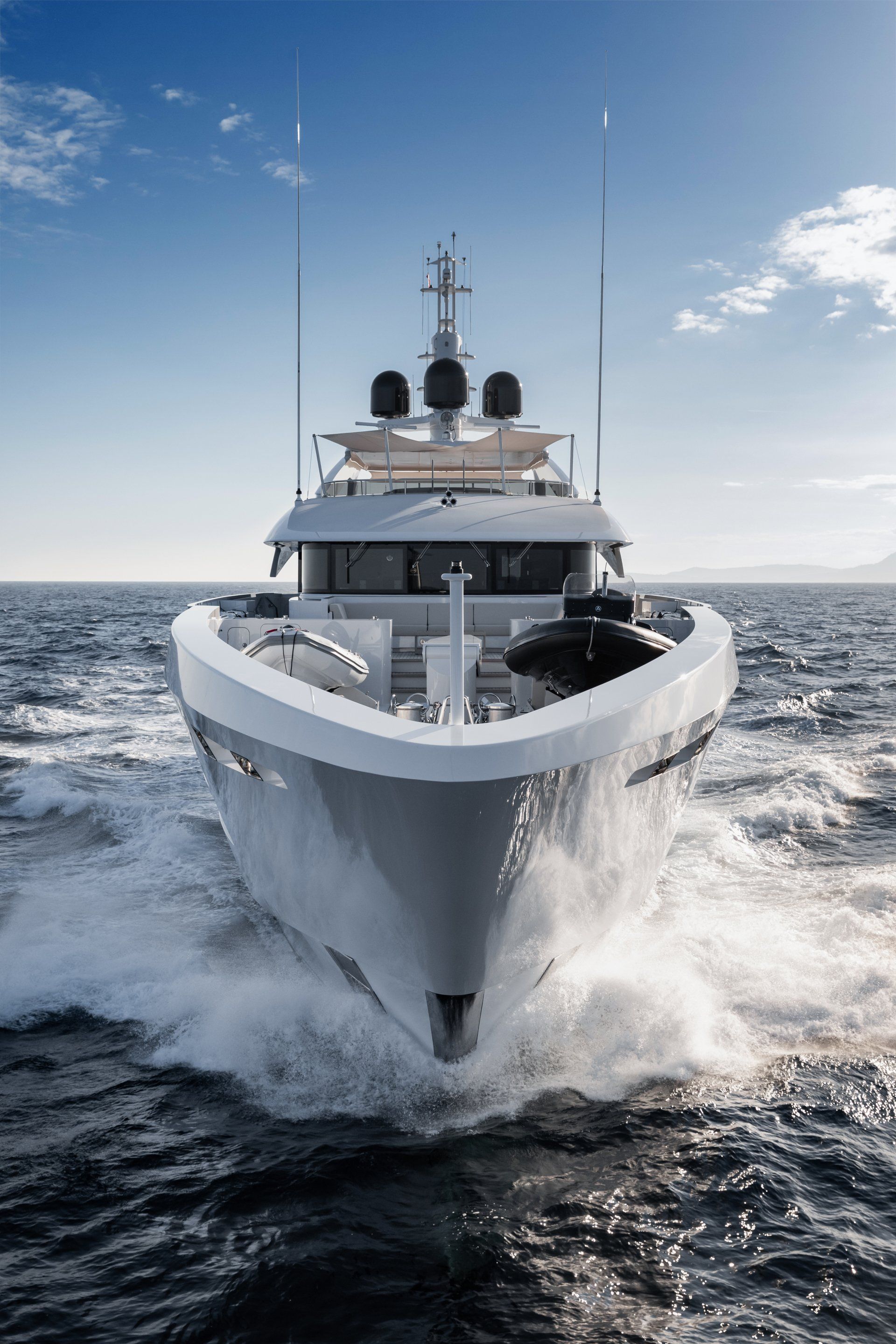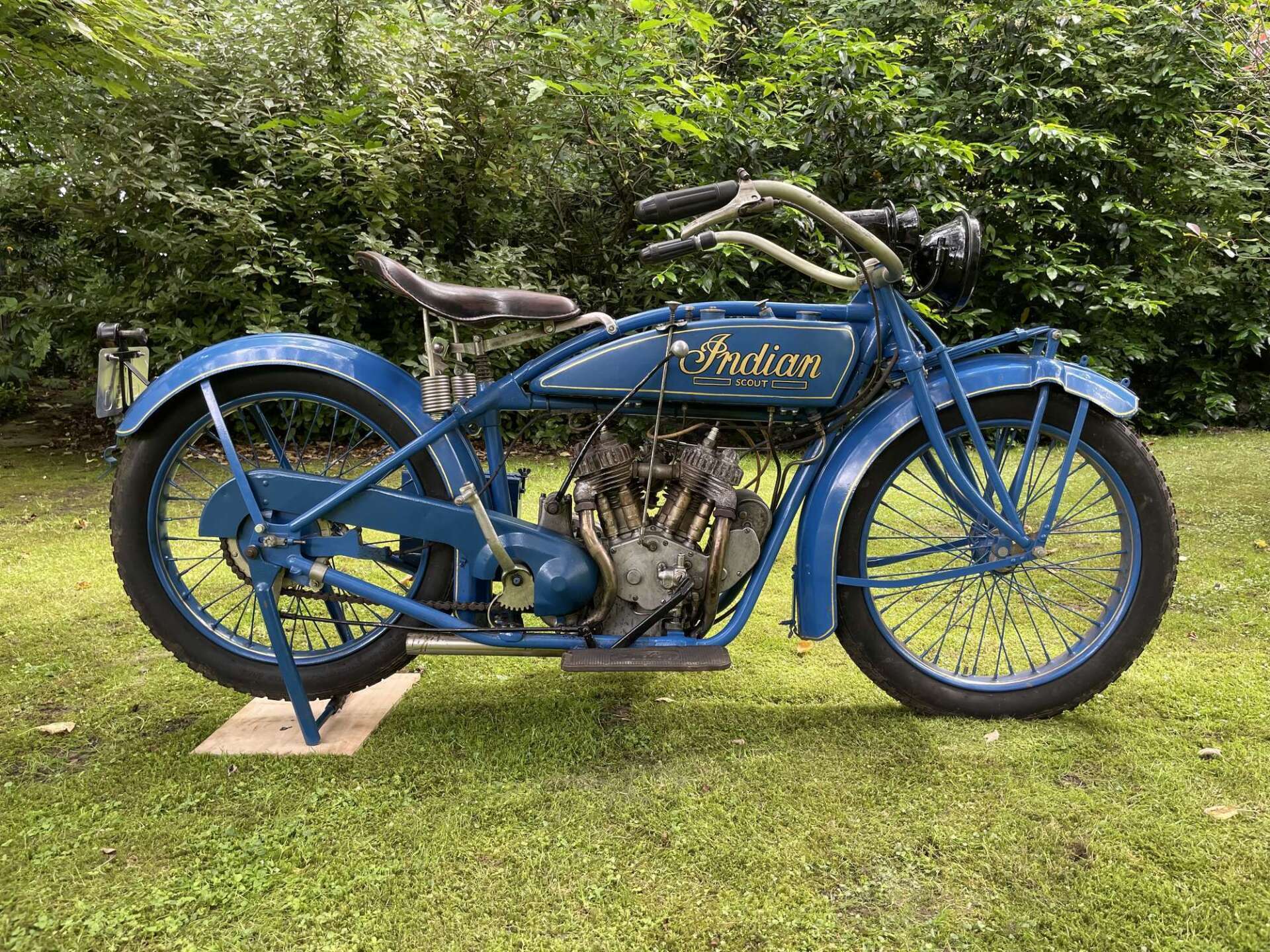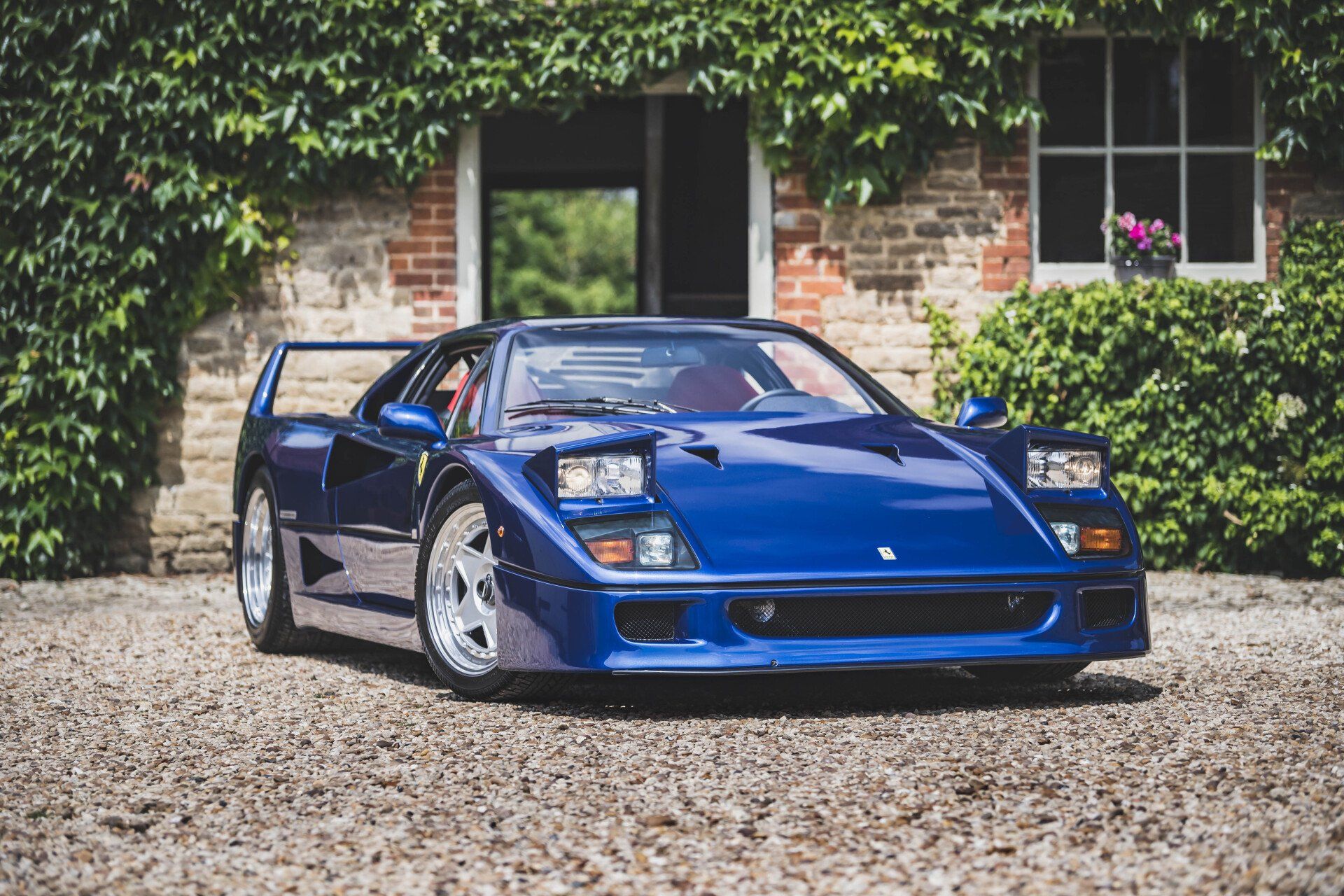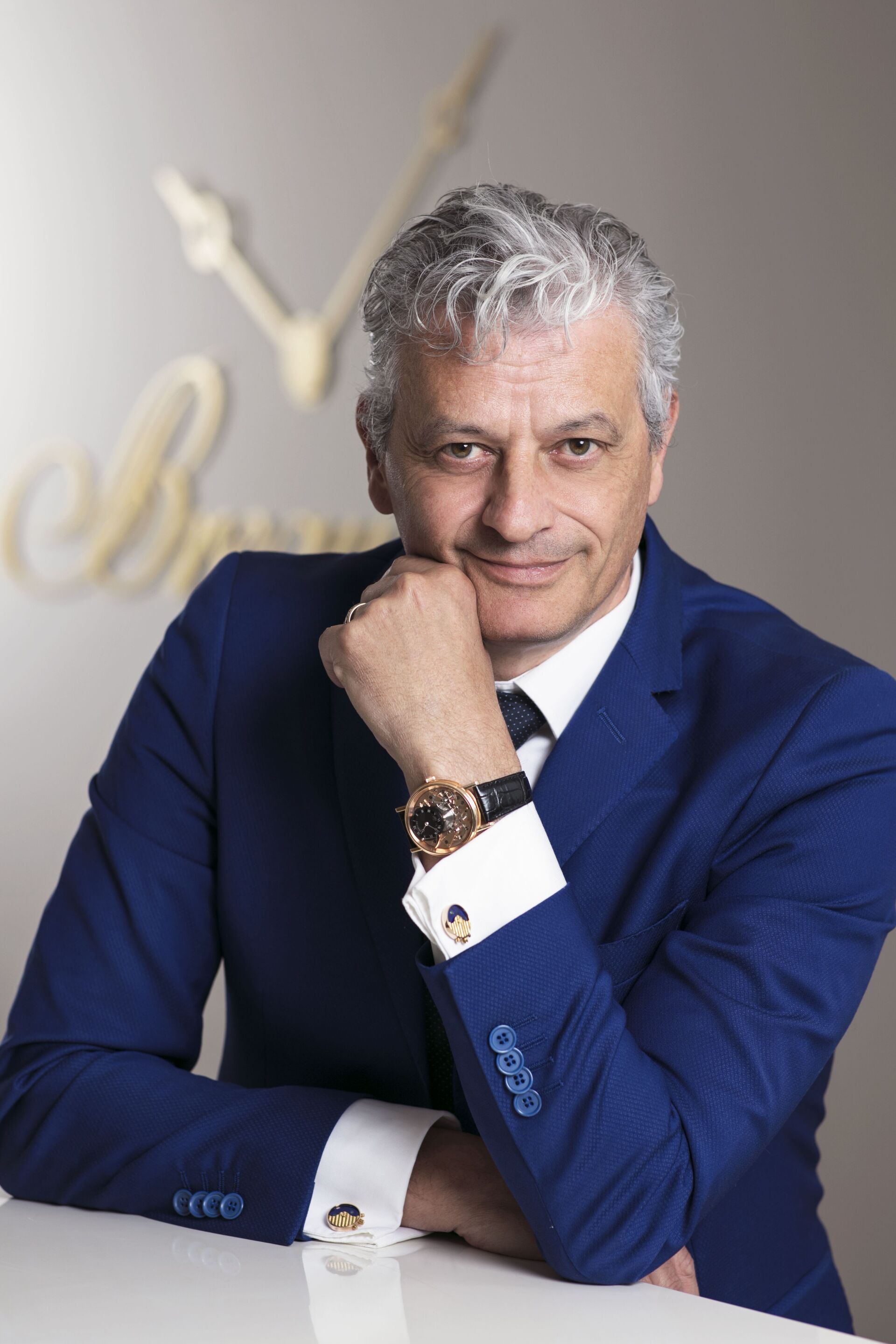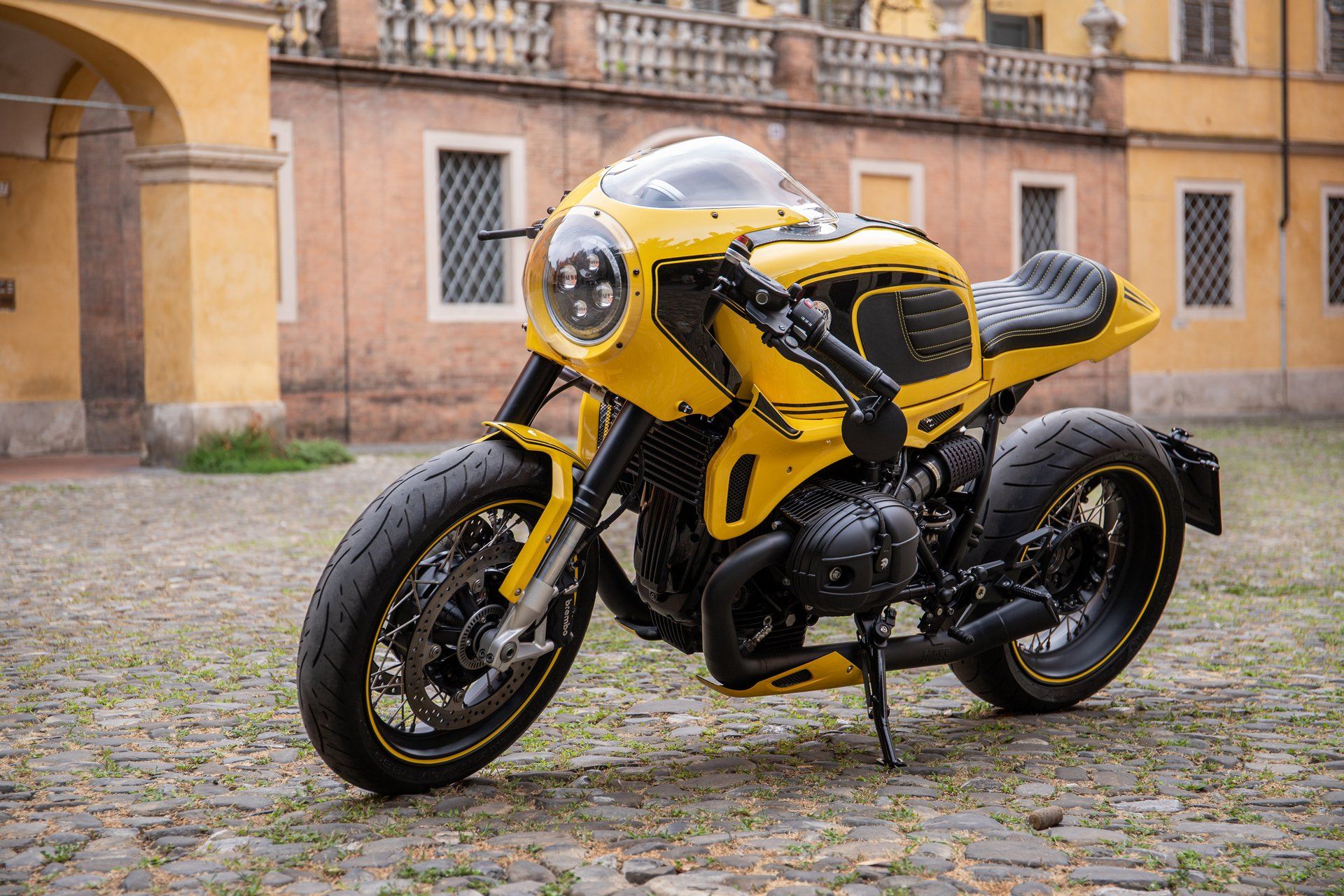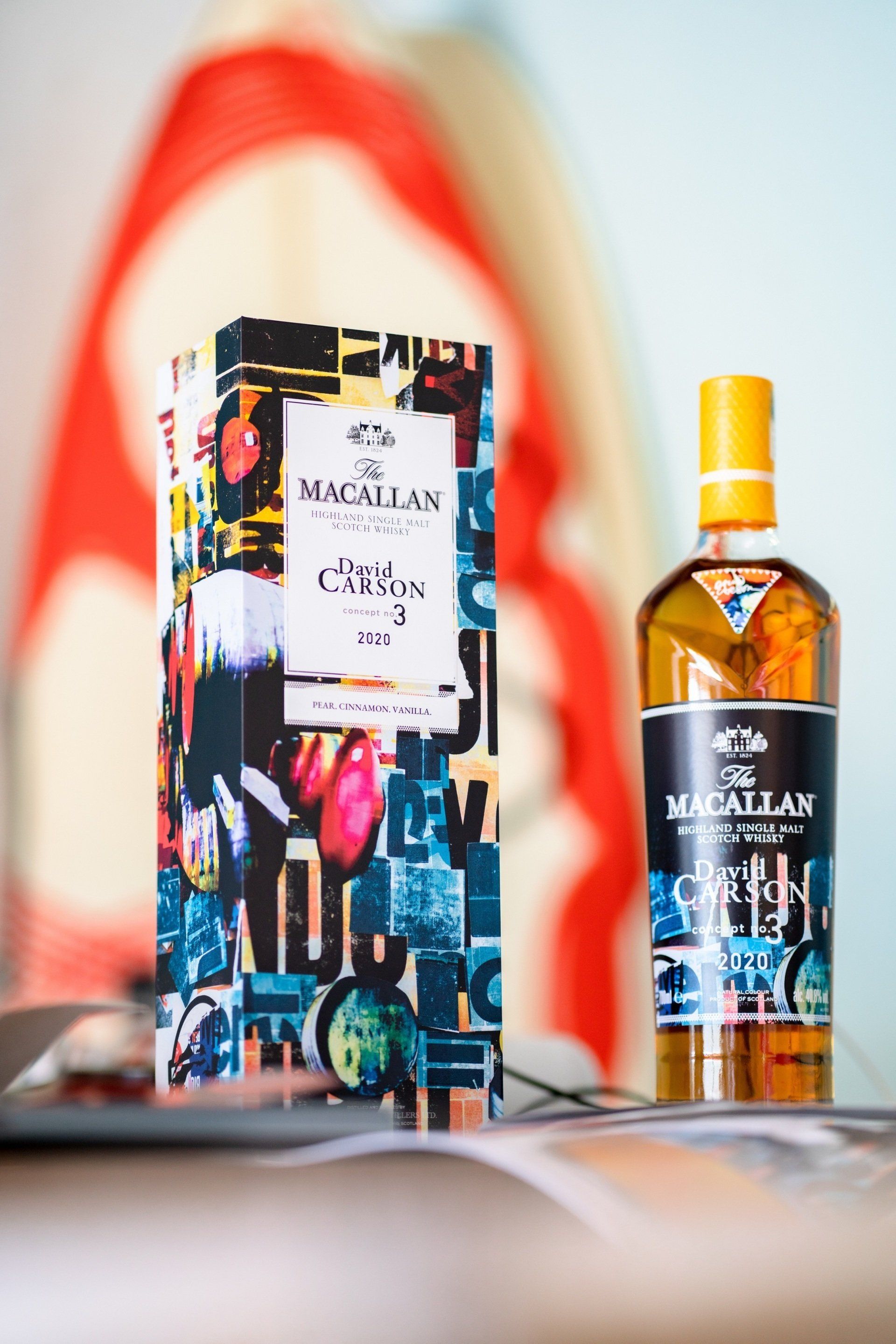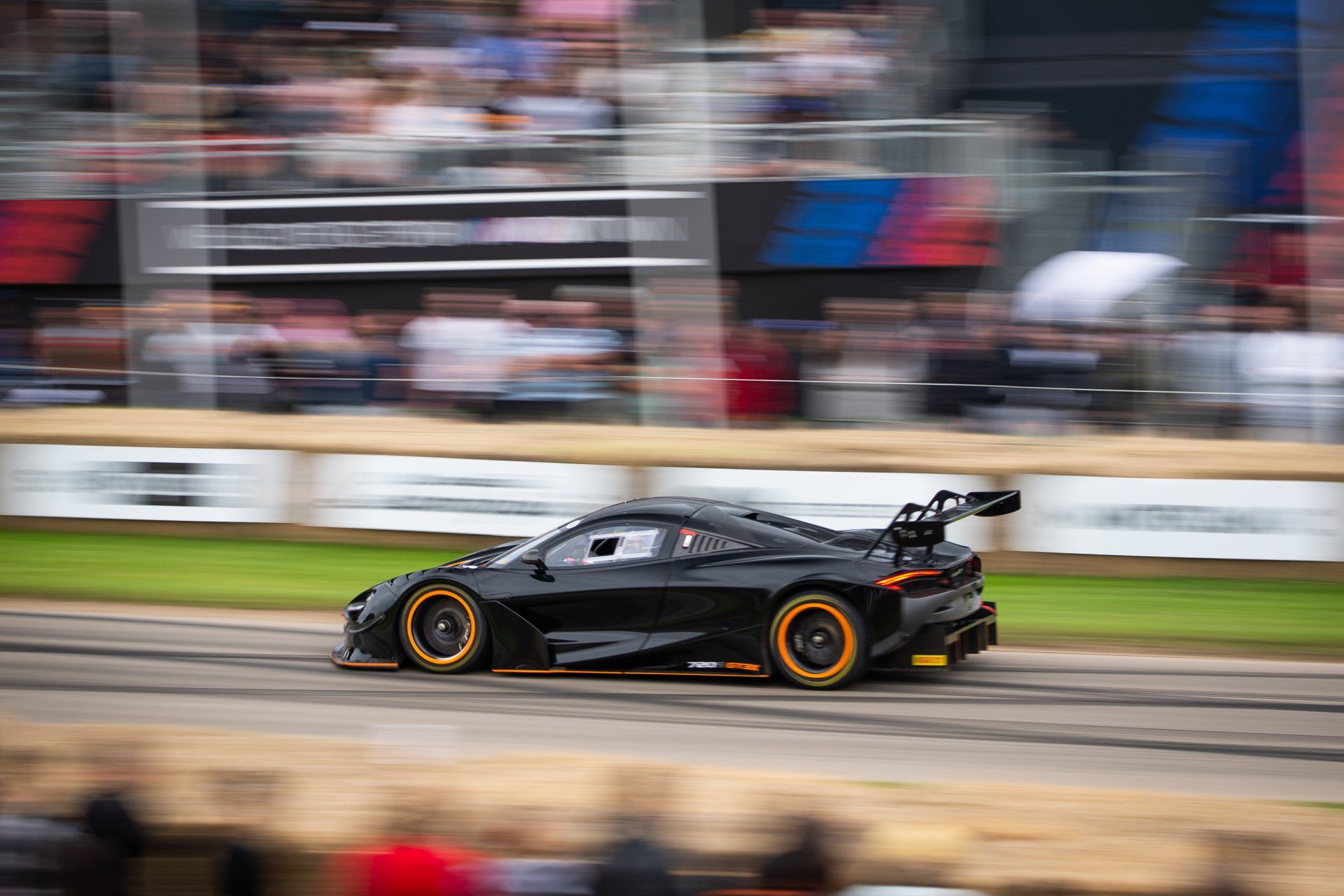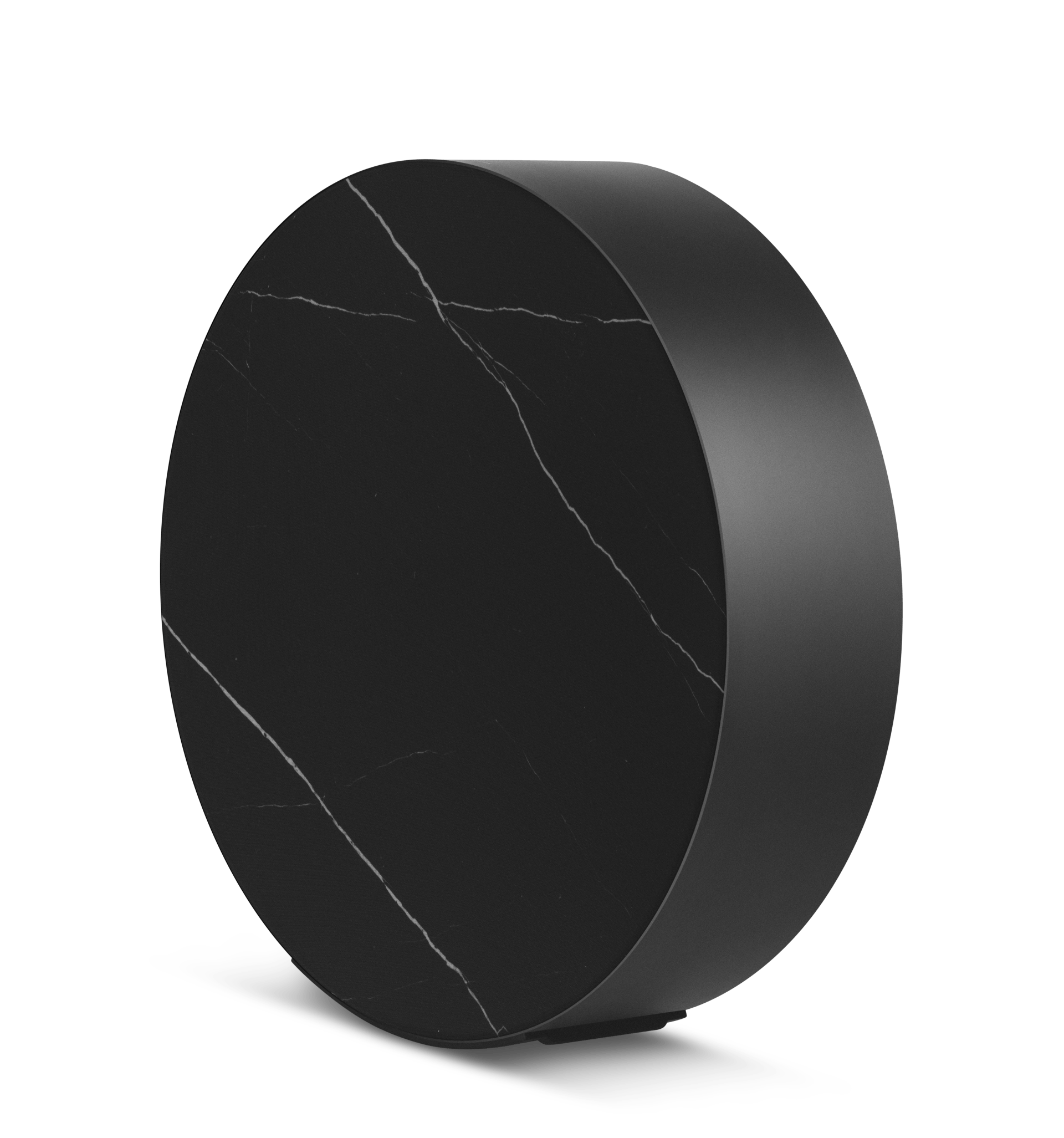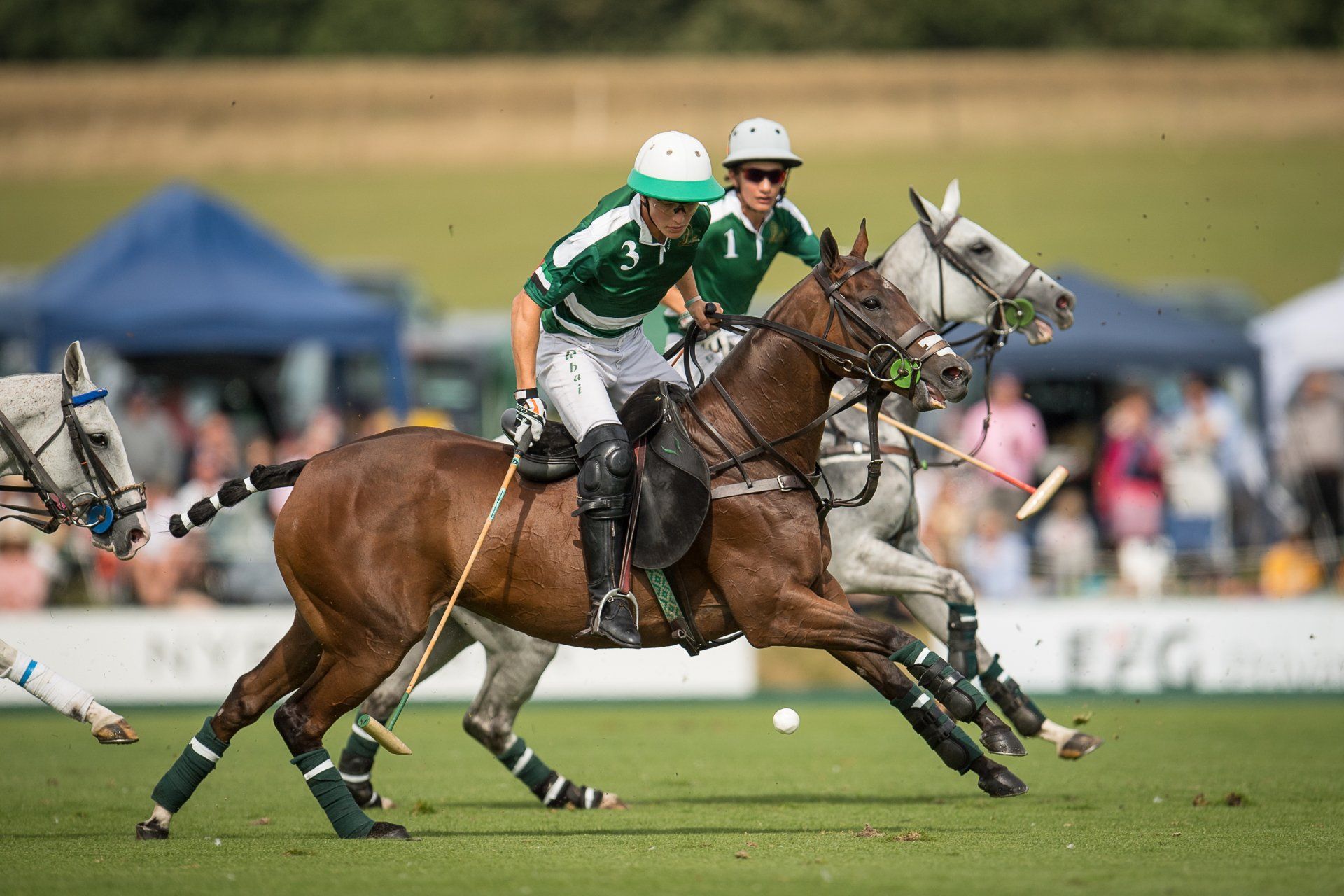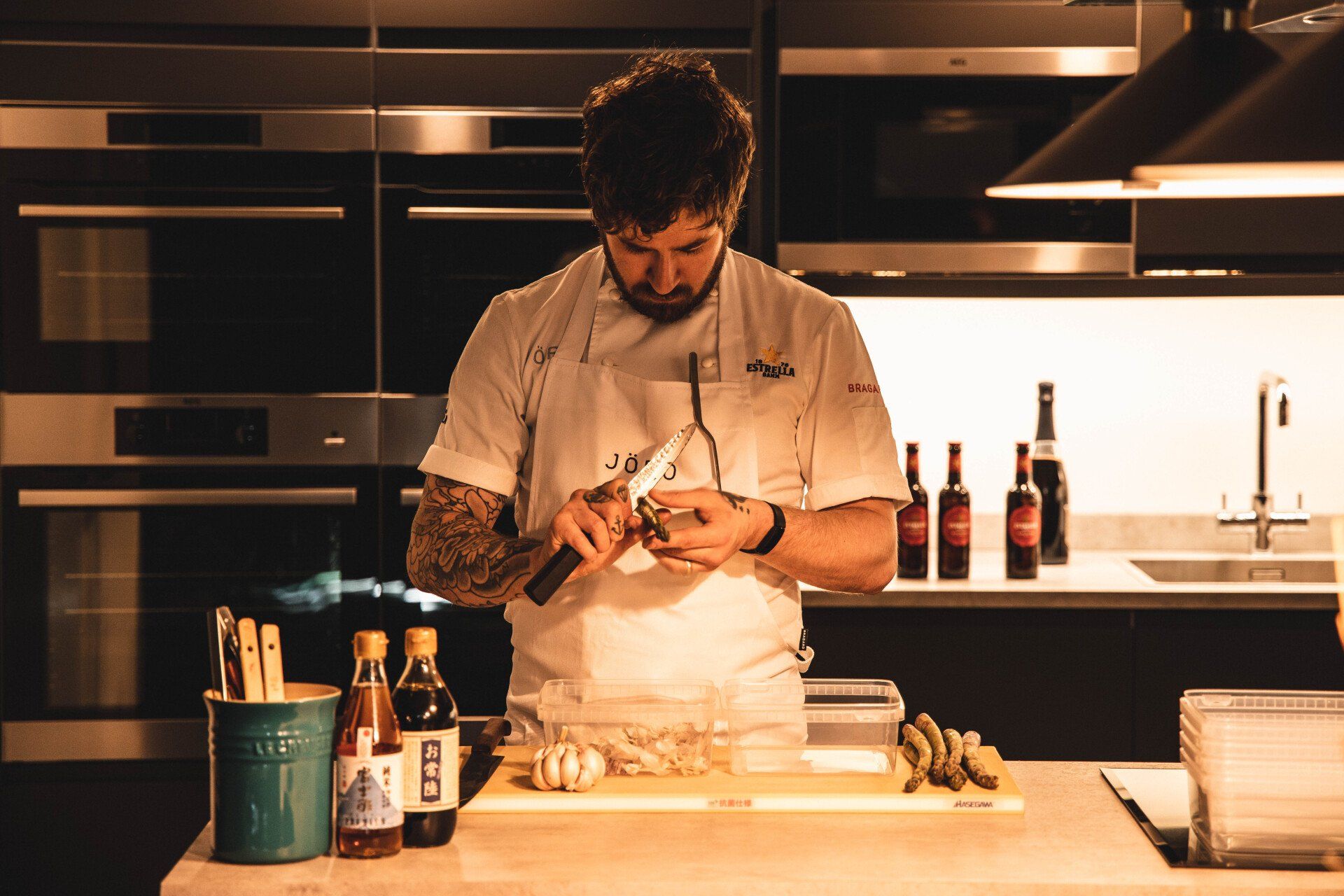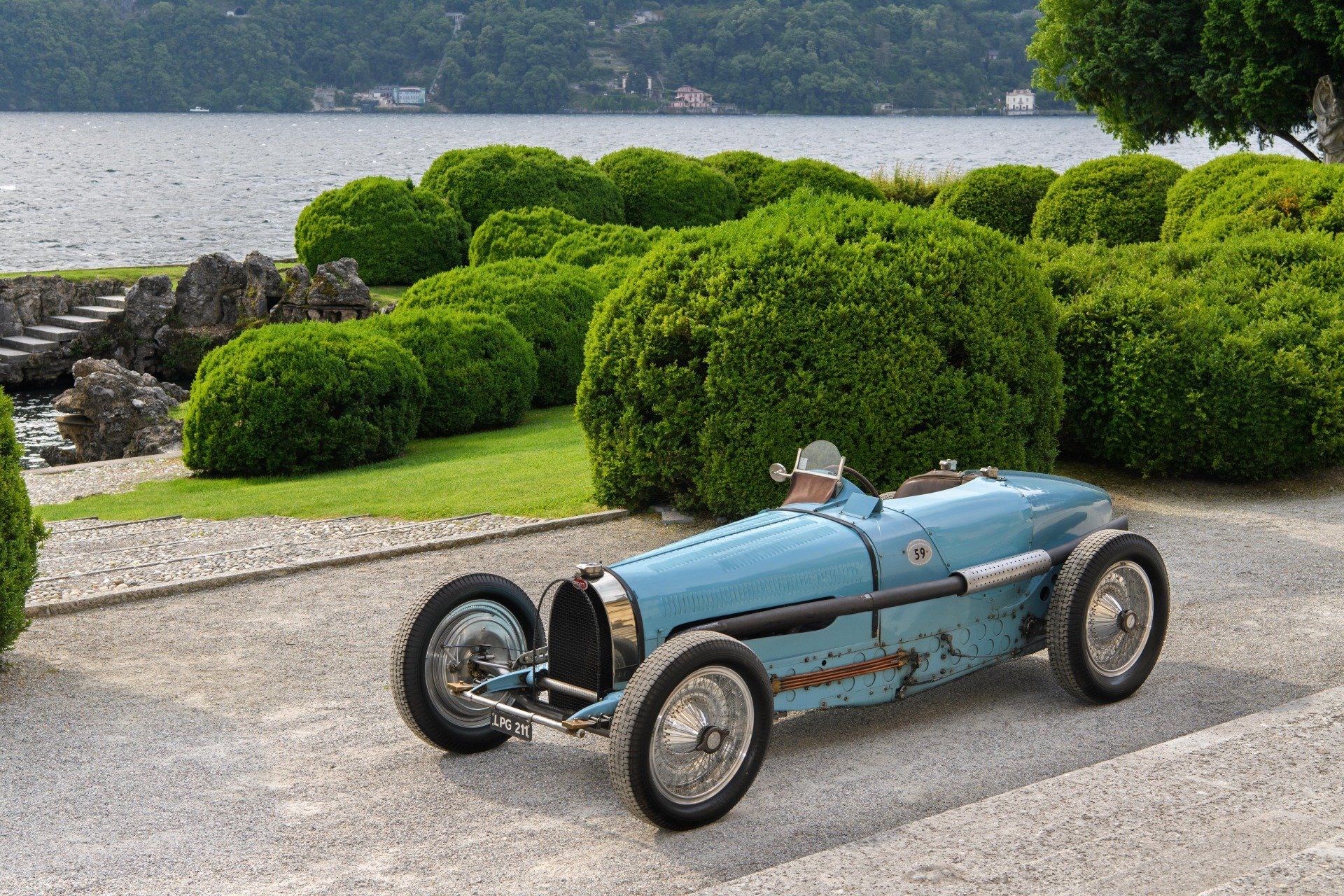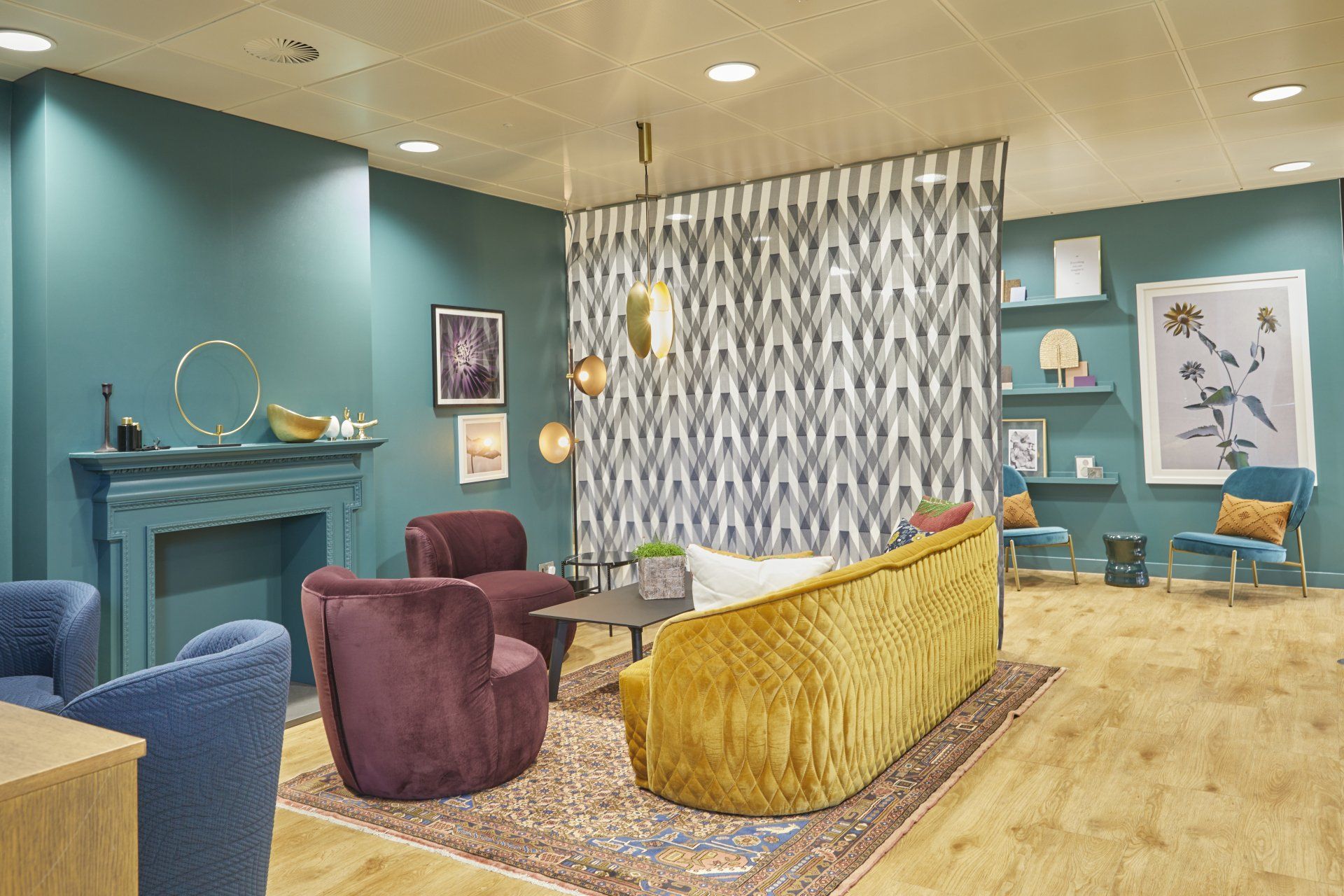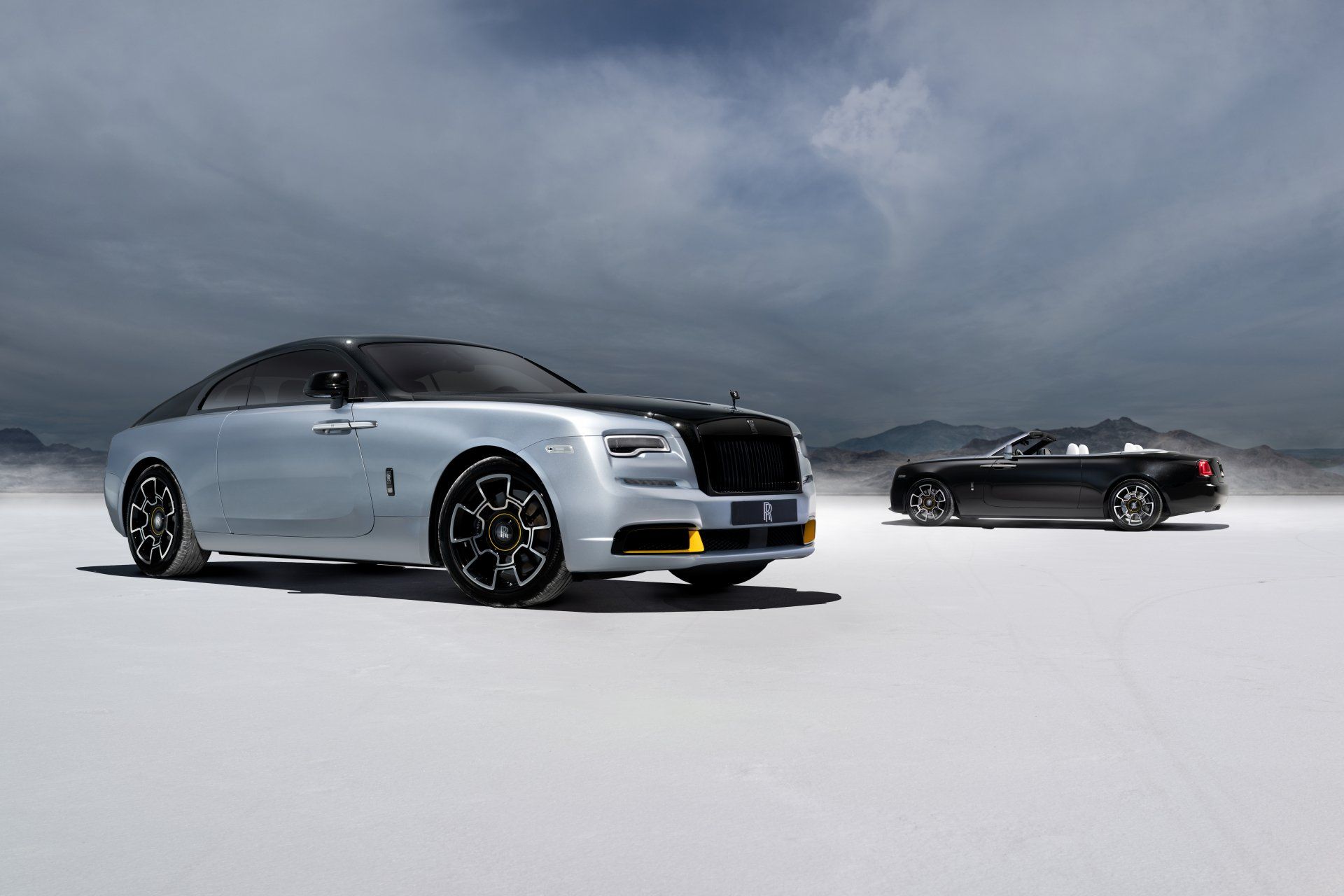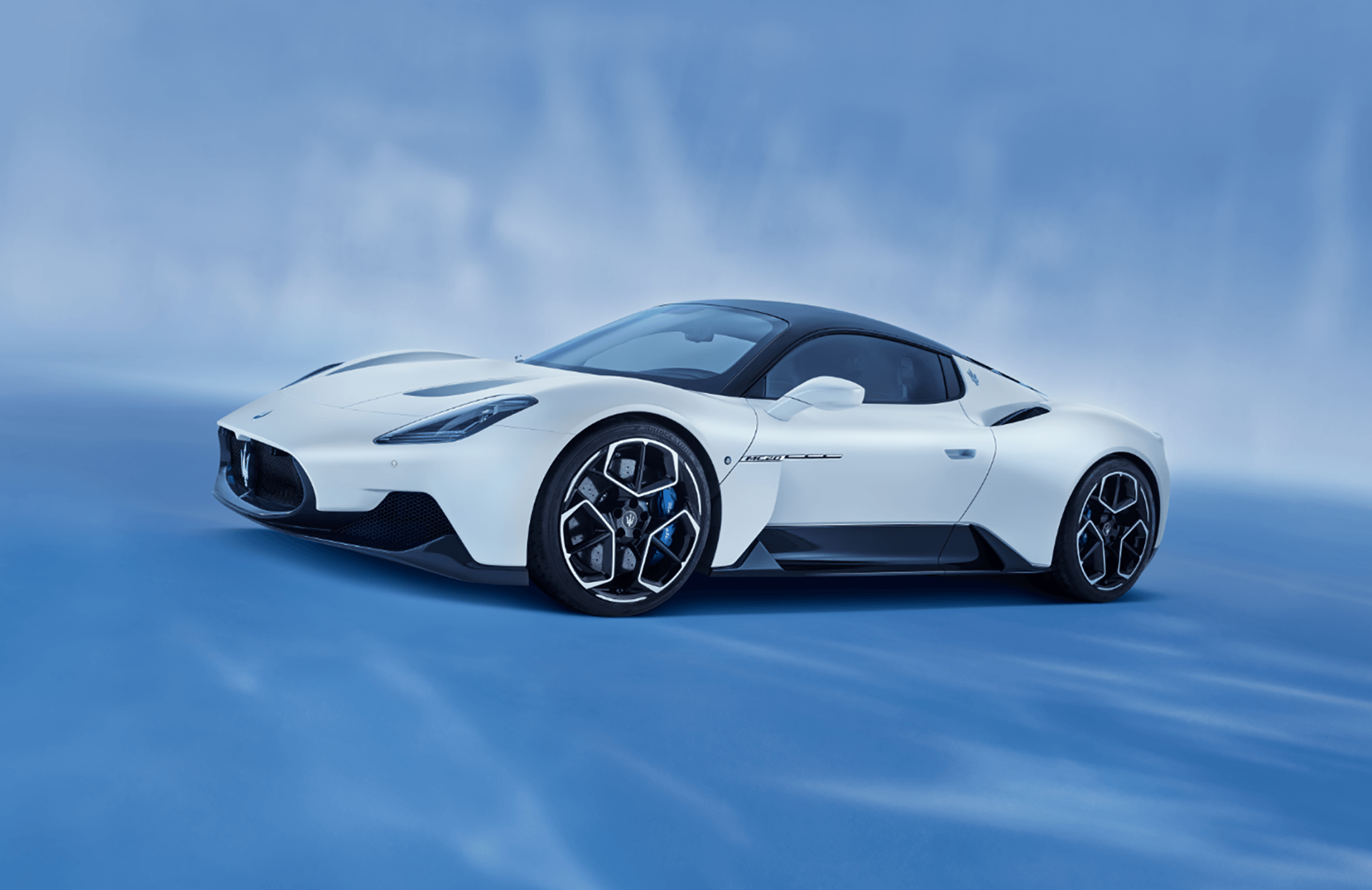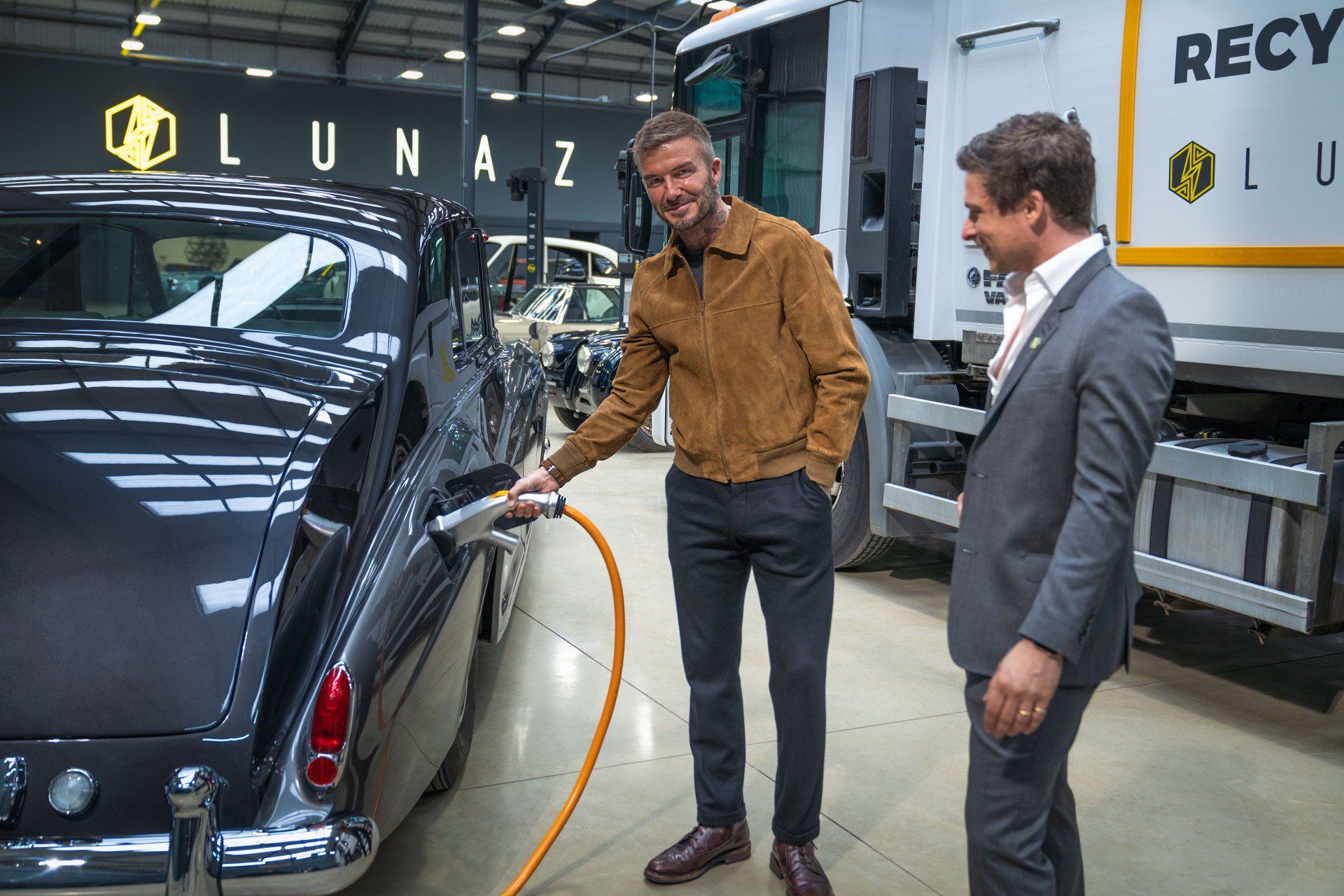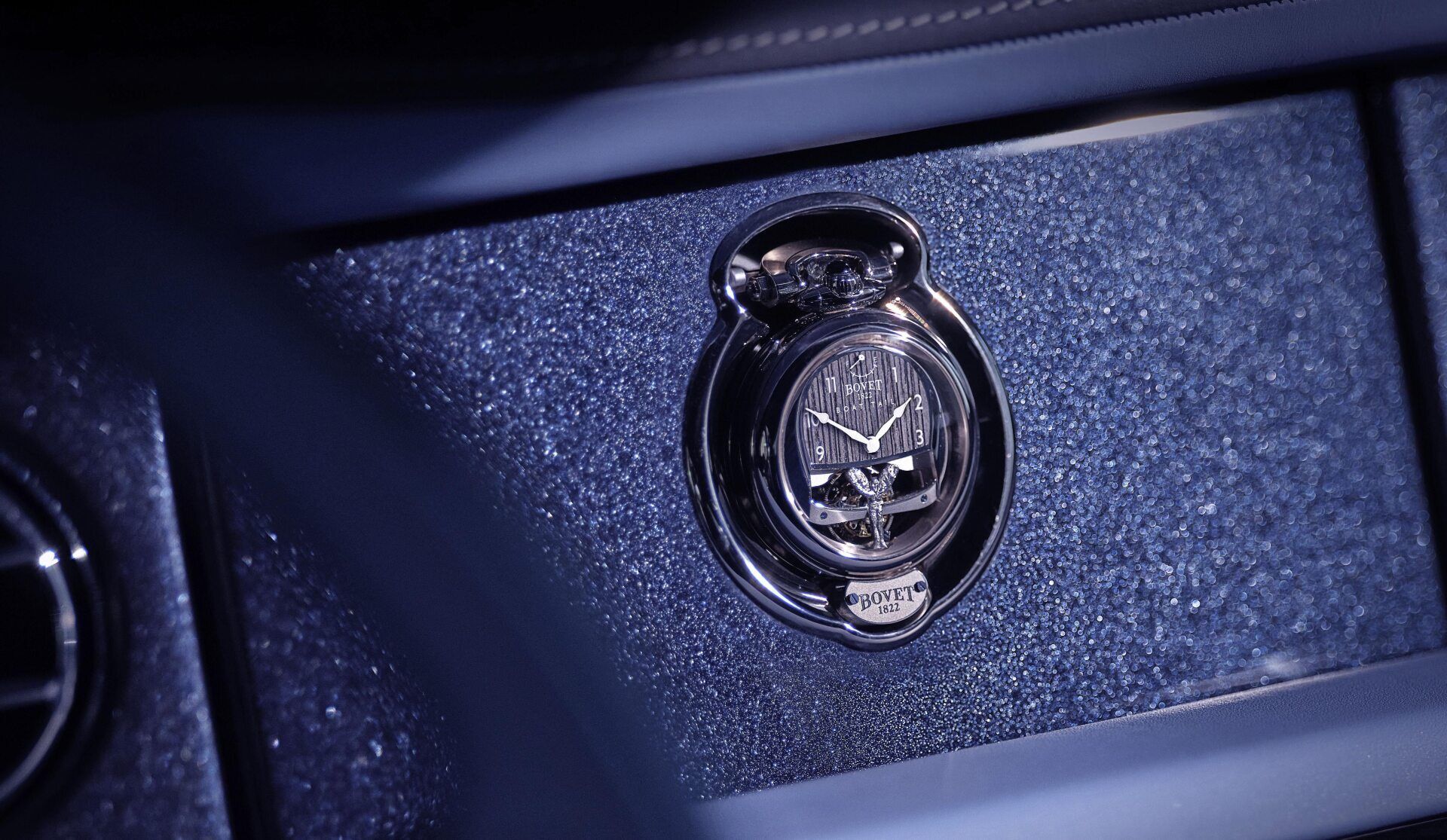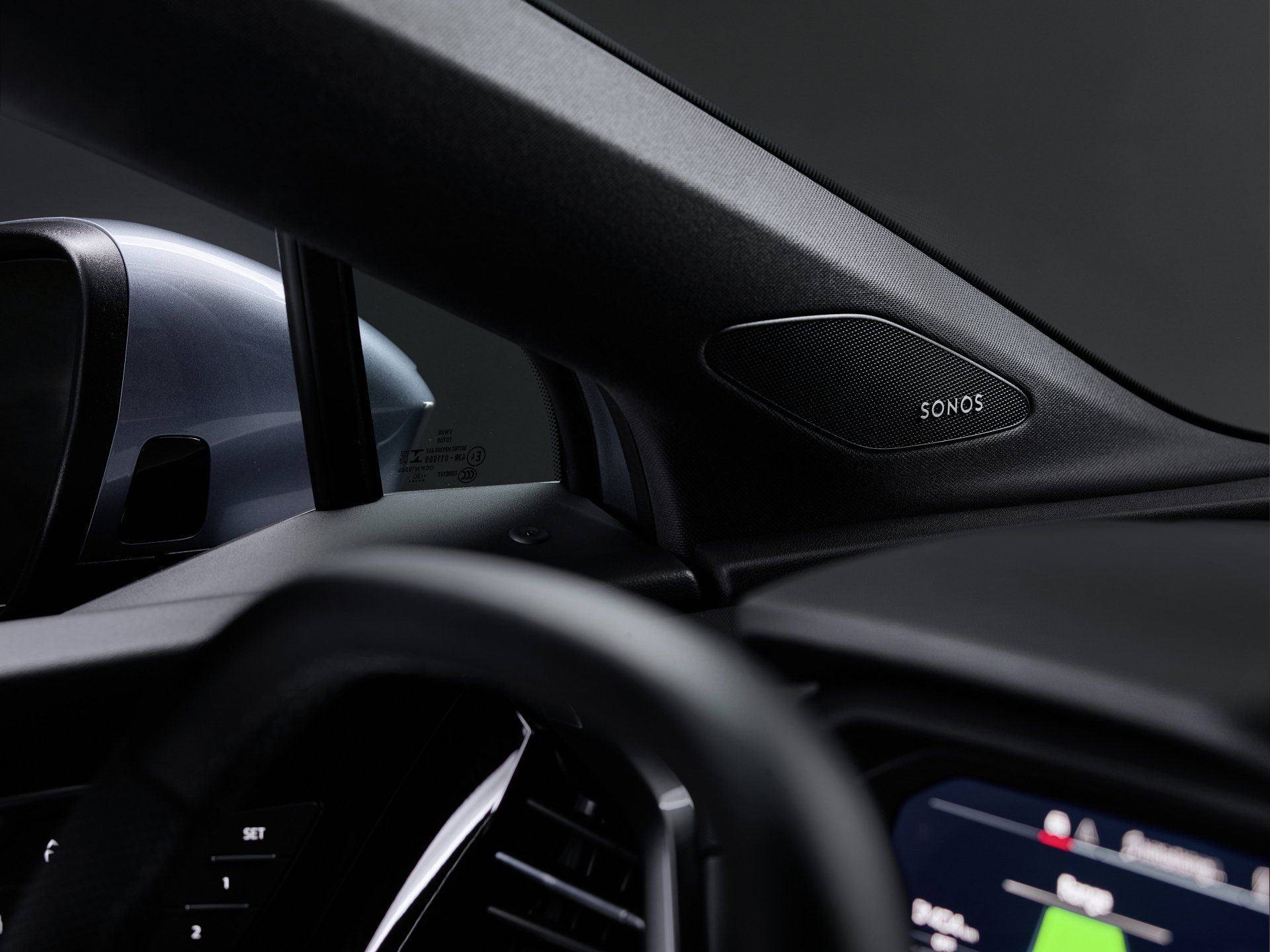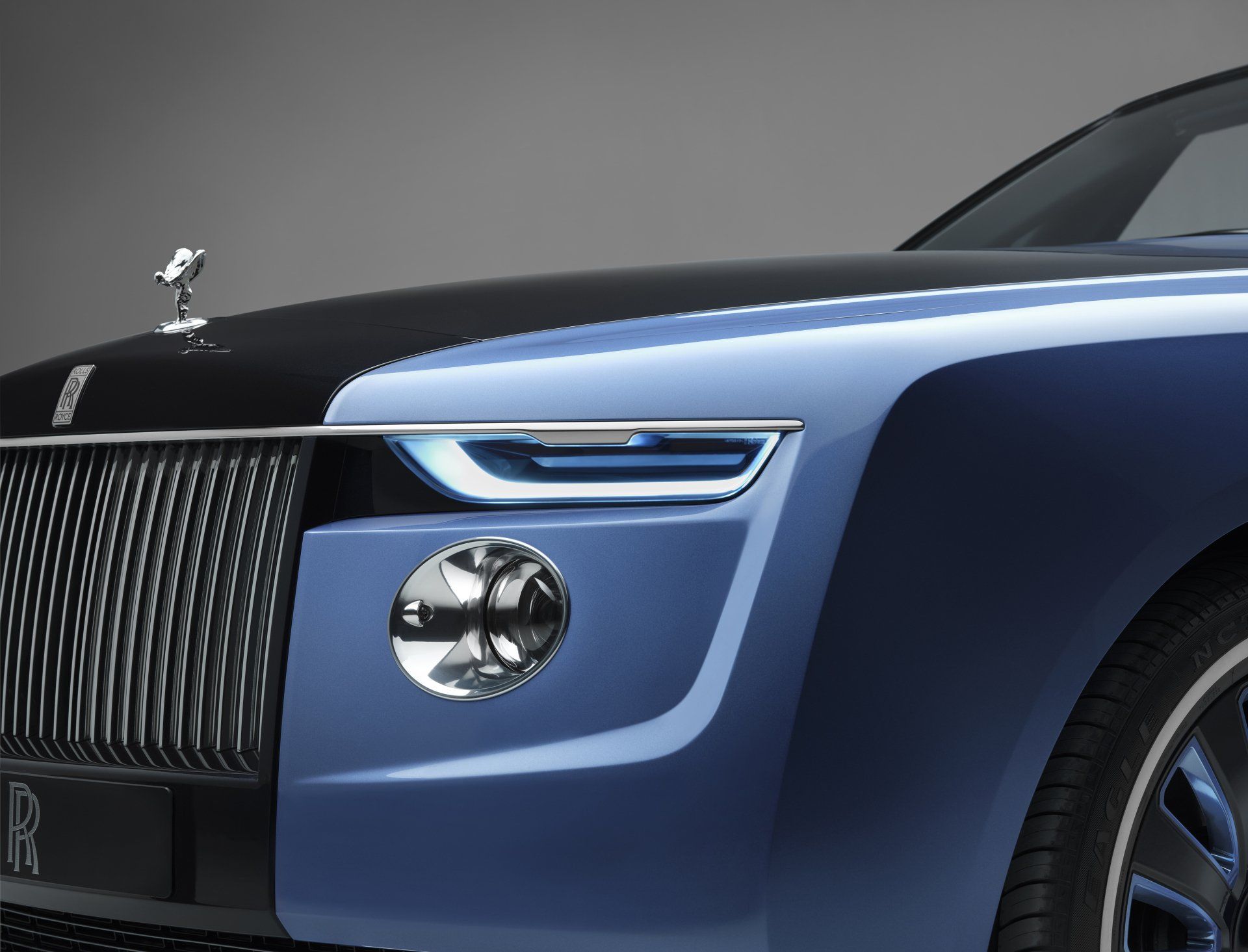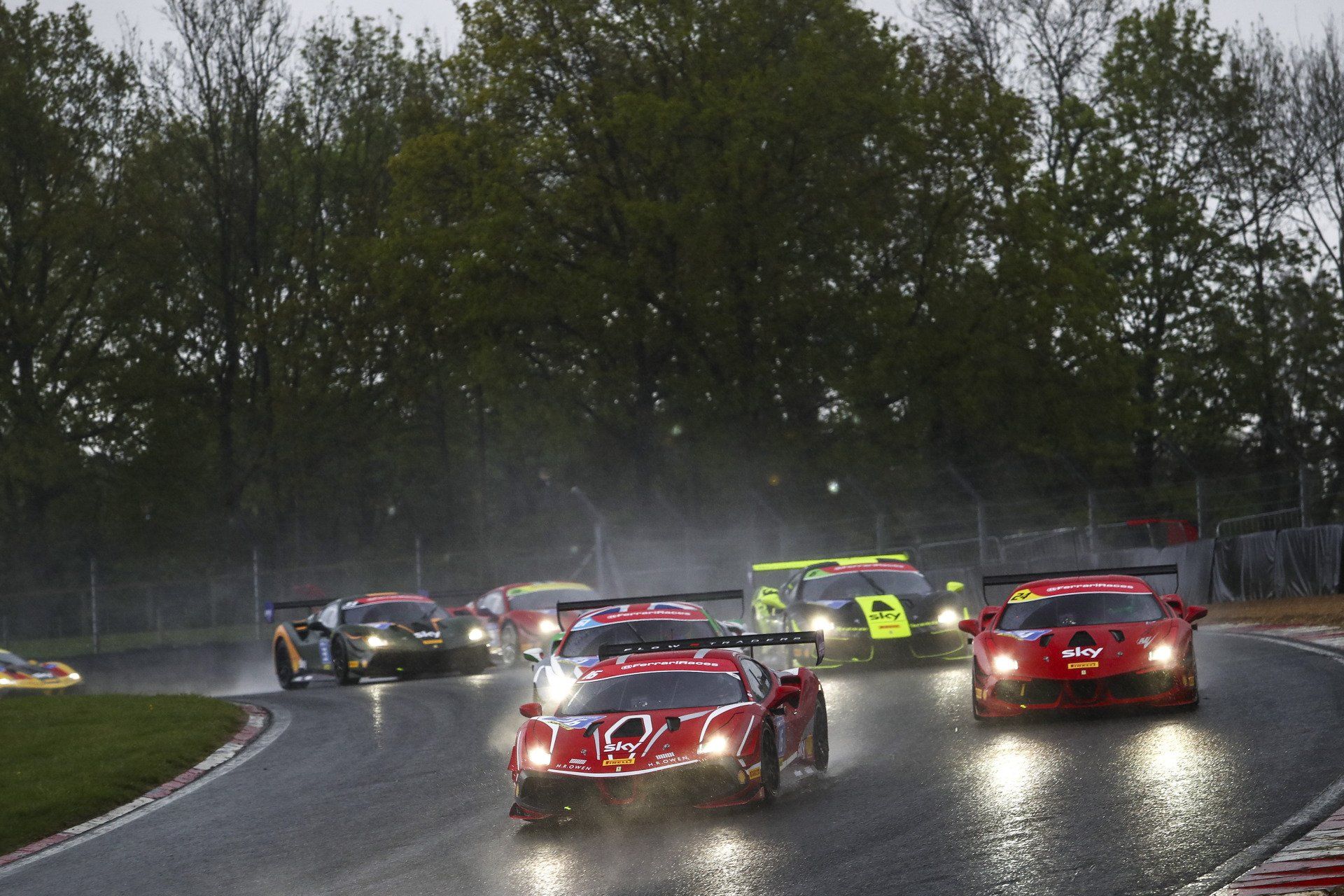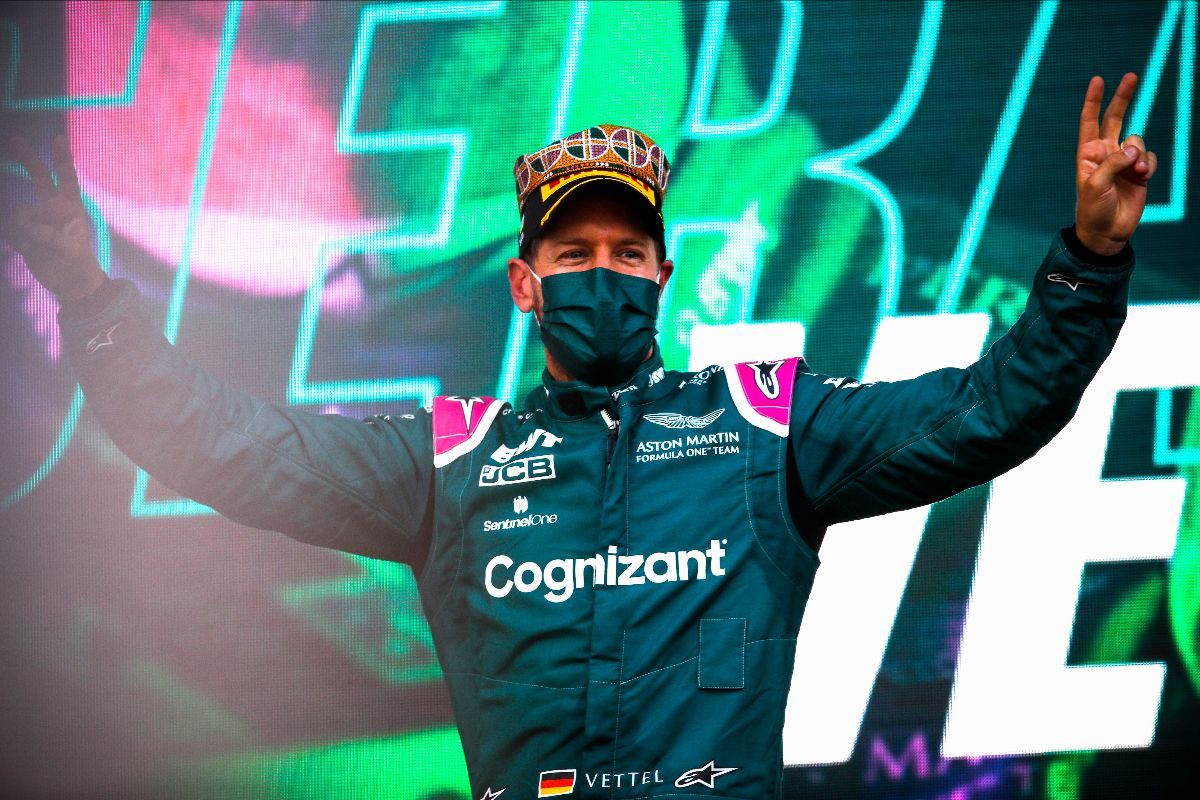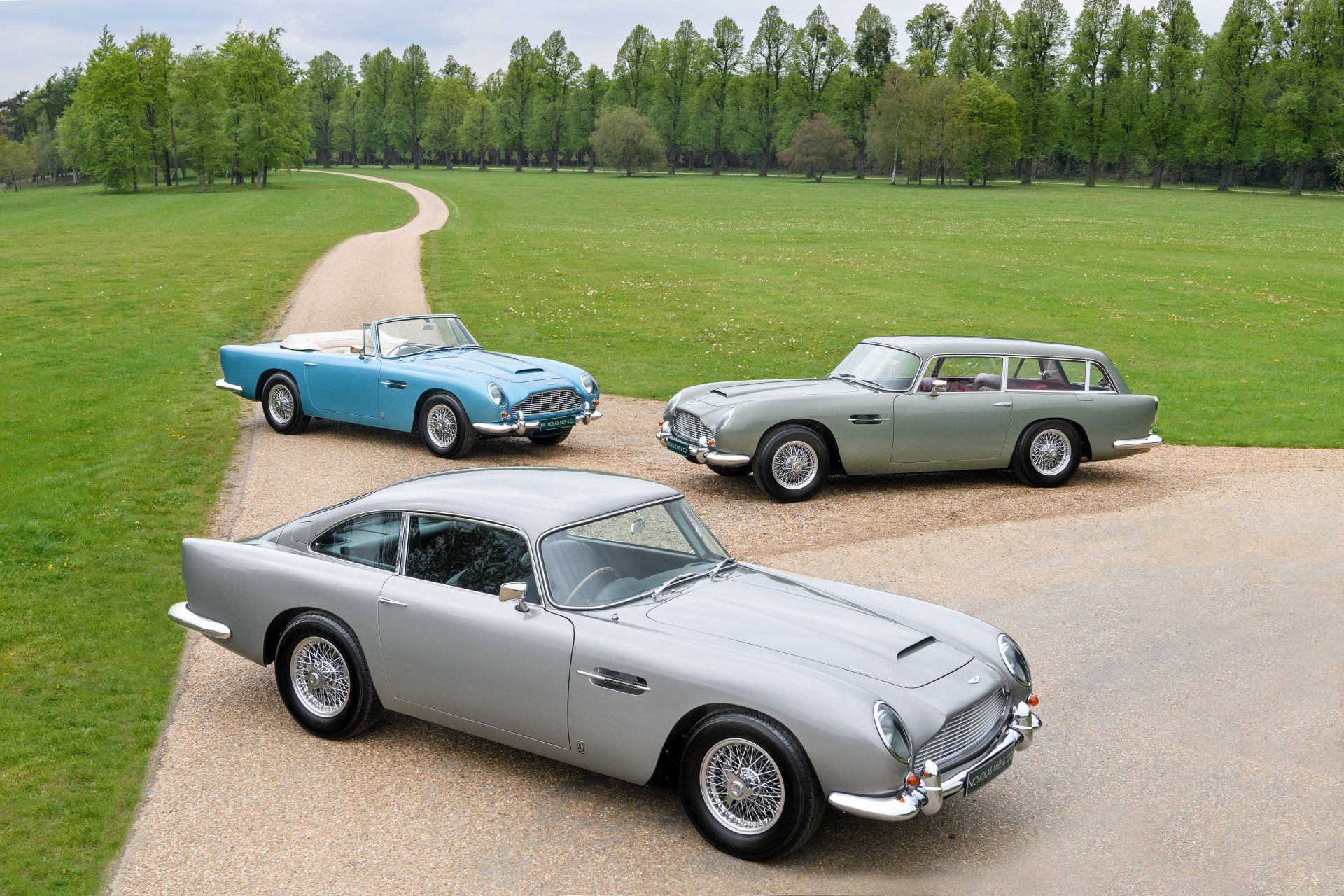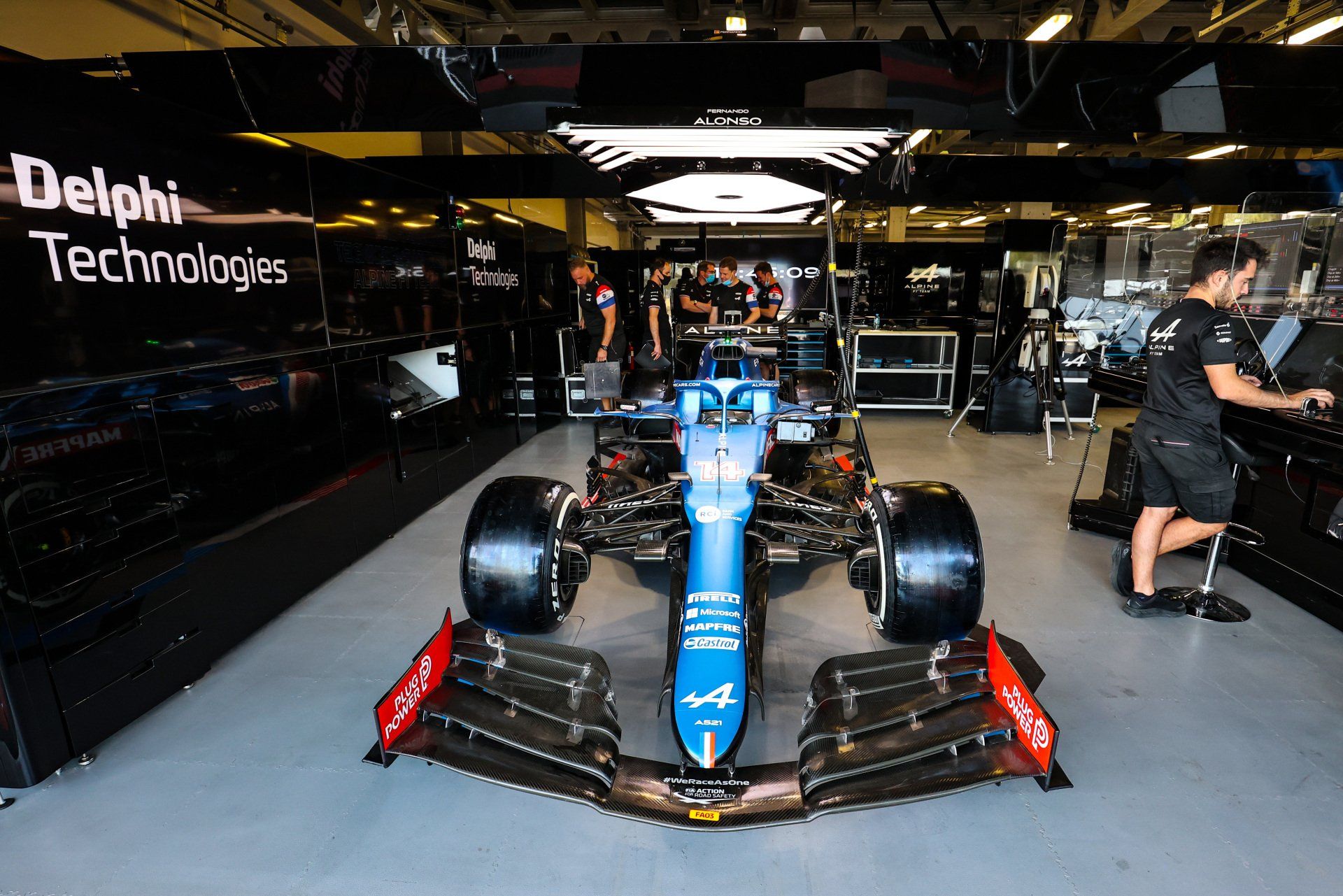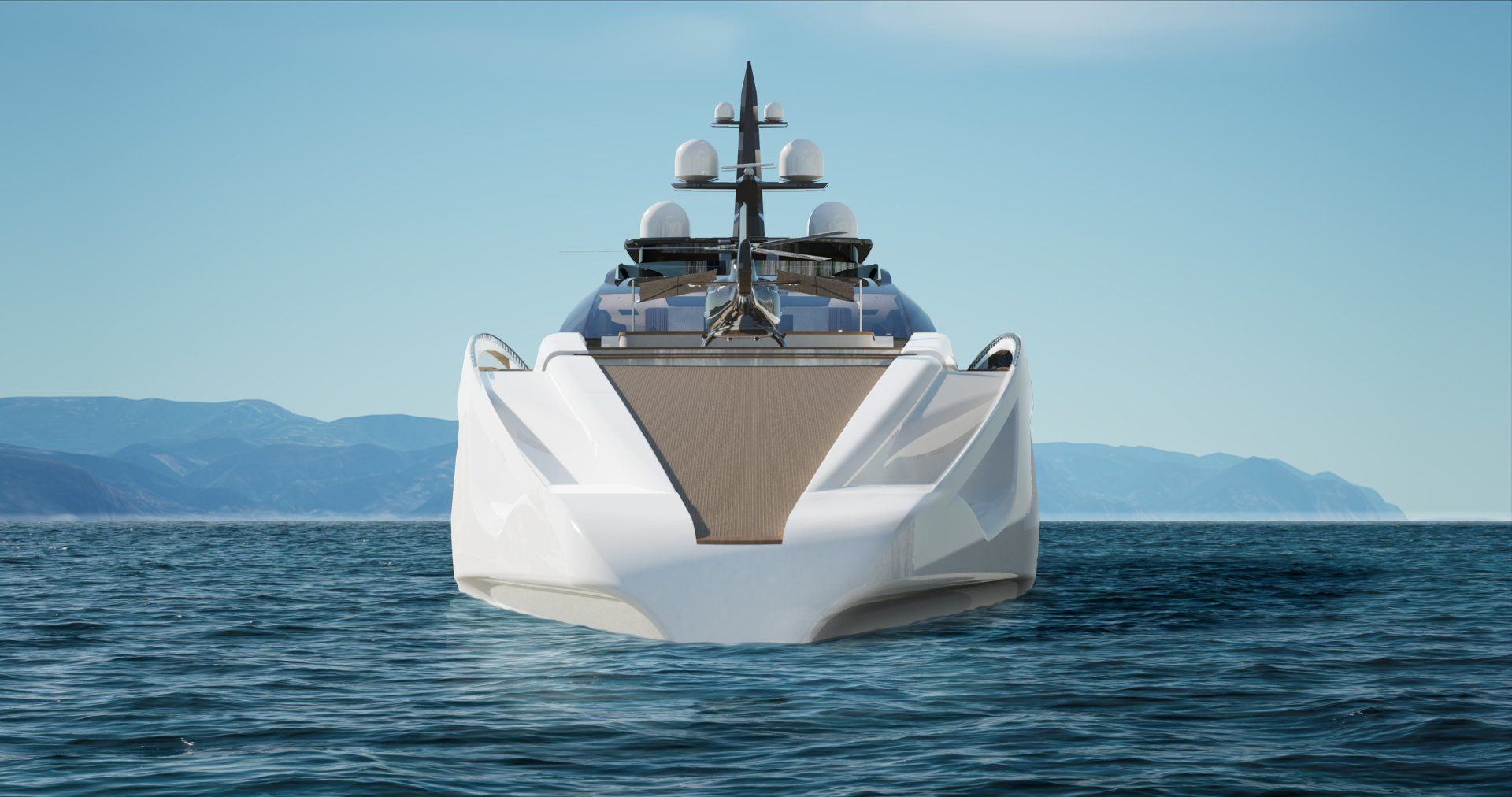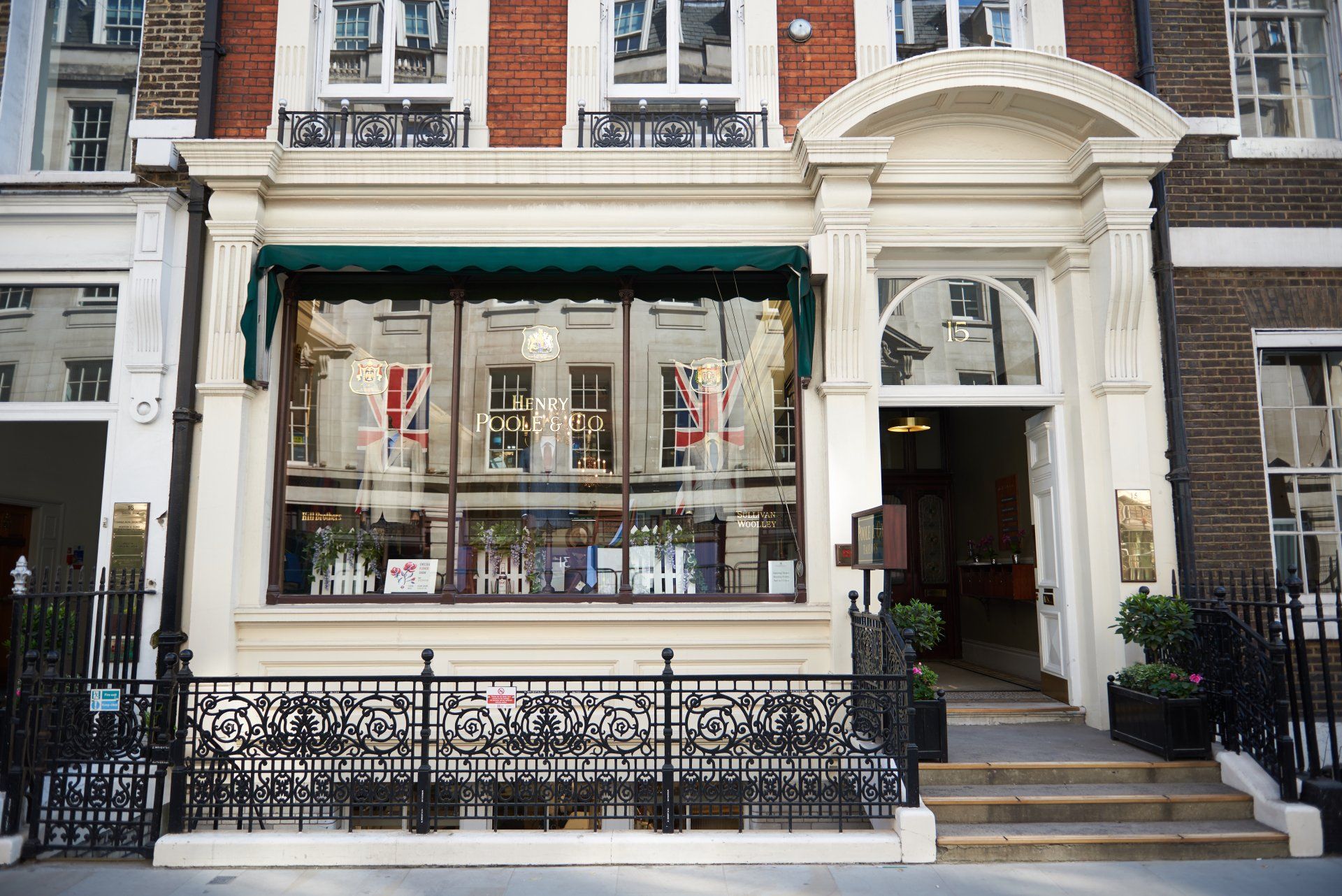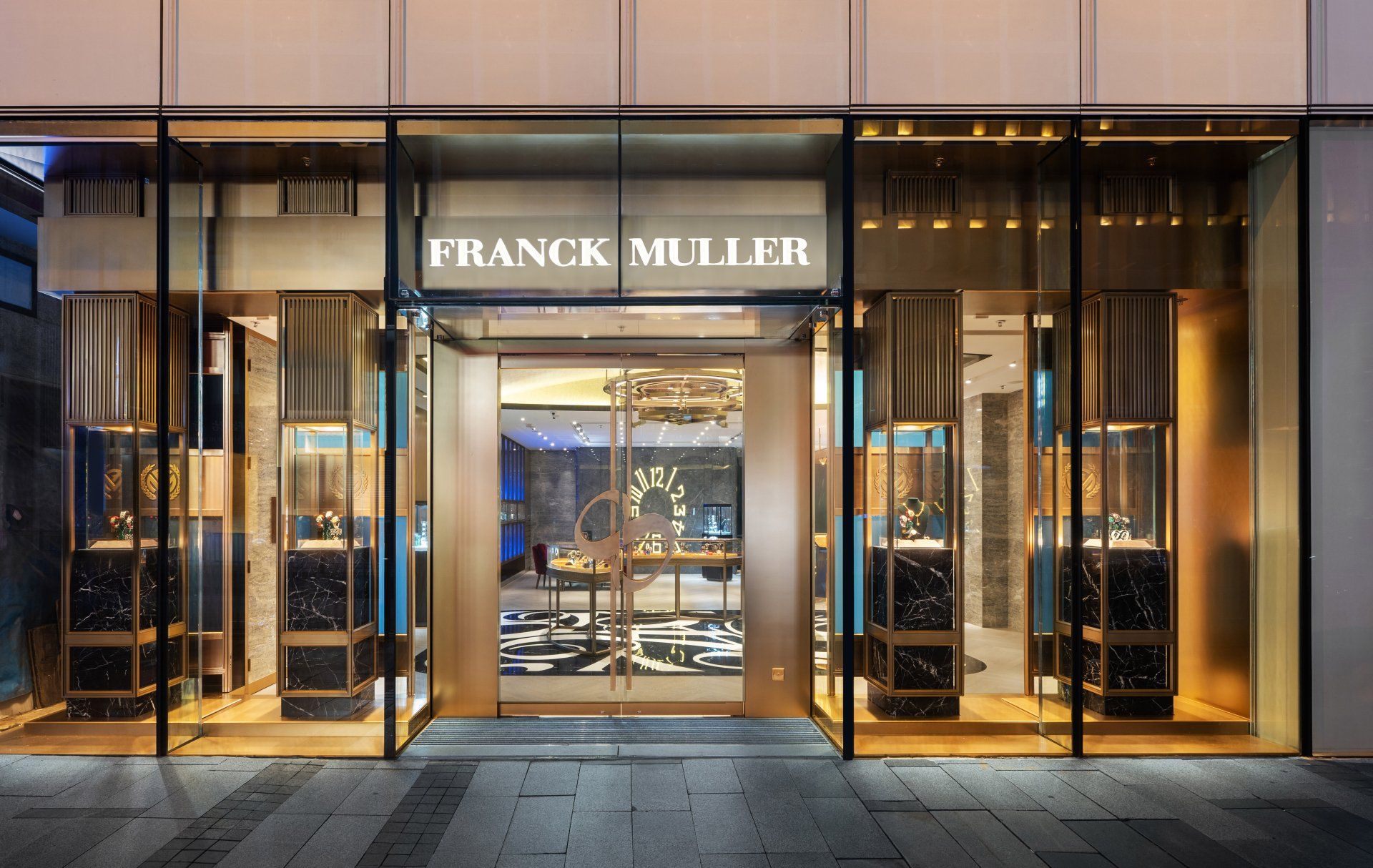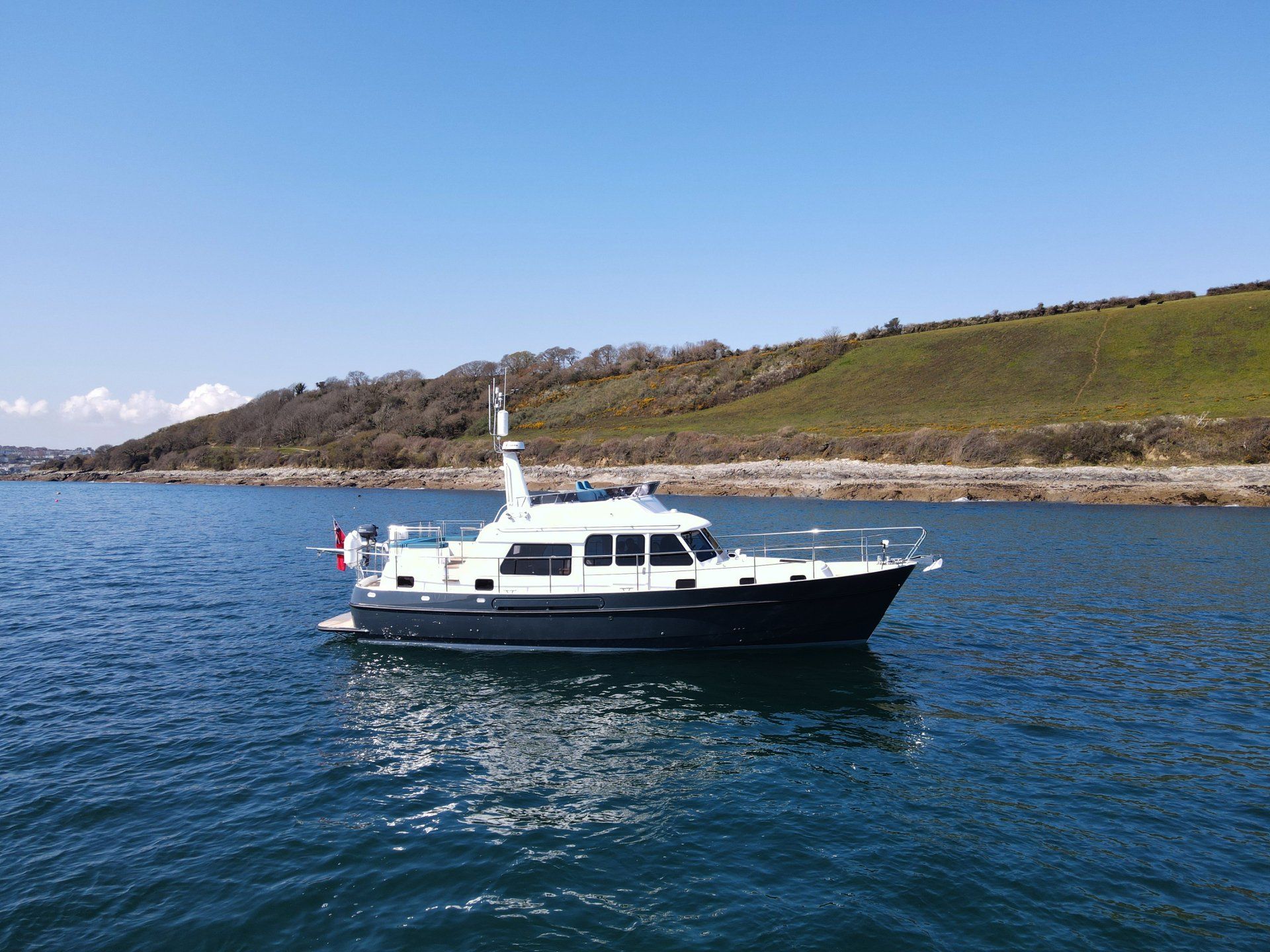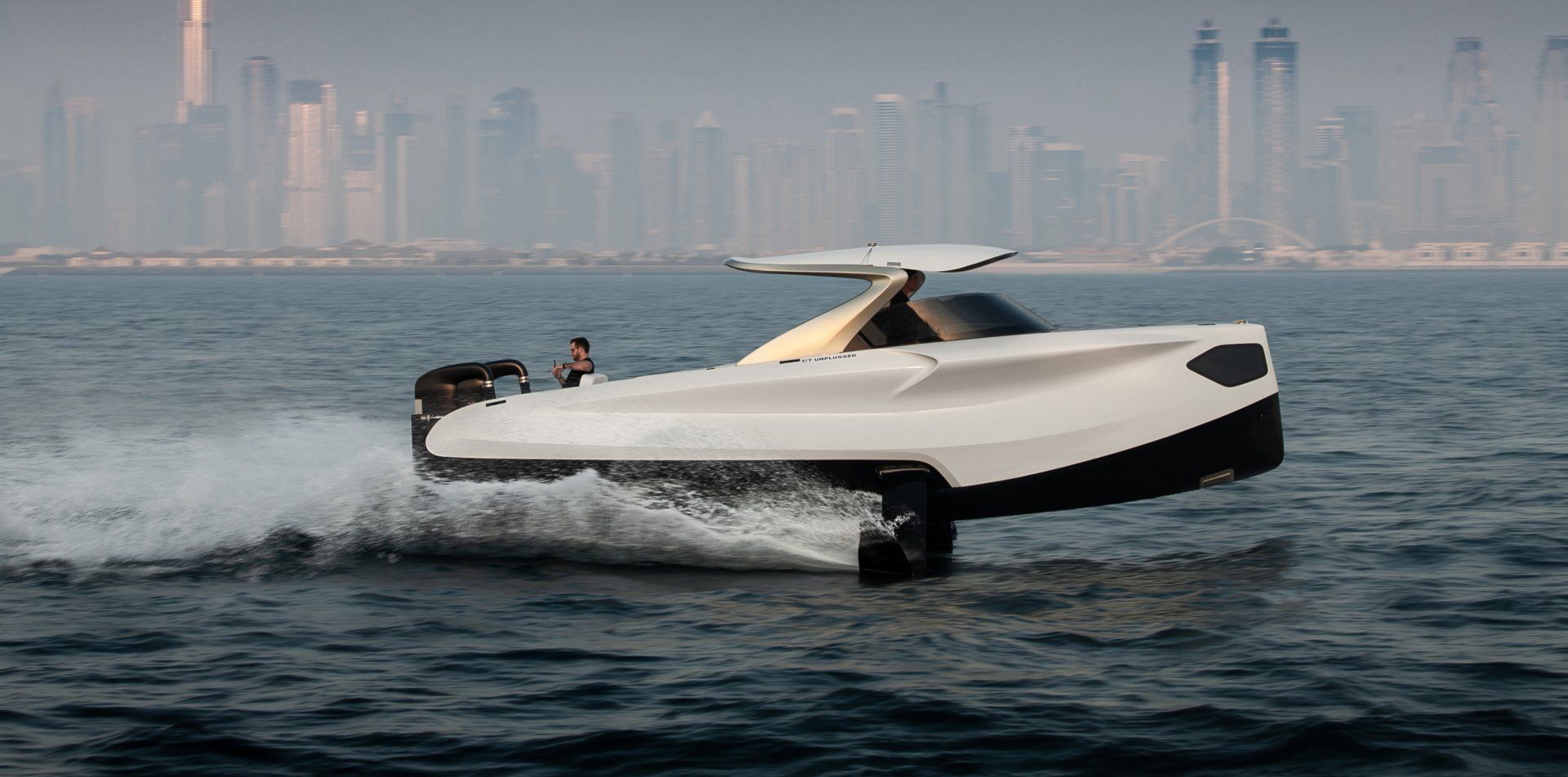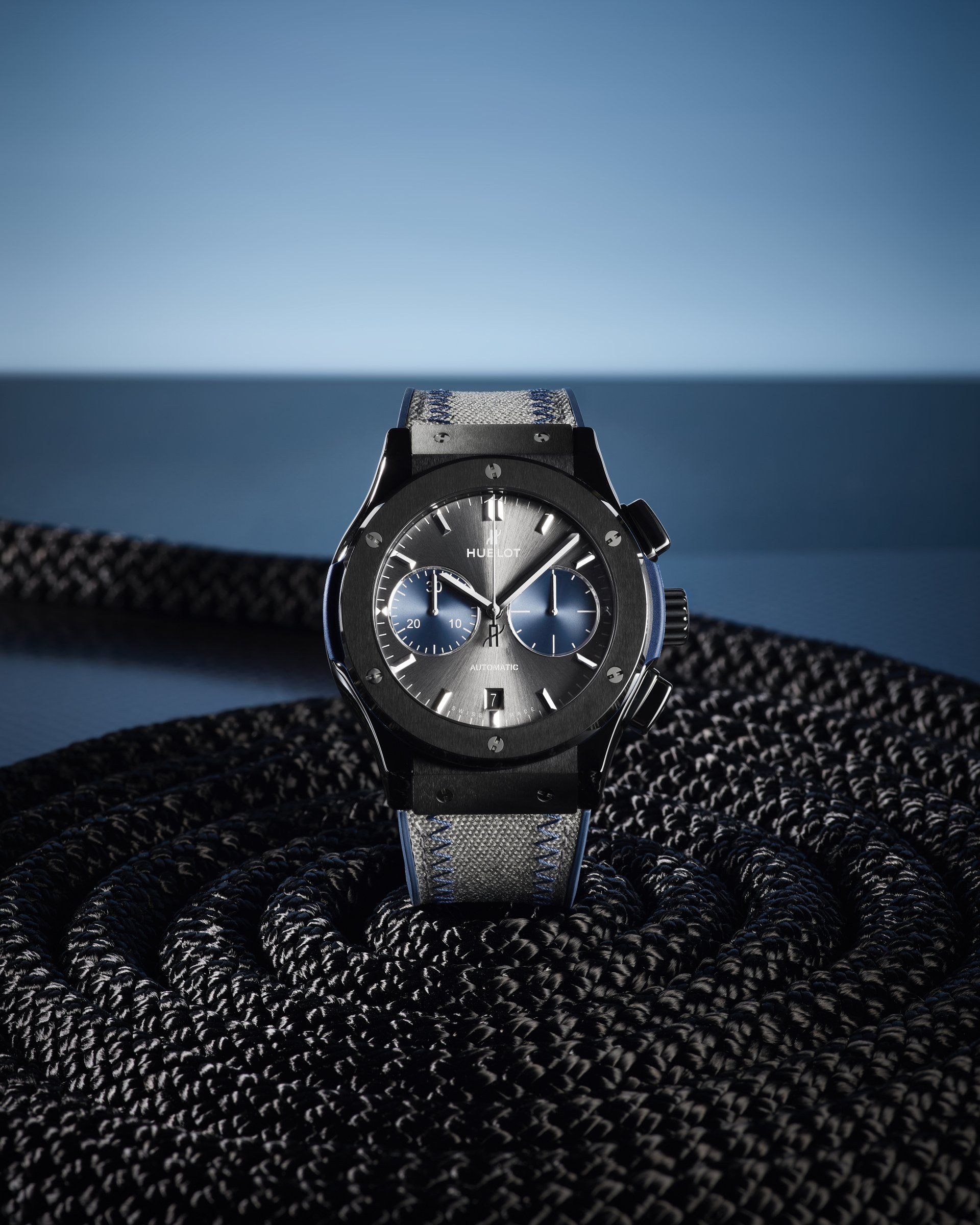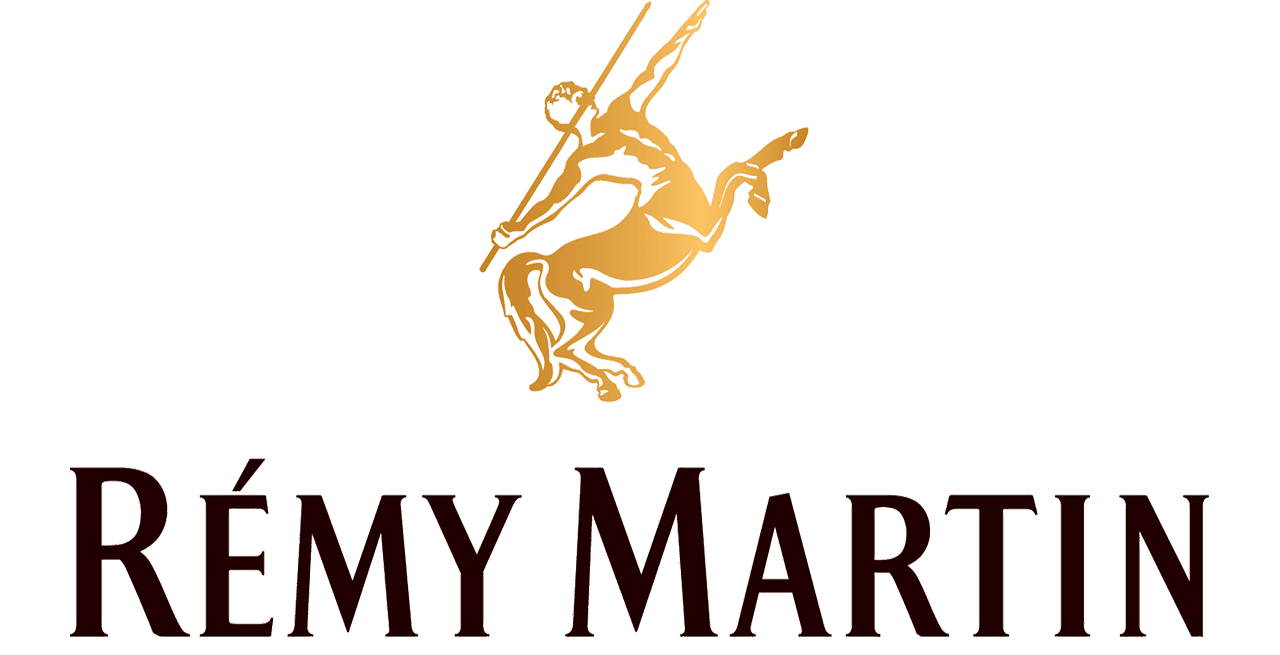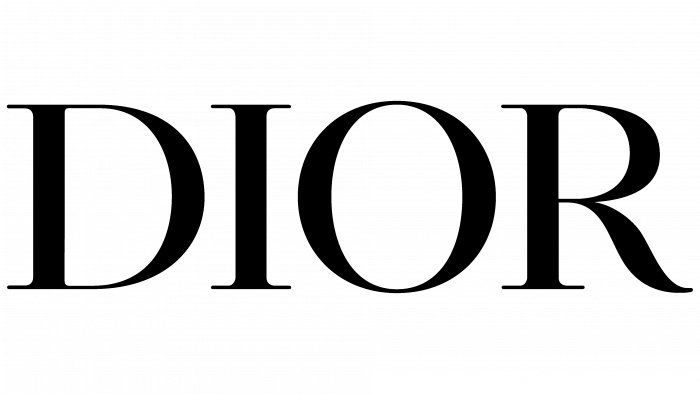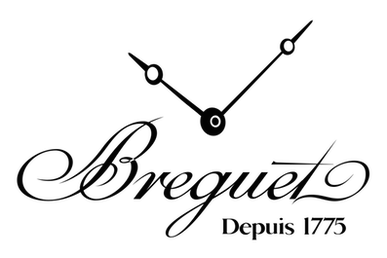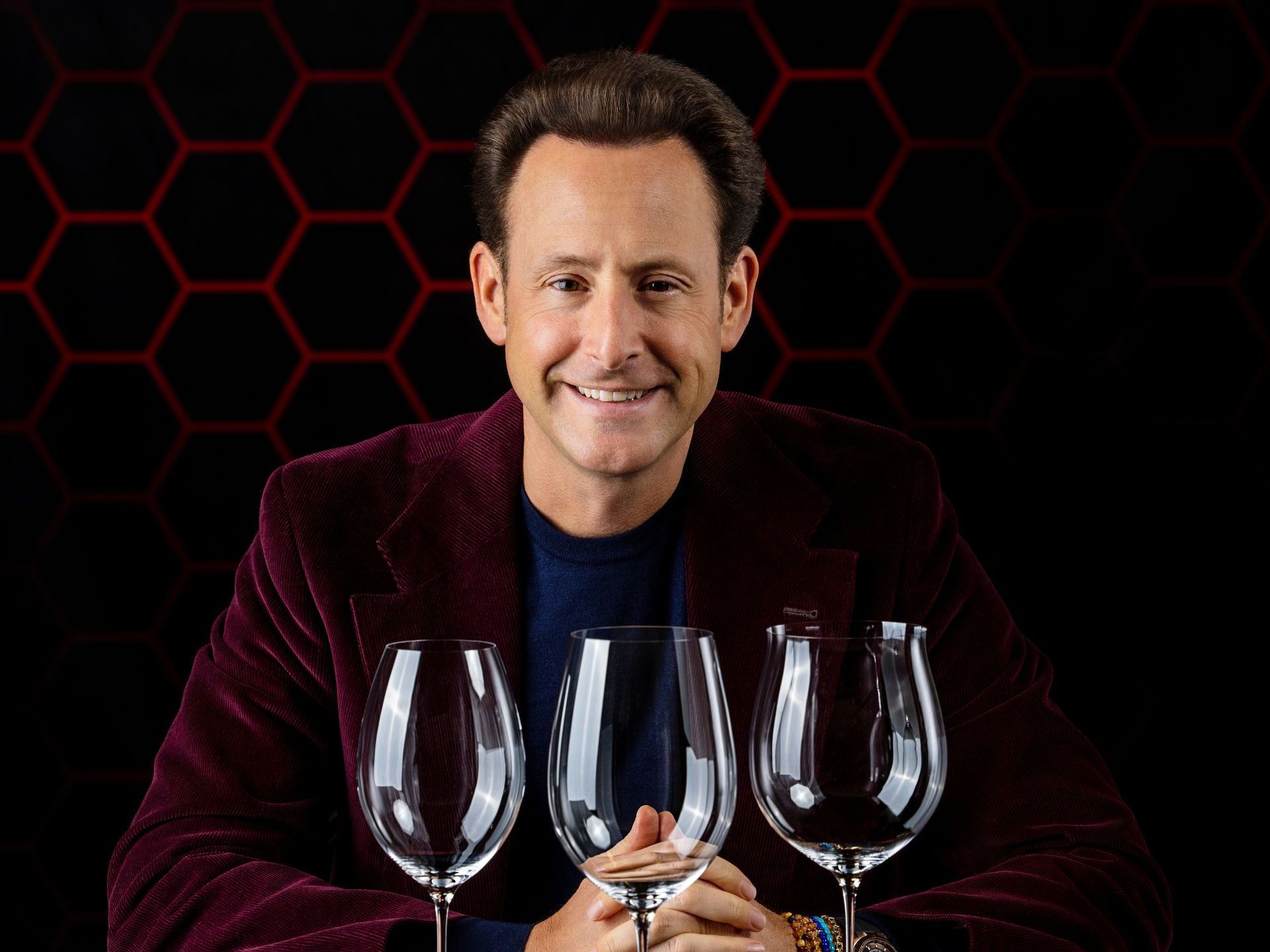
Interview with Maximilian Riedel
Q1: Maximilian, thank you for taking the time to talk to us today, can you give our readers some background on your family history for those of our readers that might not be familiar with the name Riedel?
It is great to chat with you today. So, I am Maximilian Riedel, 11th generation glassmaker and CEO of the pioneering wine glass company, Riedel. With a family history of innovation dating back to 1756, Riedel is the industry-leading wine glass company. I’m incredibly proud of our 267-year history, which has seen the business remain fully independent throughout its duration. We as a brand are responsible for the world’s first ever grape varietal specific glassware, which are intricately designed to translate the flavour and aroma of each type of wine to maximise its enjoyment.
Q2: We would love to hear what it was like growing up in such a renowned family business, and being part of the luxury glassware empire?
The Riedel story is truly fascinating, it has come with many rewards and challenges that are expected when leading a legacy brand spanning 267 years. You may have seen my social media channels and profiling elsewhere, which I believe gives a clear indication of my passion for Riedel and the production of glassware. It is an industry which I find fascinating and full of endless possibilities.
For example, Riedel have recently launched an English Sparkling Wine Glass following a quest to find the perfect Riedel glass that allows English Sparkling Wine to be best enjoyed. The Riedel UK team and I visited wineries in January to conduct wine glass development workshops with twenty-five of the foremost wine producers from the Hampshire, Kent and Sussex regions.
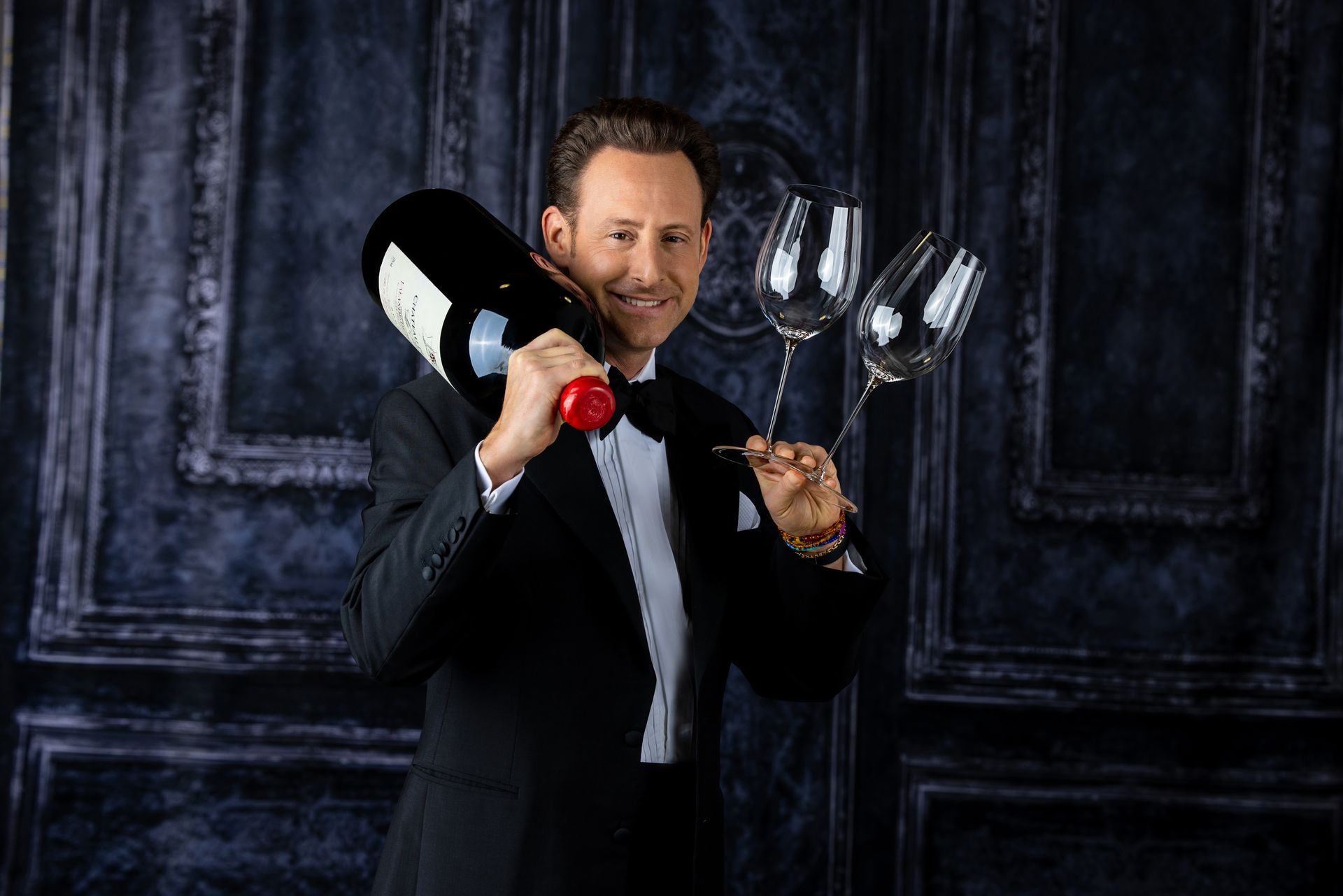
Q3: Was it always your passion to continue the legacy of the family business or did you want to take another path when you were younger?
It is a privilege to continue the legacy of what my ancestors built and bring the brand into the modern day. Things are always evolving, we never remain at standstill. Our newest and most exciting advances are in machine technology. At our factory in Weiden, Germany, we have state-of-the-art technology, in fact, this site is spearheading the future of glassmaking for the next generation! The machine-made glasses produced at this factory are as fine and as light and as balanced as a hand-made glass and, as such, are world leading in its field – keeping prices affordable for consumers and production output high.
Q4: As a business with such incredible history, how do you continue to grow in line with a modern audience, while remaining true to the rich brand heritage?
Function is always the leading form for Riedel glassware, we have always focused on developments that improve enjoyment, and therefore don’t look to interior or aesthetic trends when developing a new product. Instead, we track drink trends especially closely.
When conceptualising a new collection, it is important we understand the behaviours and preferences of consumers, sommeliers, bartenders, and chefs to ensure we’re delivering products that meet market demand. For example, we launched the Riedel Drink Specific Glassware in response to the surge in popularity of cocktail drinking, both in bar settings but also at home. This collection was the first in the market, designed to accommodate specific ice formats, including very large cubes and spheres, as we had identified that bartenders and mixologists were having difficulty in sourcing glassware that accommodated this new trend.
Innovation is absolutely key to our international success. People always want to know what’s new, and that’s what we do best. At RIEDEL innovation and development IS our heritage, so that gives us the freedom to explore new opportunities within the world of glassware while staying true to my ancestors.
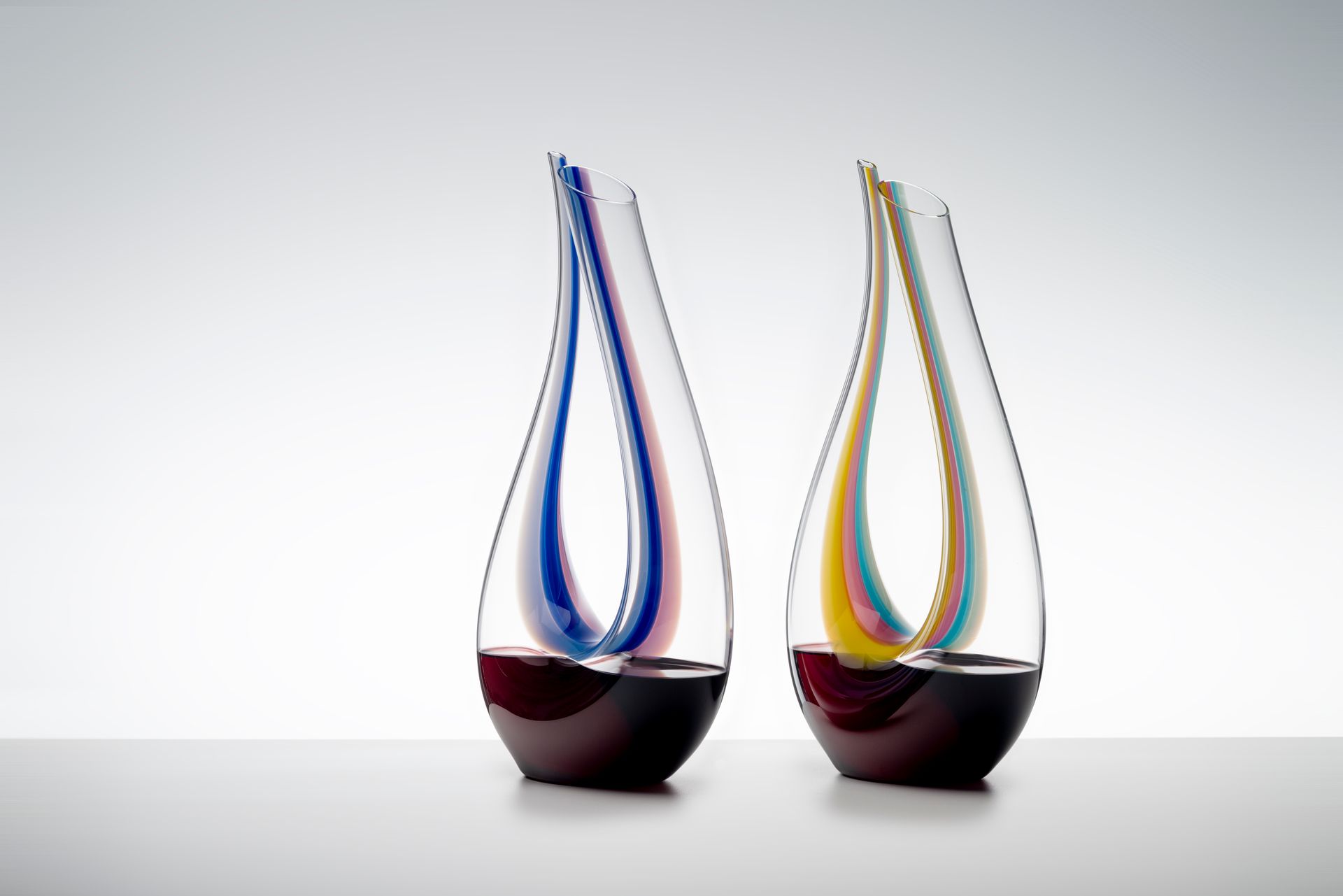
Q5: Wine and Riedel obviously go hand-in-hand and as a wine lover such as yourself, do you have any favourite bottles that are a must-have on the table?
It is very hard to pick just one! As a wine lover and glassmaker, I am always trying new and different wines. One of my favourite things in life is sharing a special bottle with my friends and family. I am especially interested in older wines, the ageing process fascinates me.
Q6: Riedel produces some of the most spectacular decanters I have ever seen, can you tell us more about the development process and how you envisage new concepts and designs?
We believe that wines are still decanted too rarely. Traditionally, only mature red wines were decanted in order to separate the wine from sediment and to gently aerate the wine after years spent in the bottle. A wine 10 years or older is typically considered as matured.
However young red wines also benefit from decanting, as the aeration makes them smoother and rounder, speeding up the ageing process. We should decant younger wines (younger than 10 years) to open up aromas and flavours, revealing more complexity. It is typically thought that only red wines benefit from decanting, but the rules are based less on colour and more on age and structure. Simply put, any wine that would benefit from ageing can be decanted. That includes red wines, white wines and even champagne. Decanted wine shows more expression on the palate and, in the case of reds, better integrates and smooths out tannins.
With our decanters we have more flexibility to be creative with colour and shape, which you can see in our amazing range of handmade options. We have invented a collection of crystal wine decanters that feature a double aeration function. They actively aerate as you are pouring wine, not only when you first decant the bottle into the piece. For this reason, they are incredibly functional for young wines, as their air pockets create a vacuum that pops oxygen into the wine.
Our series of Snake decanters are the perfect instruments for the enjoyment of young wine and add incredible theatre to your dining setting. As with all RIEDEL pieces, they combine spectacular design with excellent functionality, which makes decanting an enjoyable part of the wine experience!
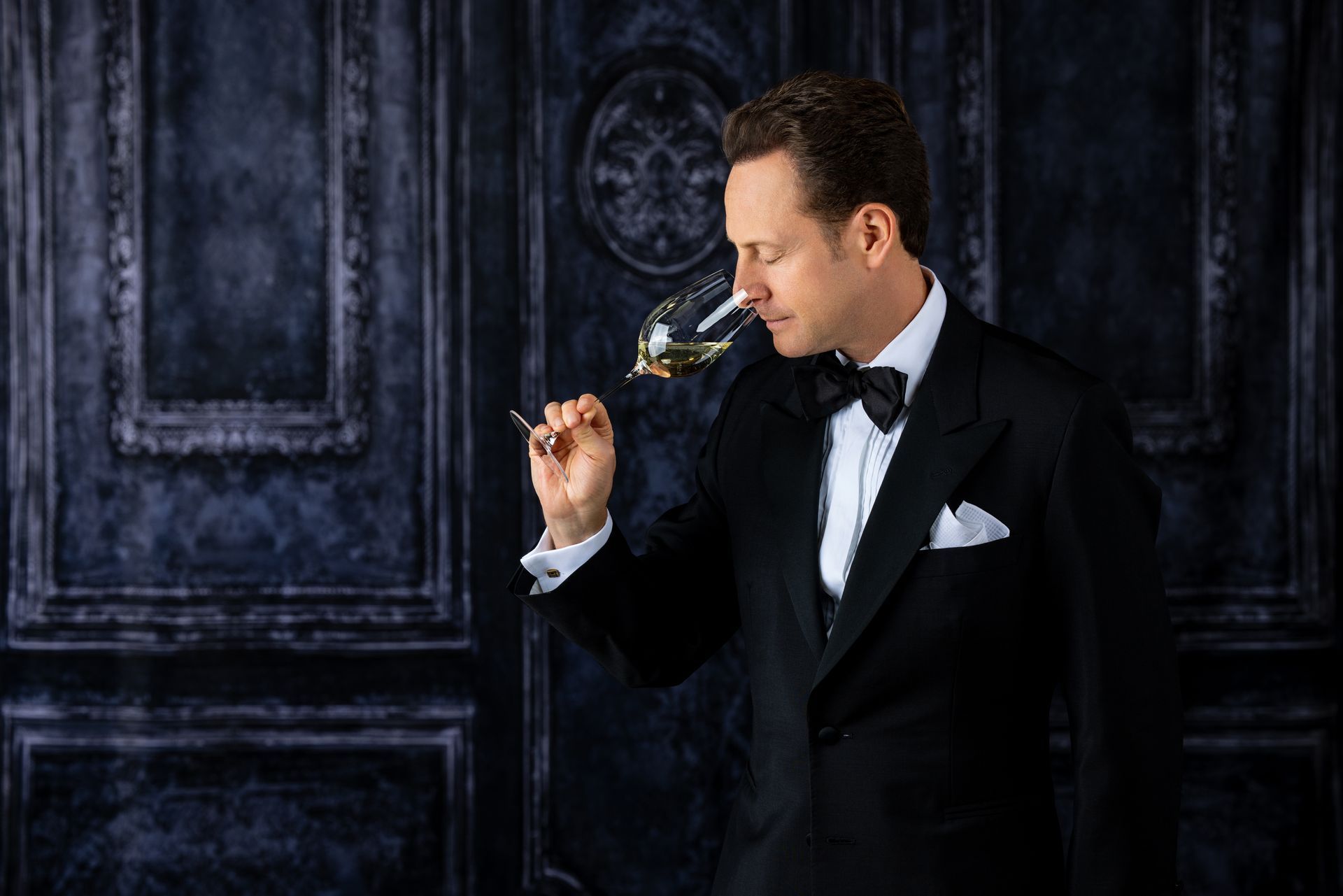
Q7: Following on from that last question, why should we all have a decanter in our home? How does it impact the wine?
A functional and beautiful decanter is a must-have for wine lovers, and all of our Riedel decanters are made of fine crystal glass to honor quality wines with the treatment they deserve. Both old and young wines can benefit from decanting, whether to remove sediment or make them smoother and rounder.
Q8: As the 11th-generation CEO of Riedel, how are you developing the business to pass on to the 12th generation someday?
I’m committed to honouring the legacy of my ancestors, while also challenging tradition without fear, to create products that speak to the needs of consumers of today, so that Riedel is ready to be passed onto the next generation when the time comes.
Q9: If you could give one bit of advice to anyone wanting to get into the glassware industry, what would it be?
Challenge the norm, remain true to your philosophy and remember that innovation is crucial. It is also incredibly important to keep your ear to the ground when it comes to consumers' thoughts, feedback and preferences.
